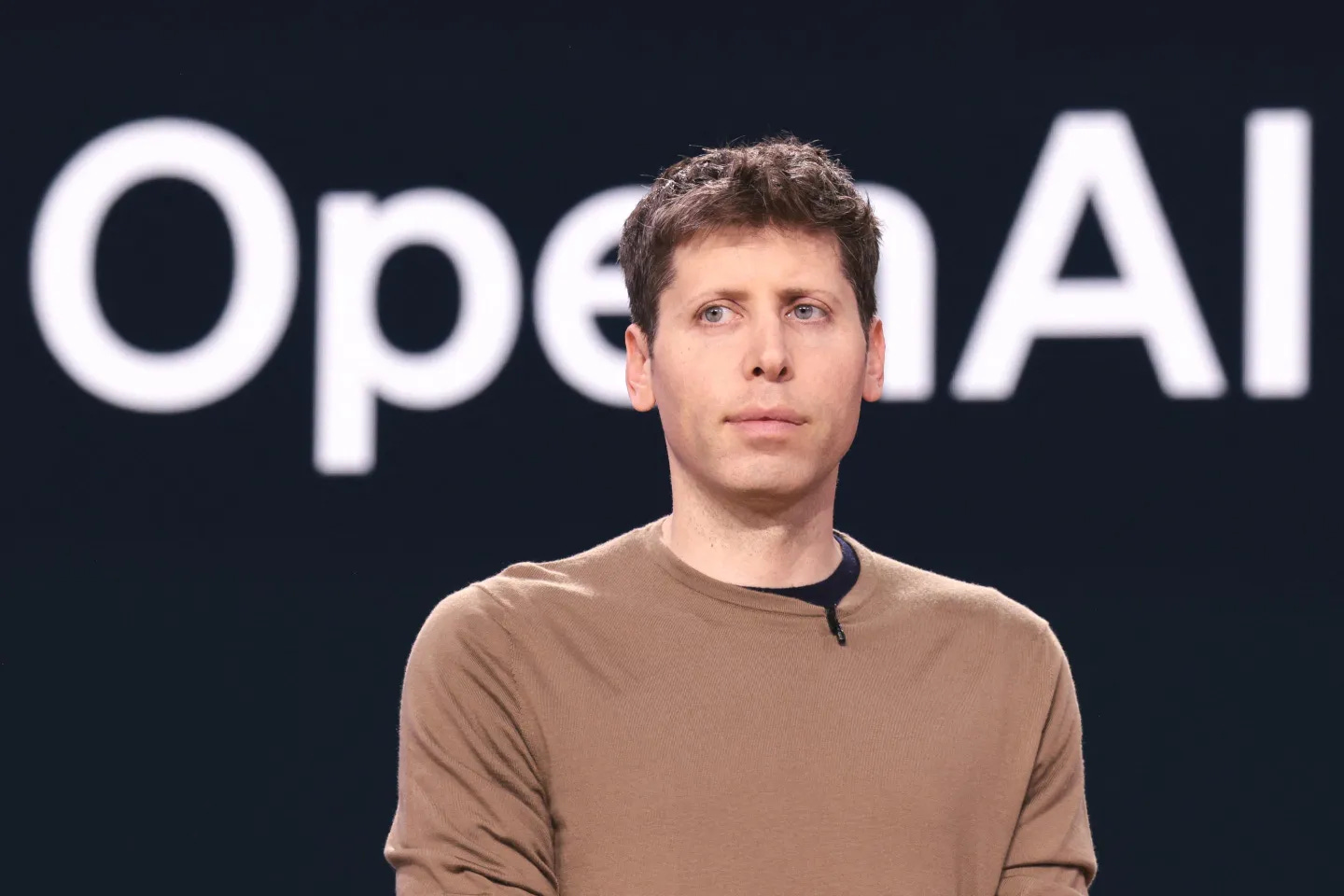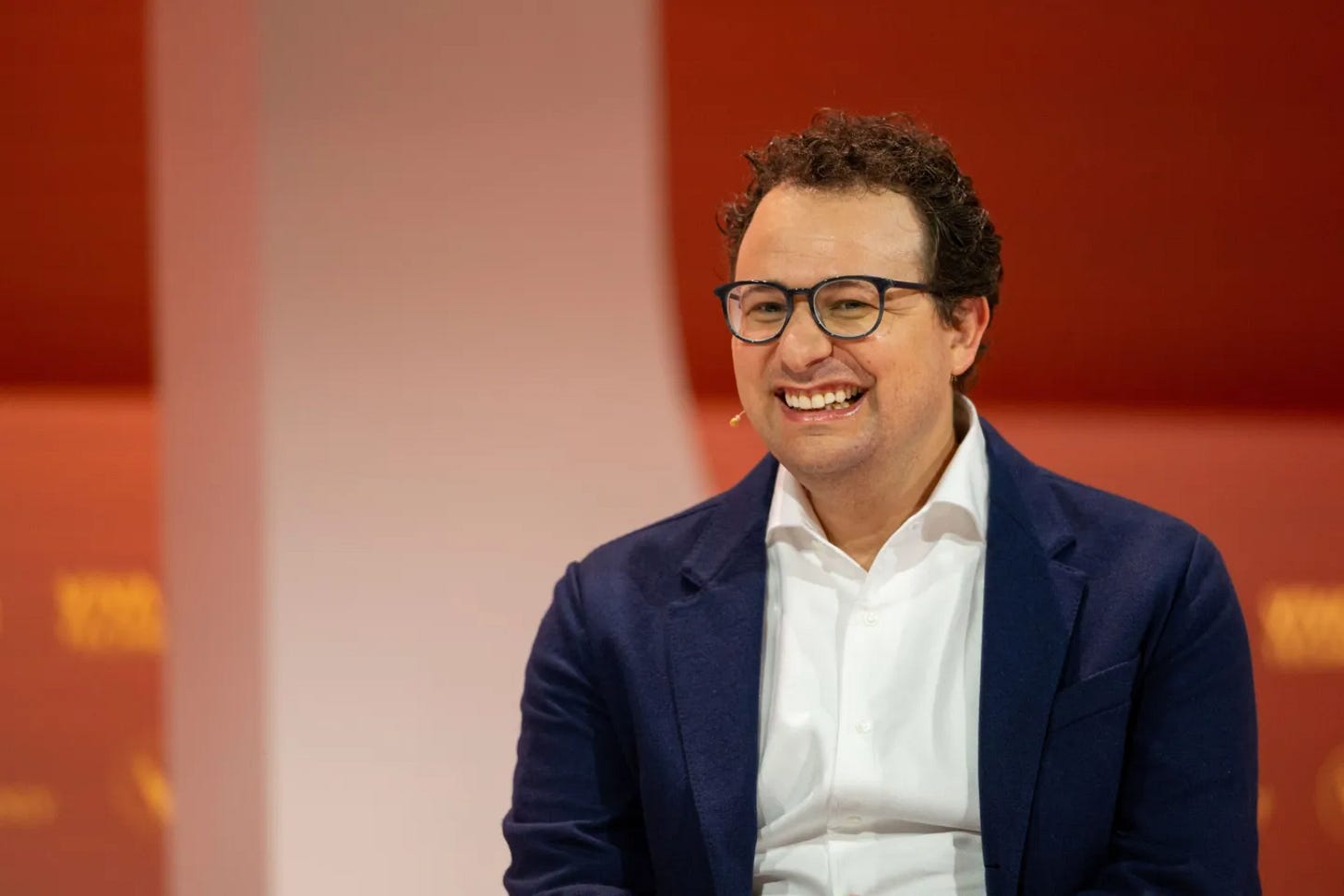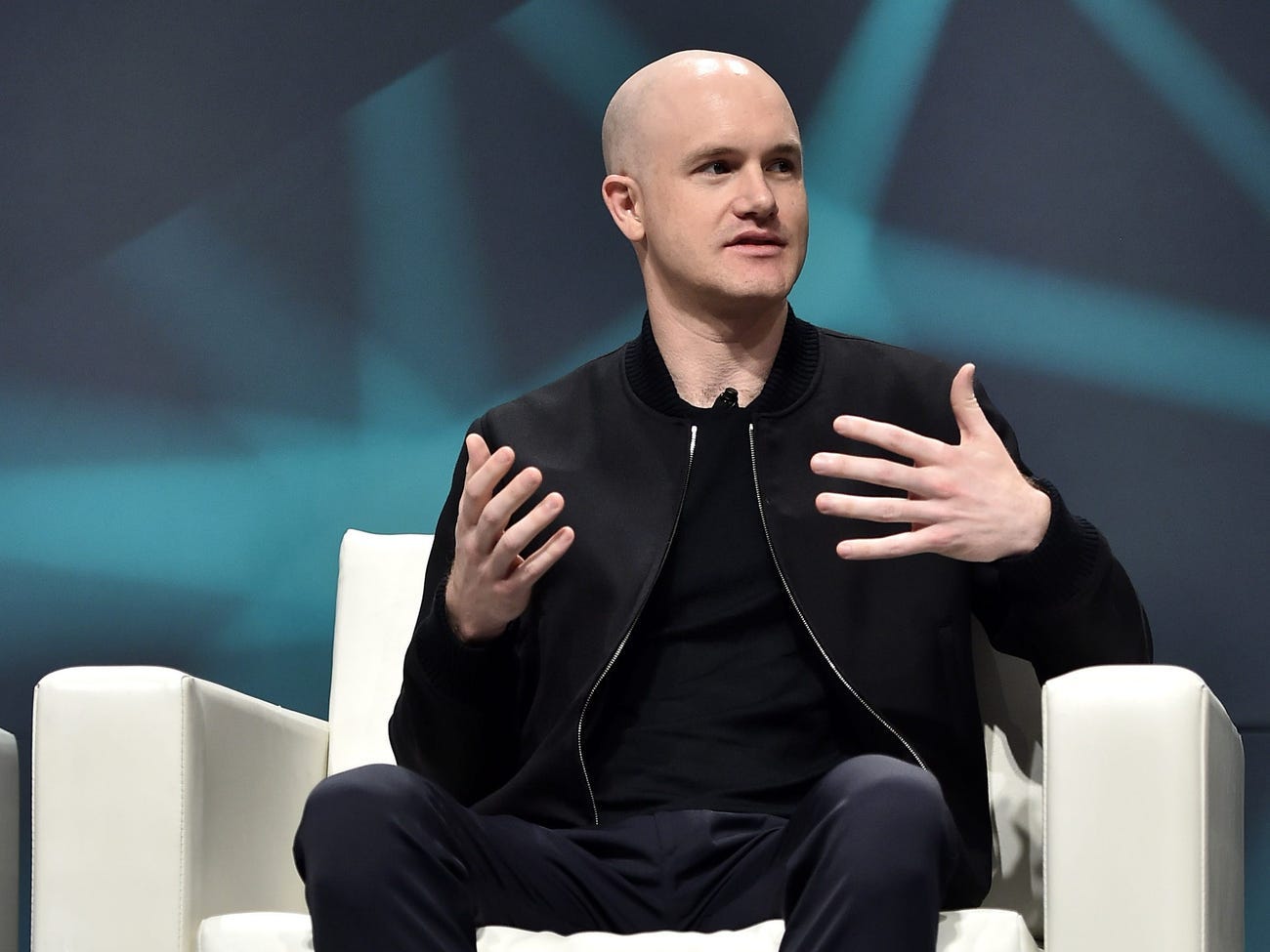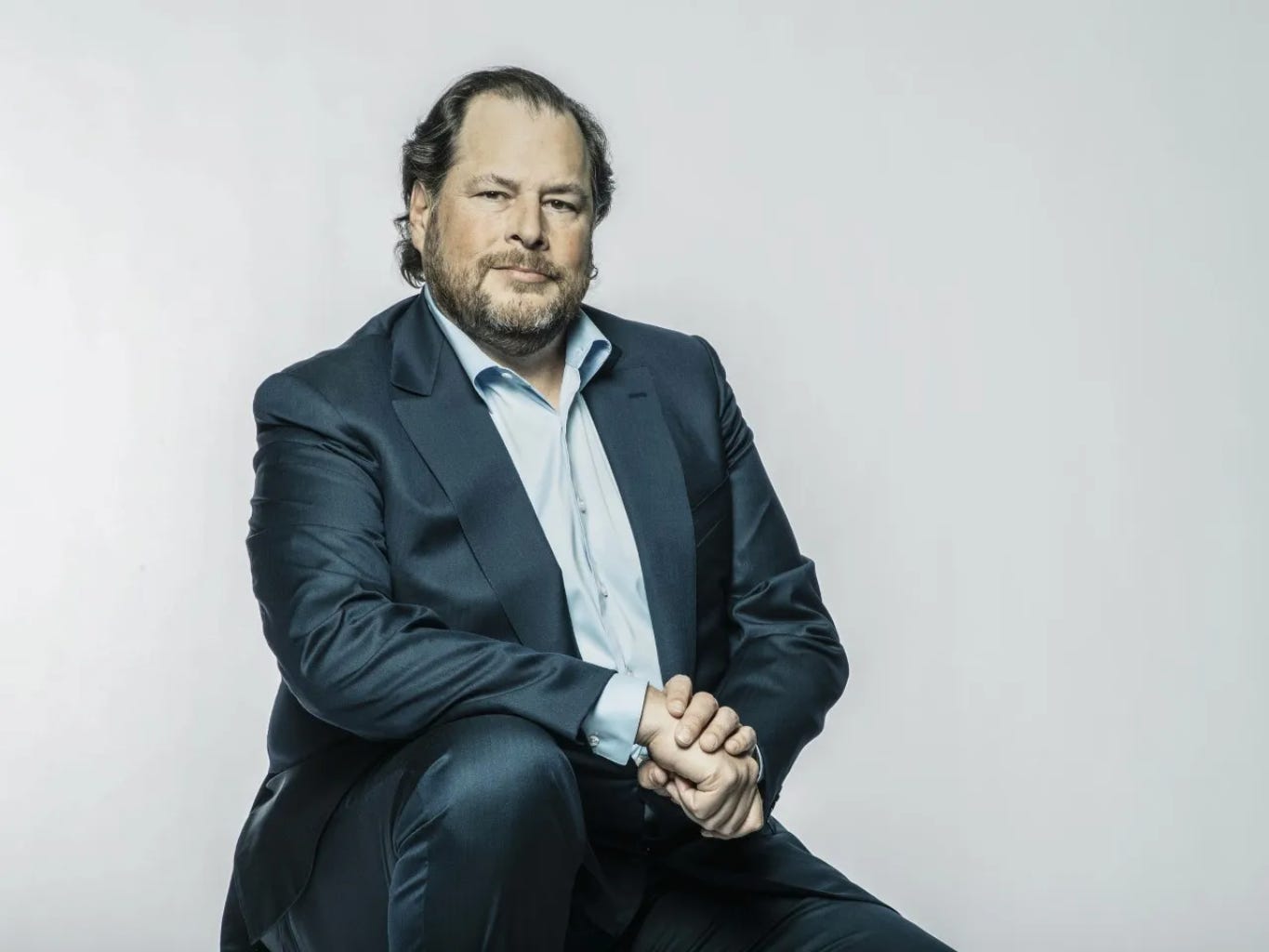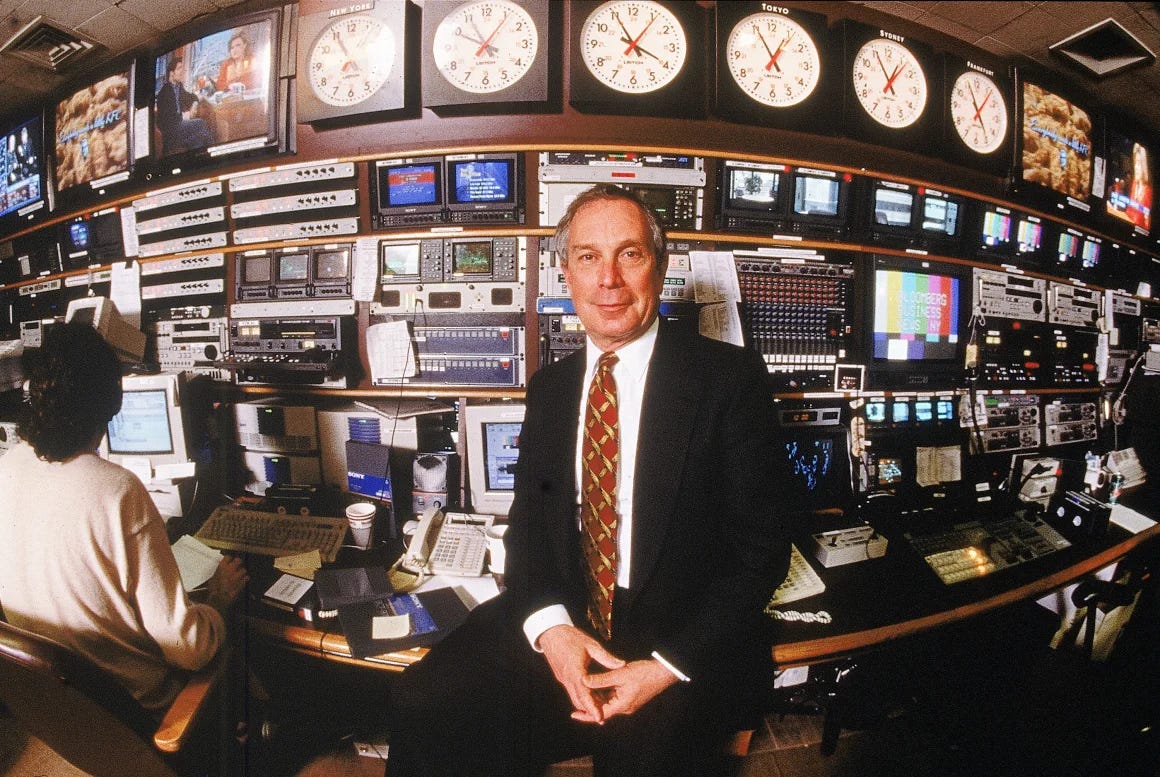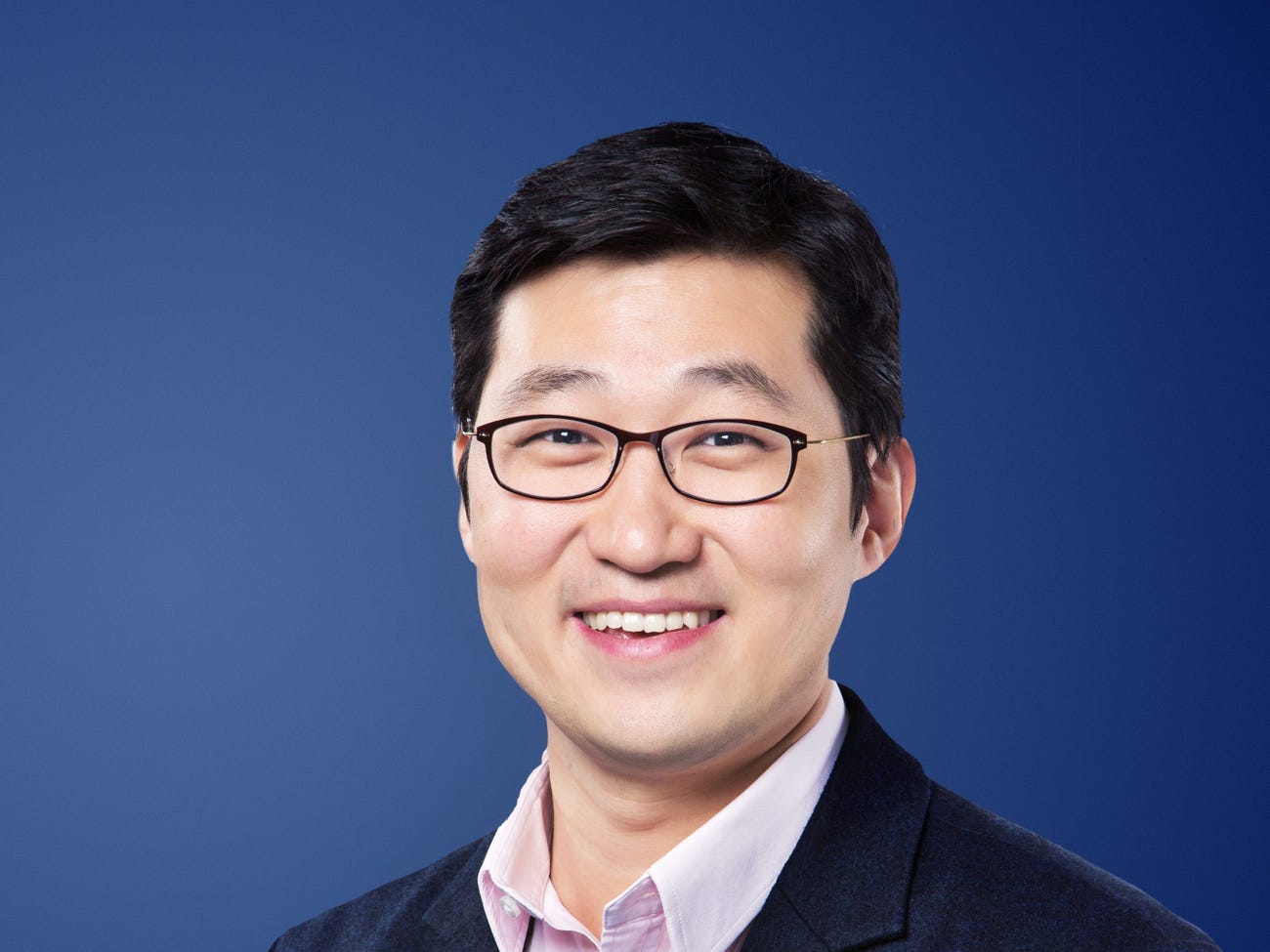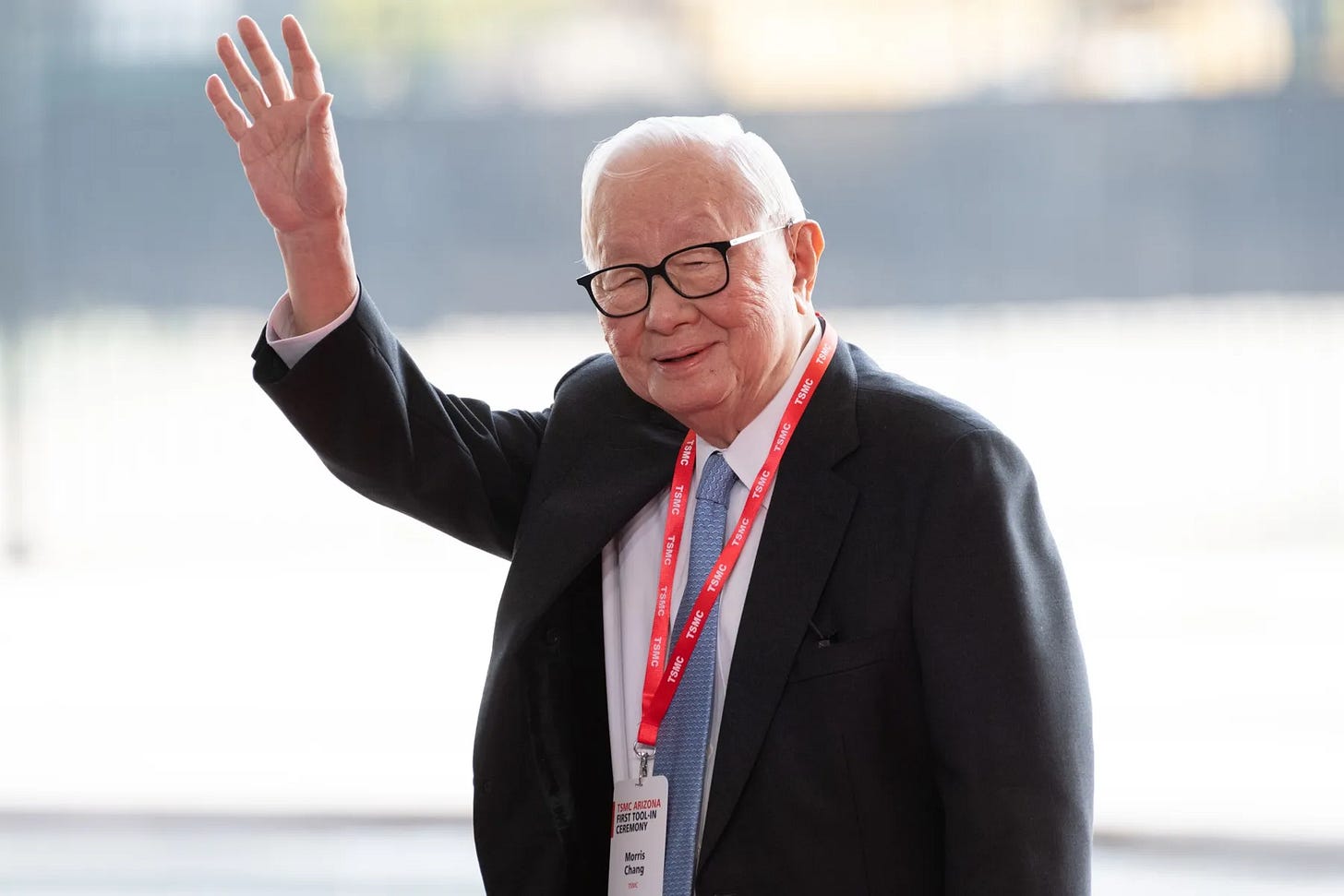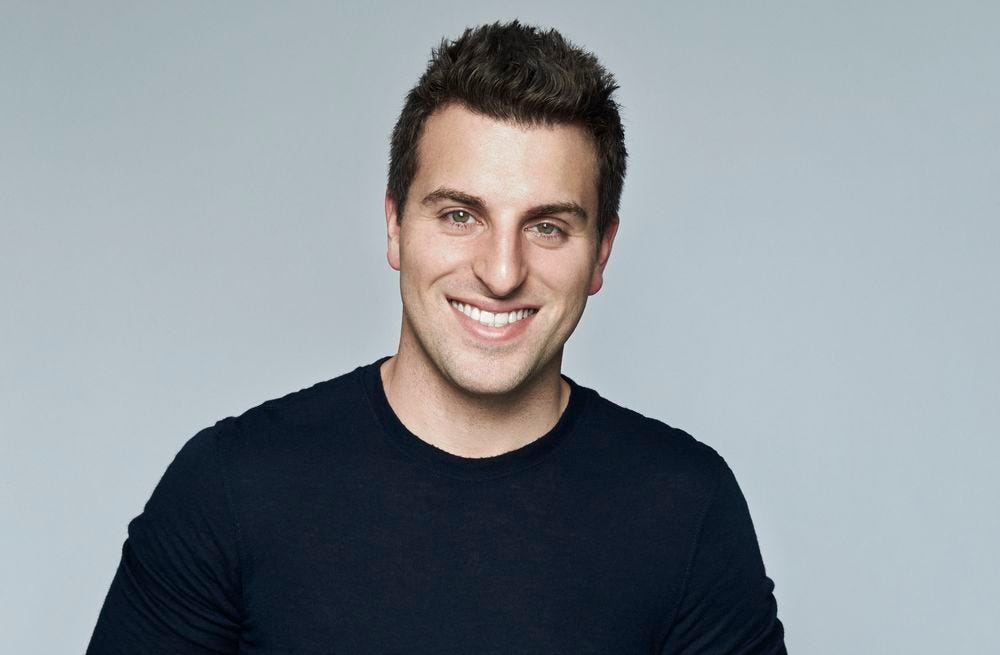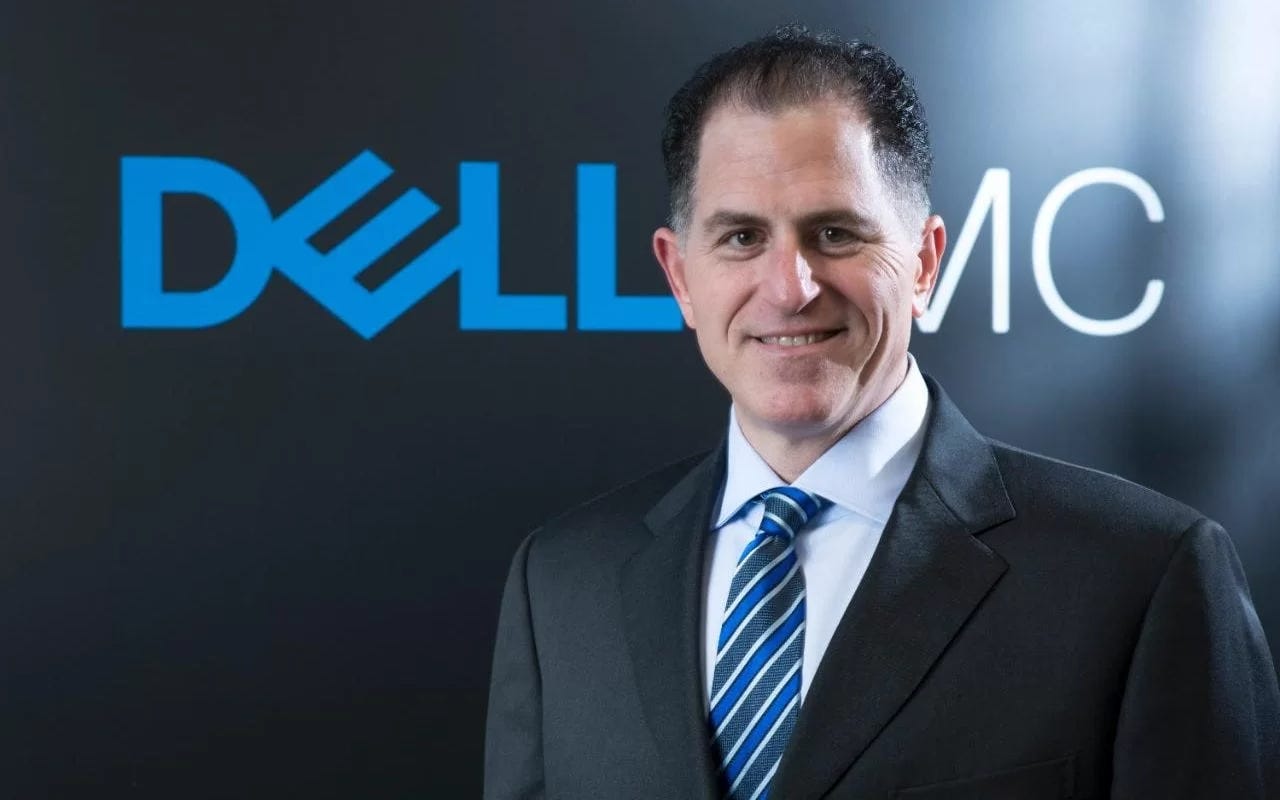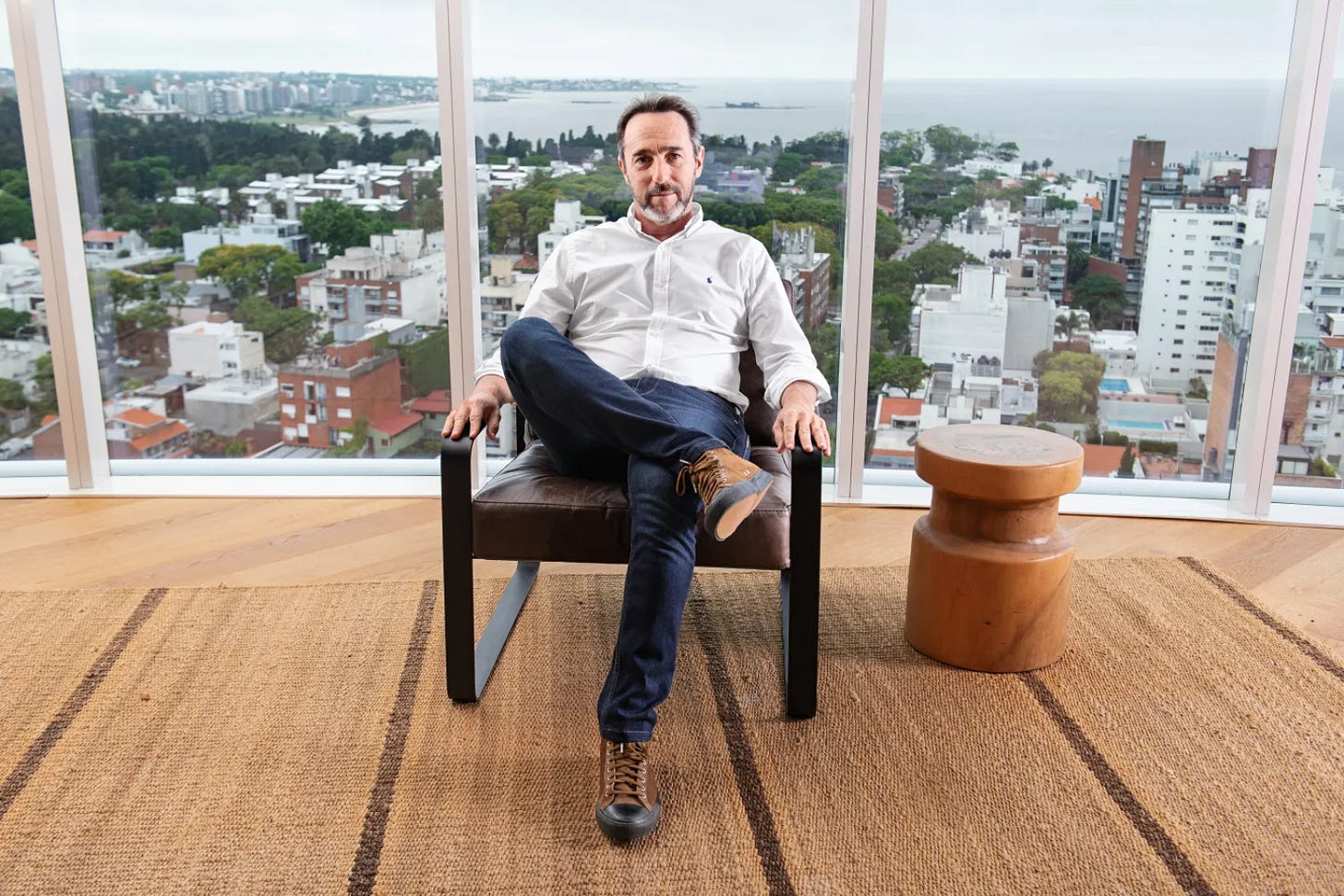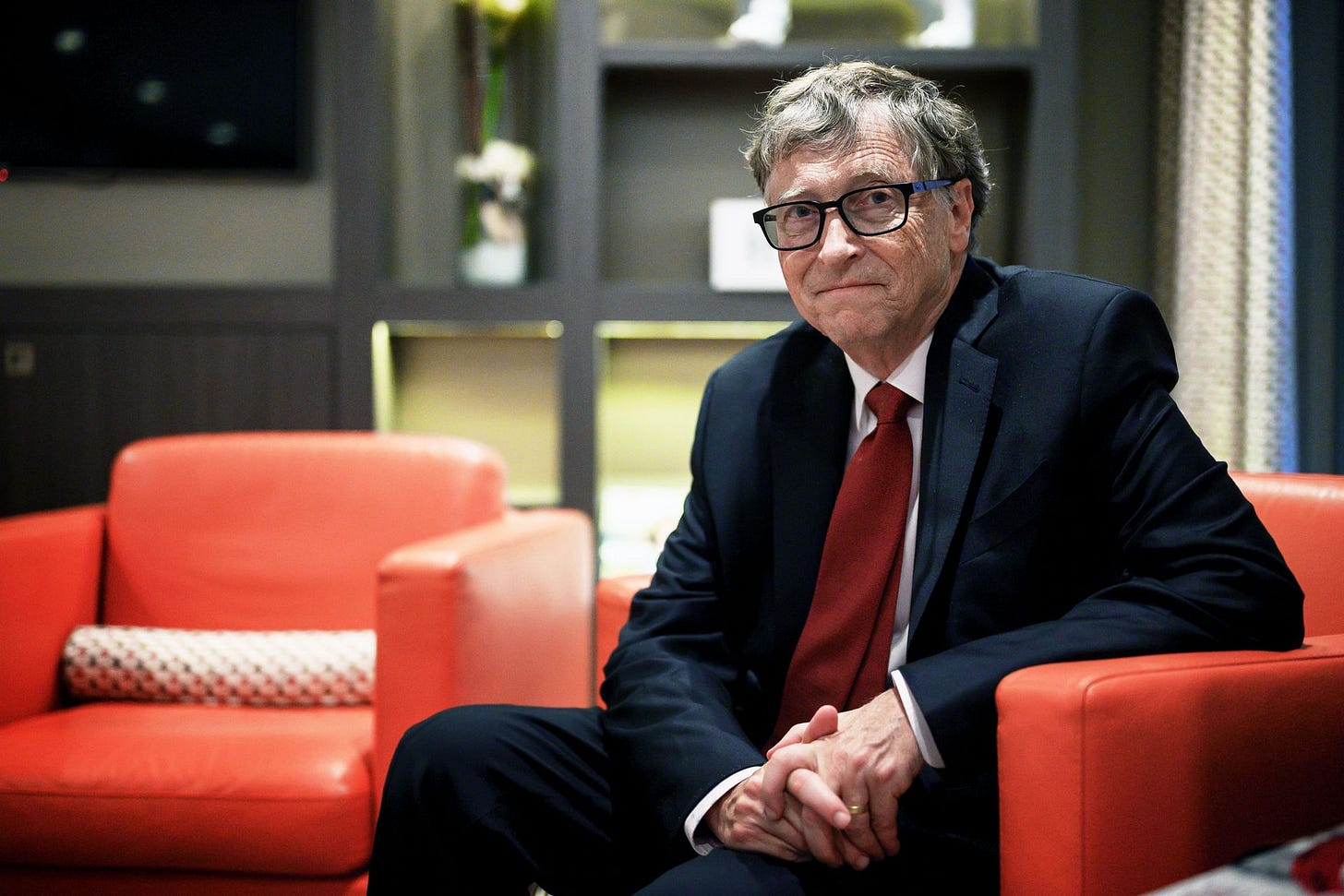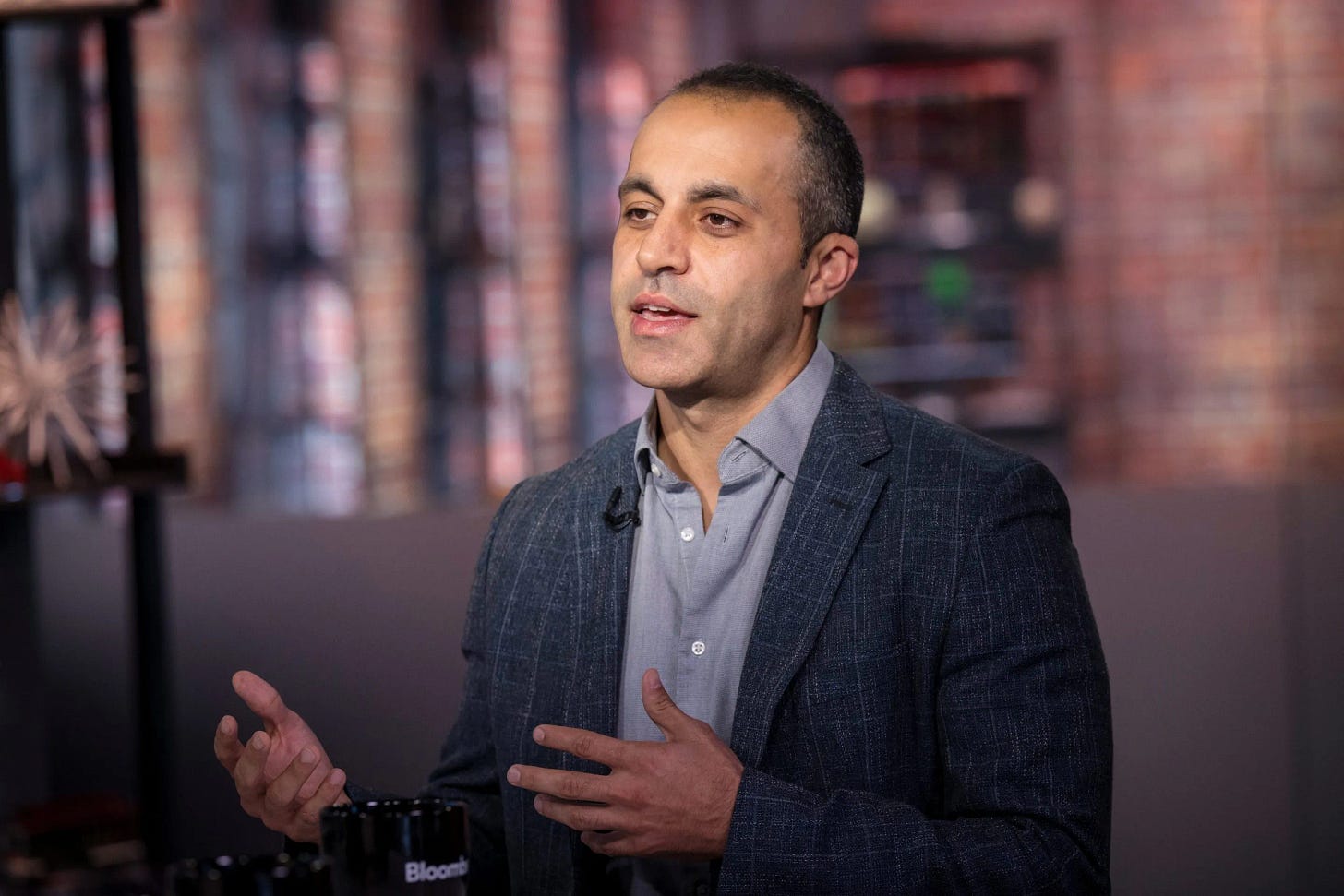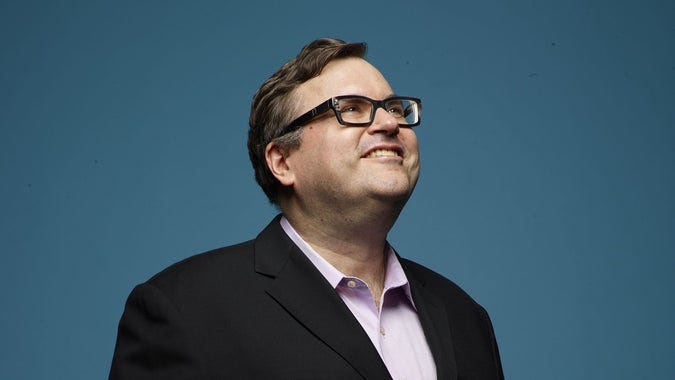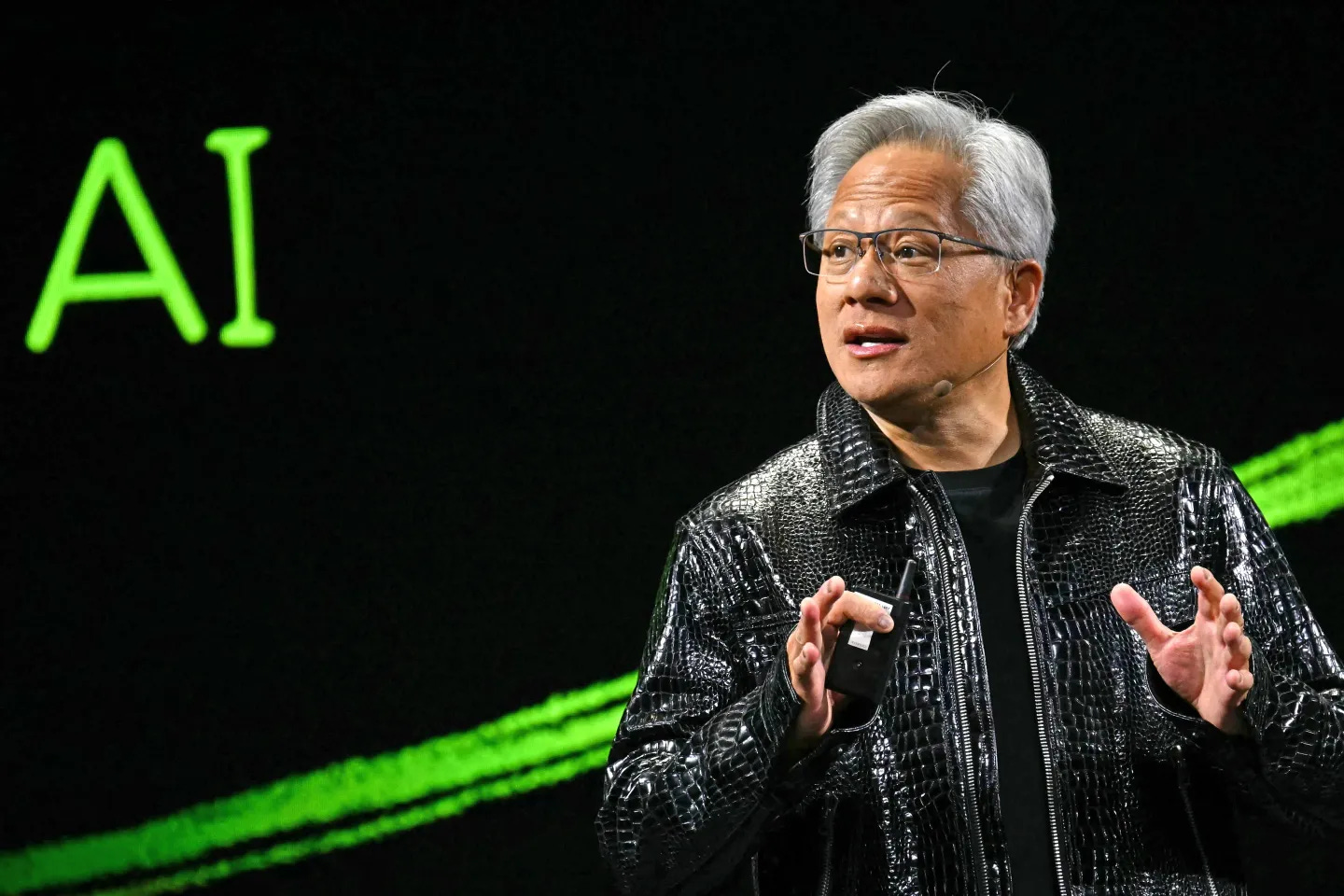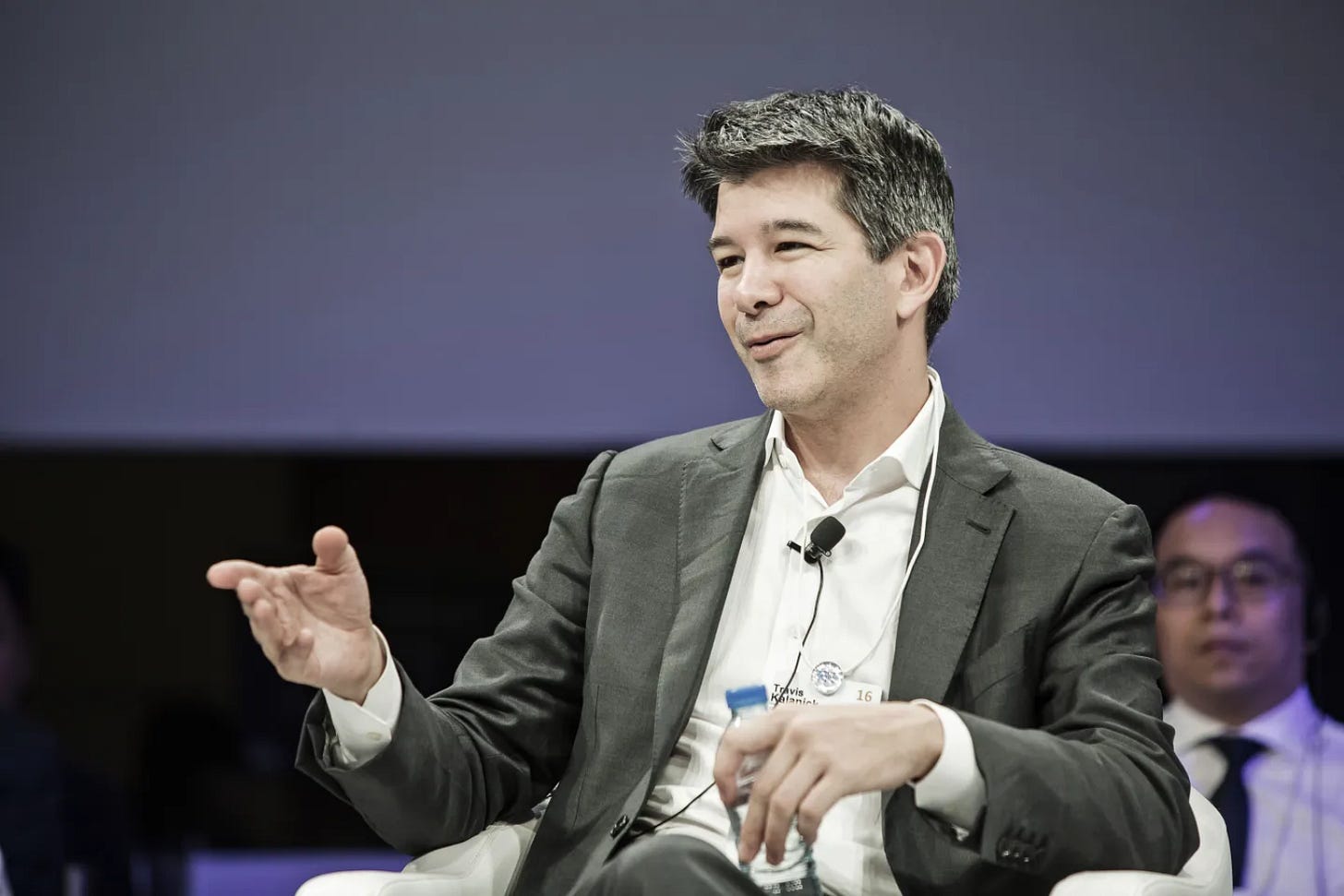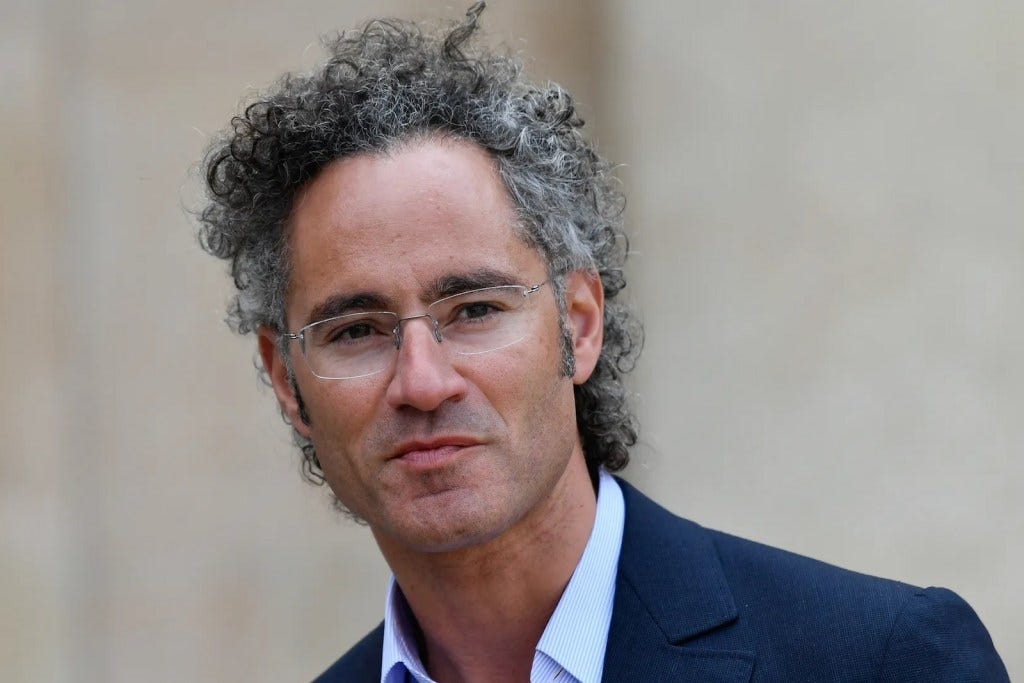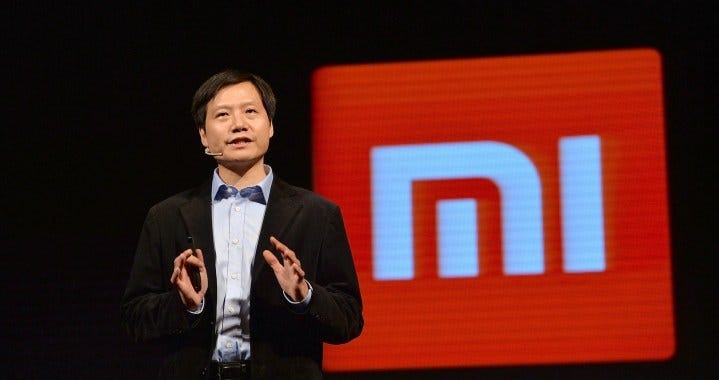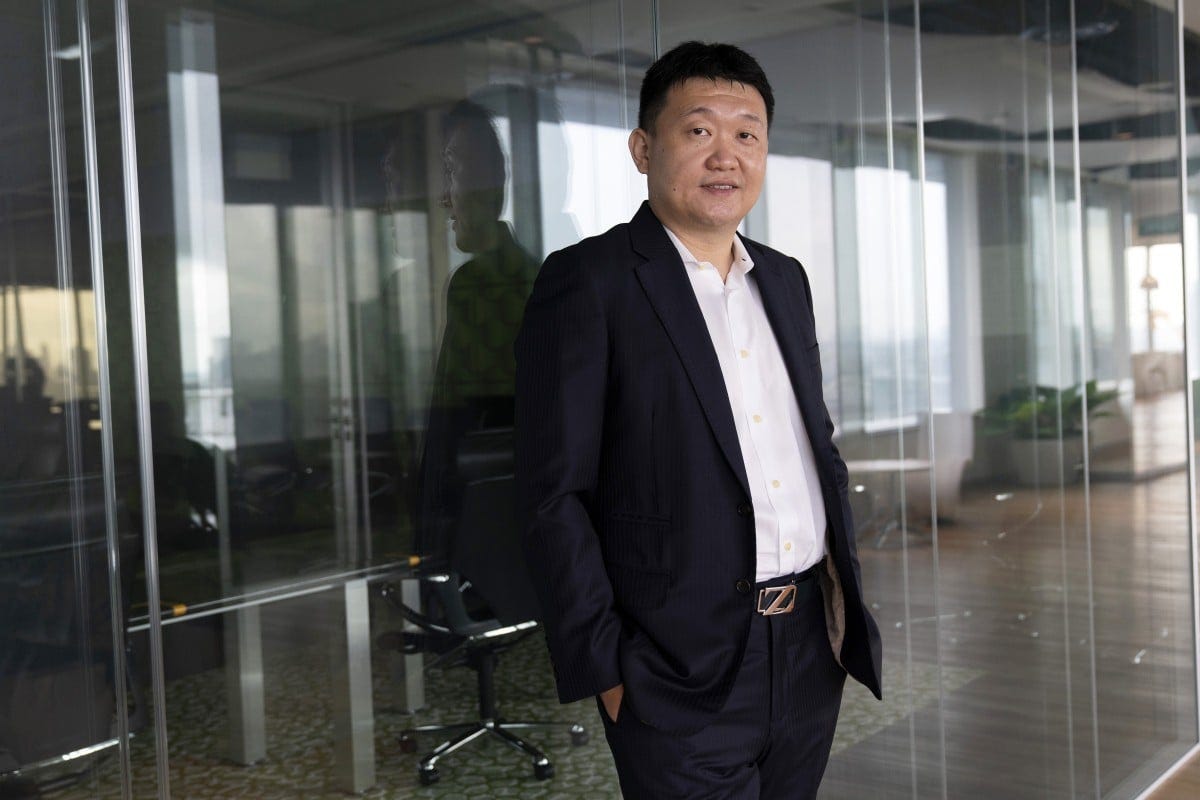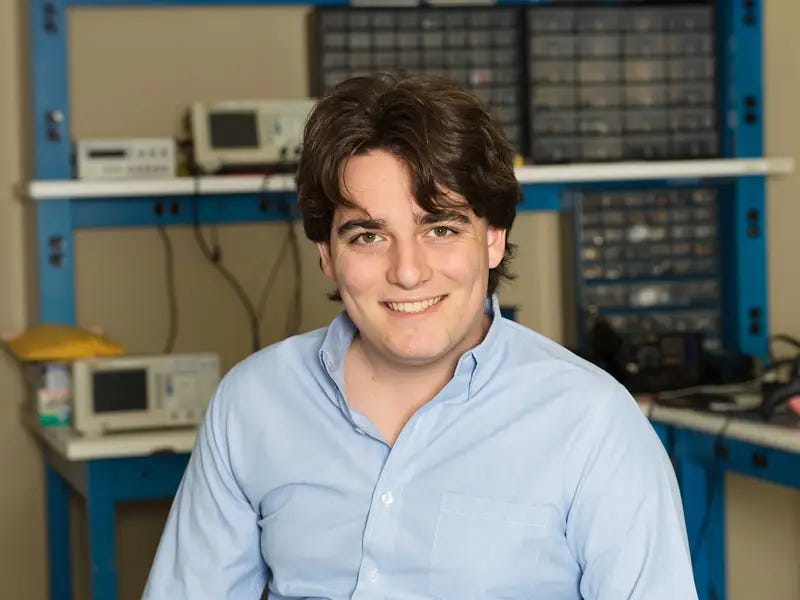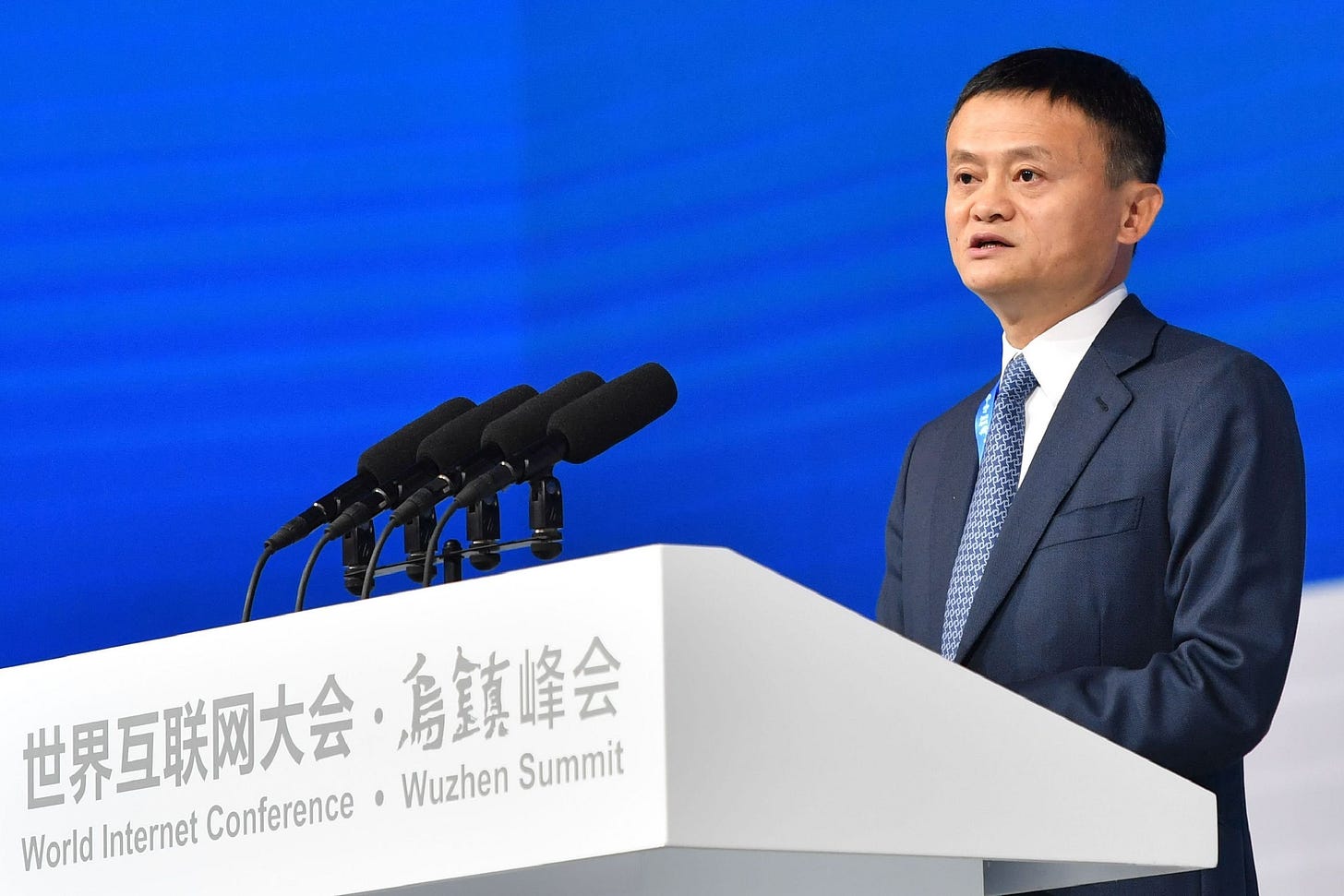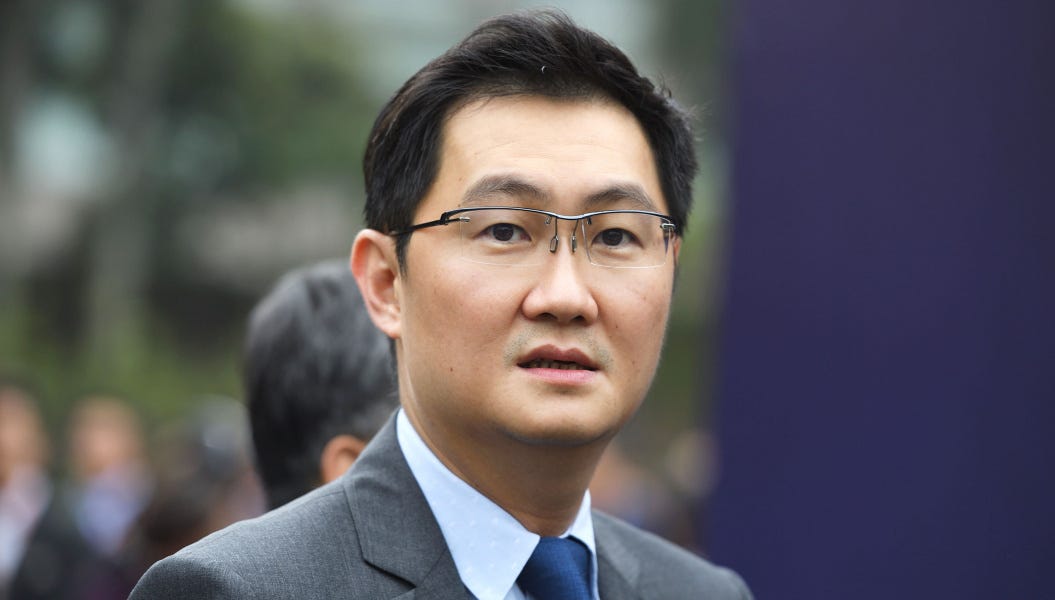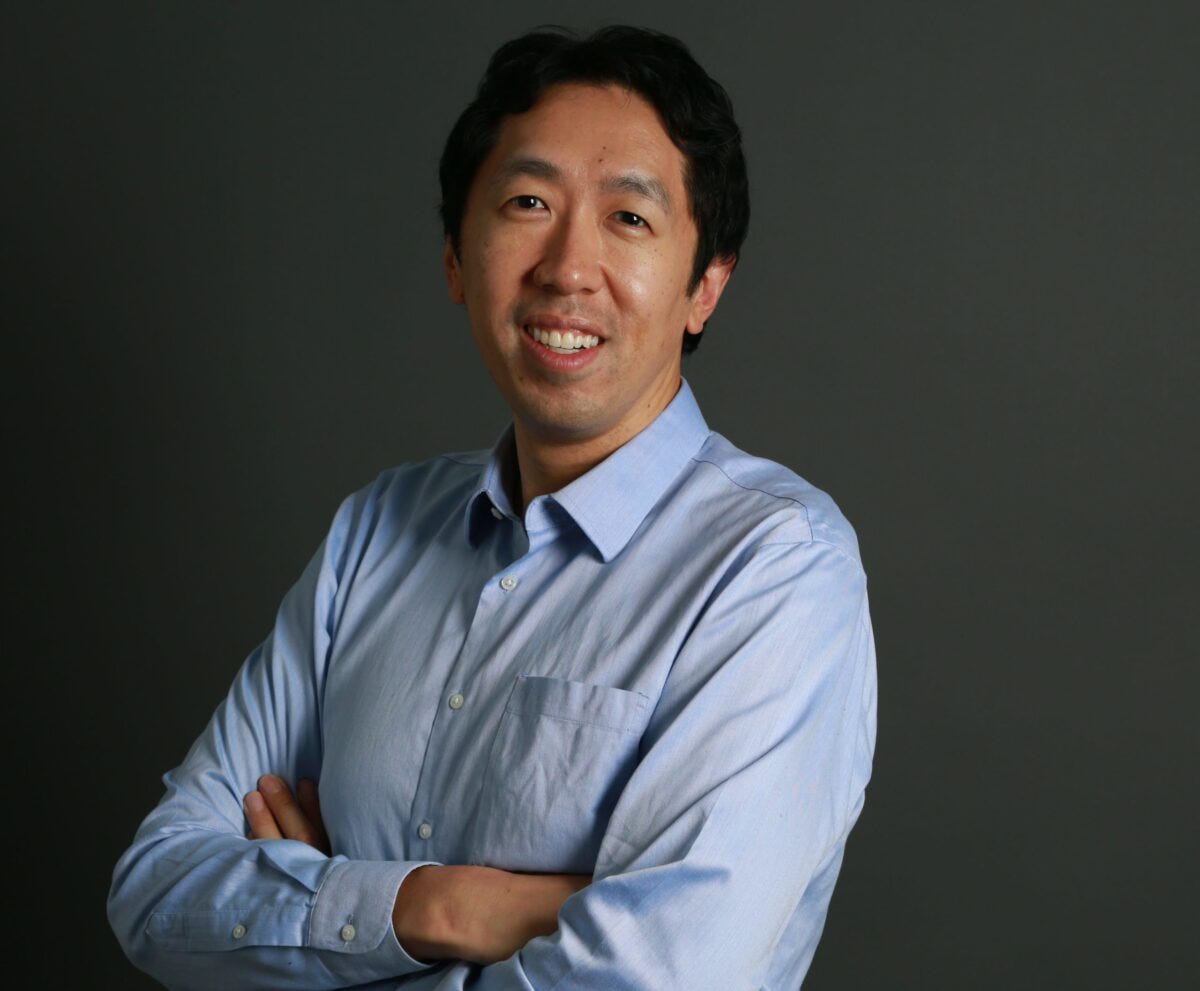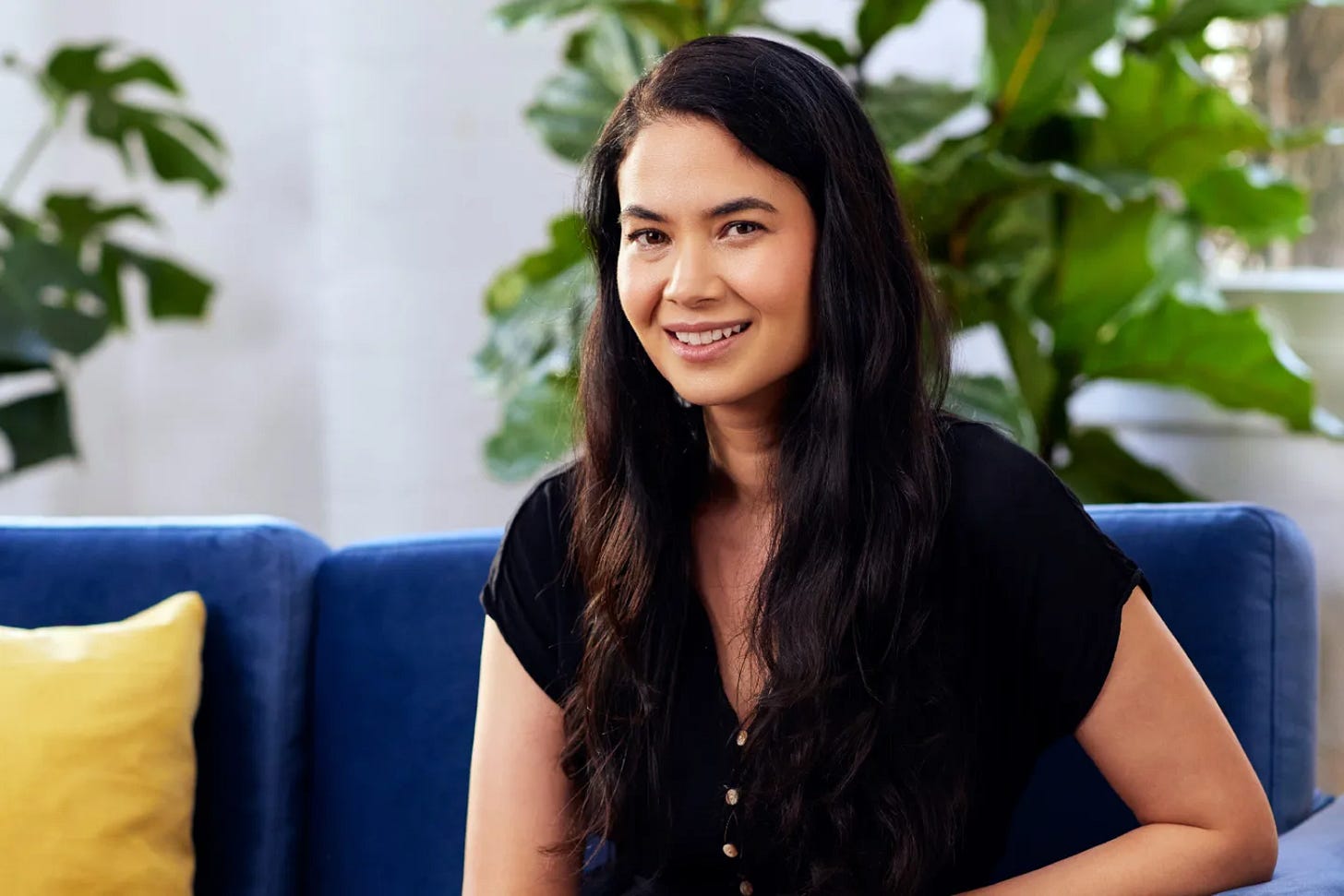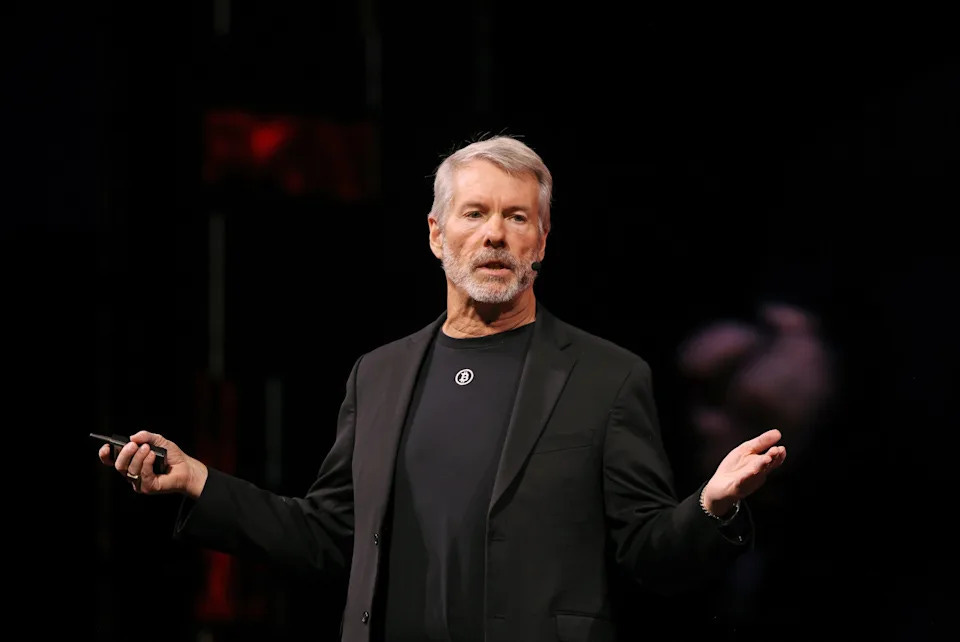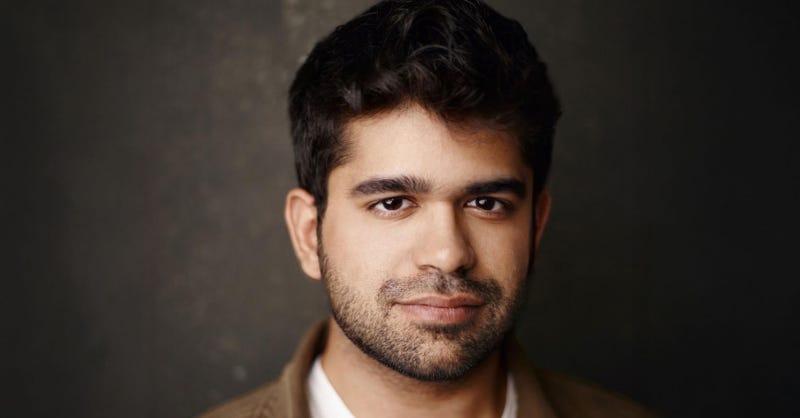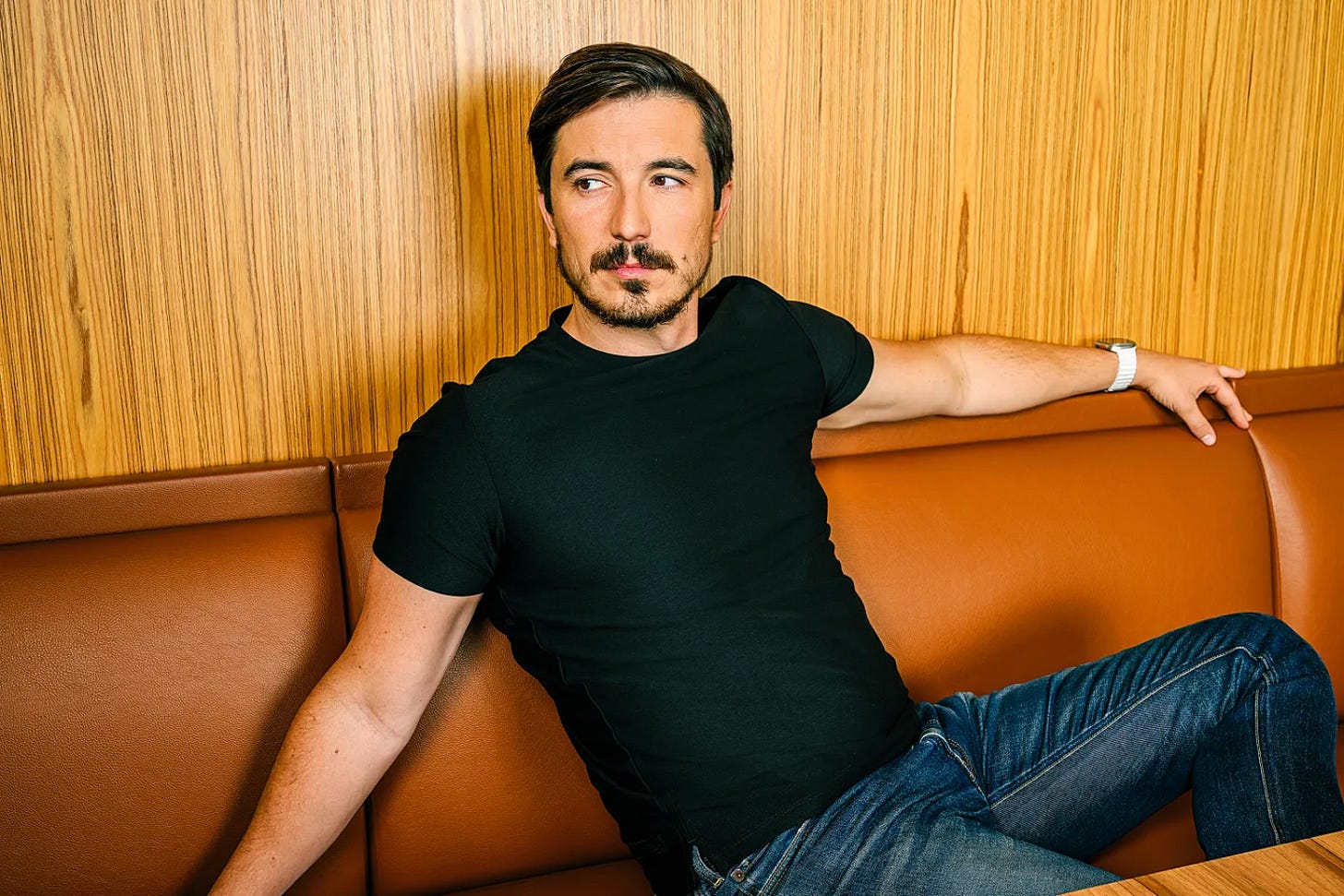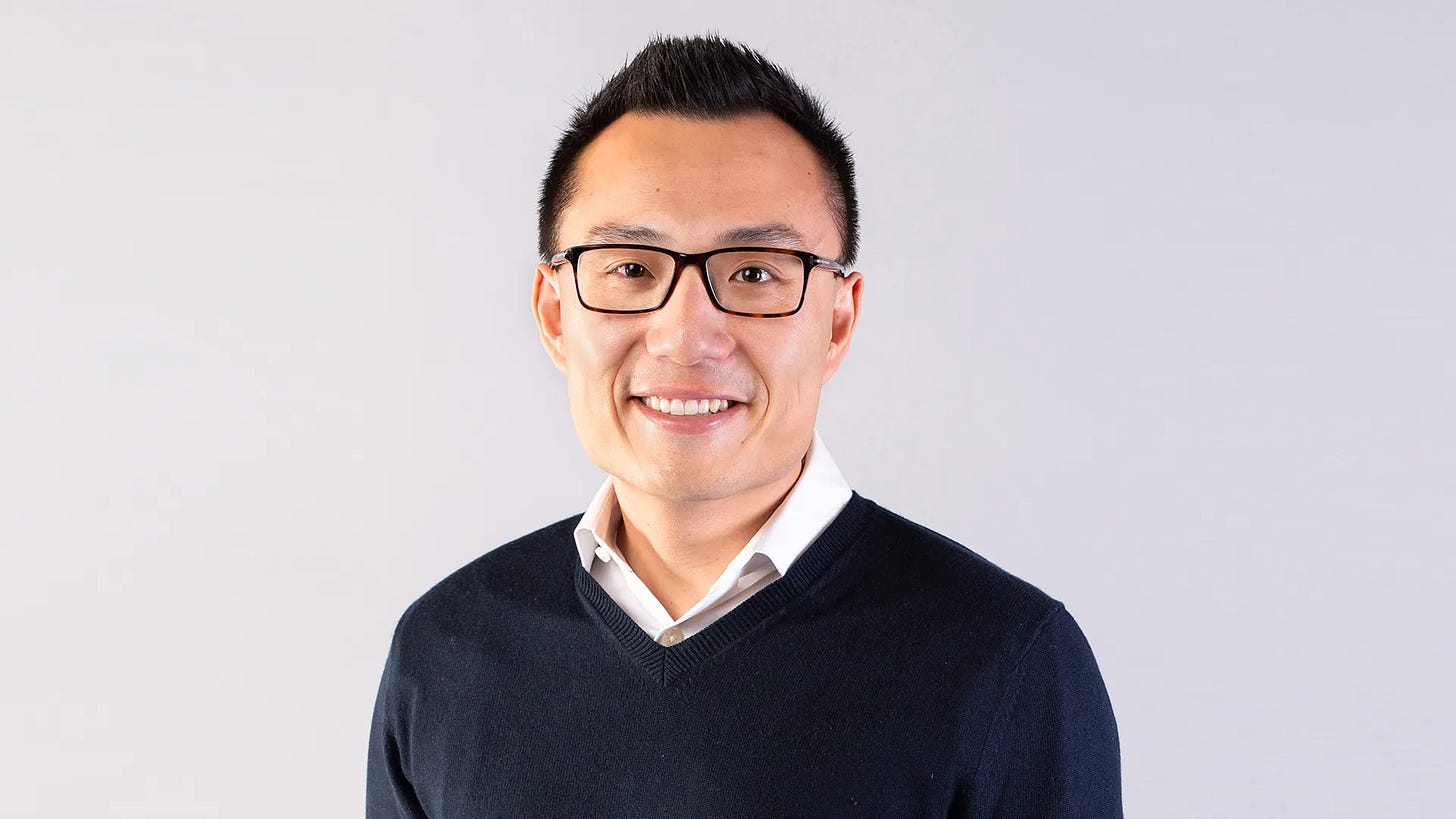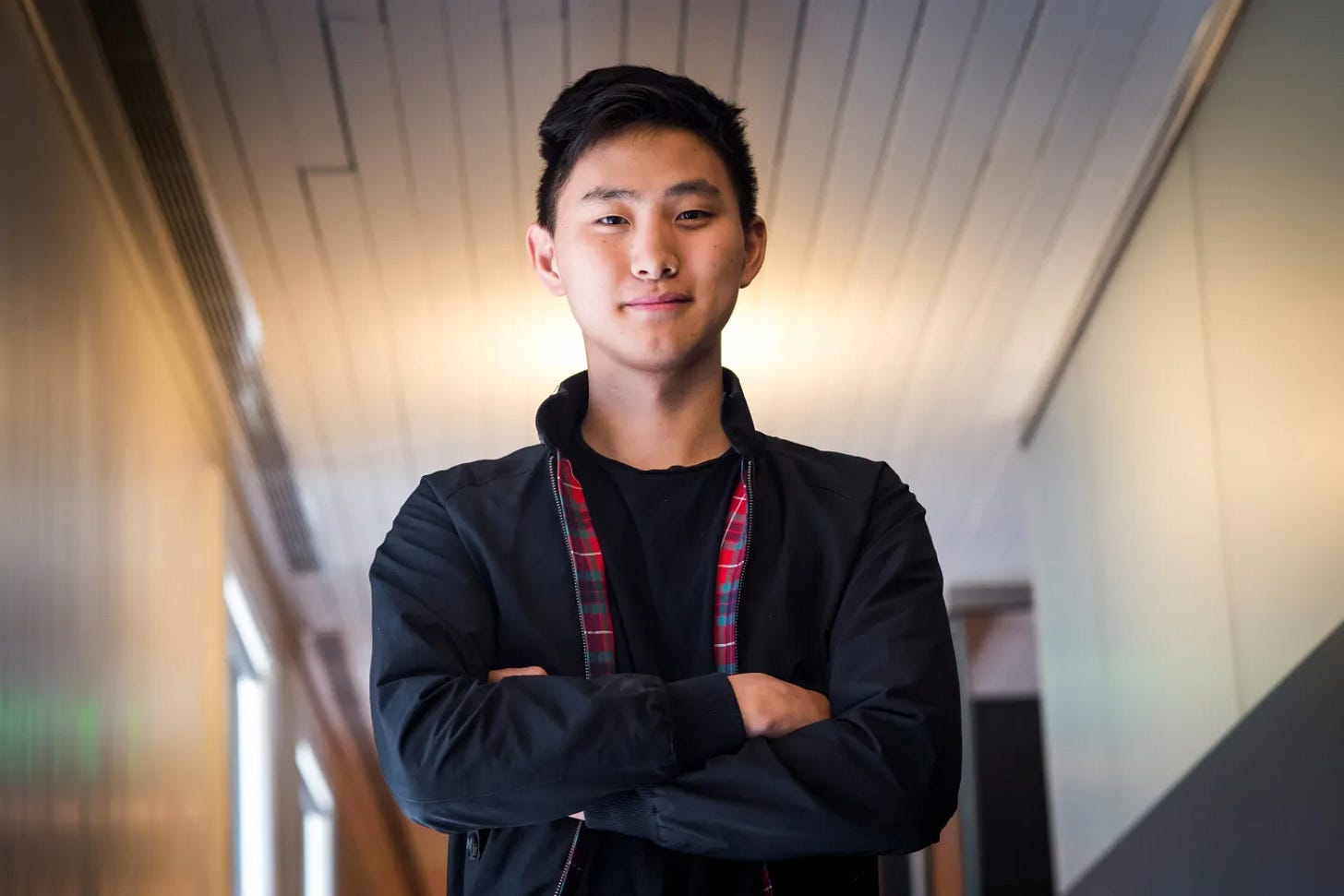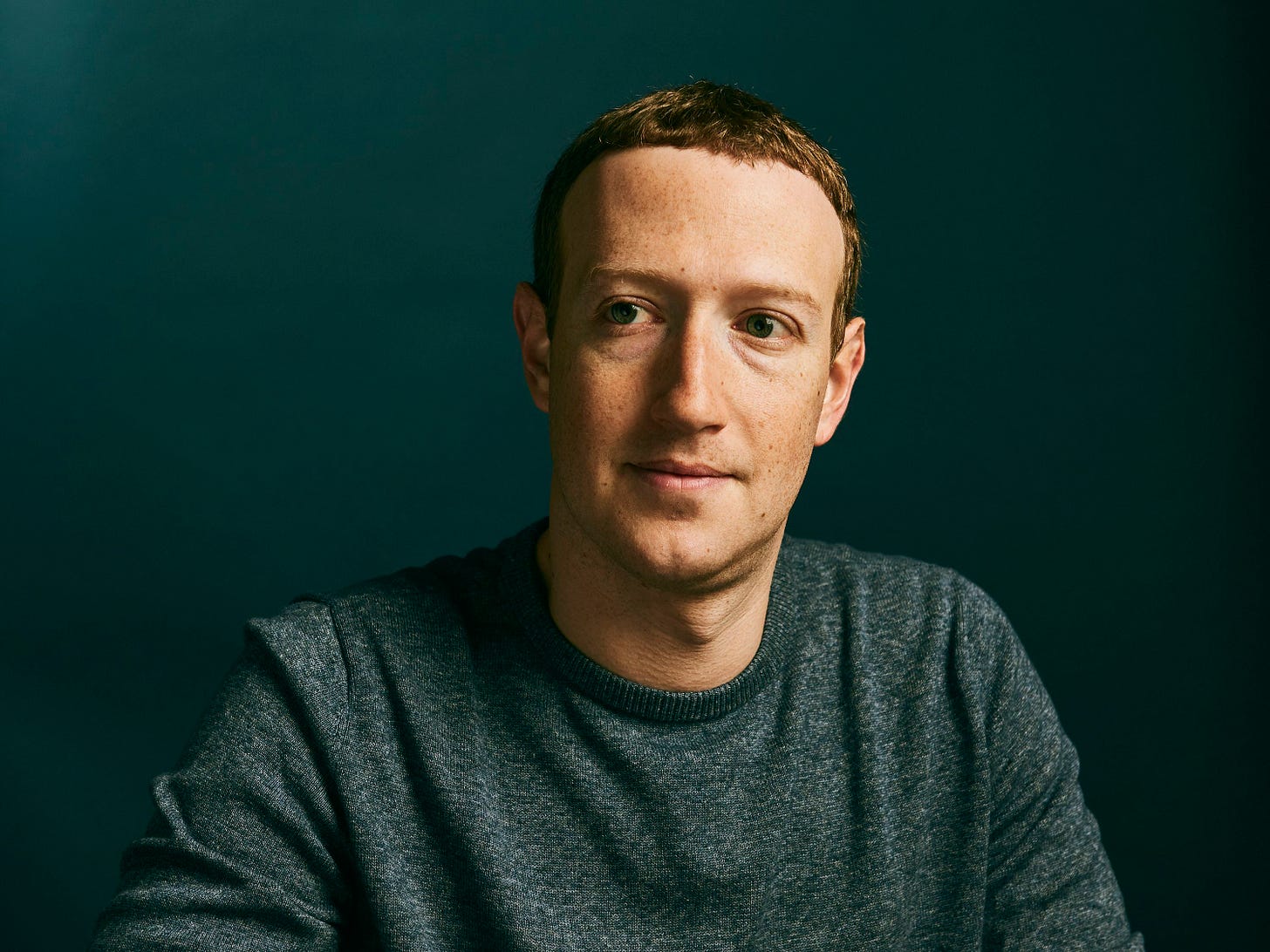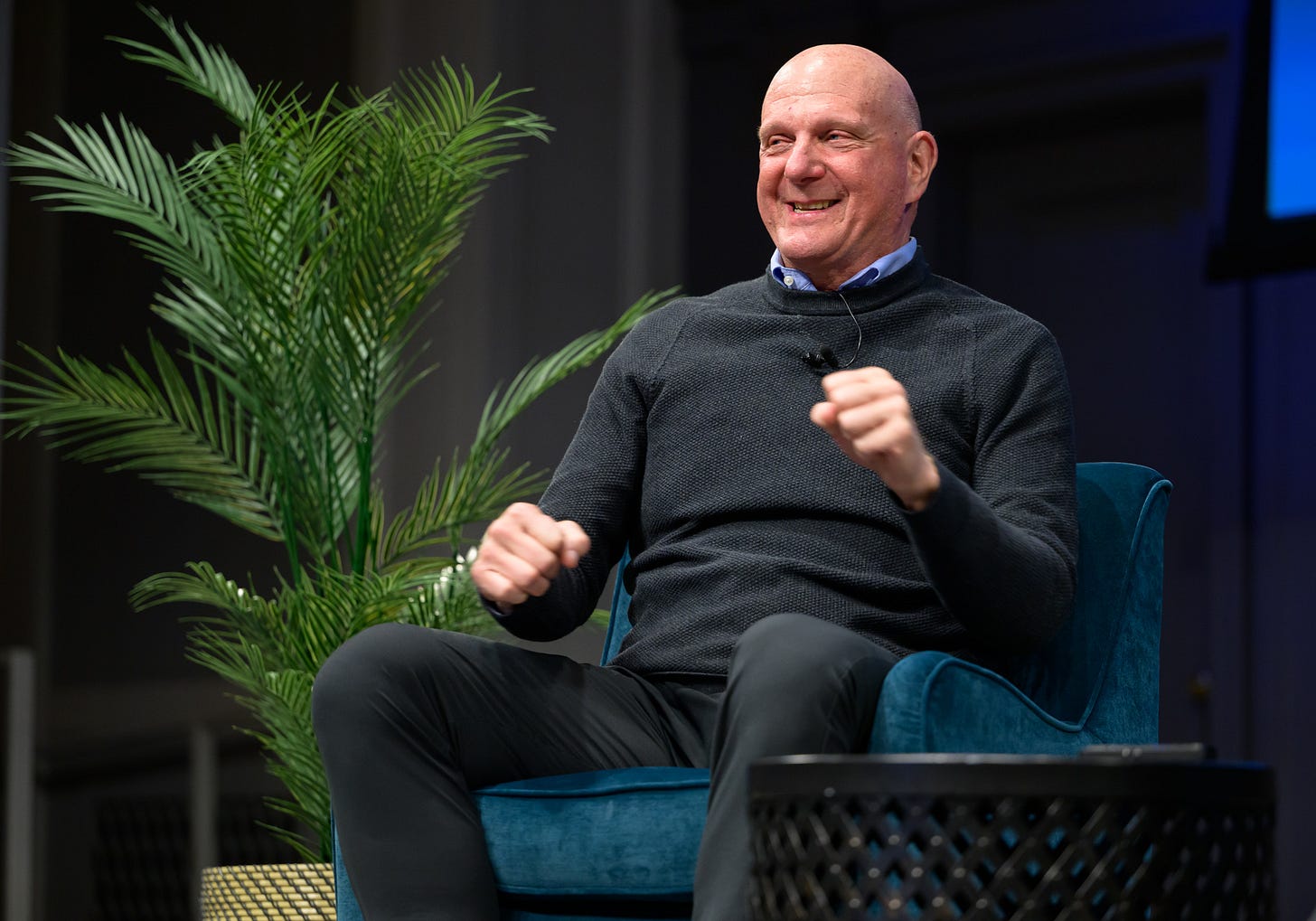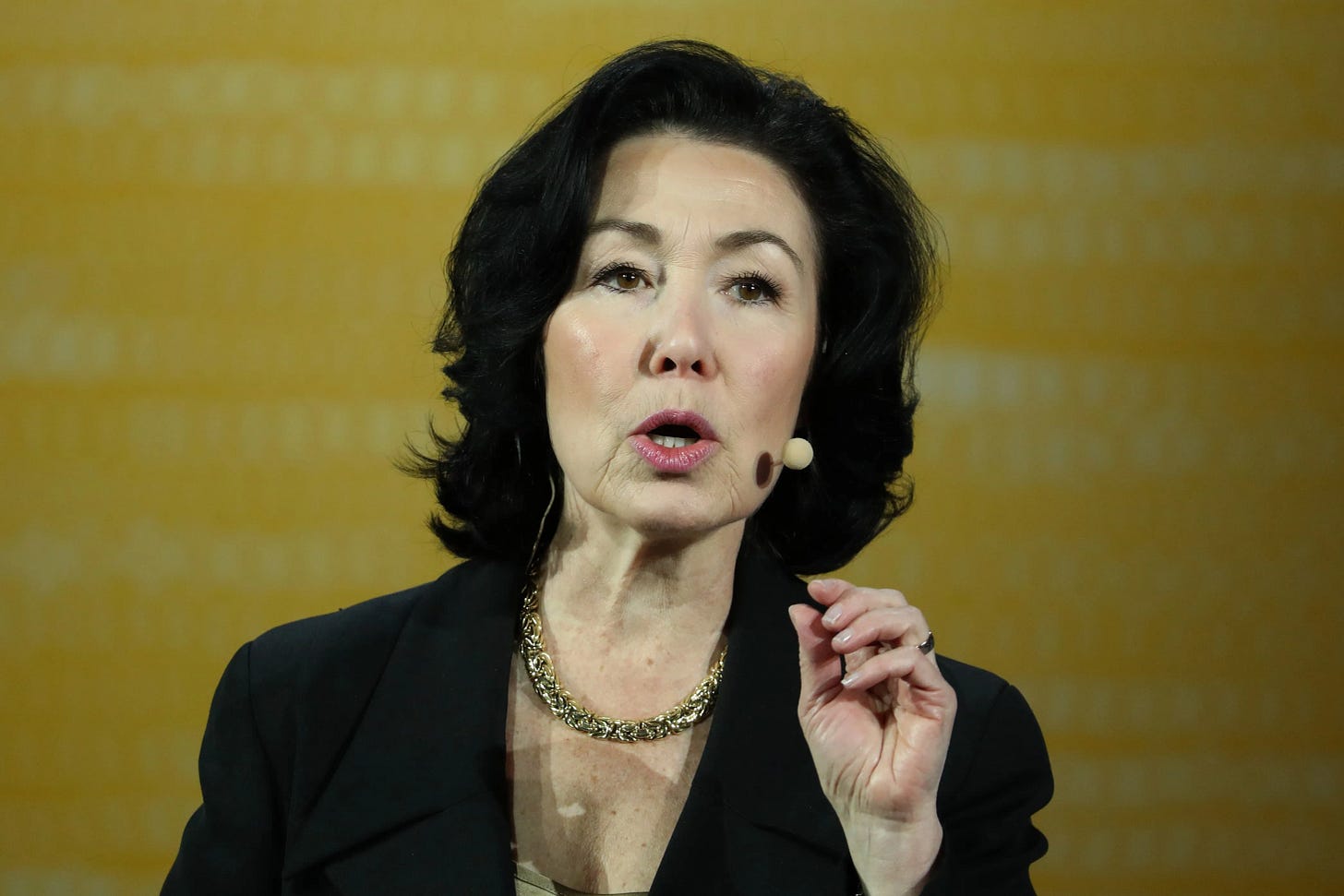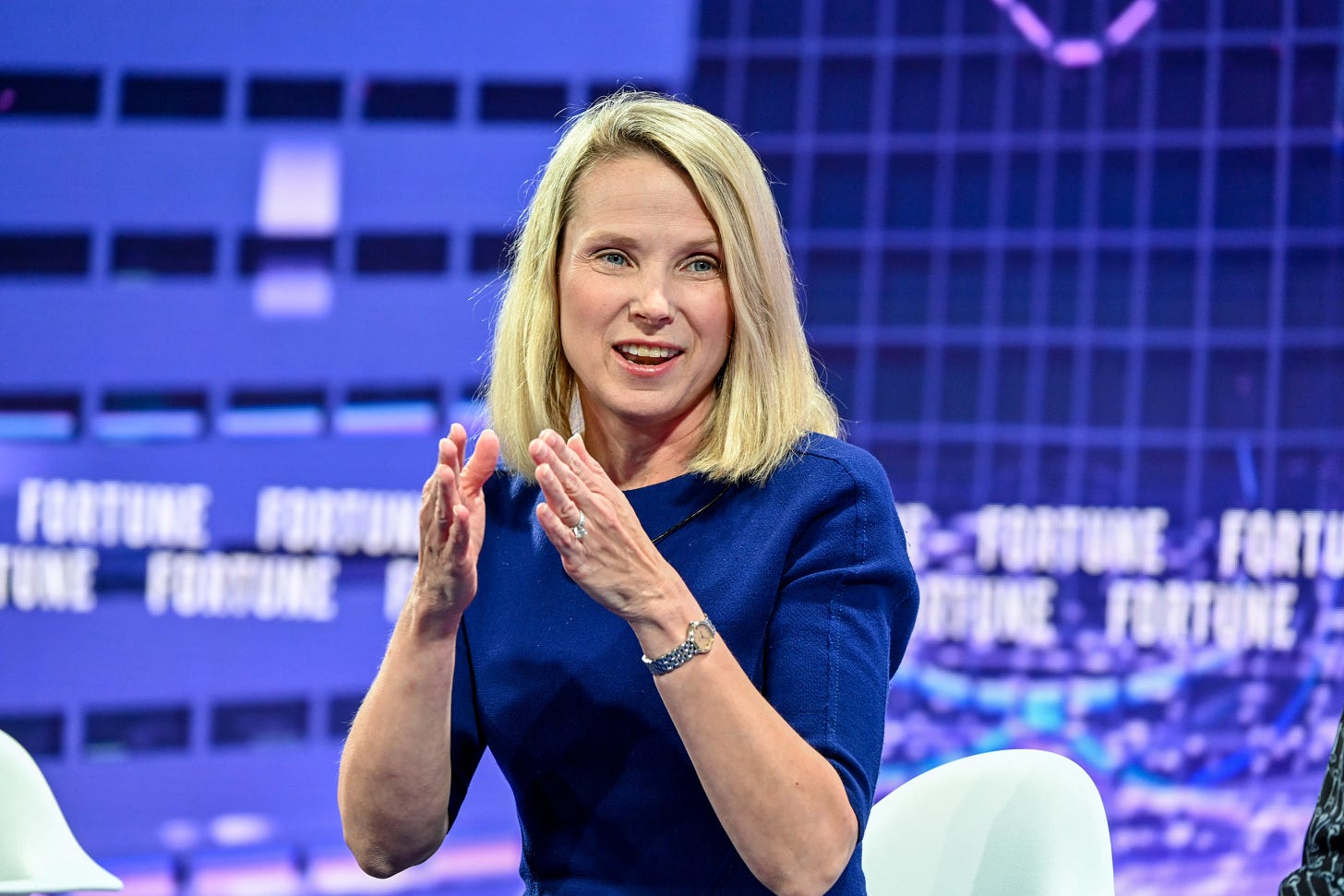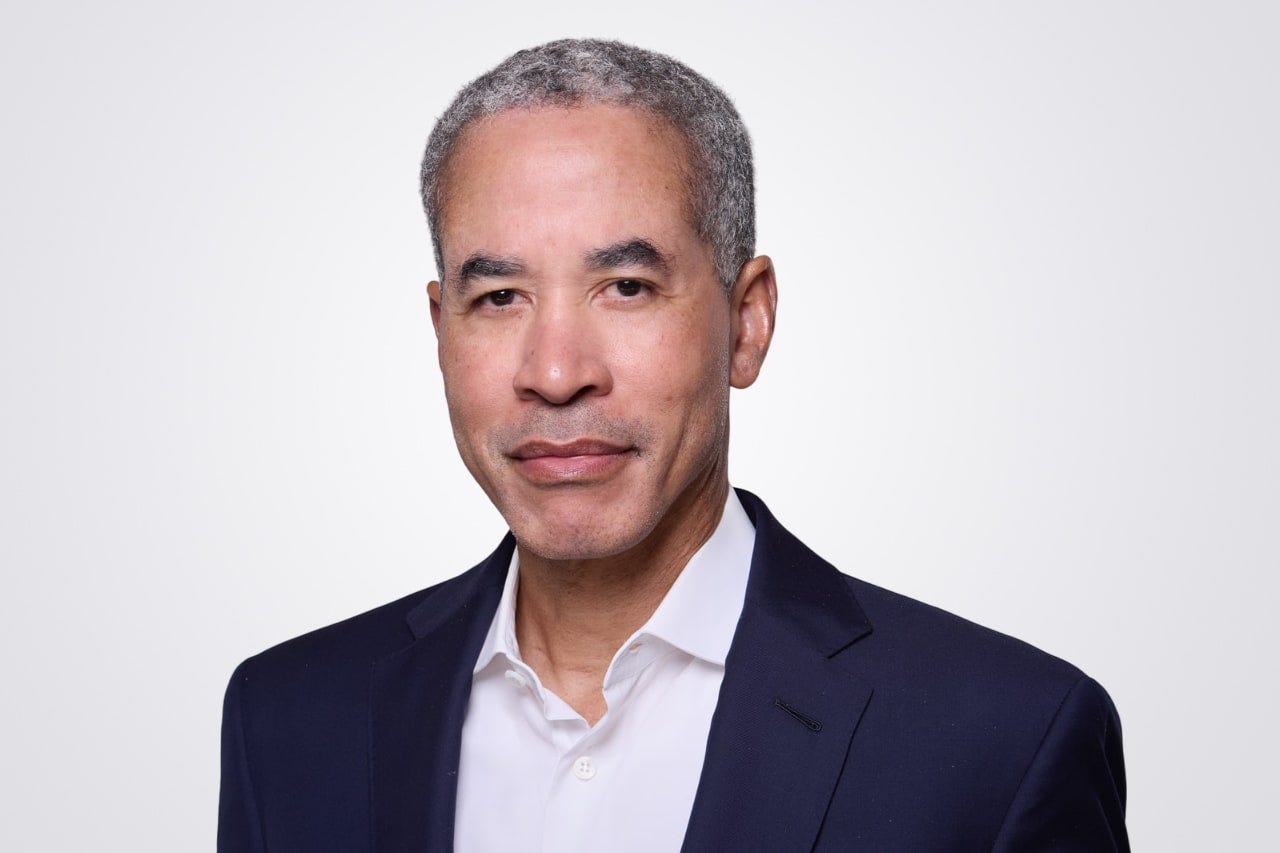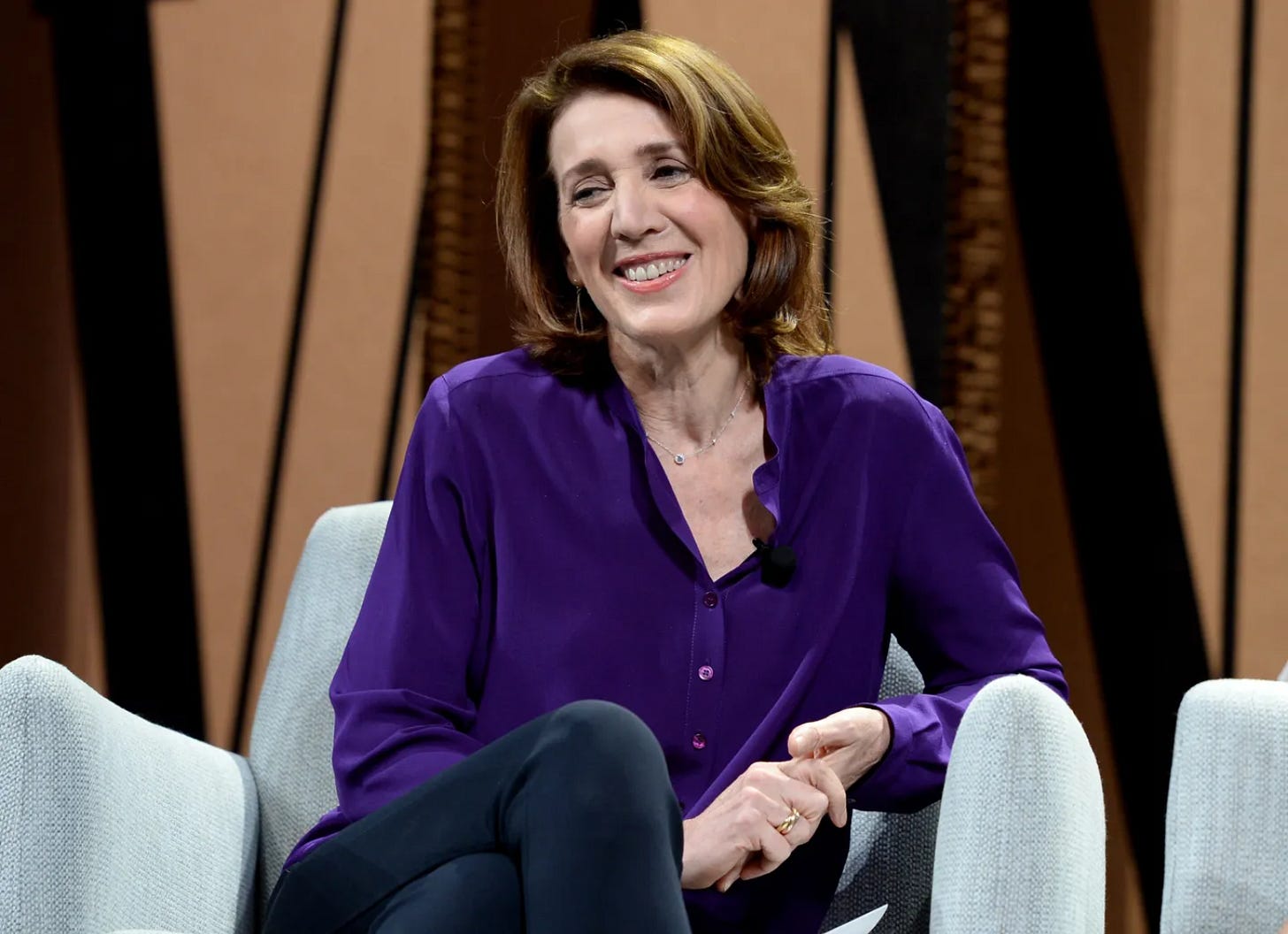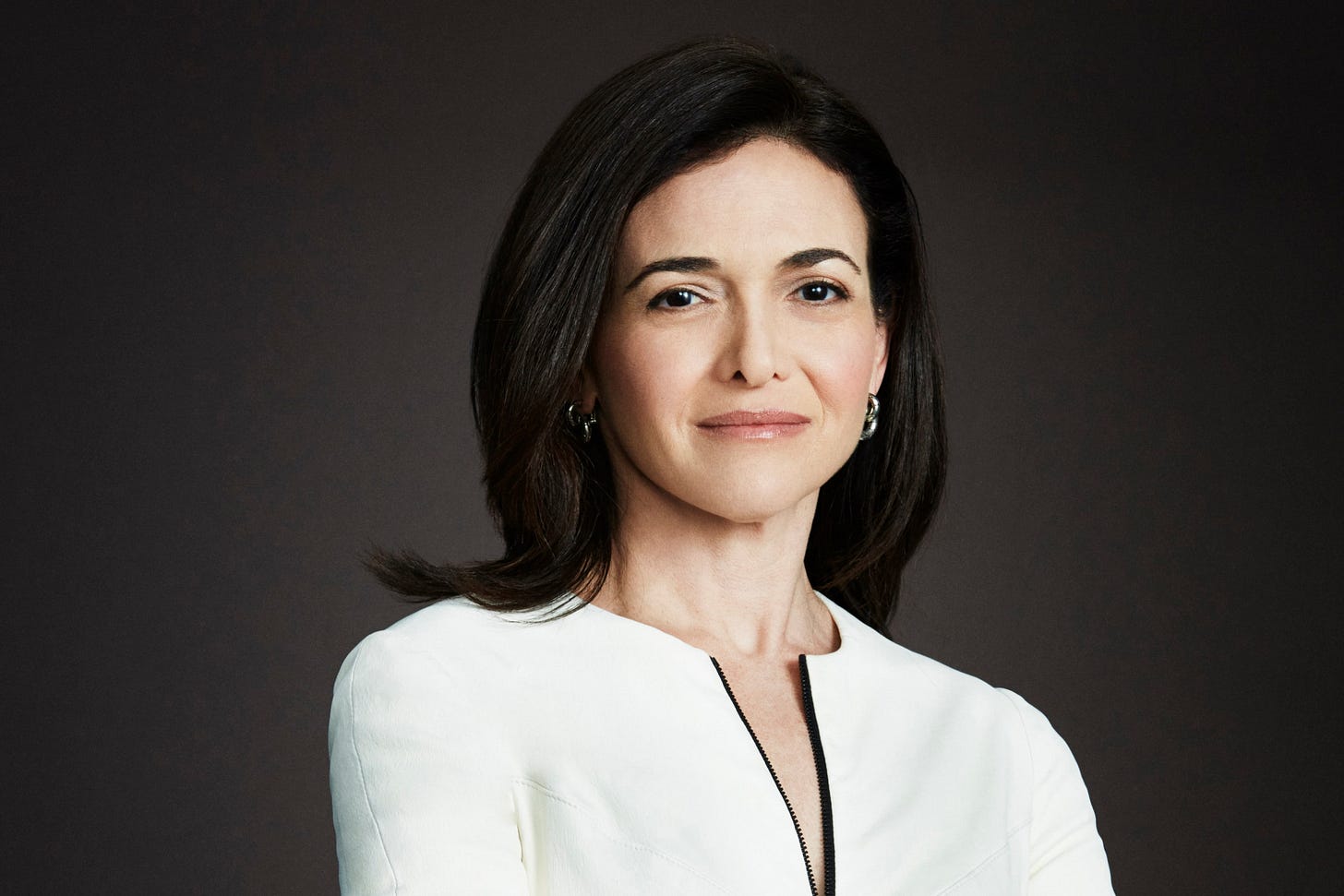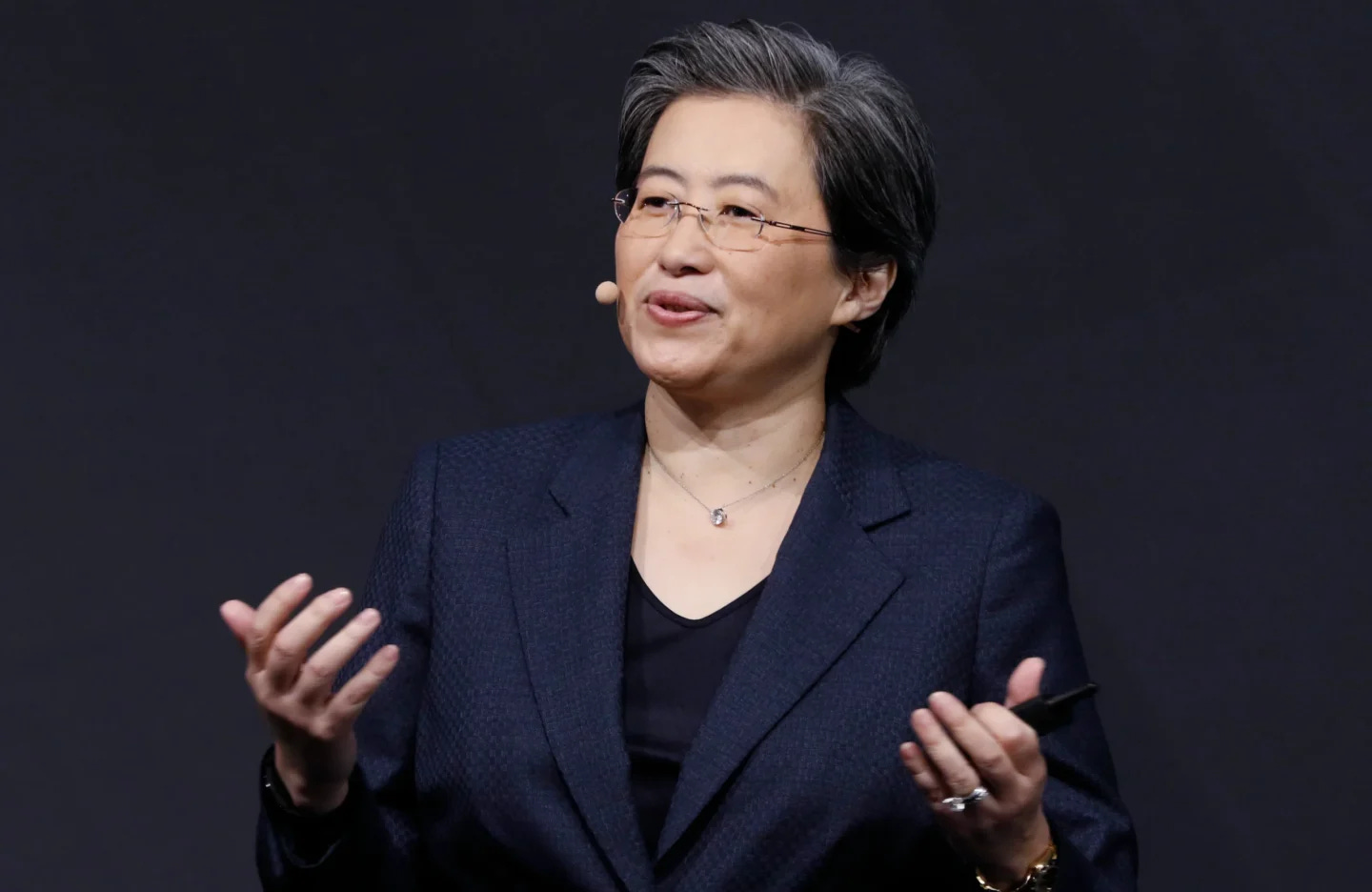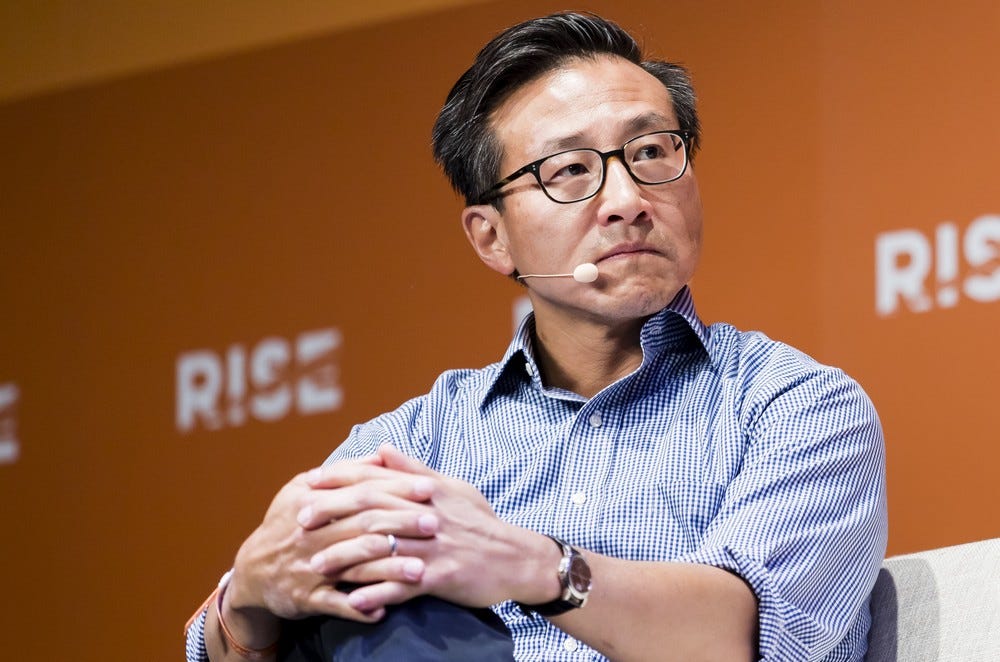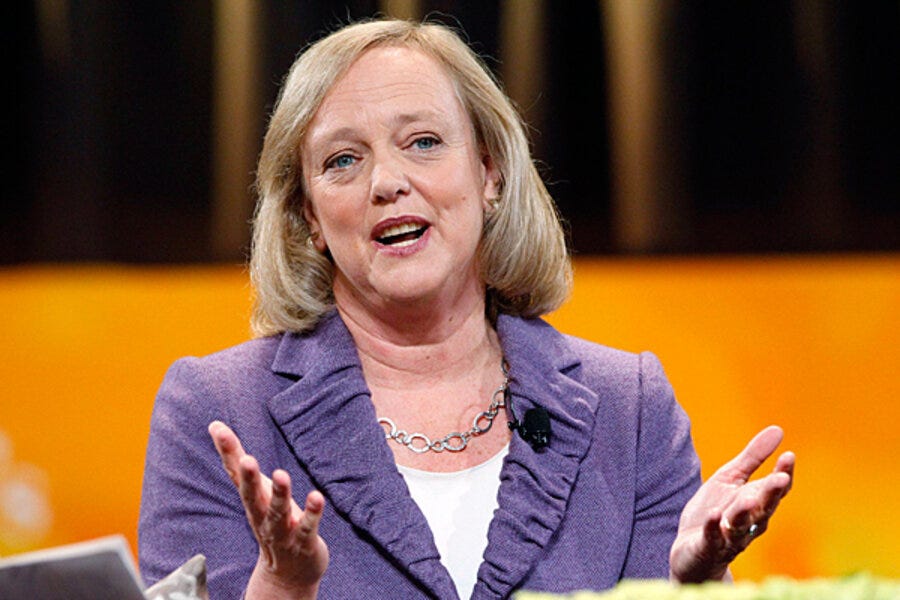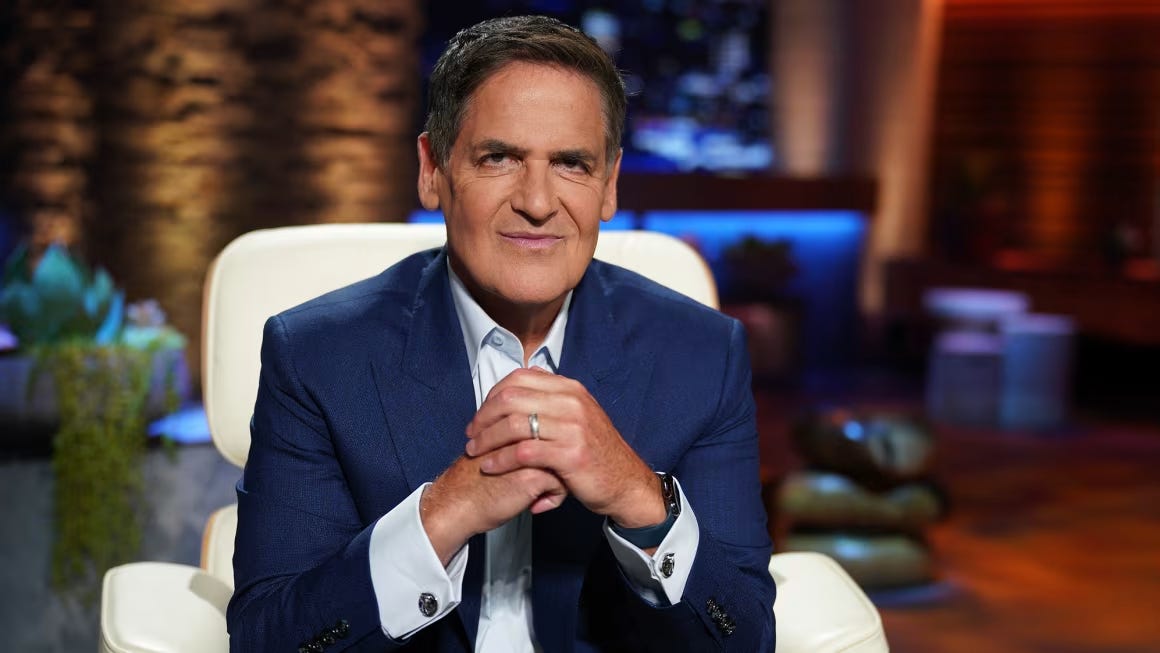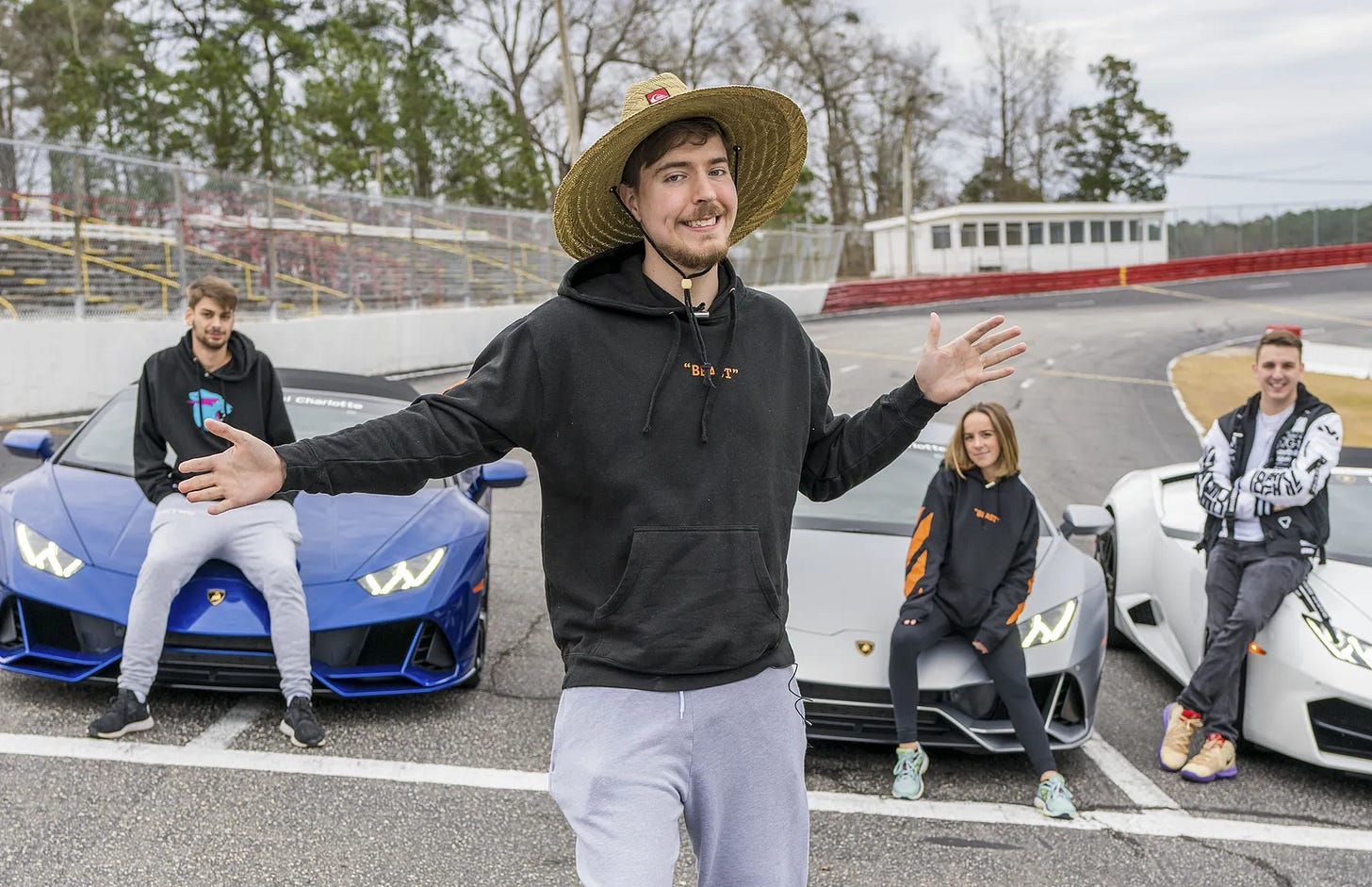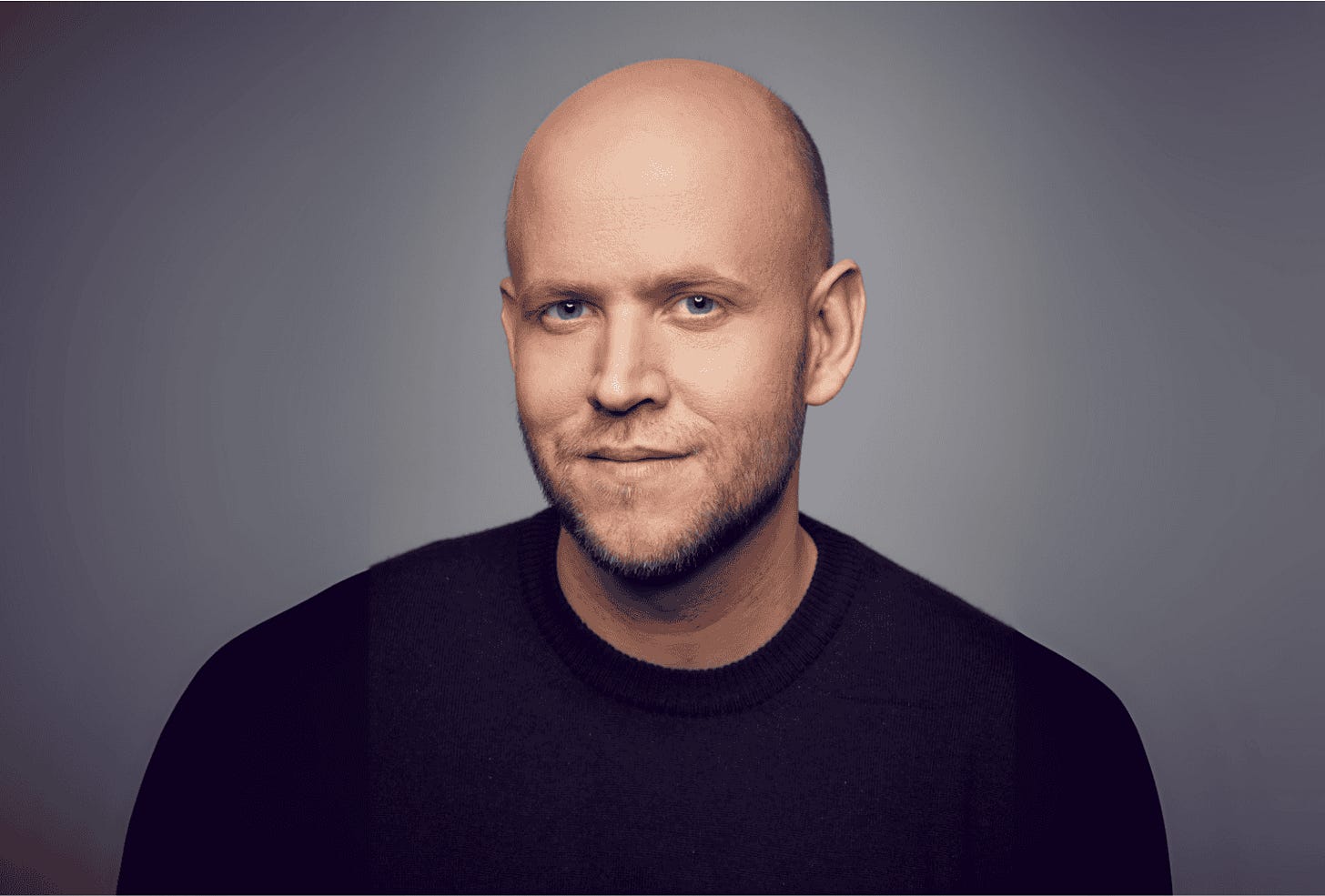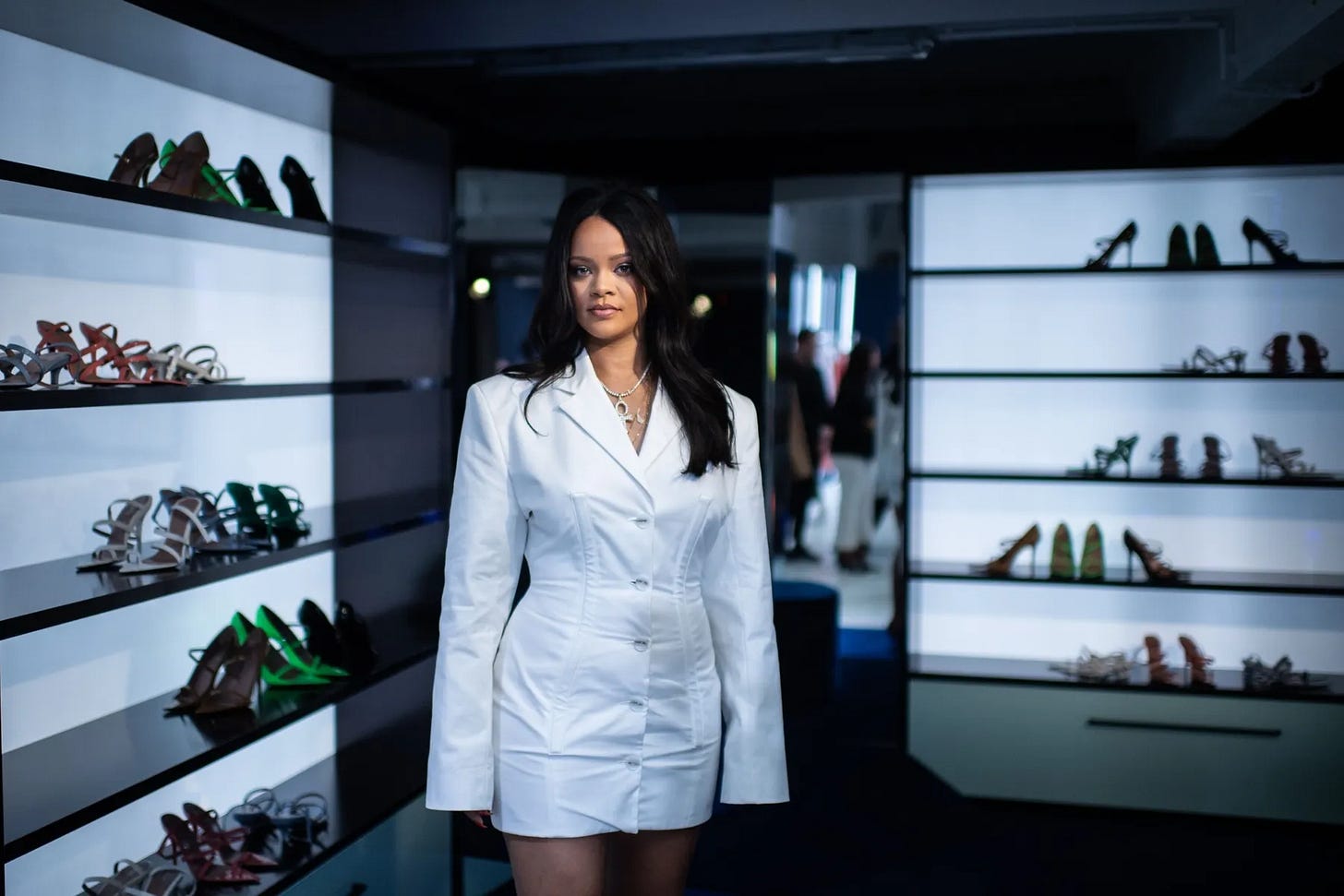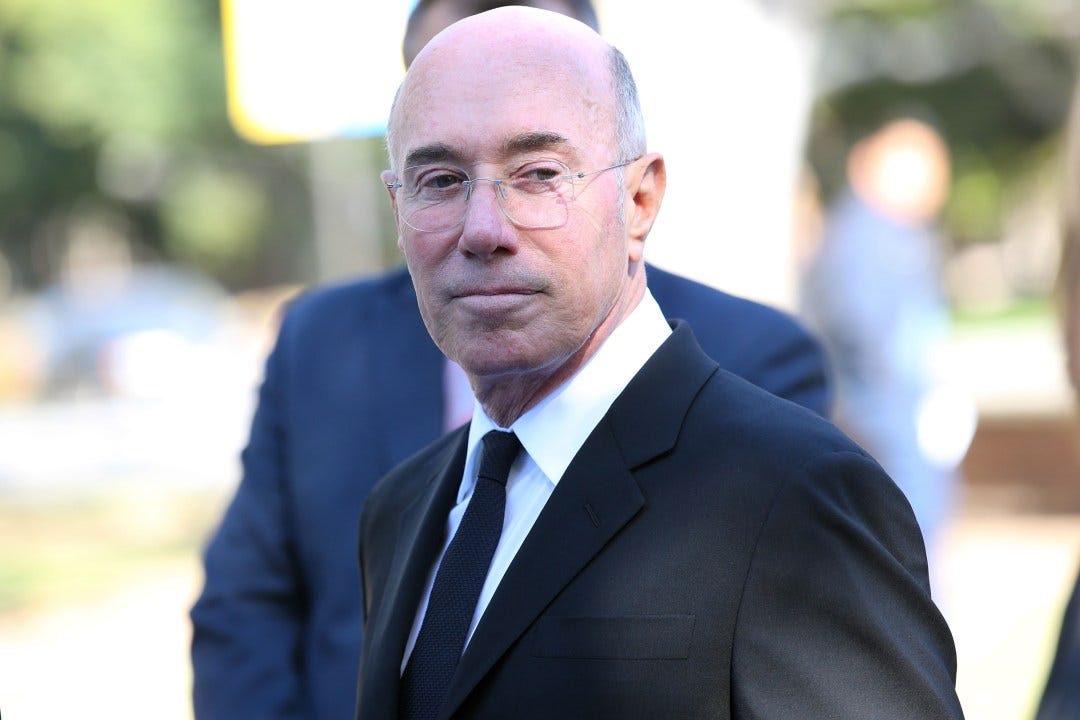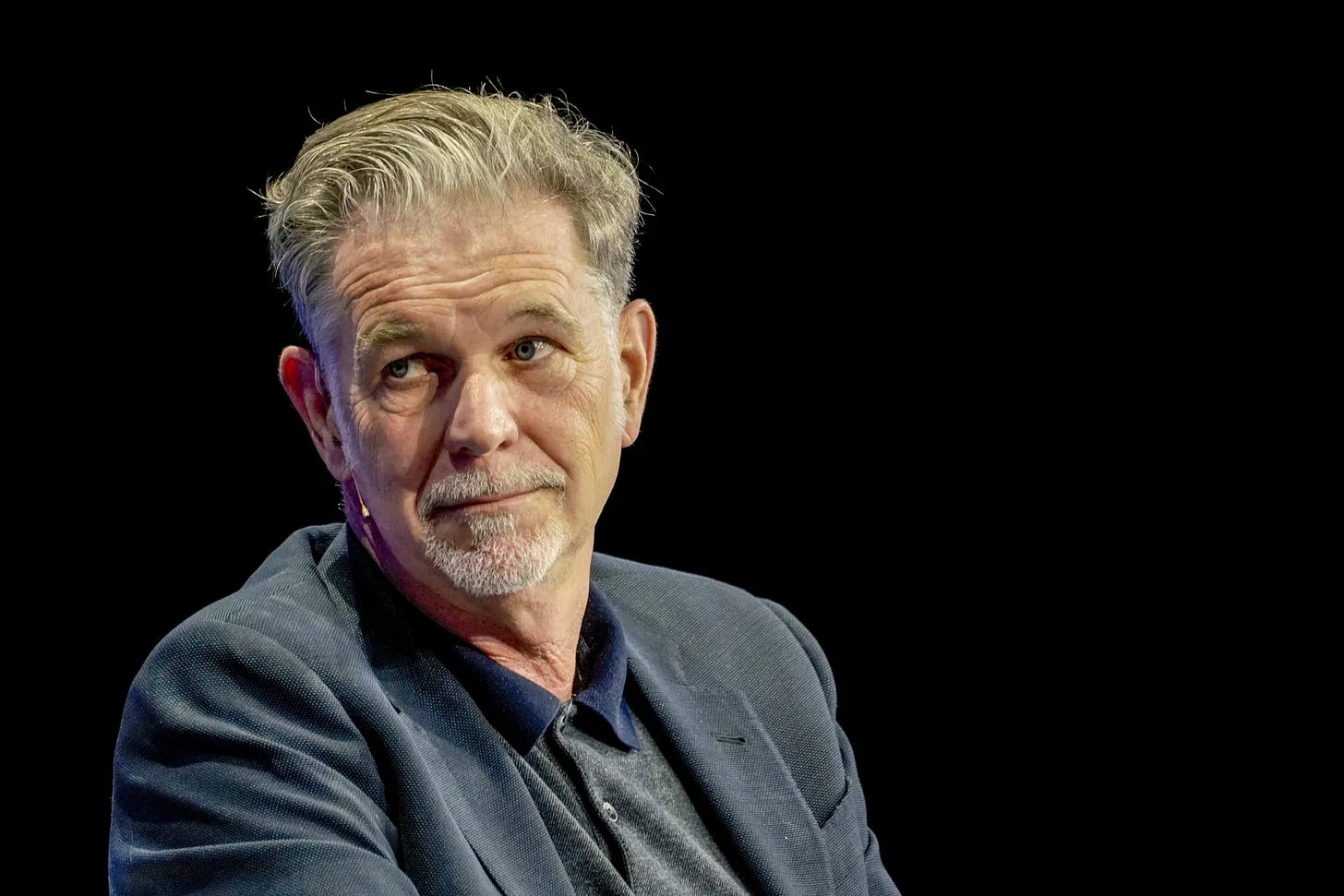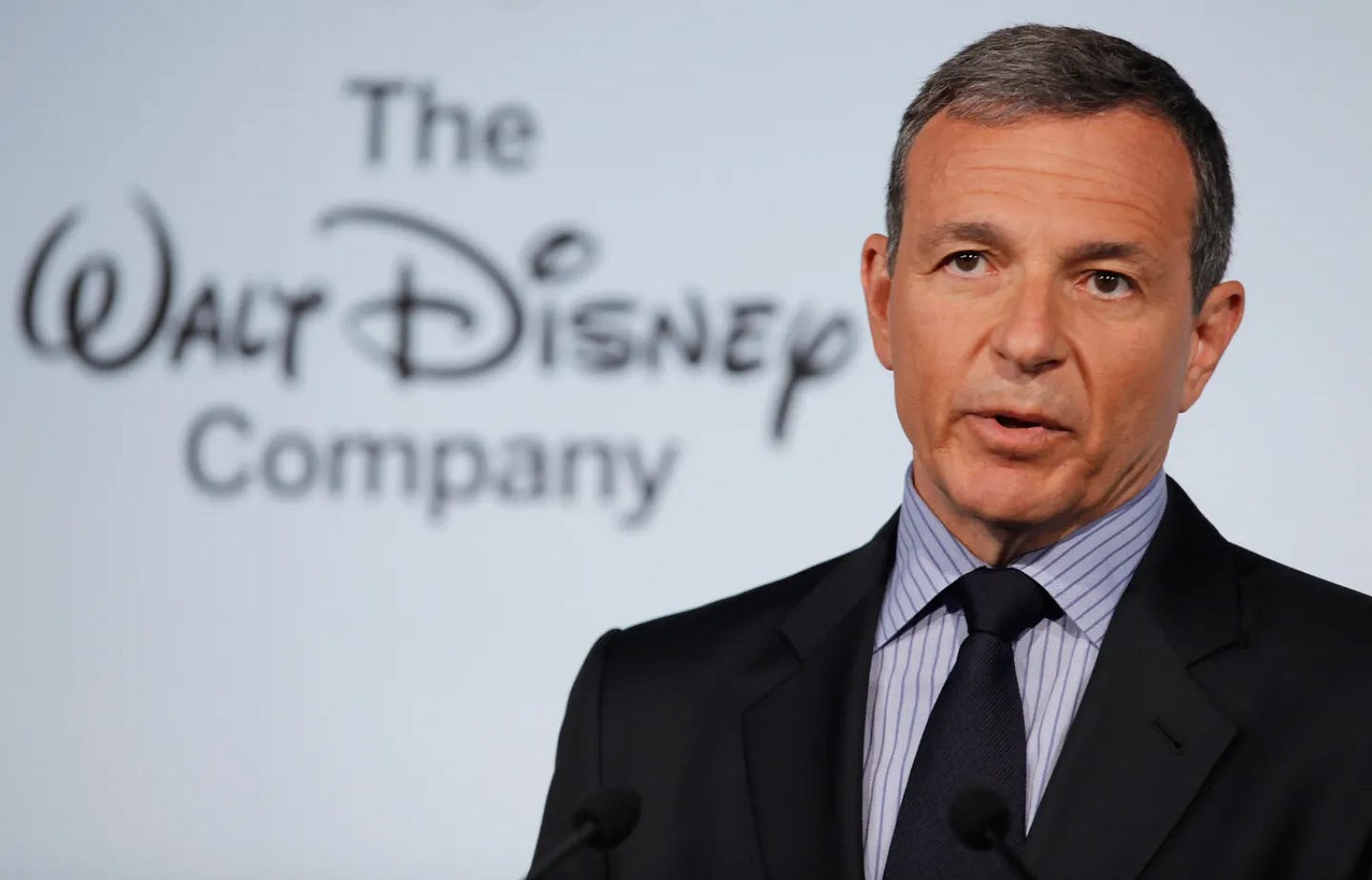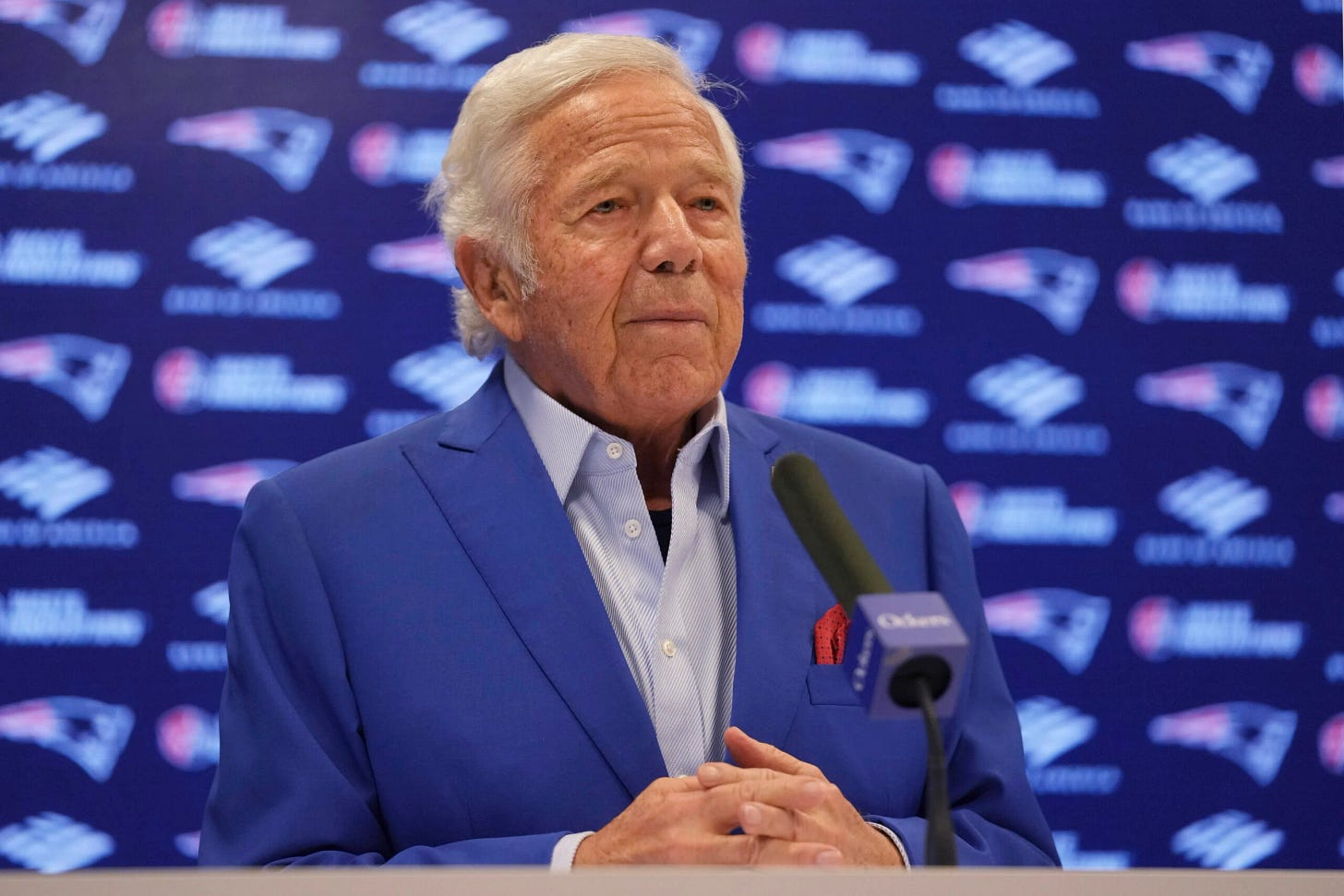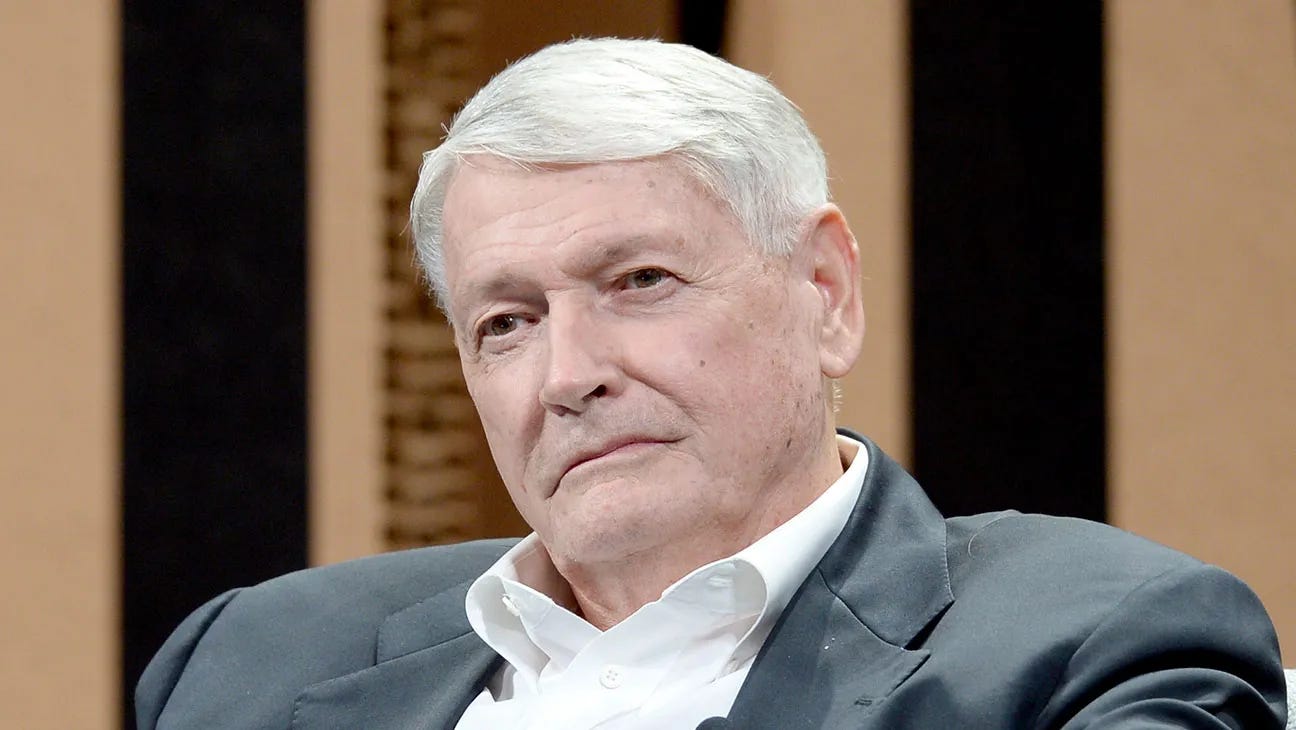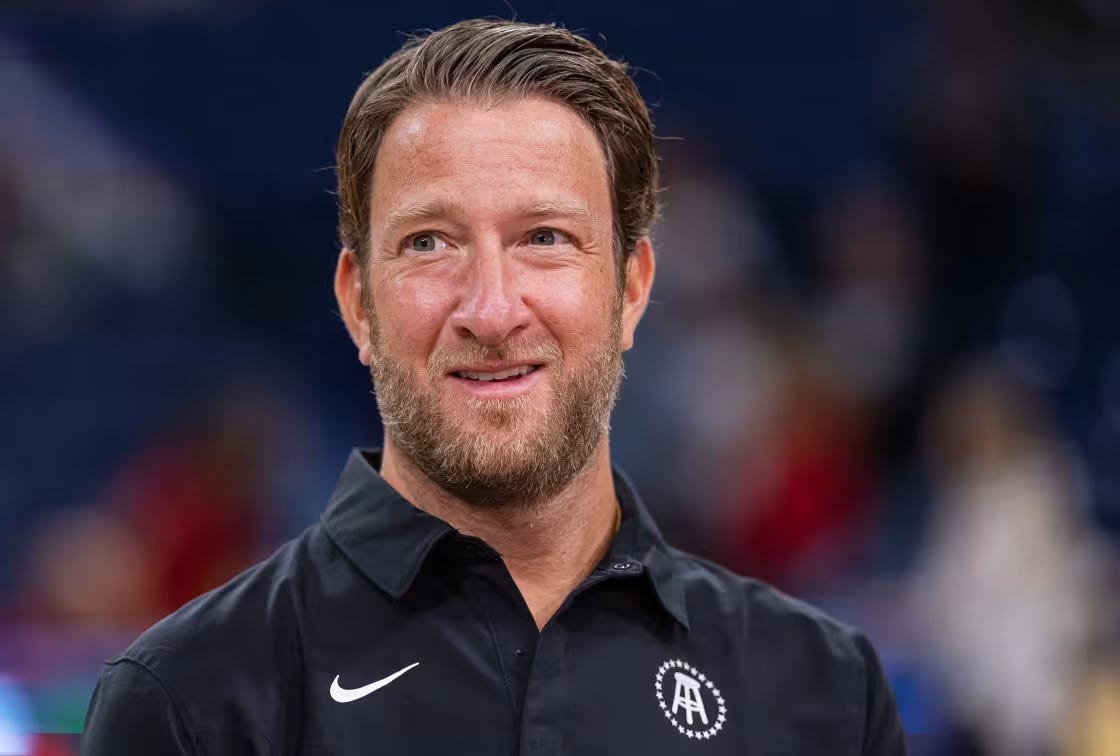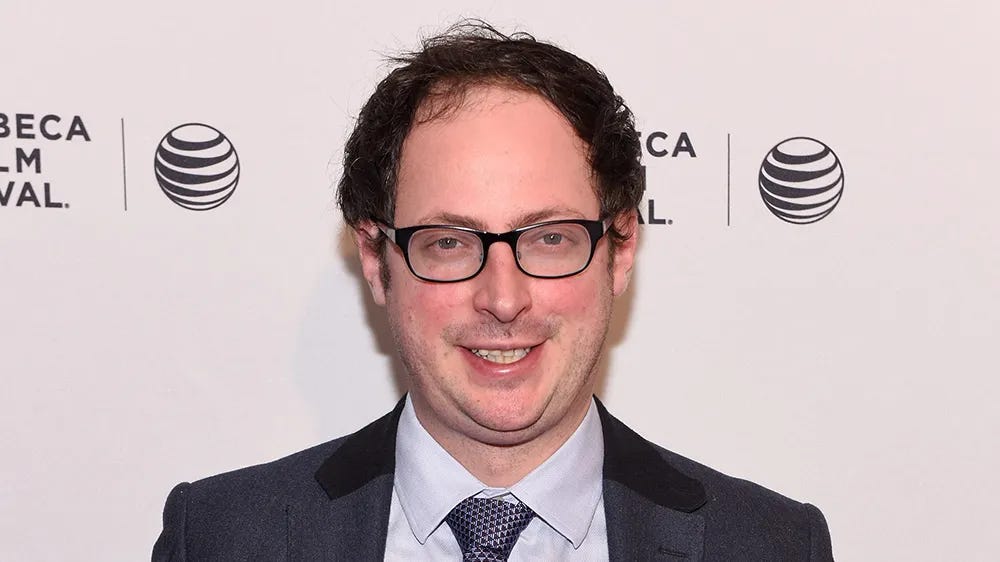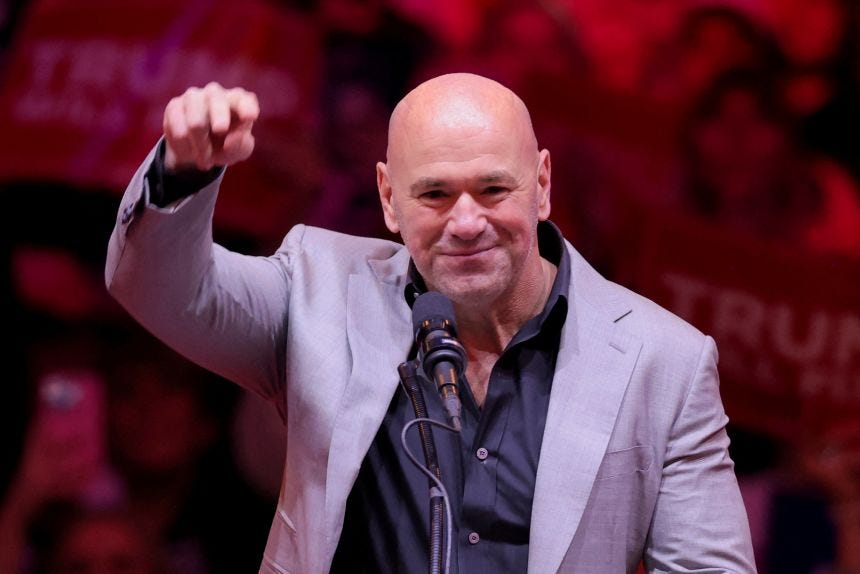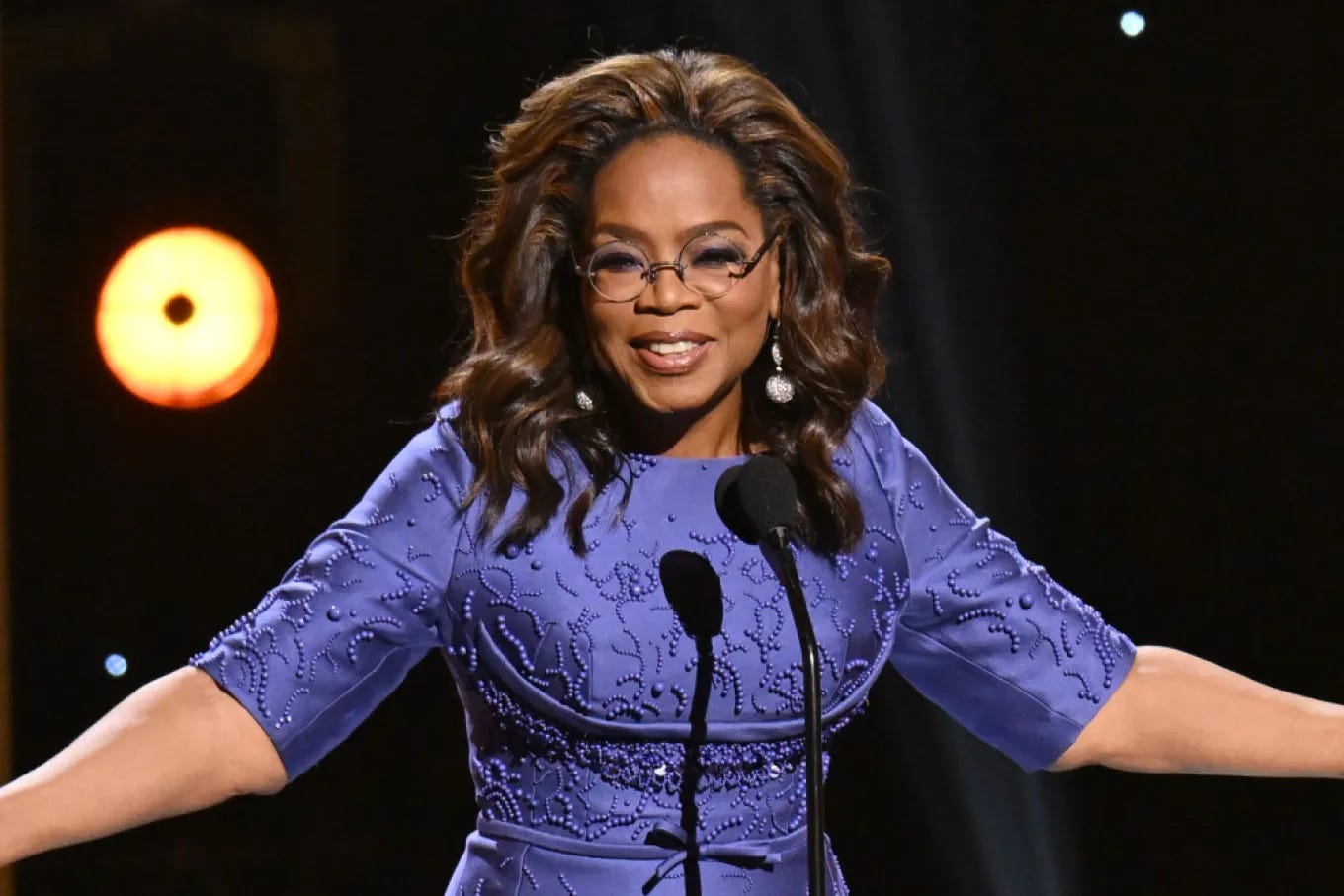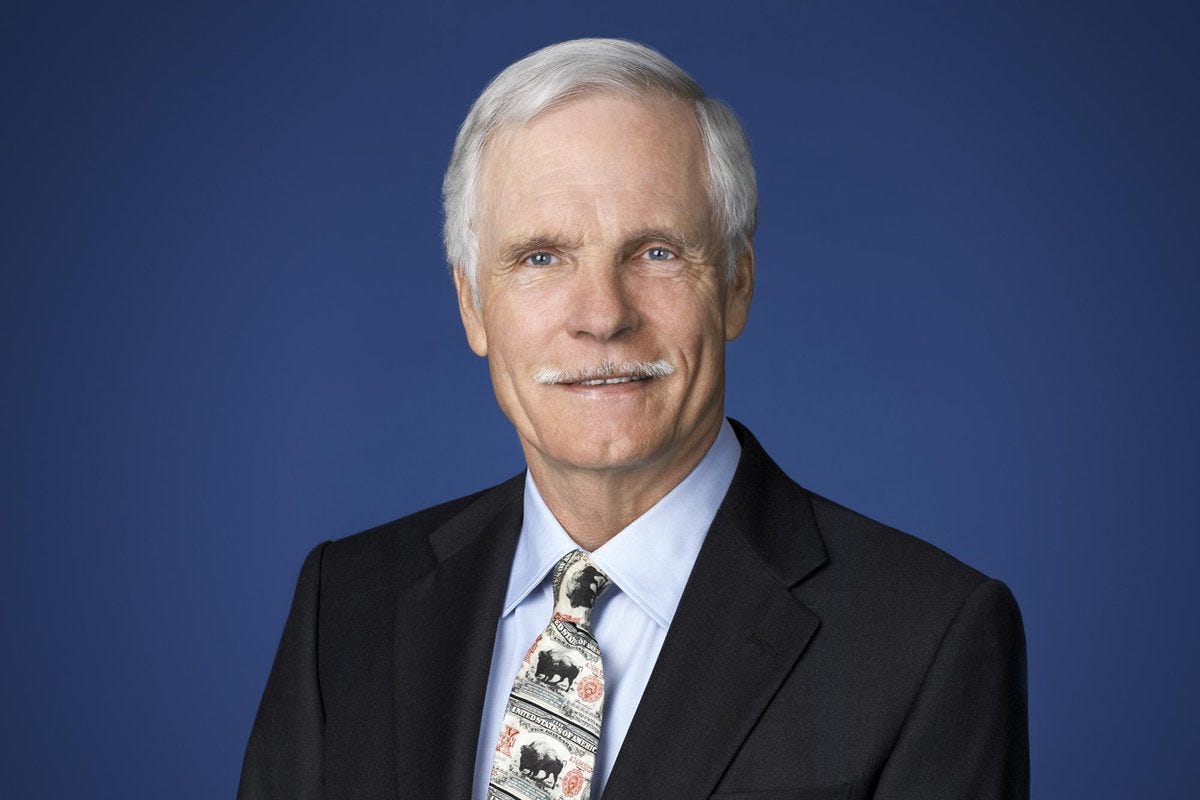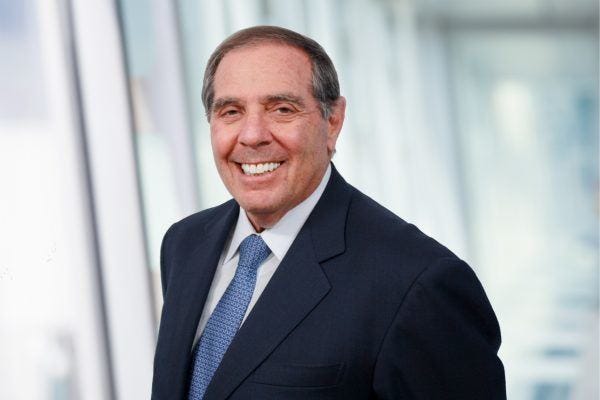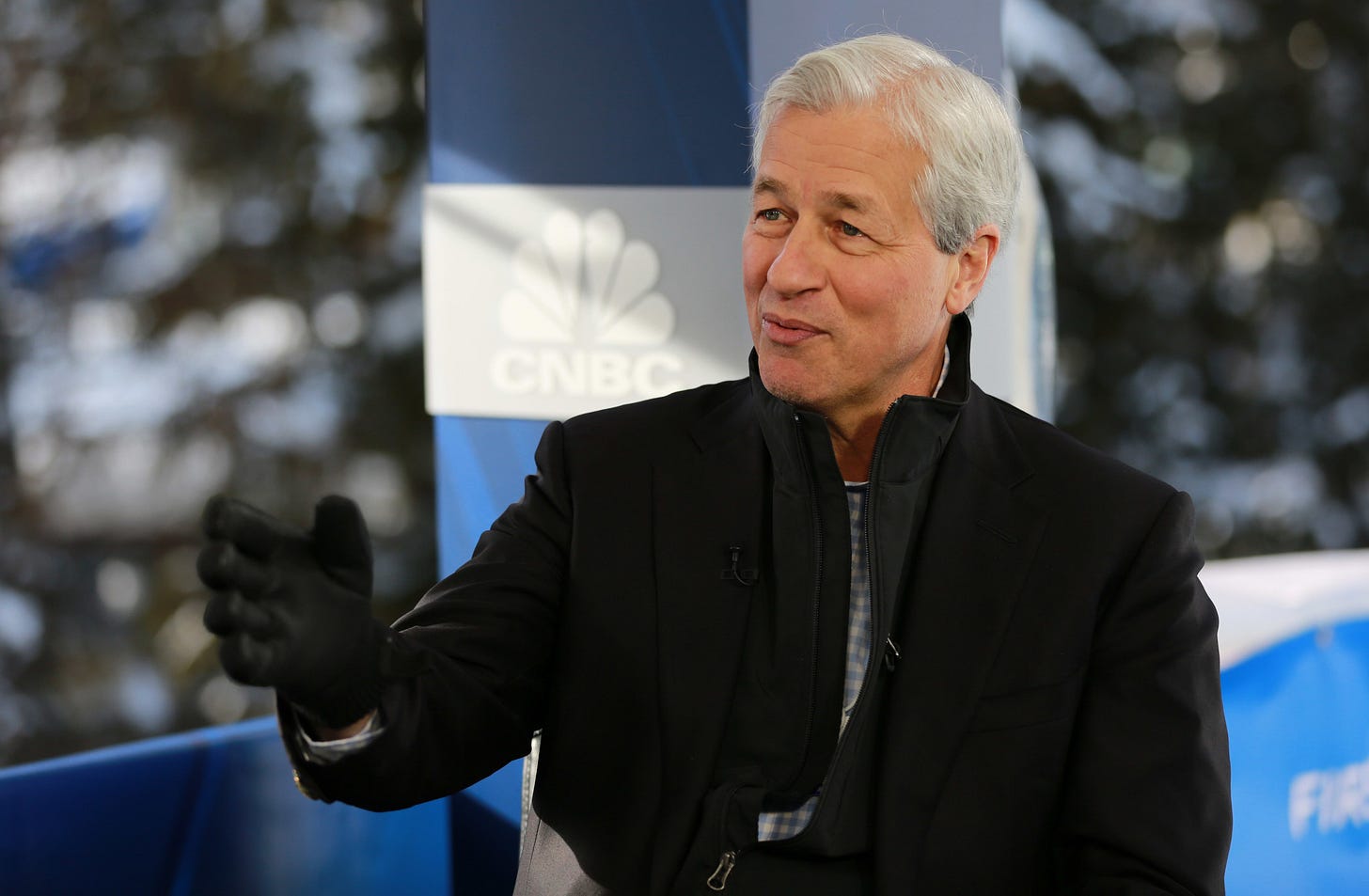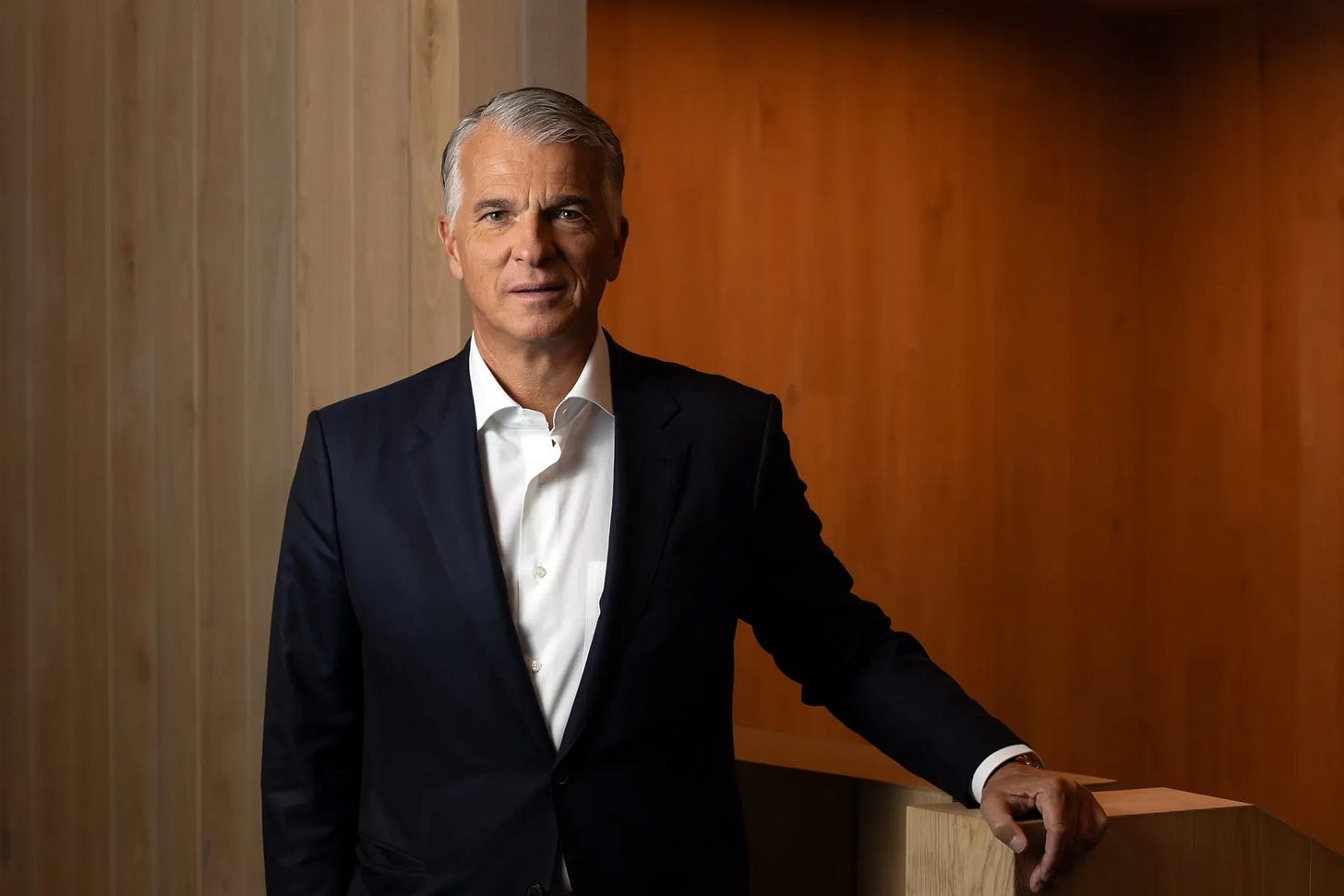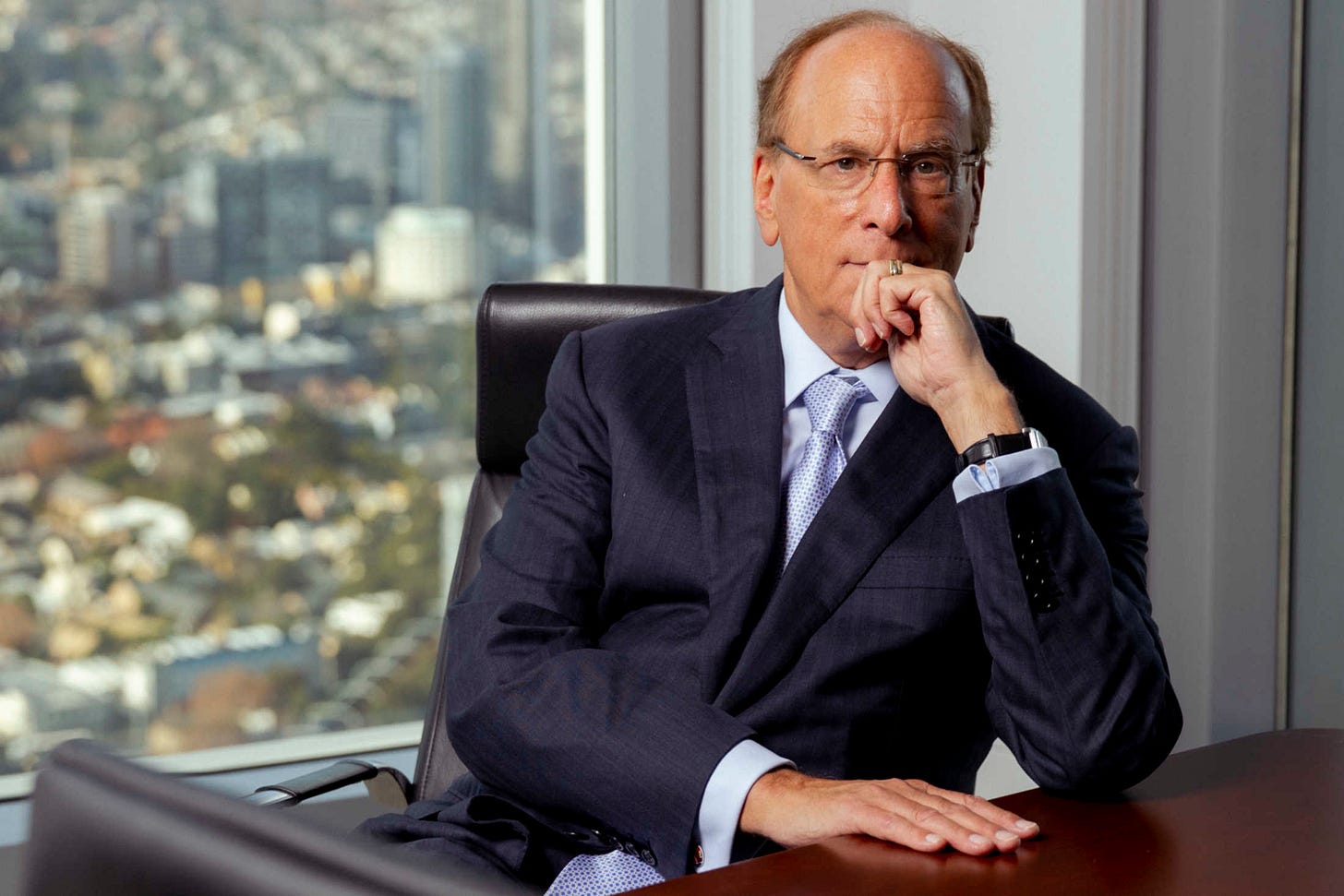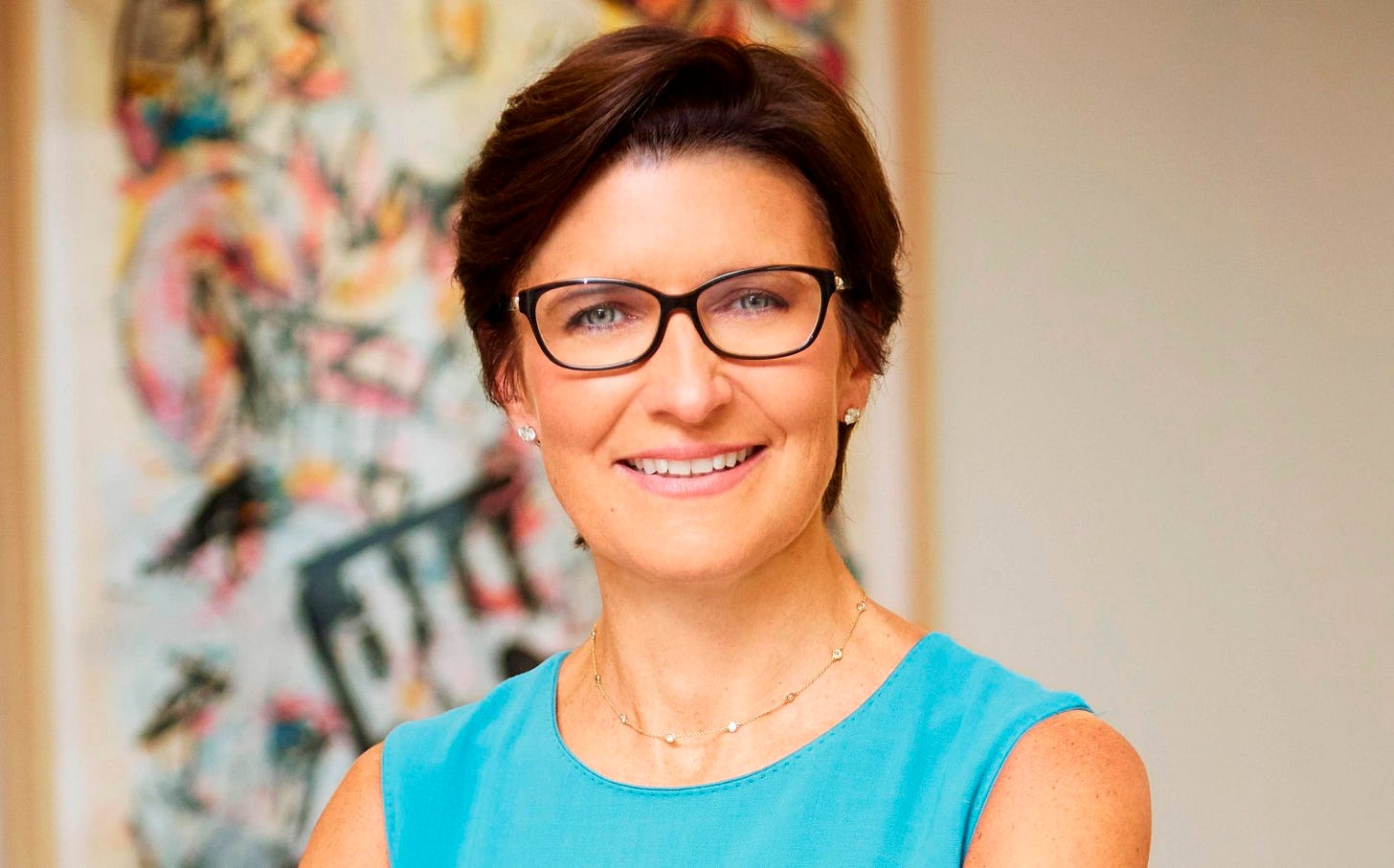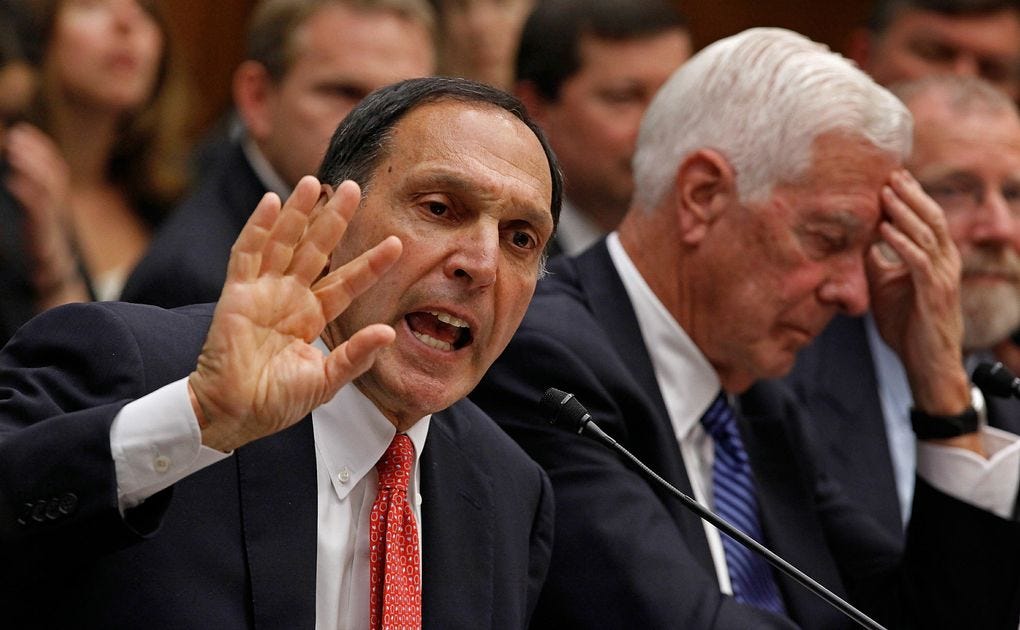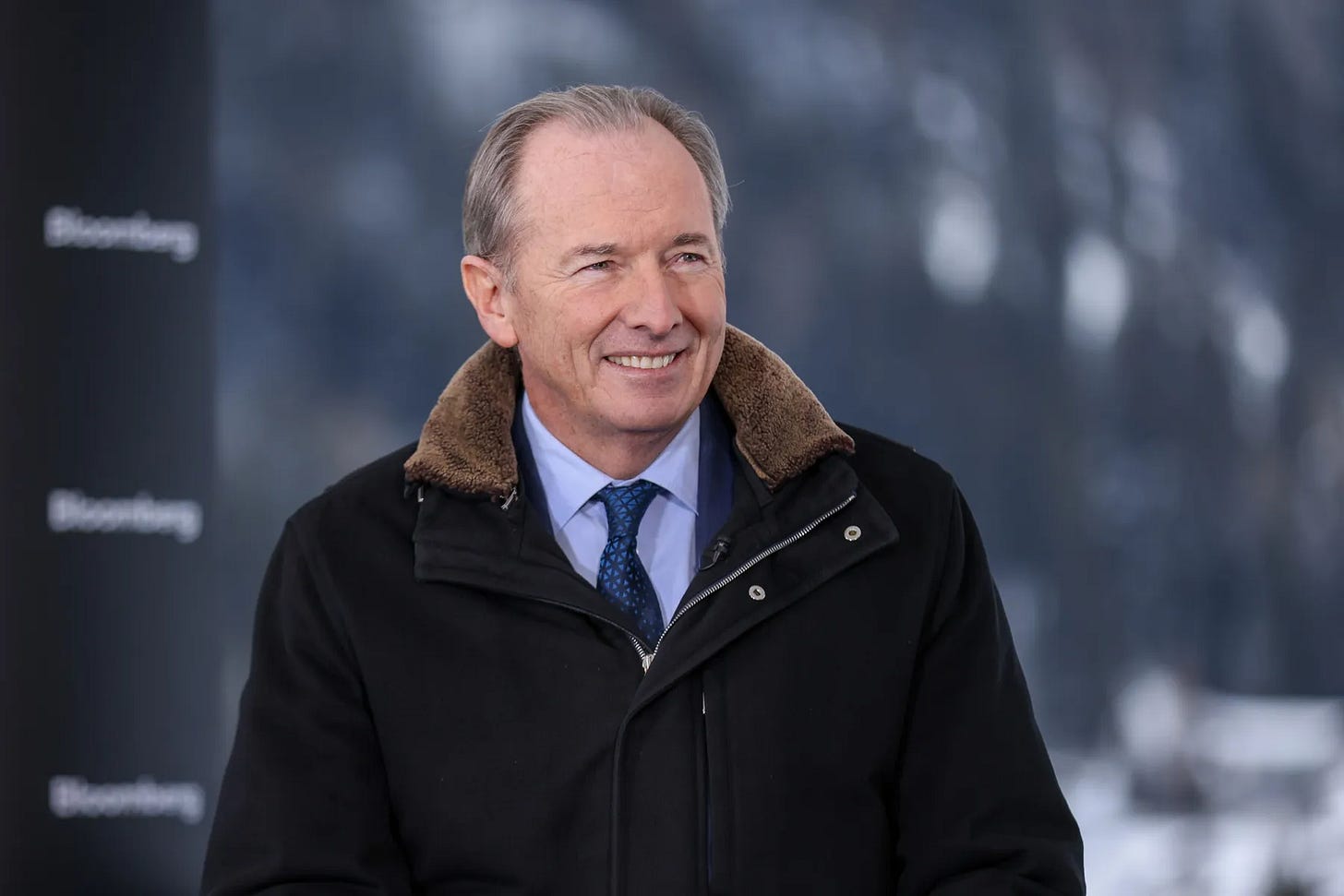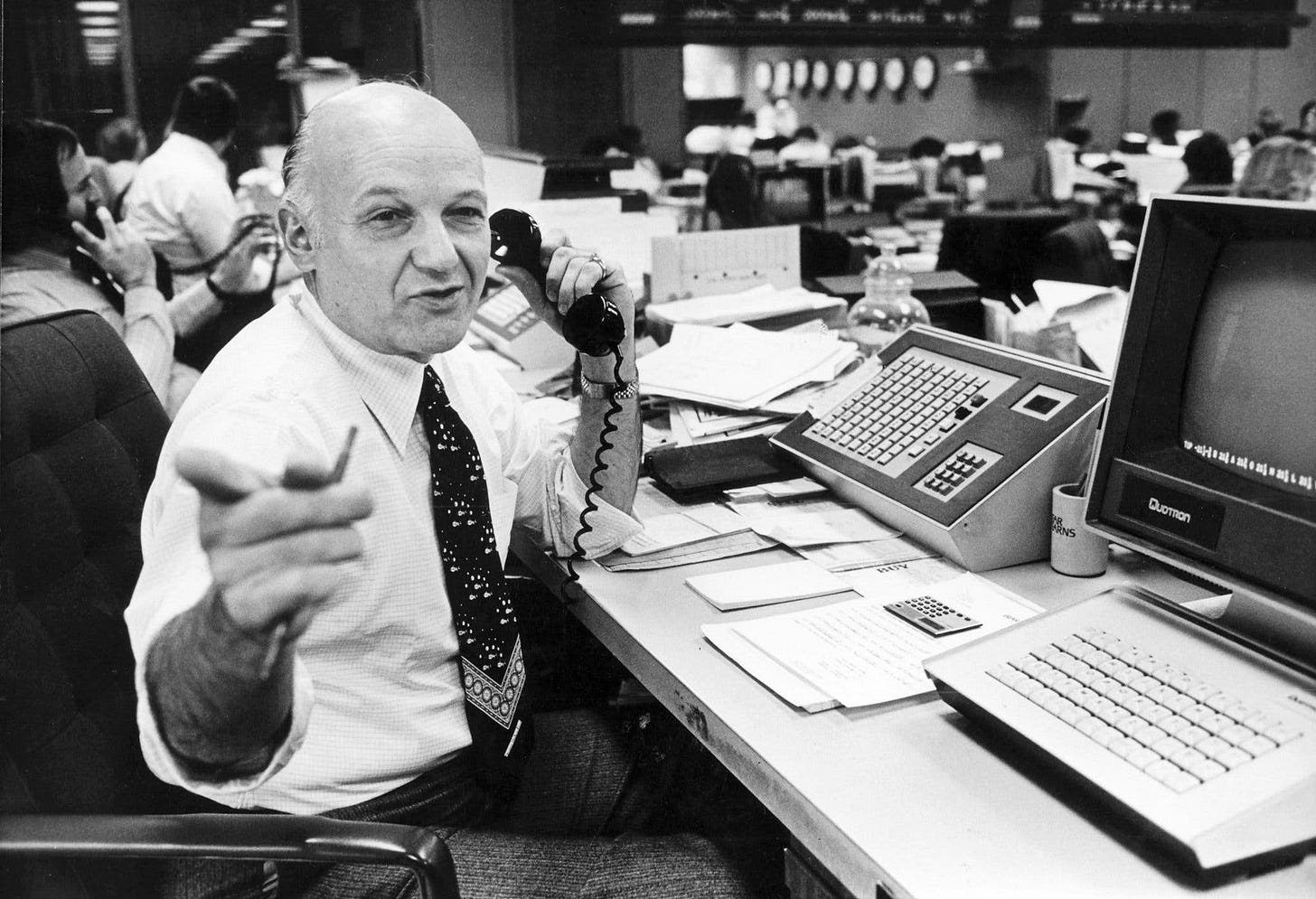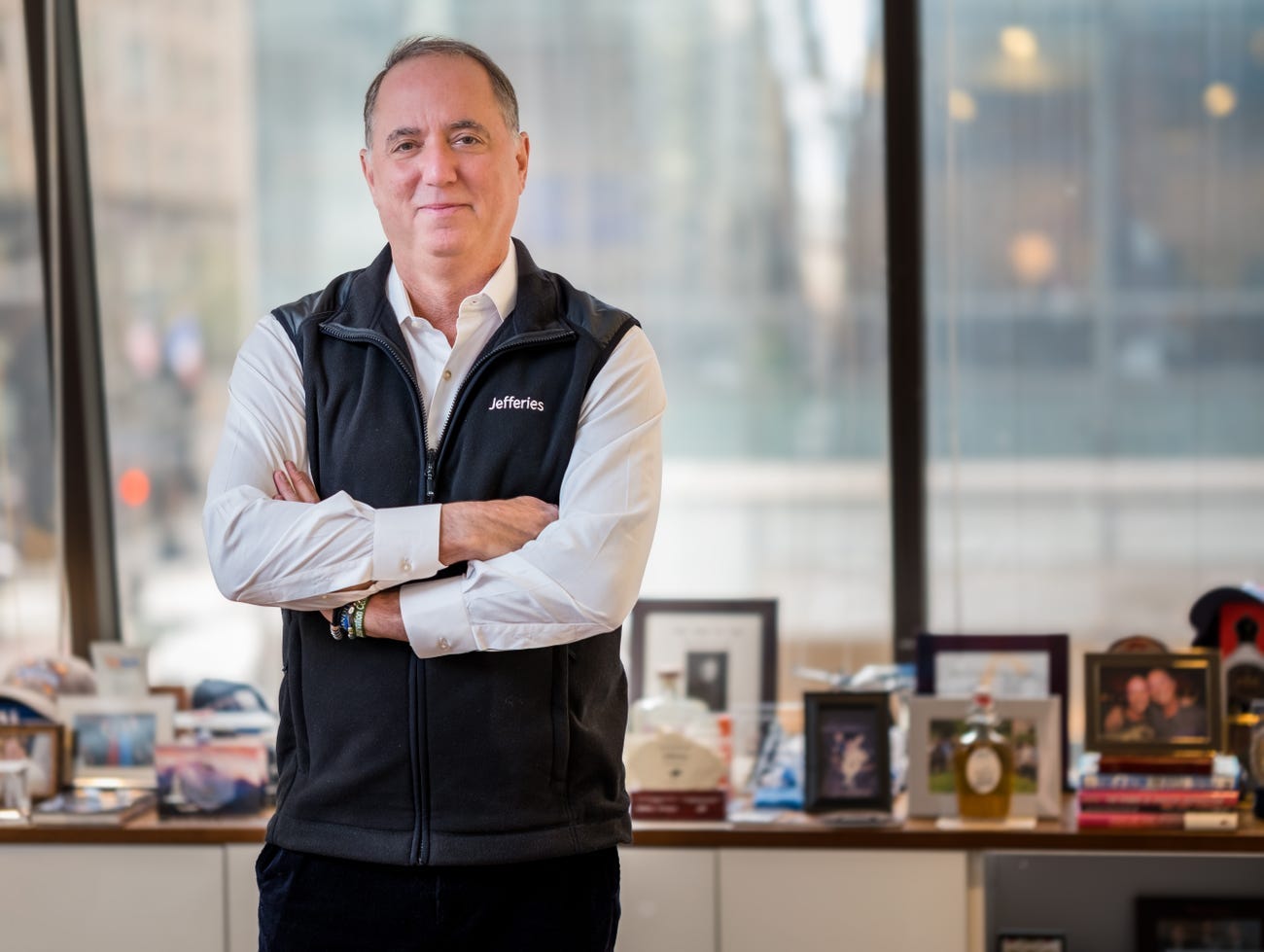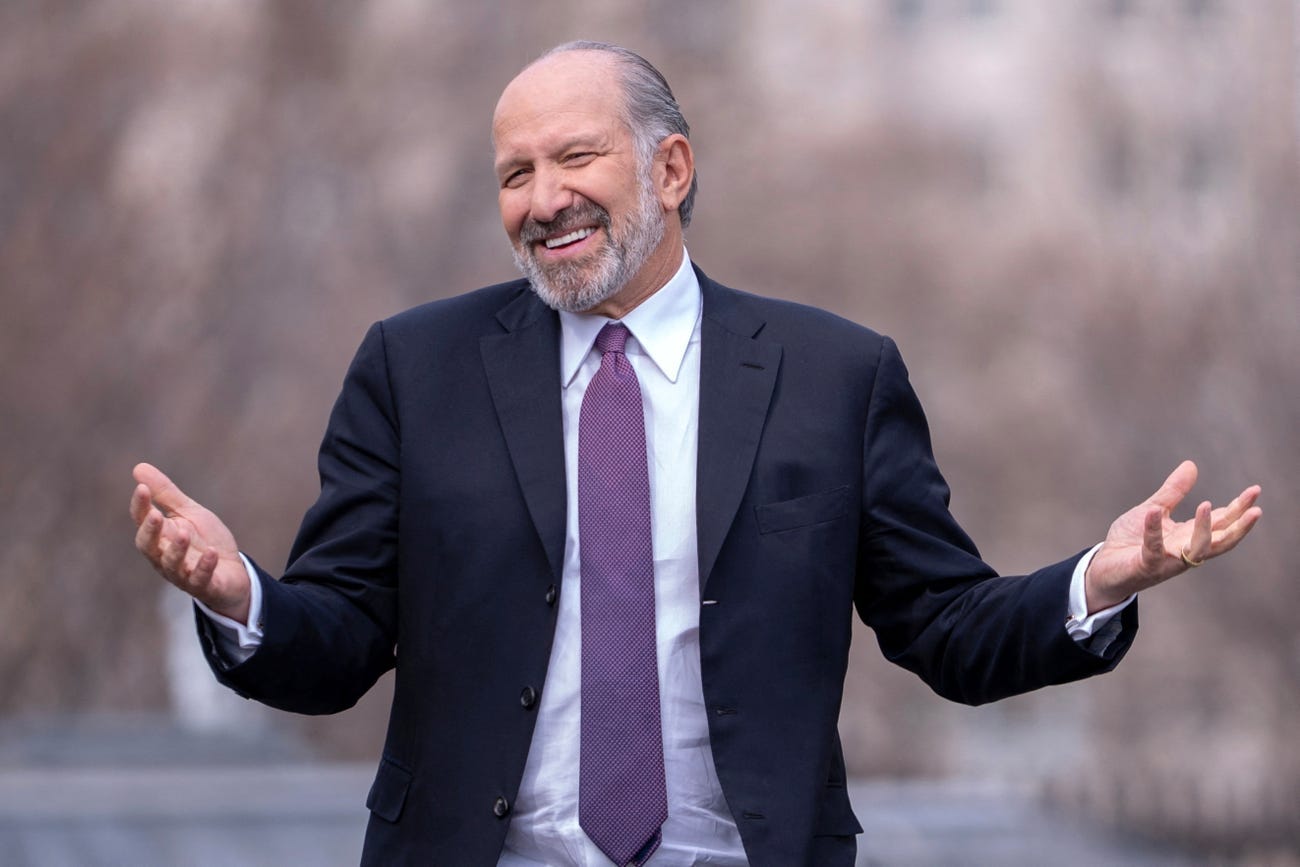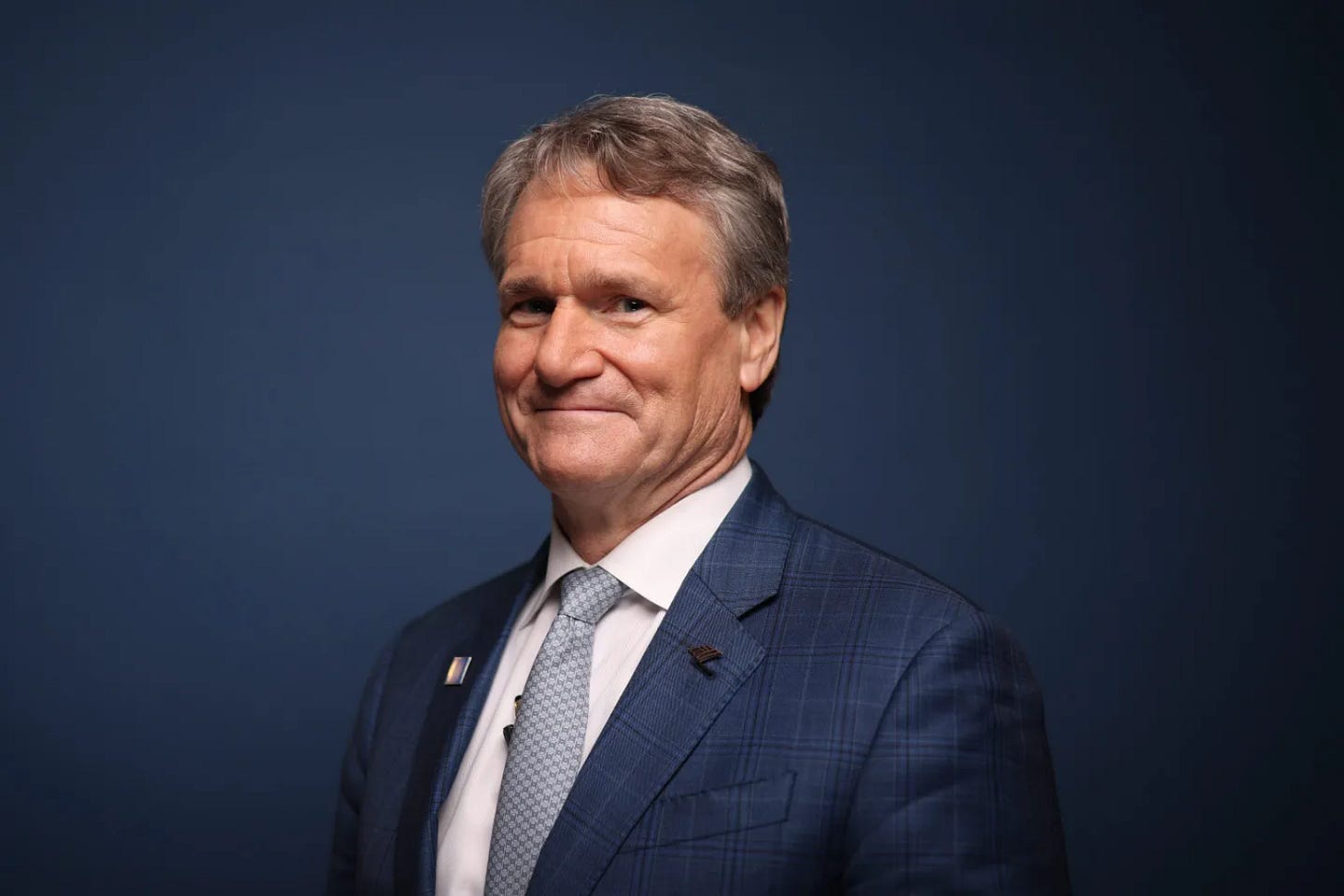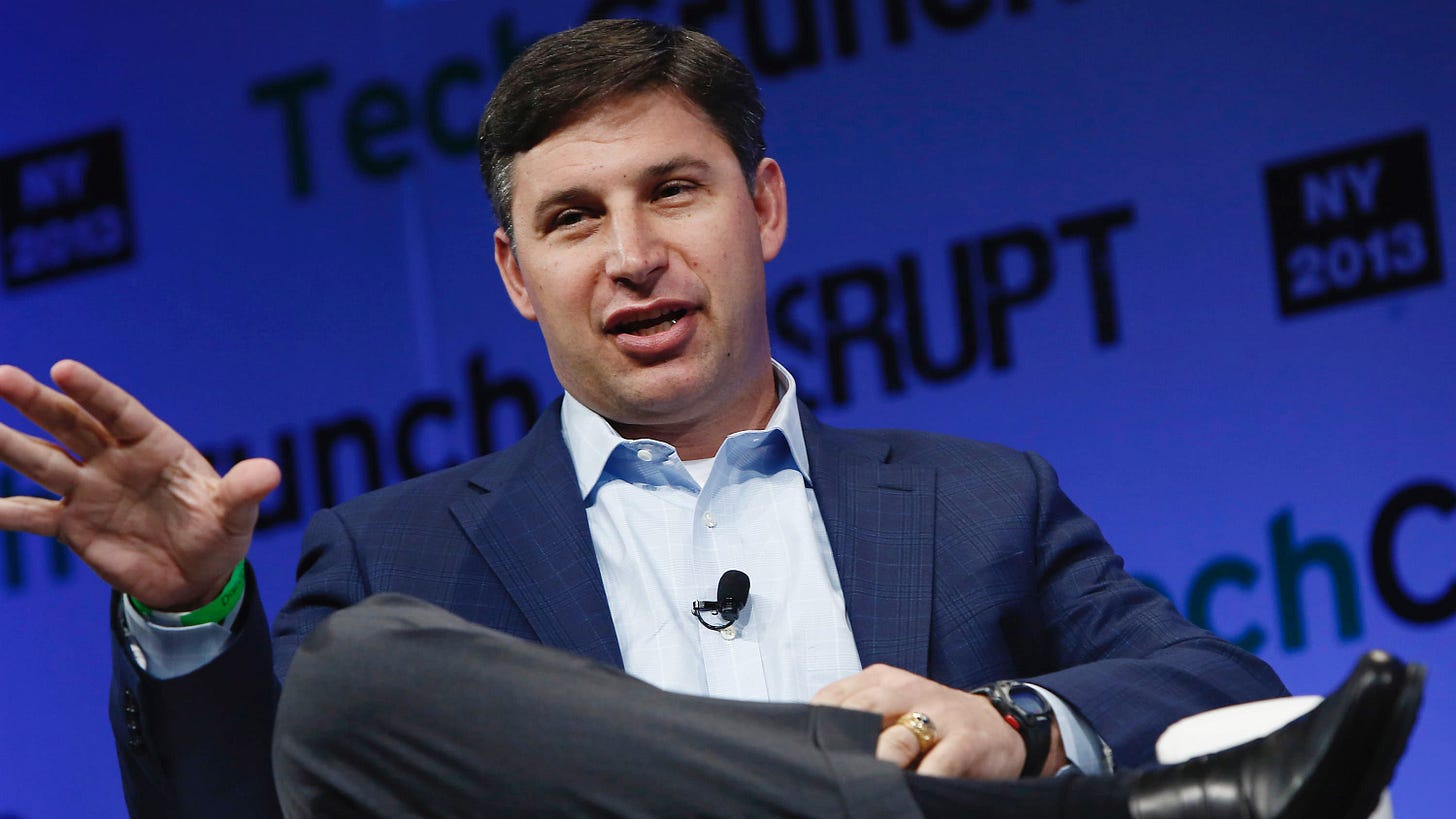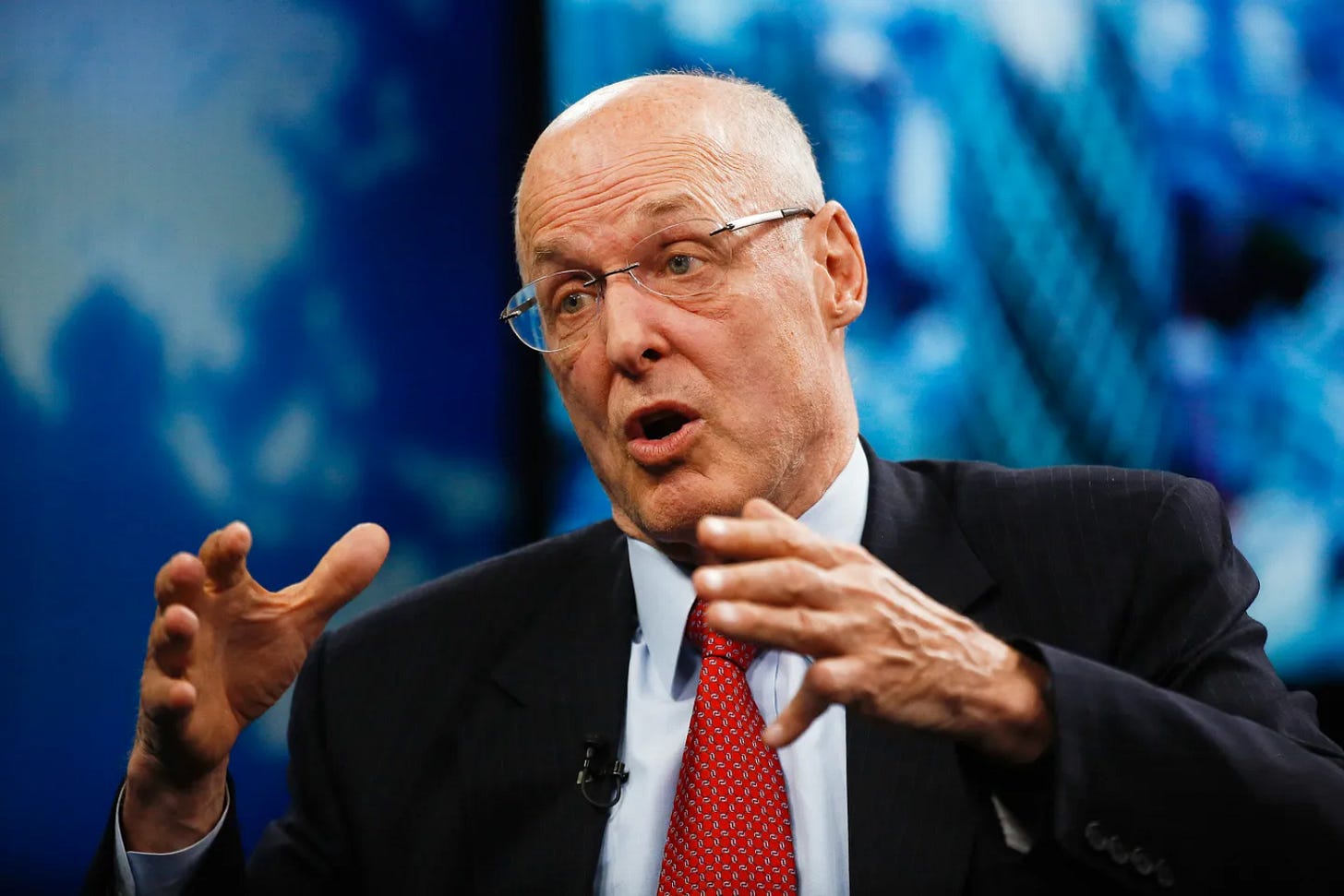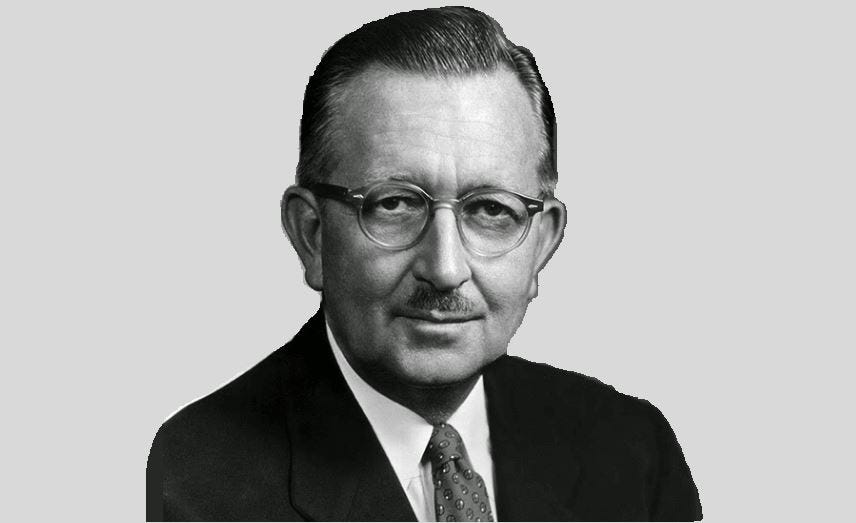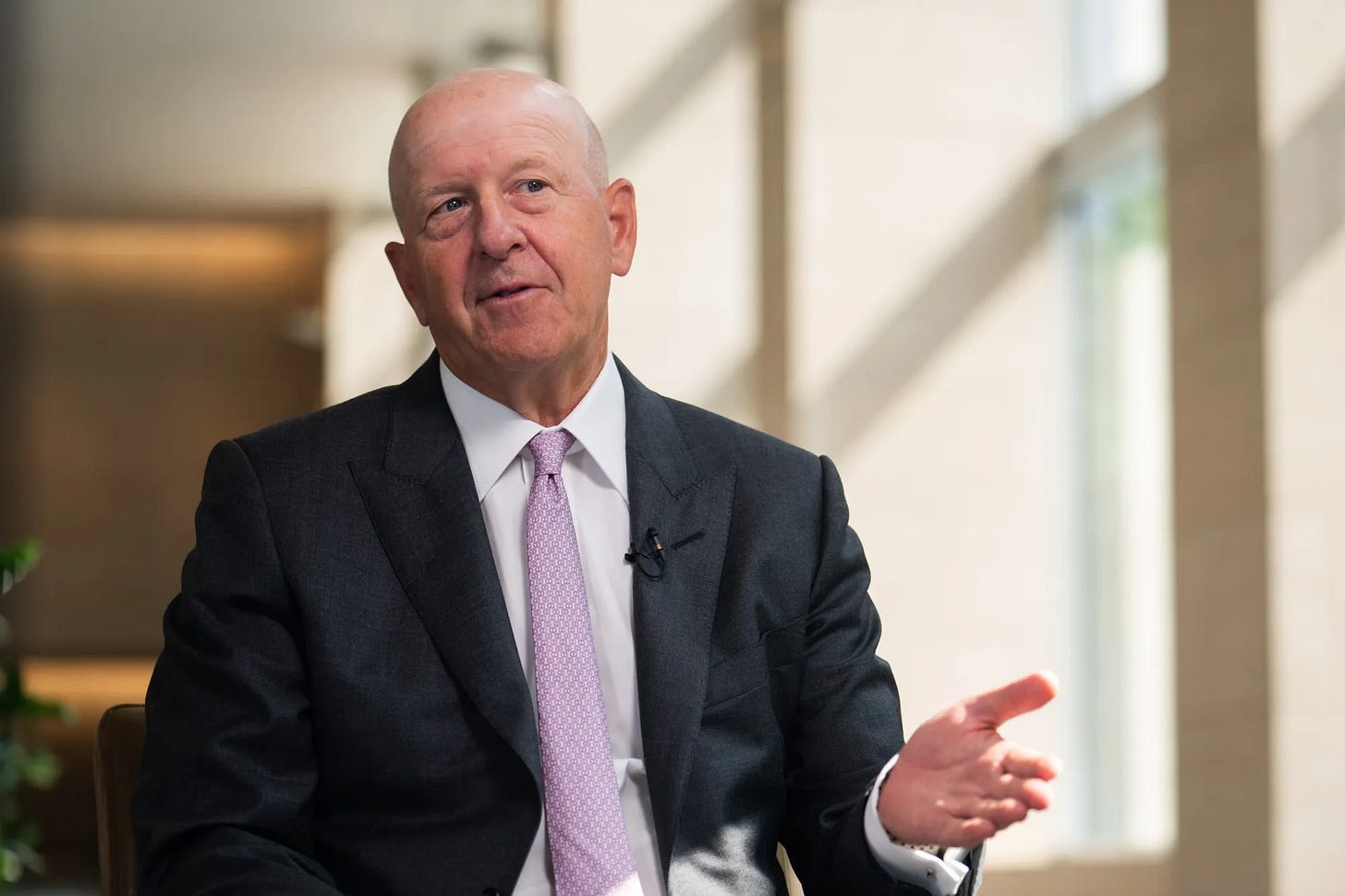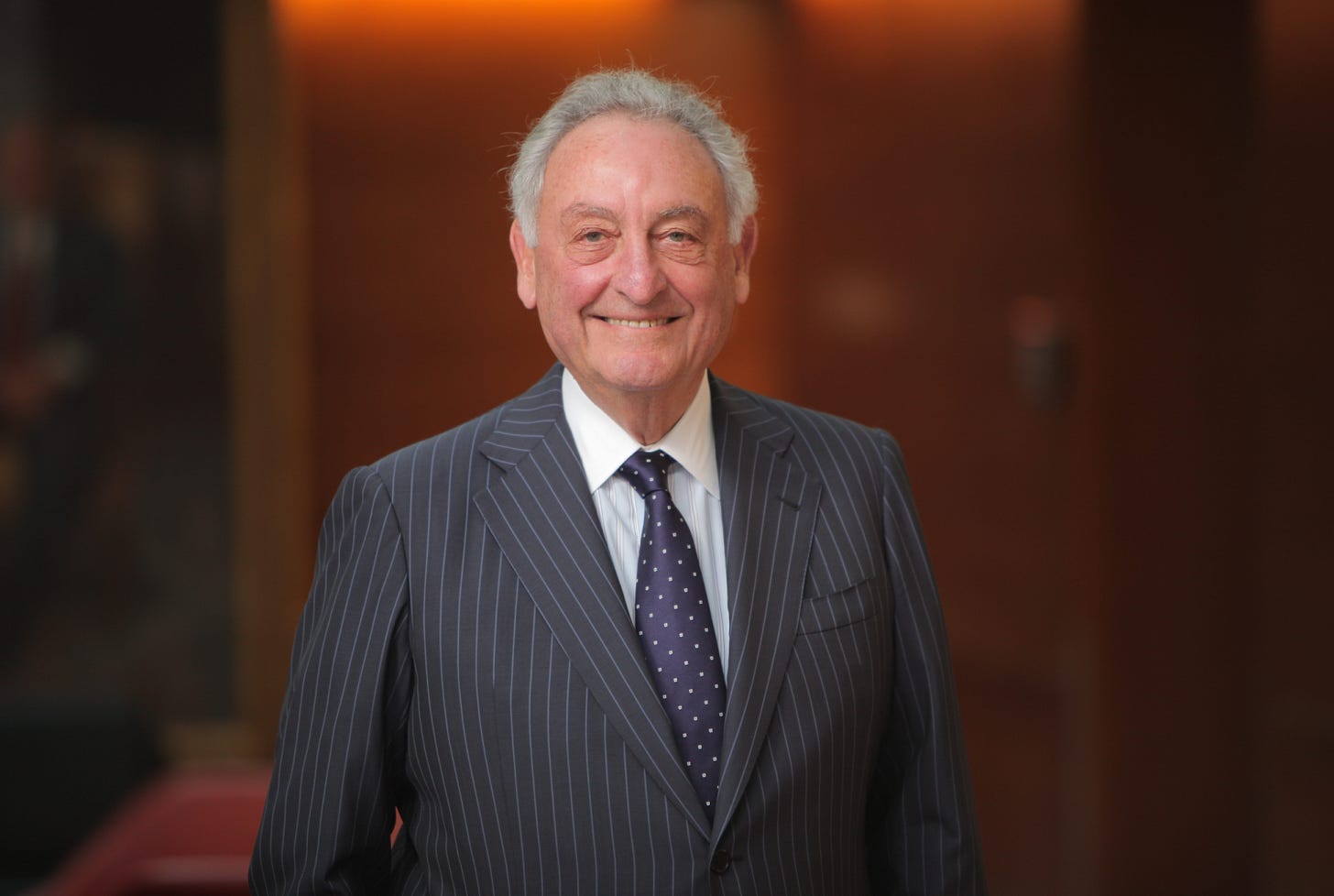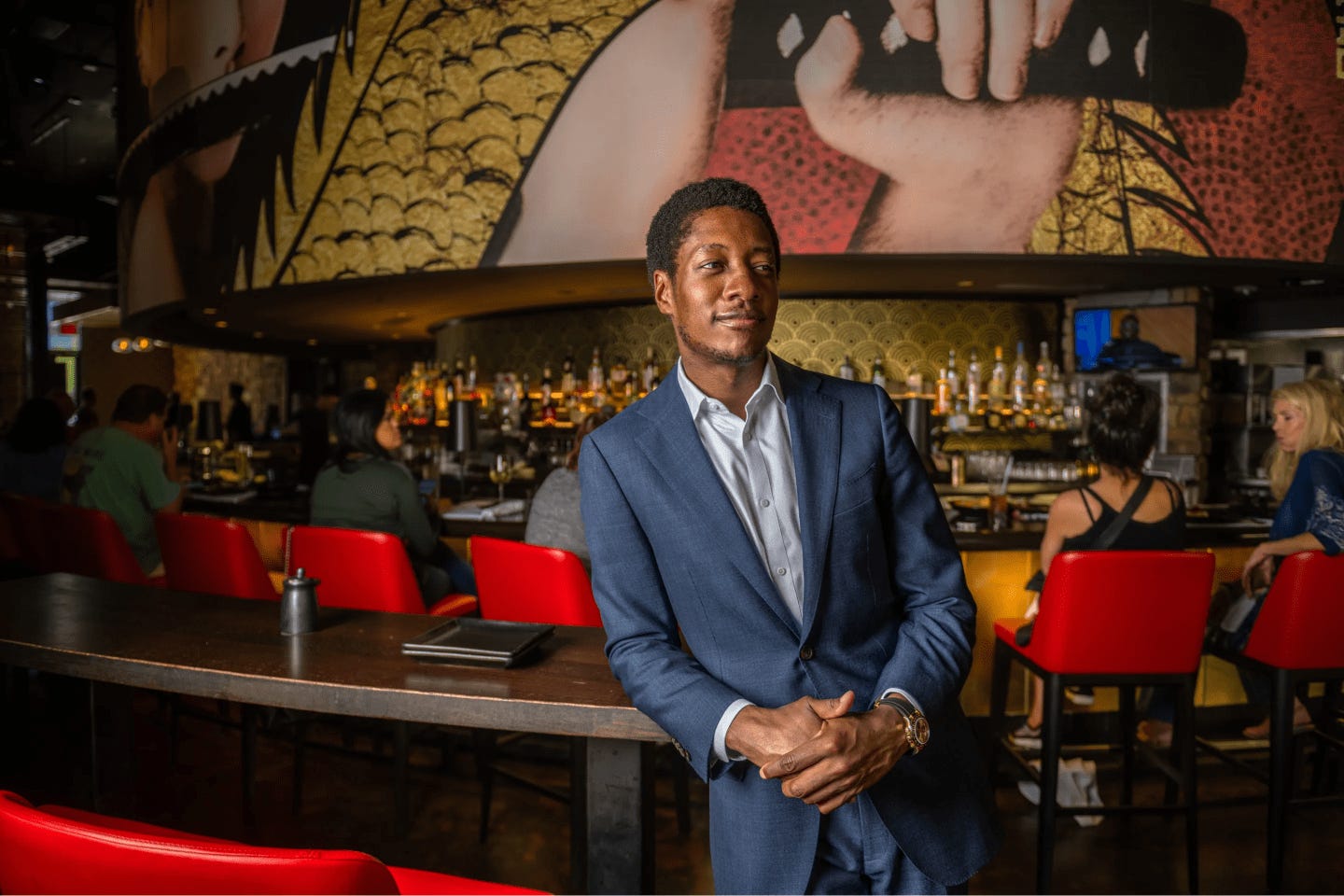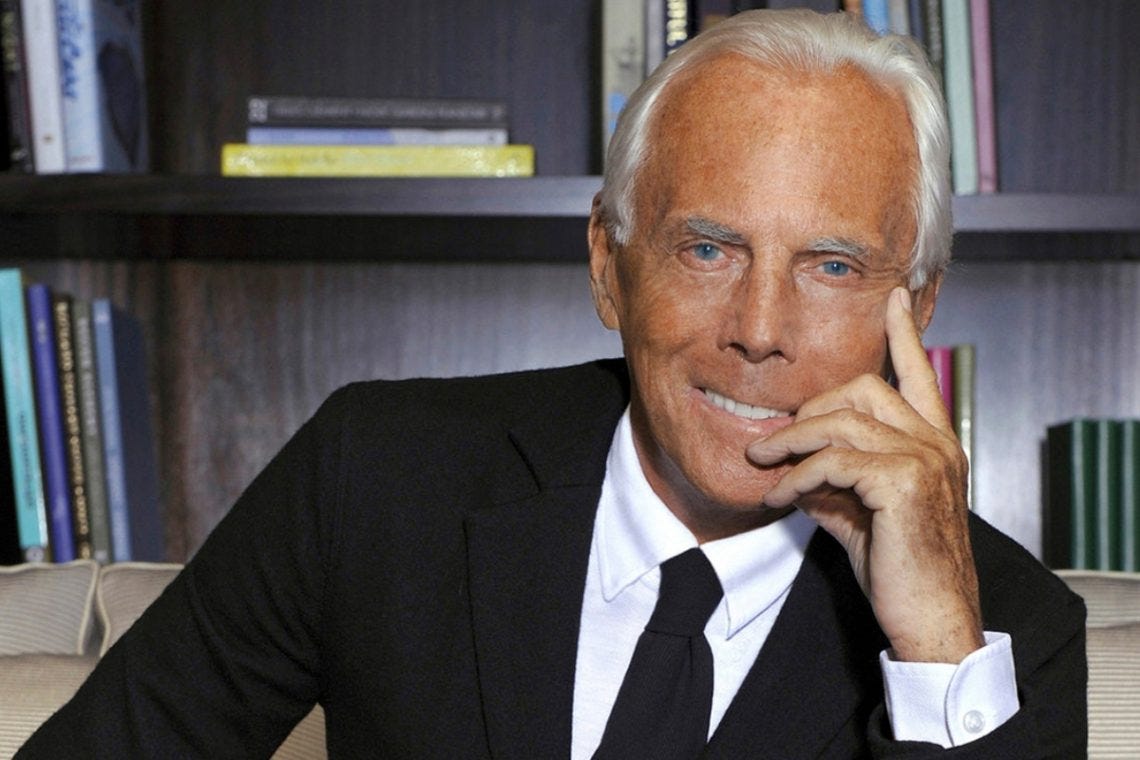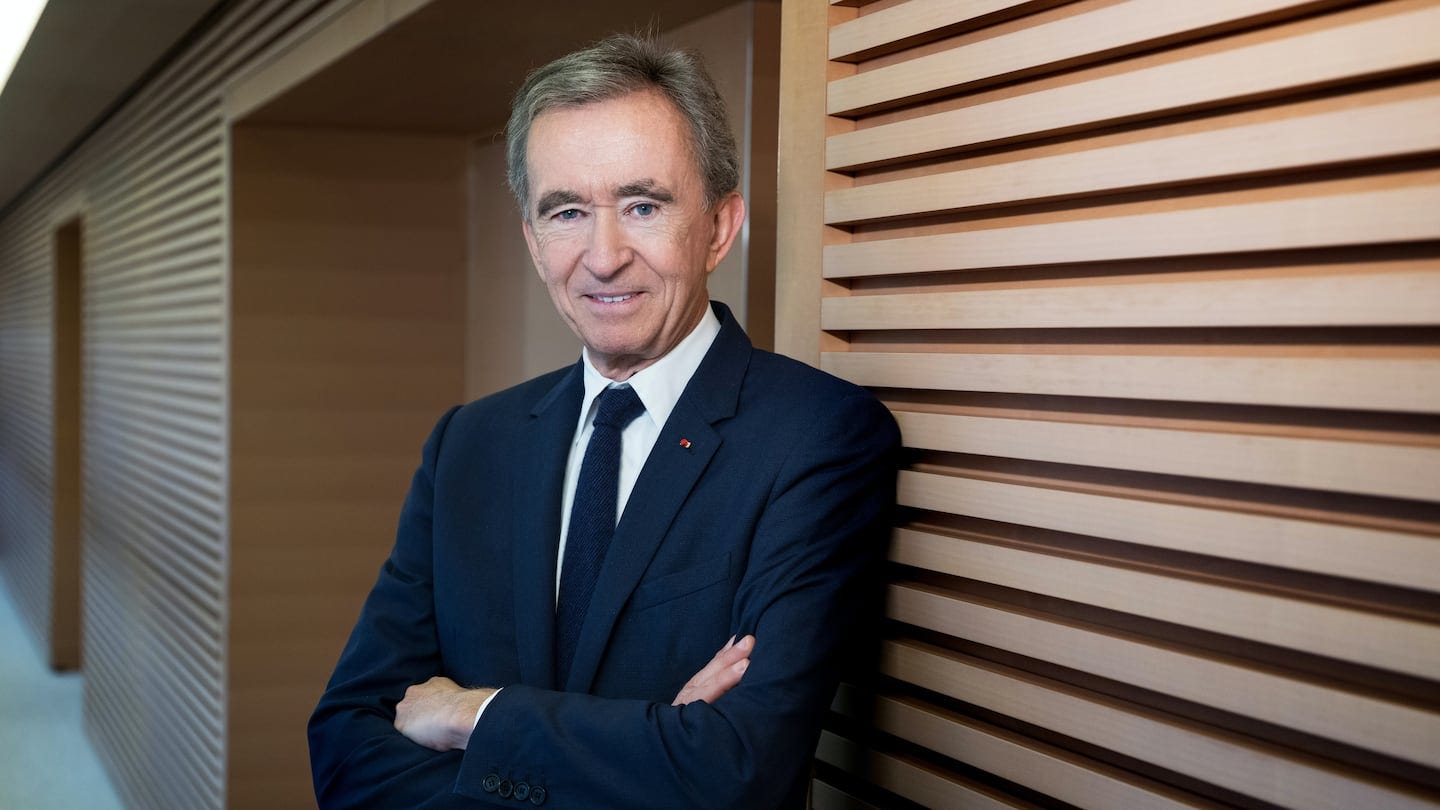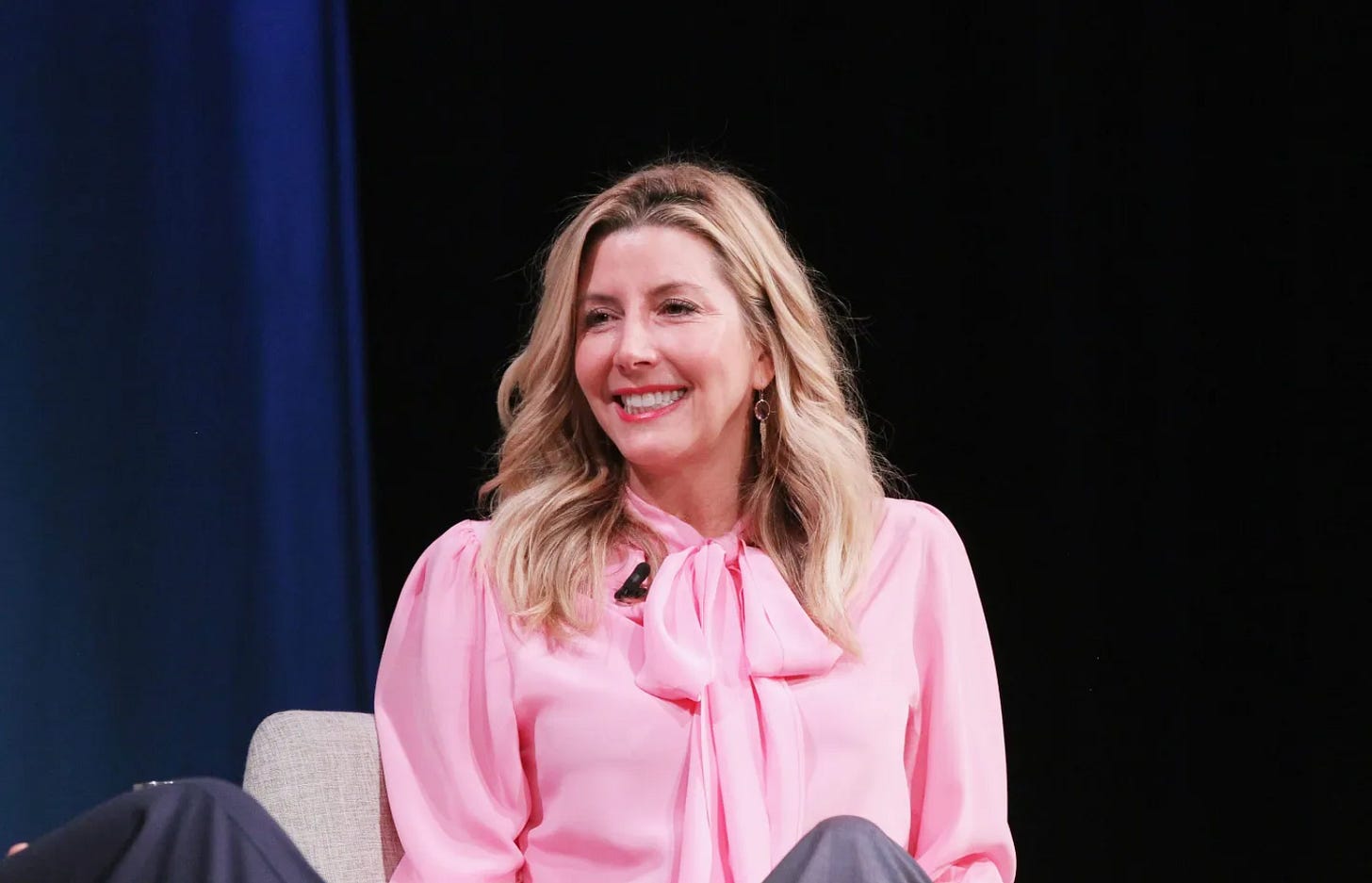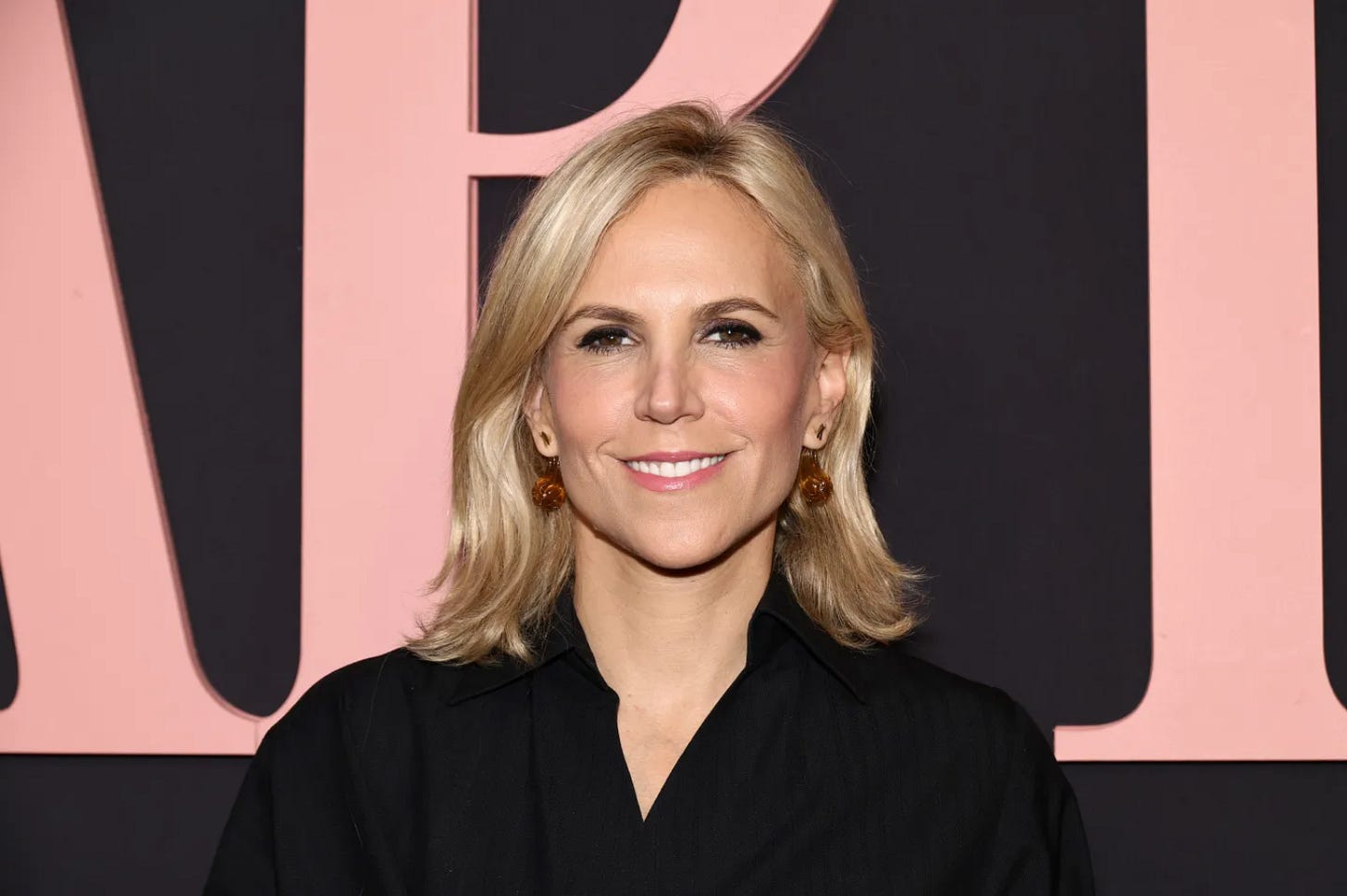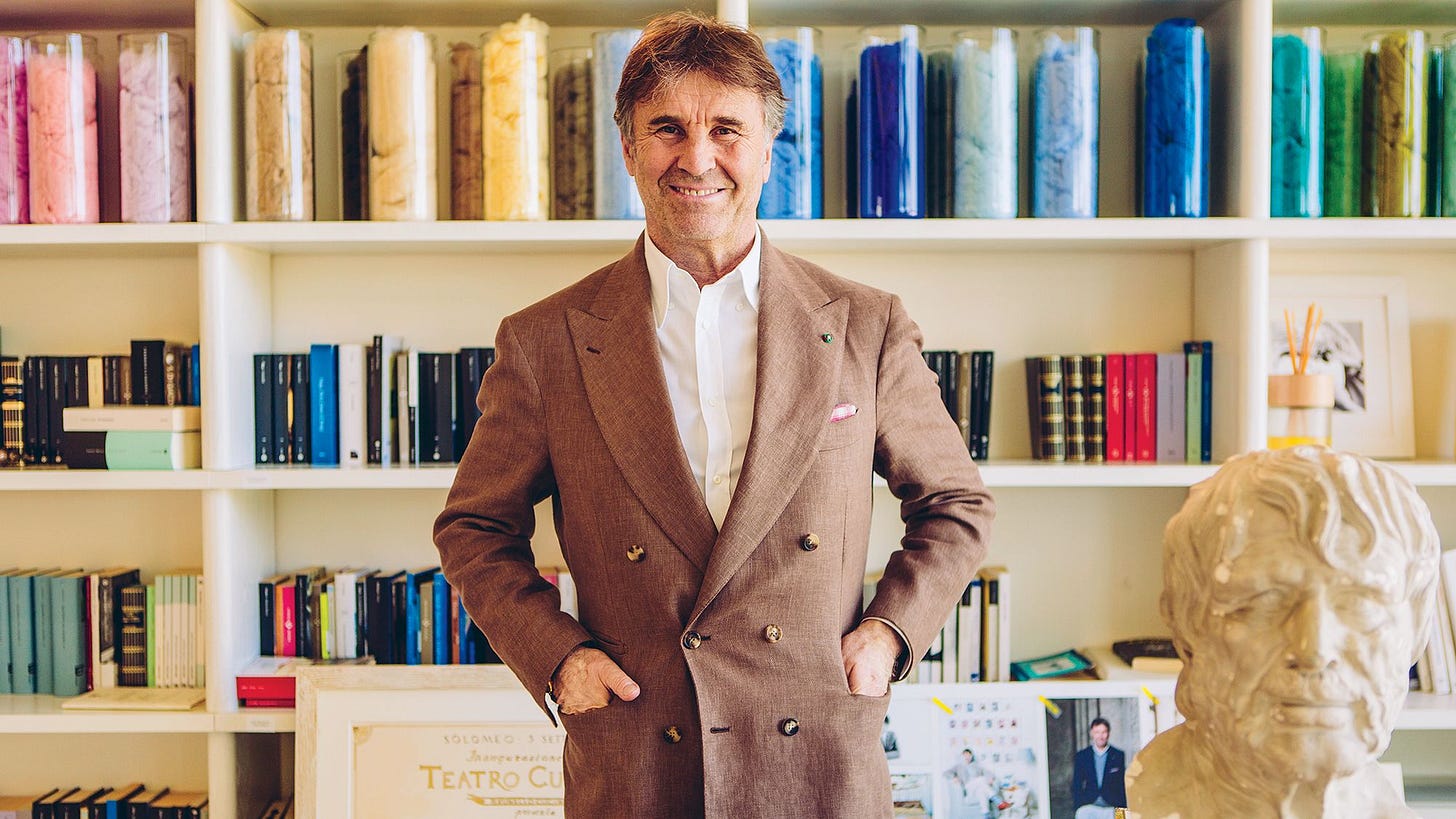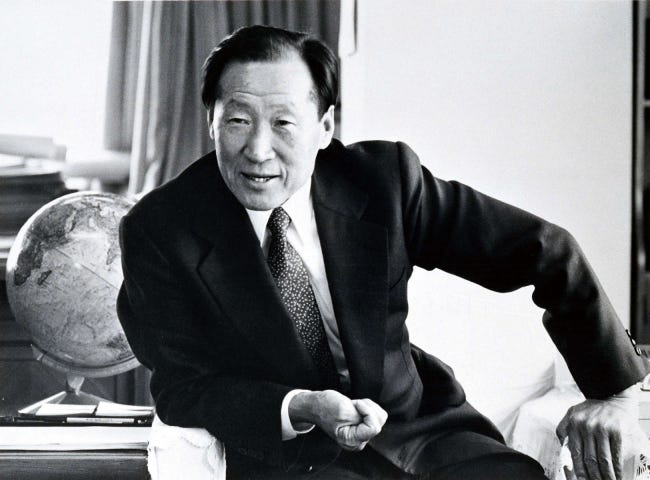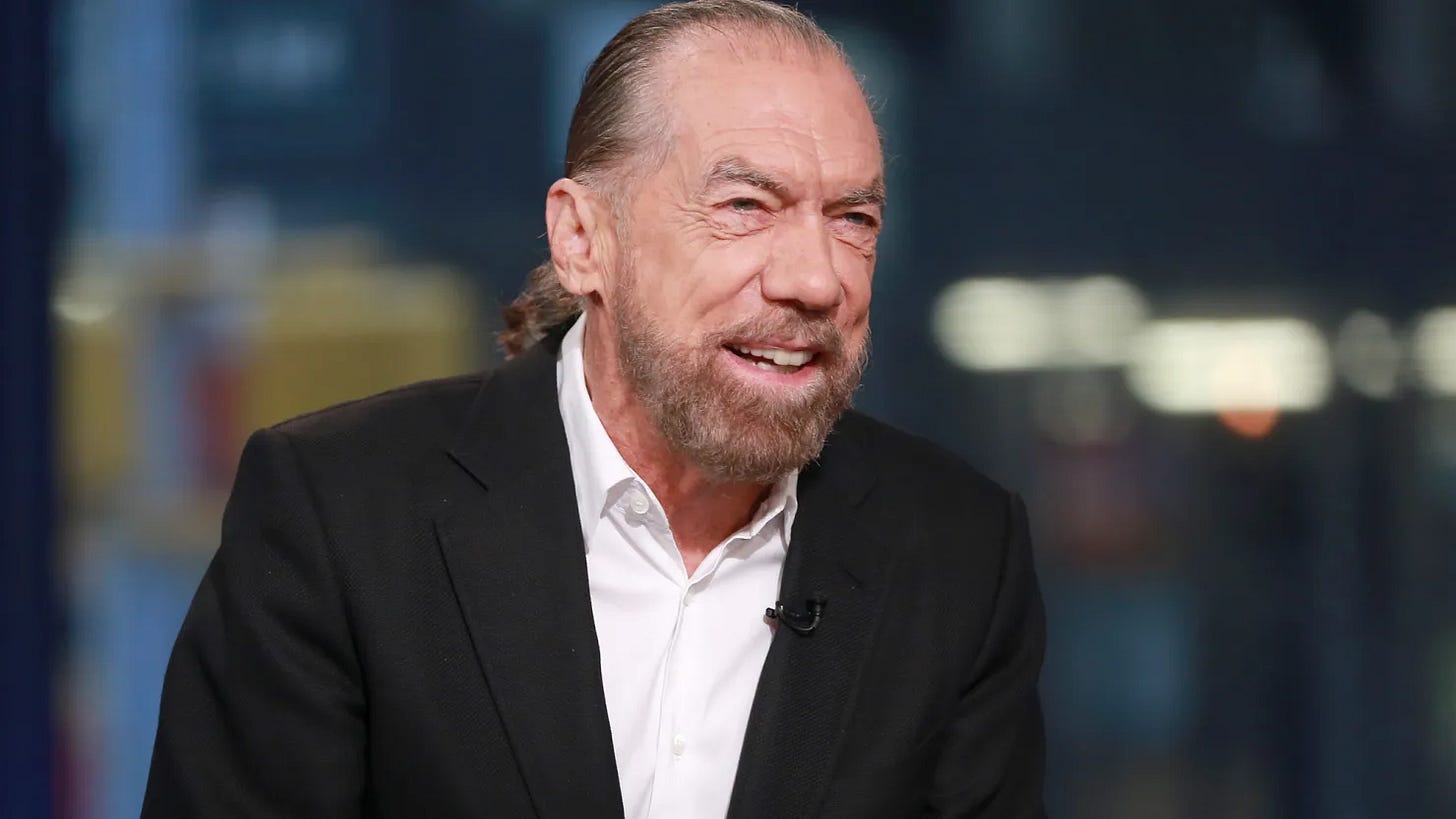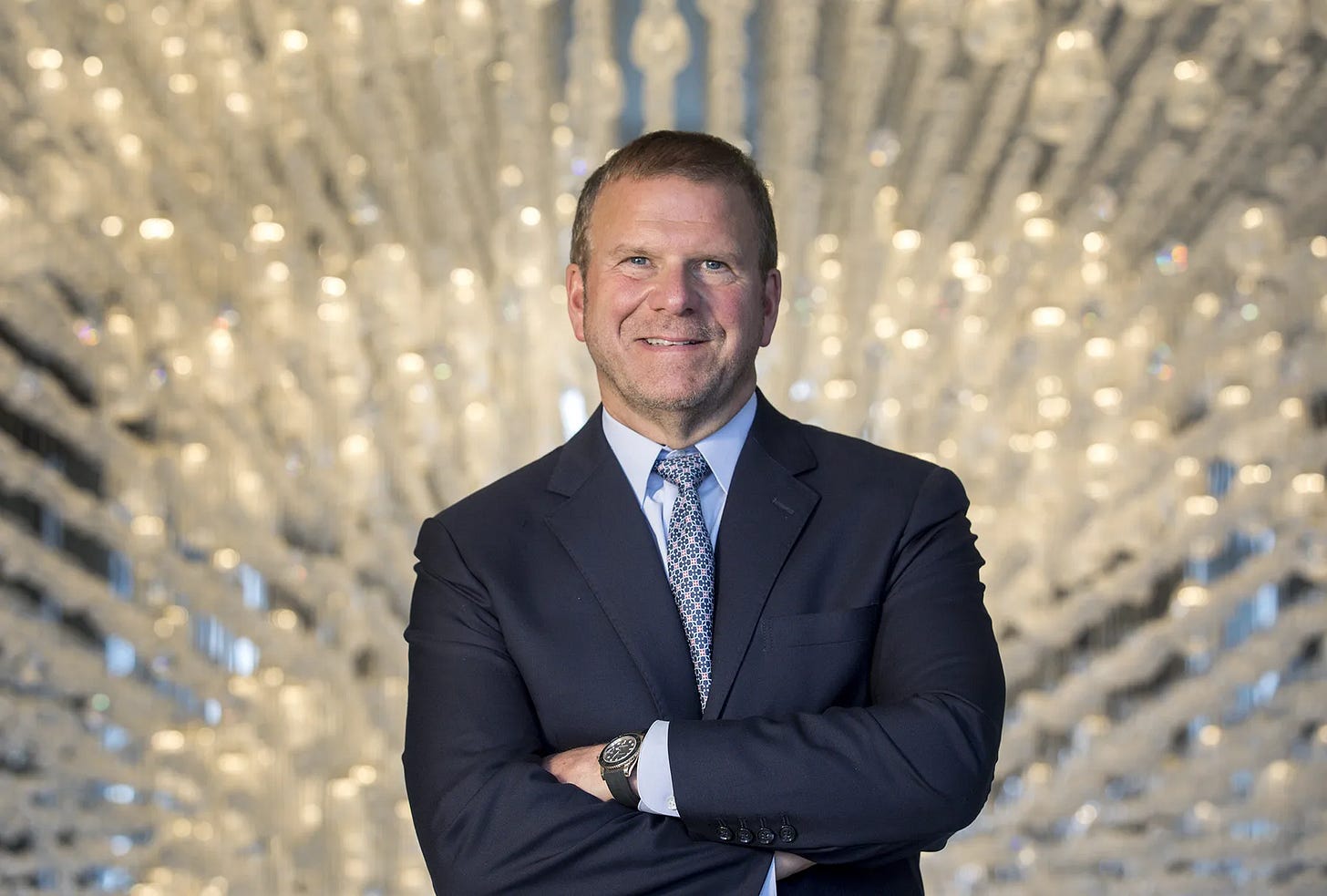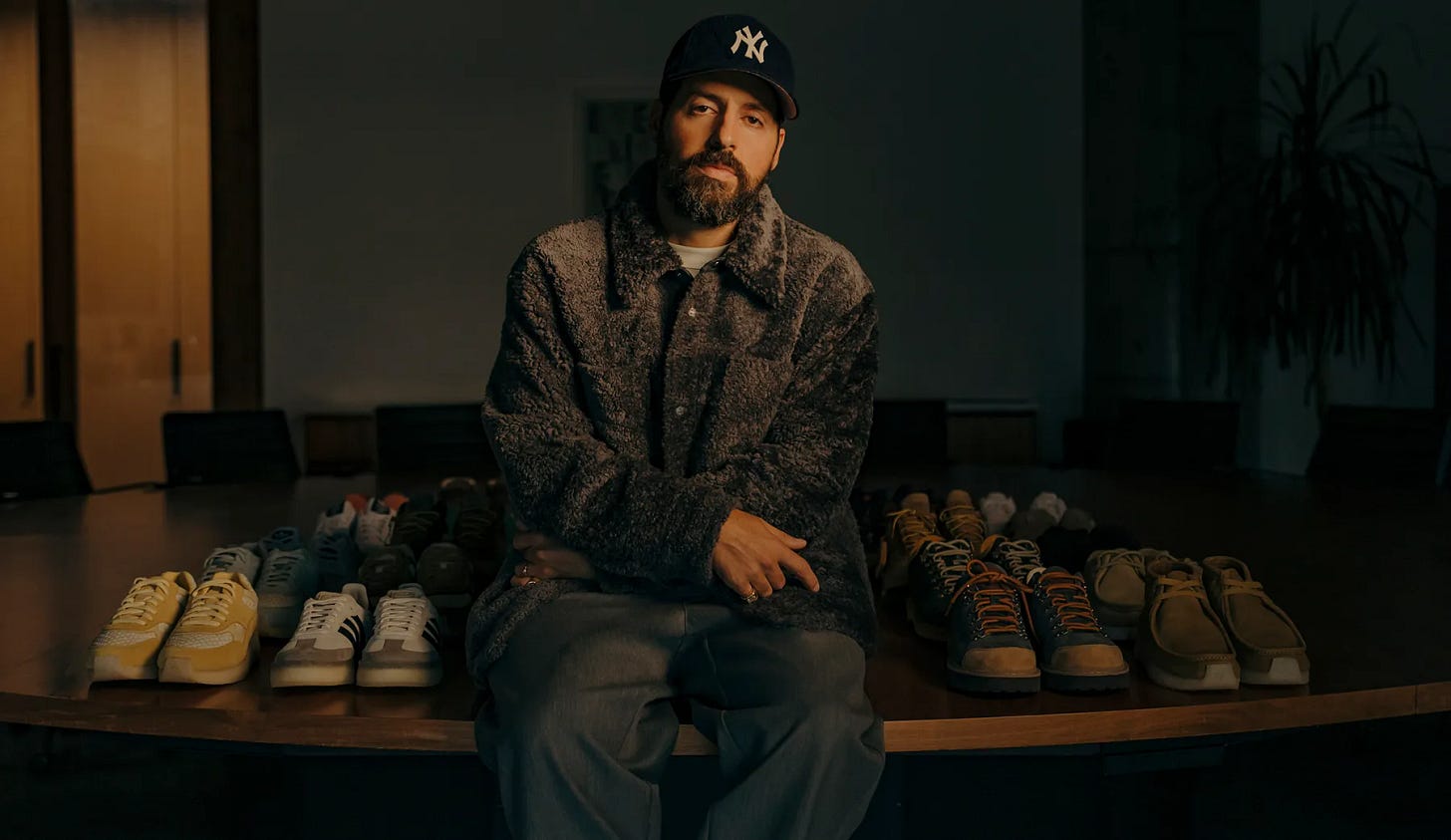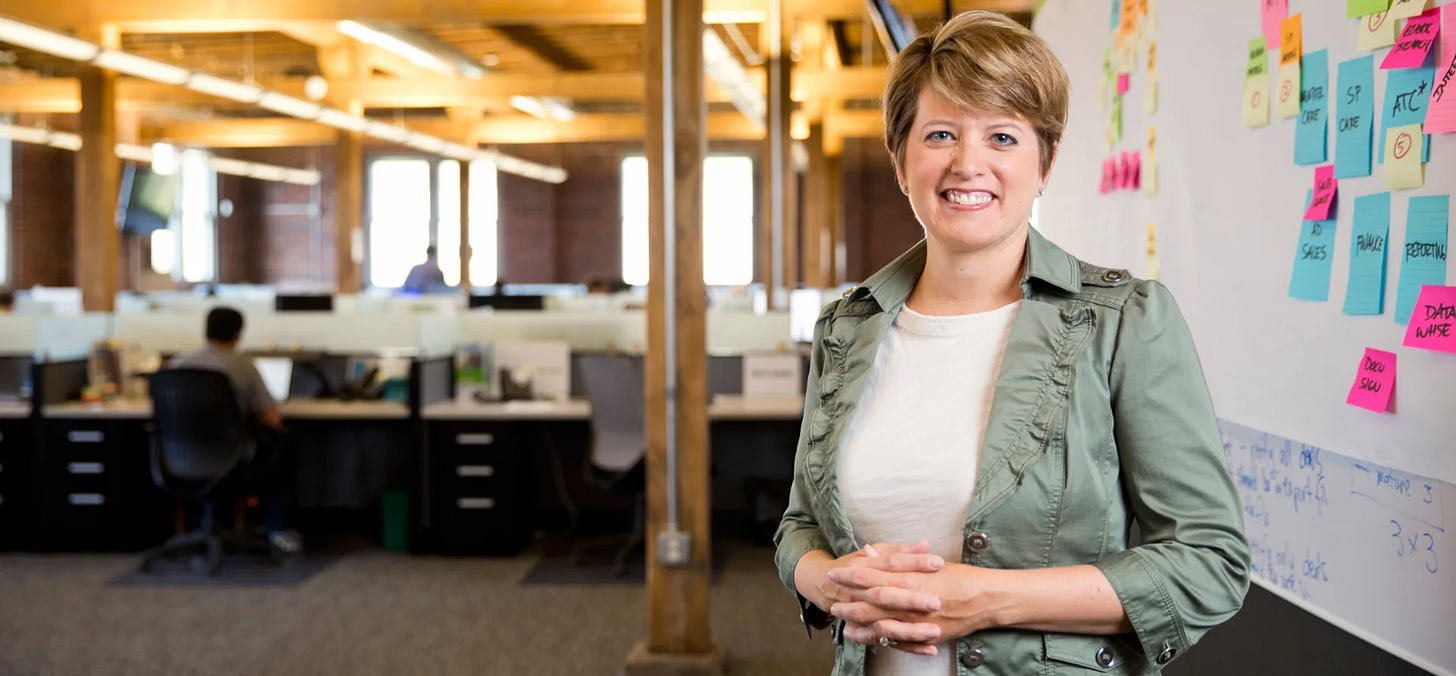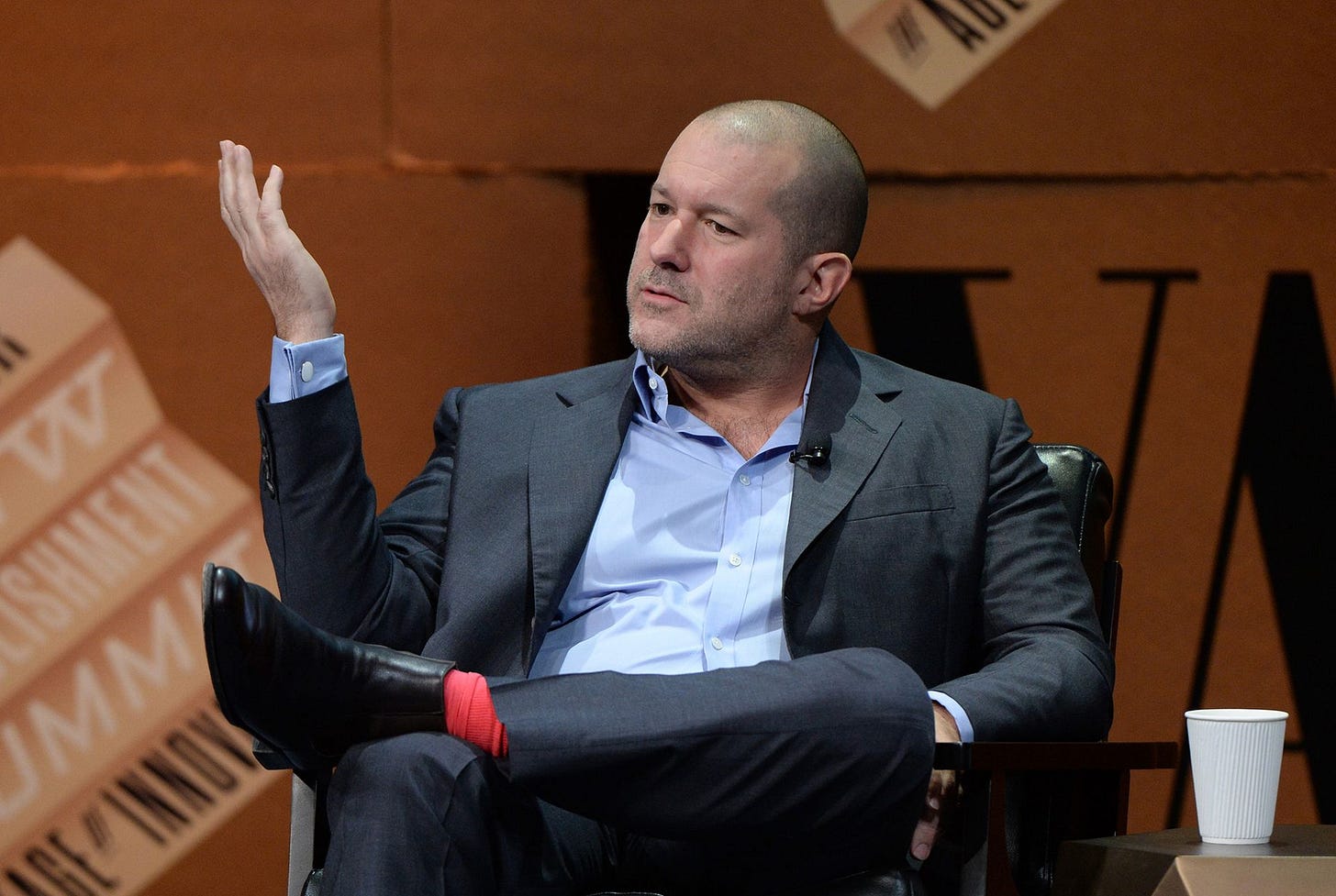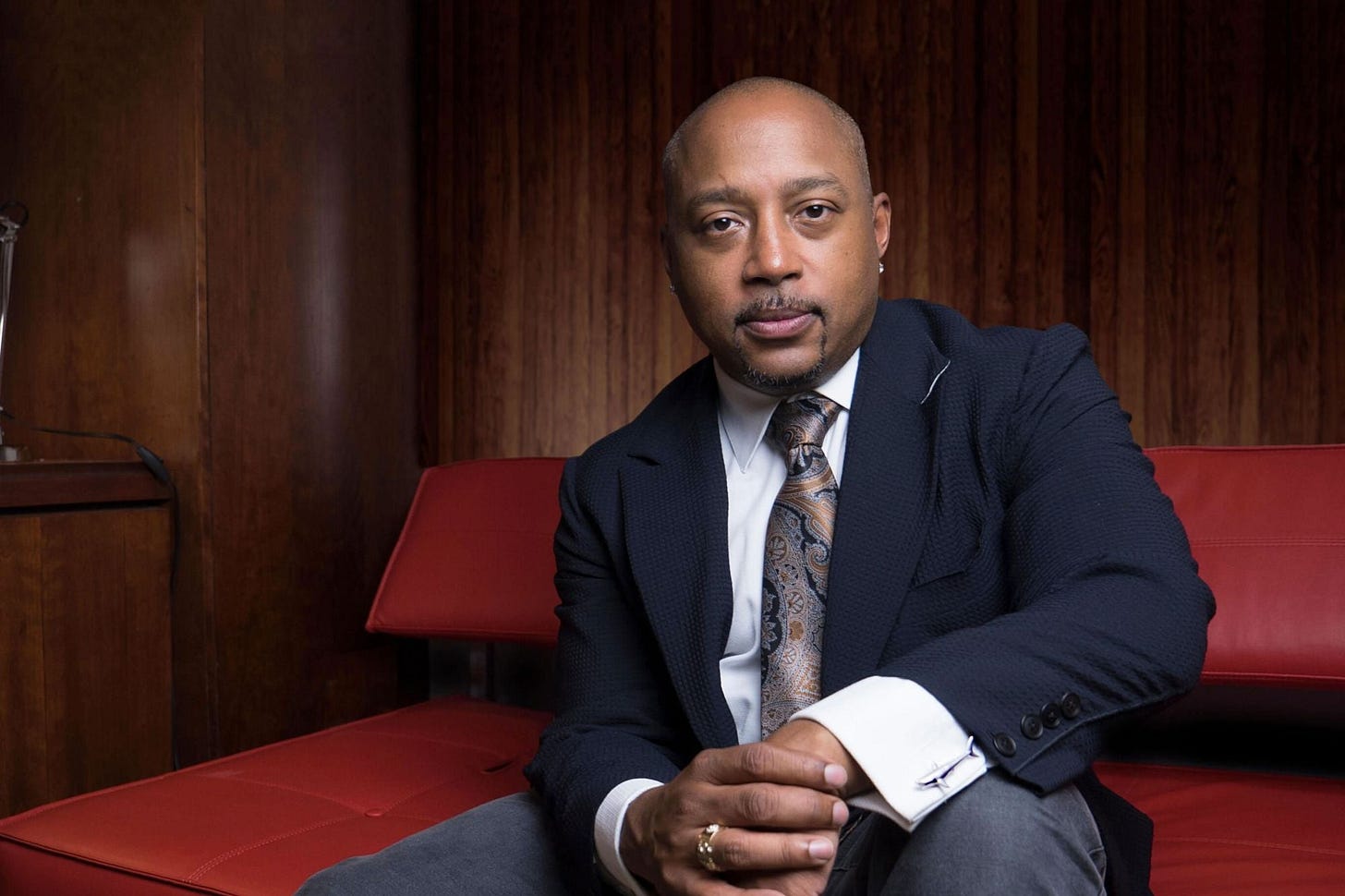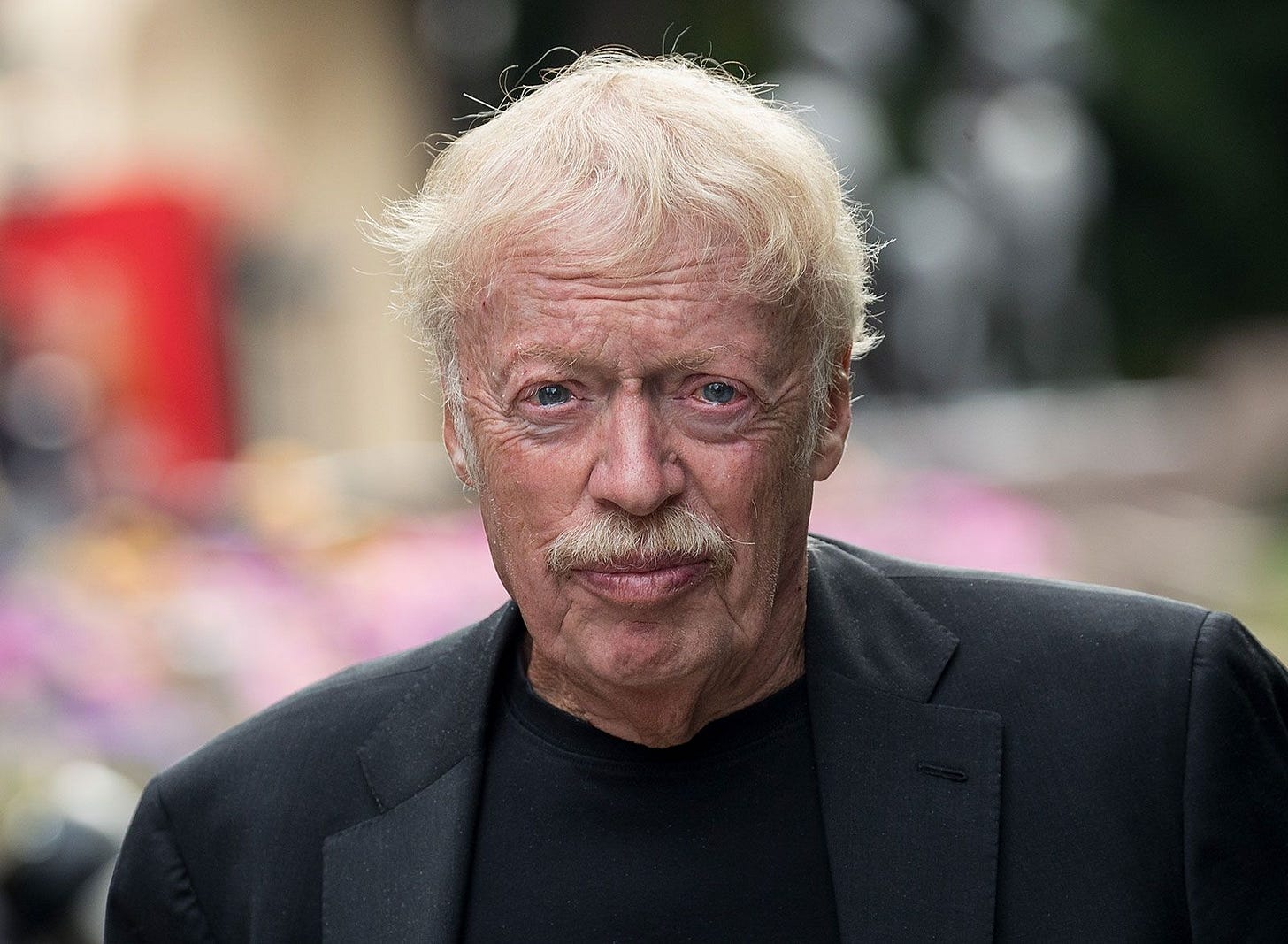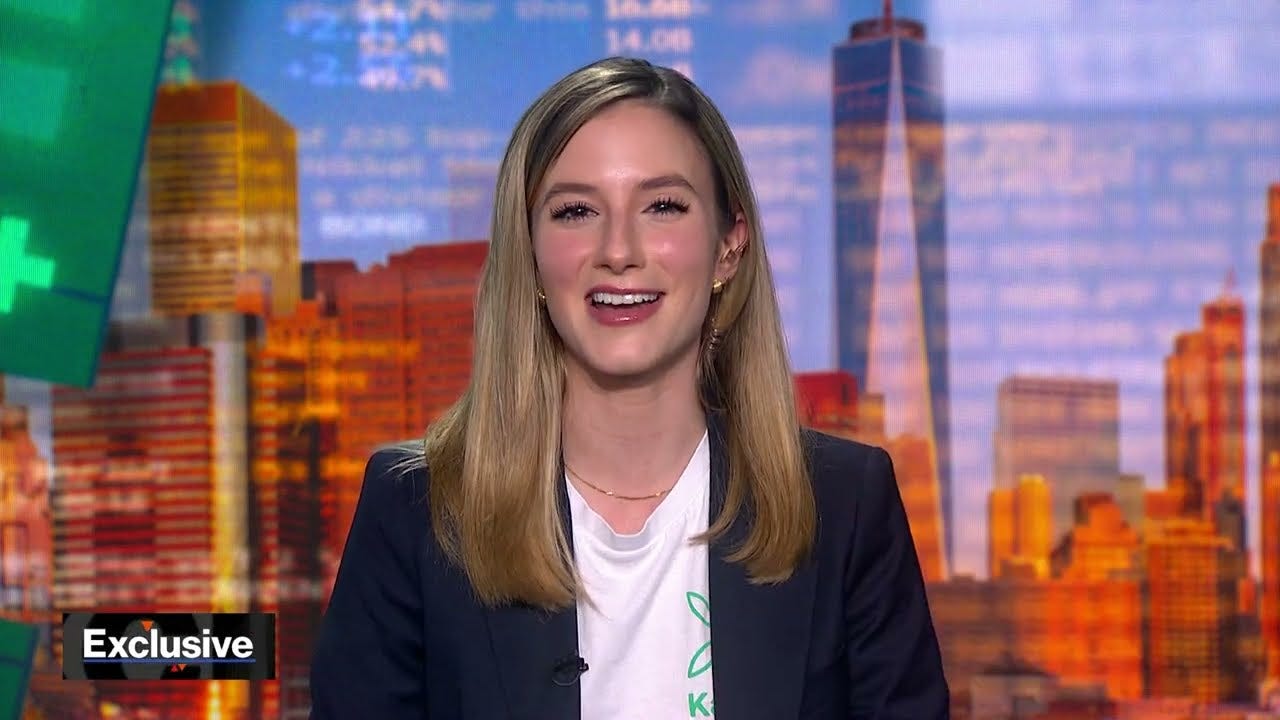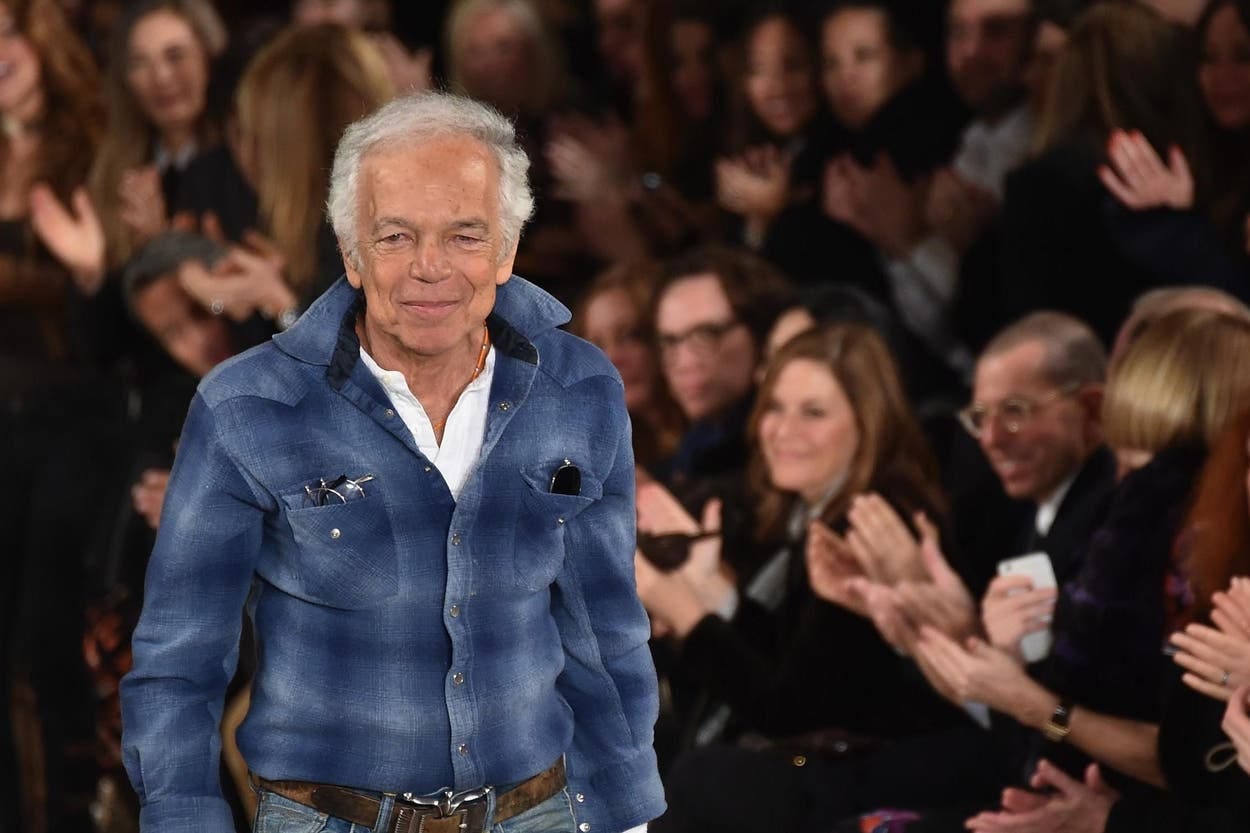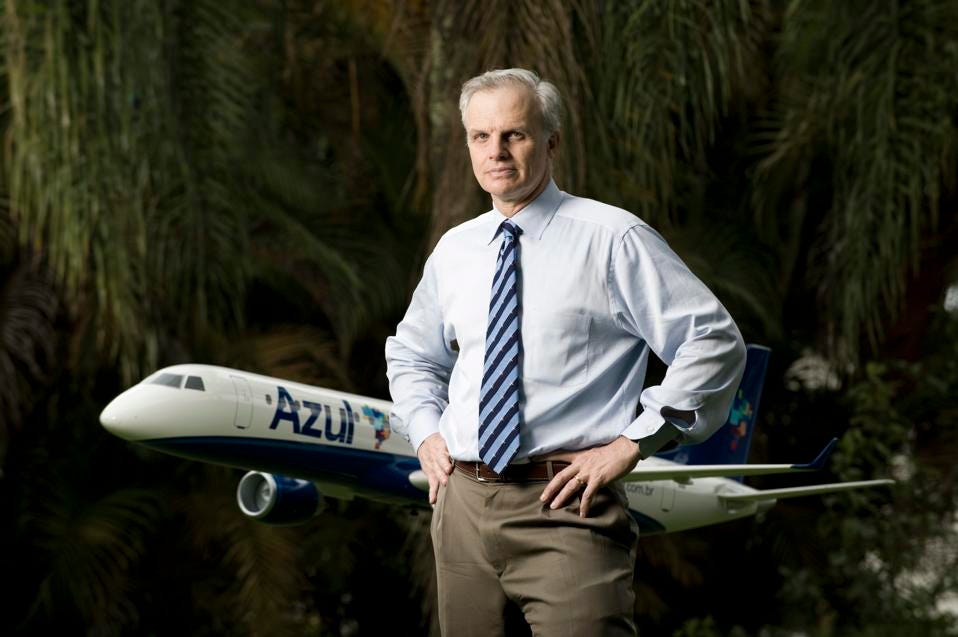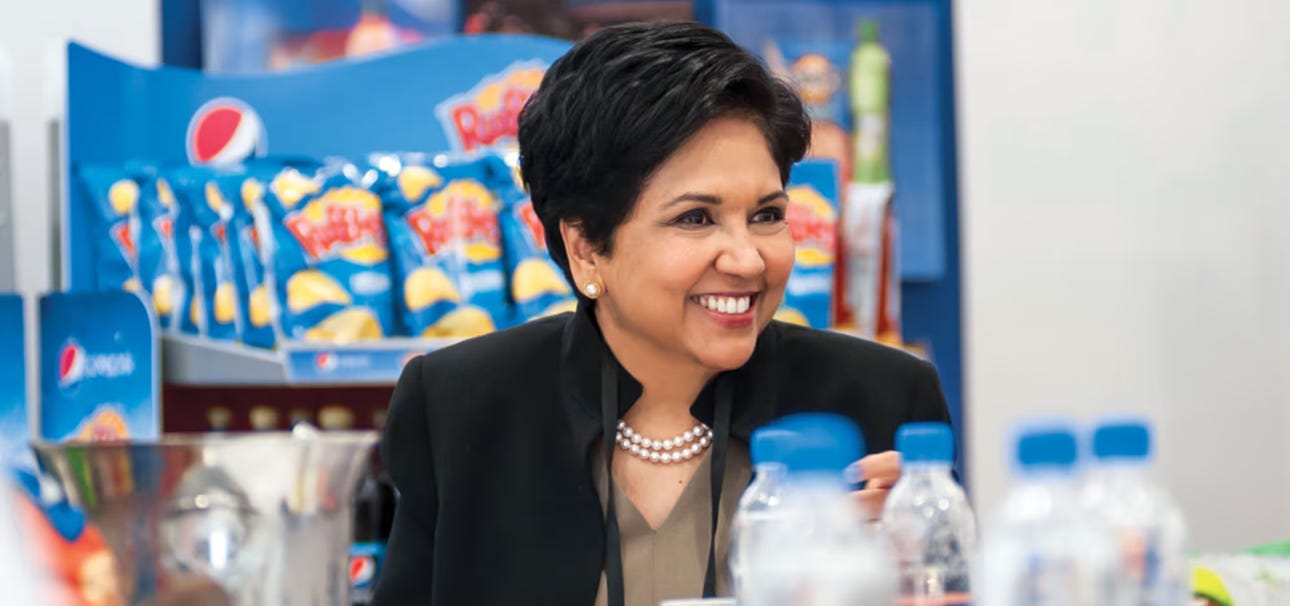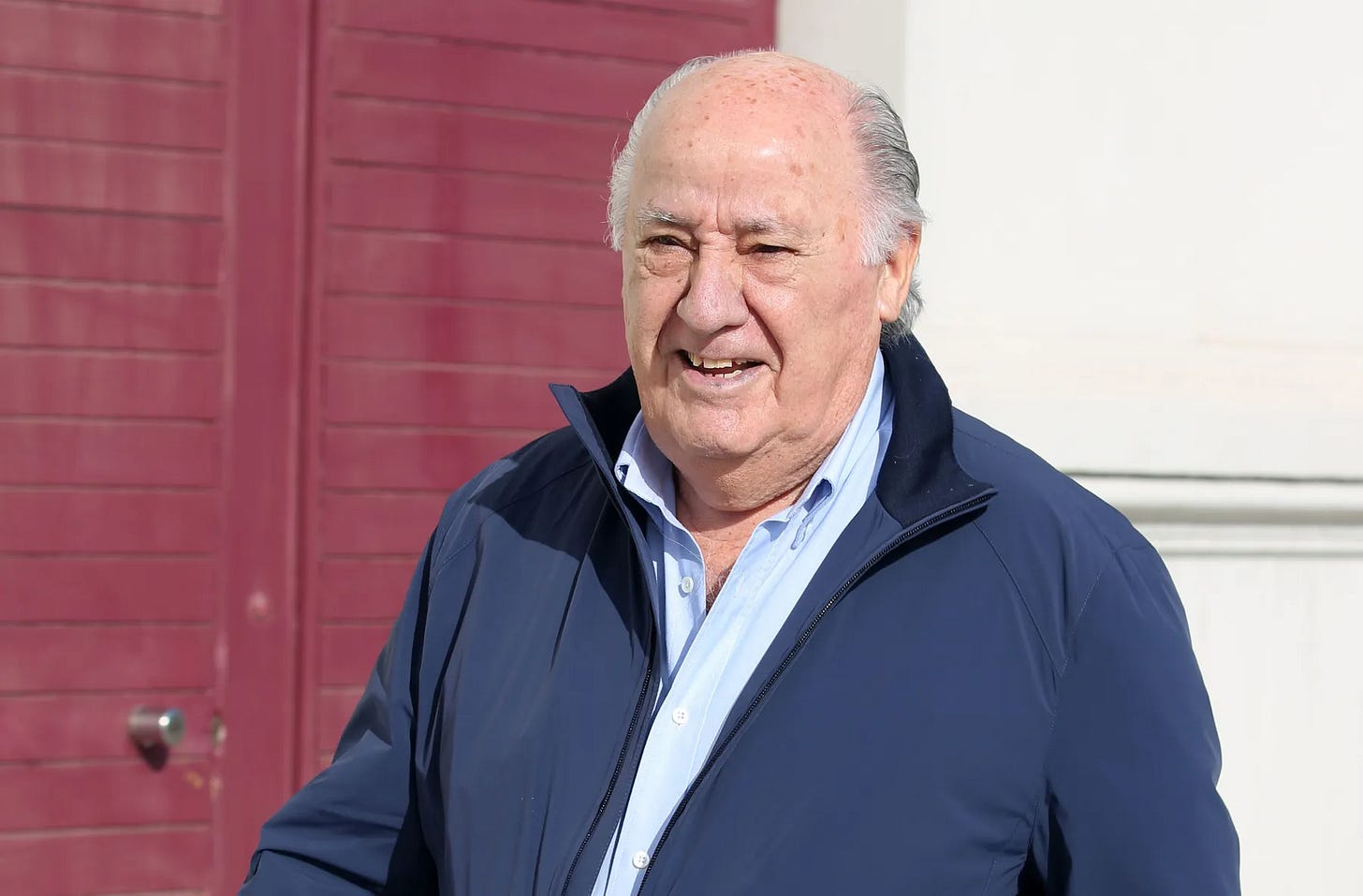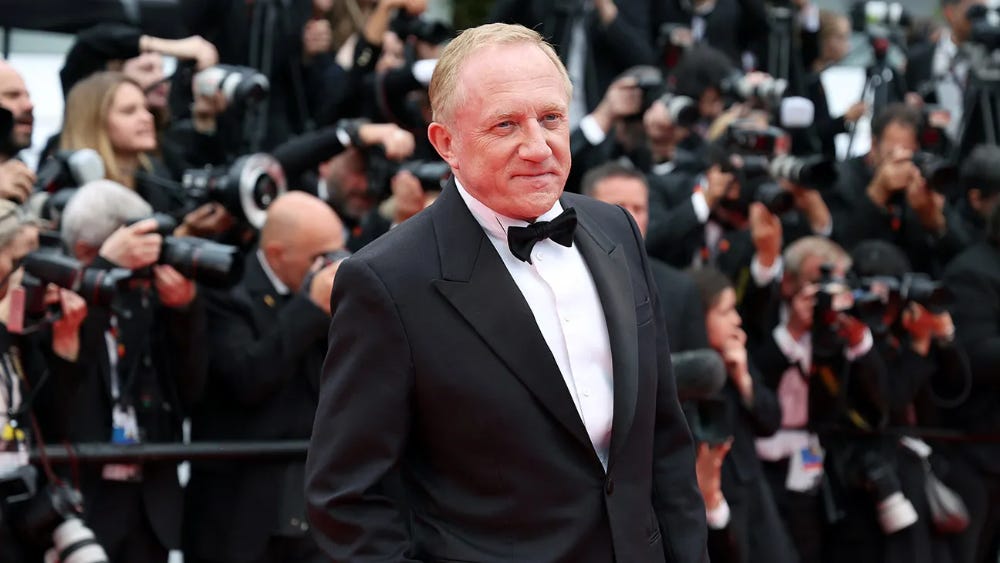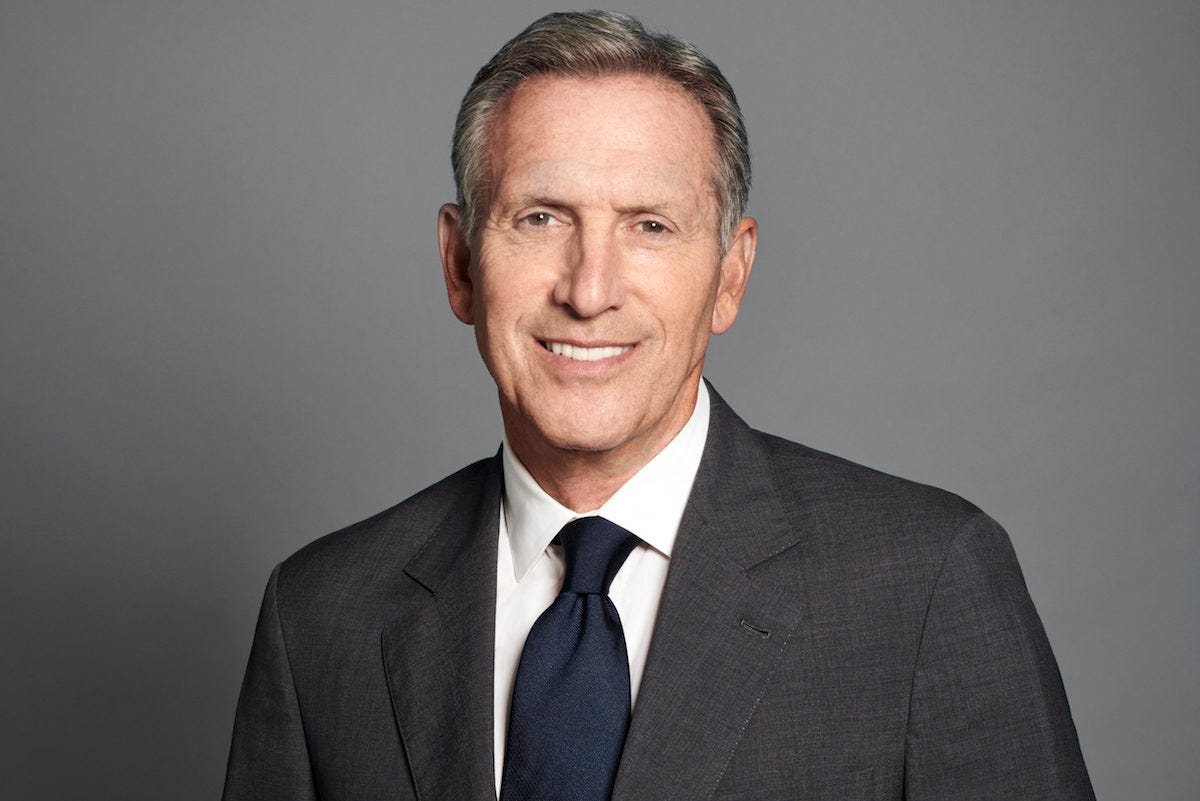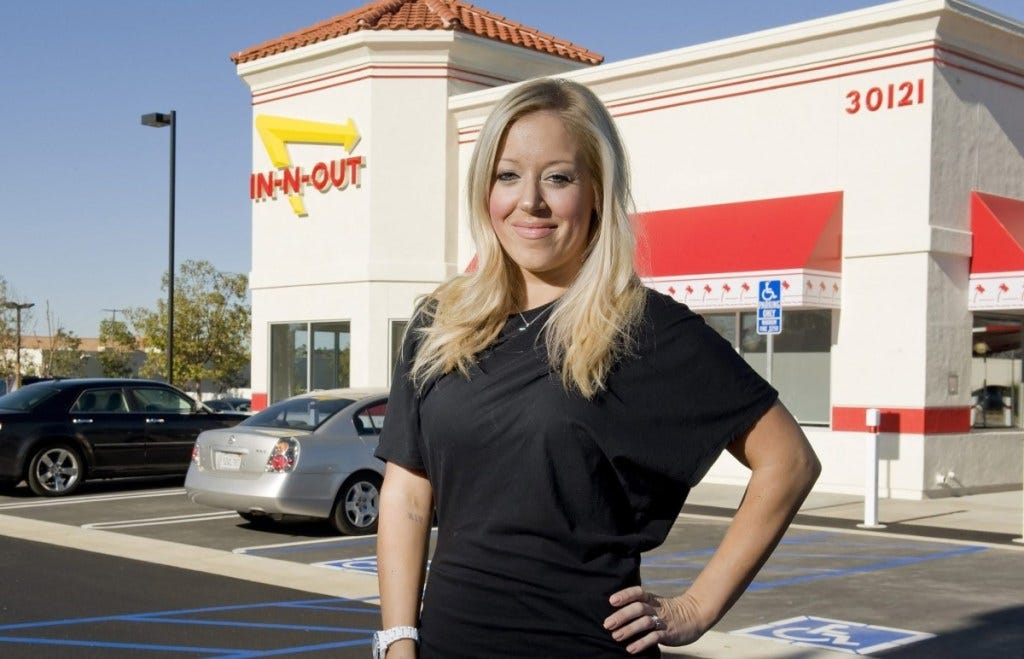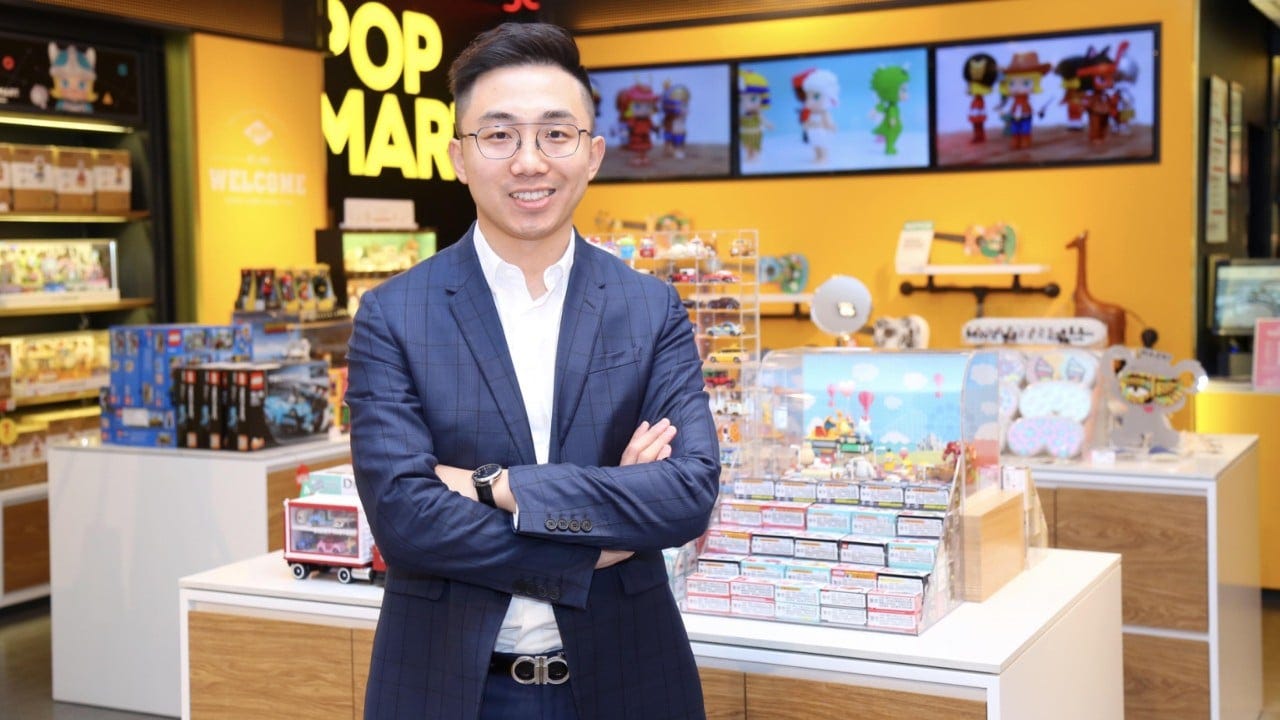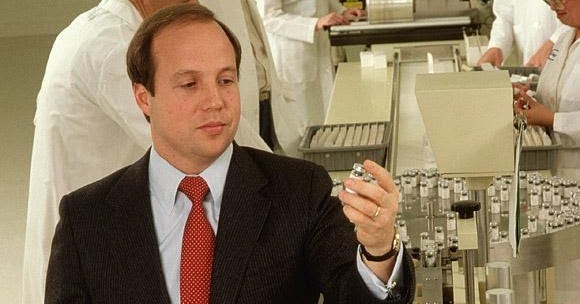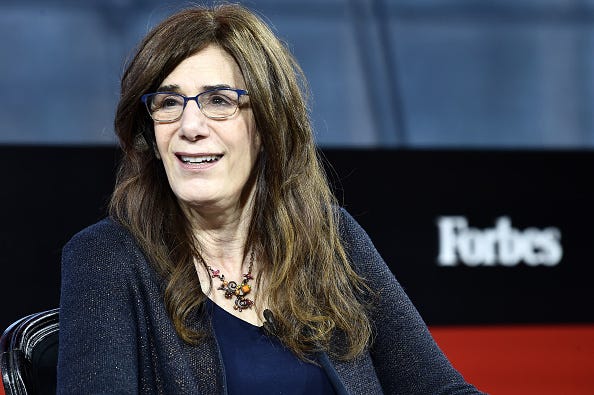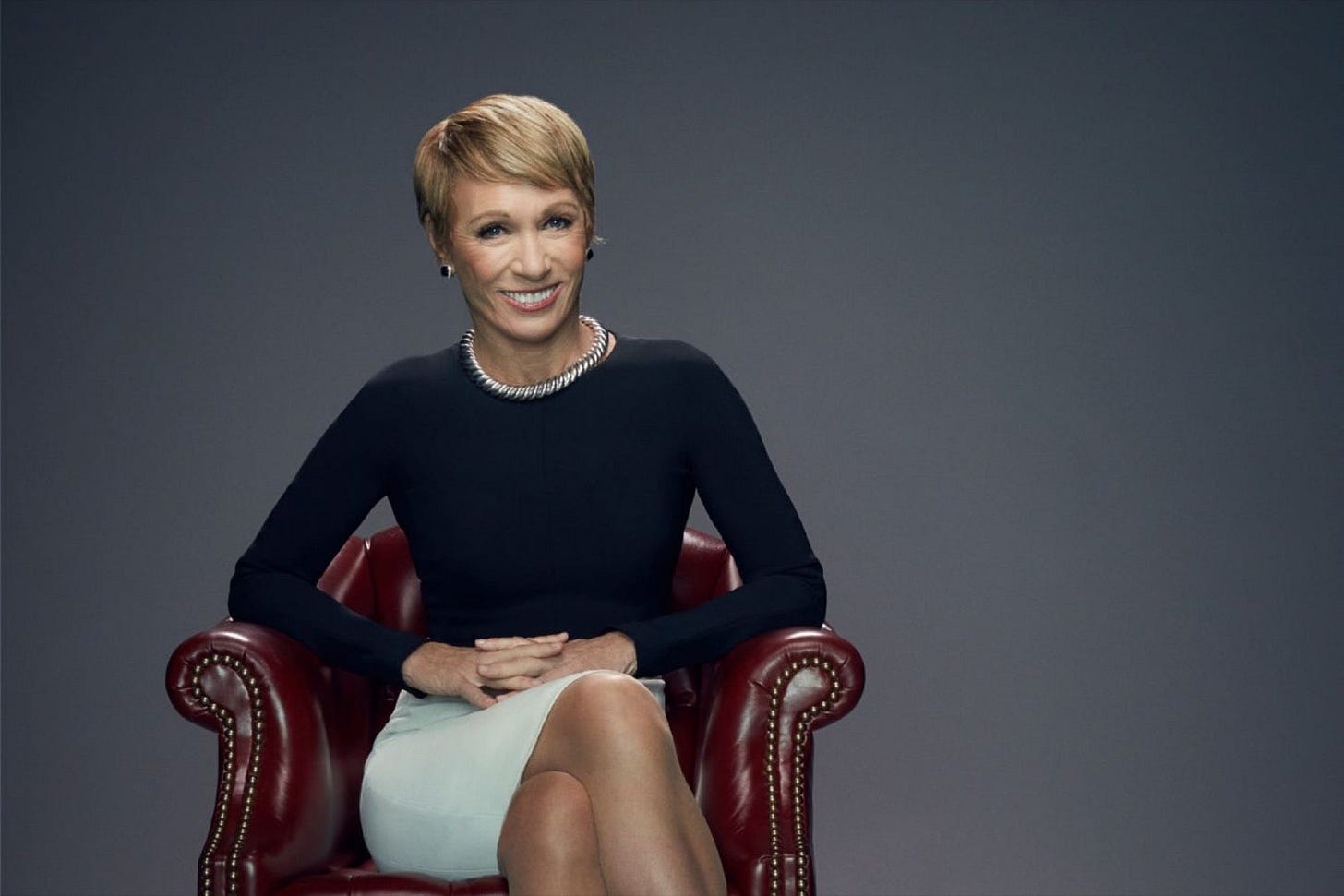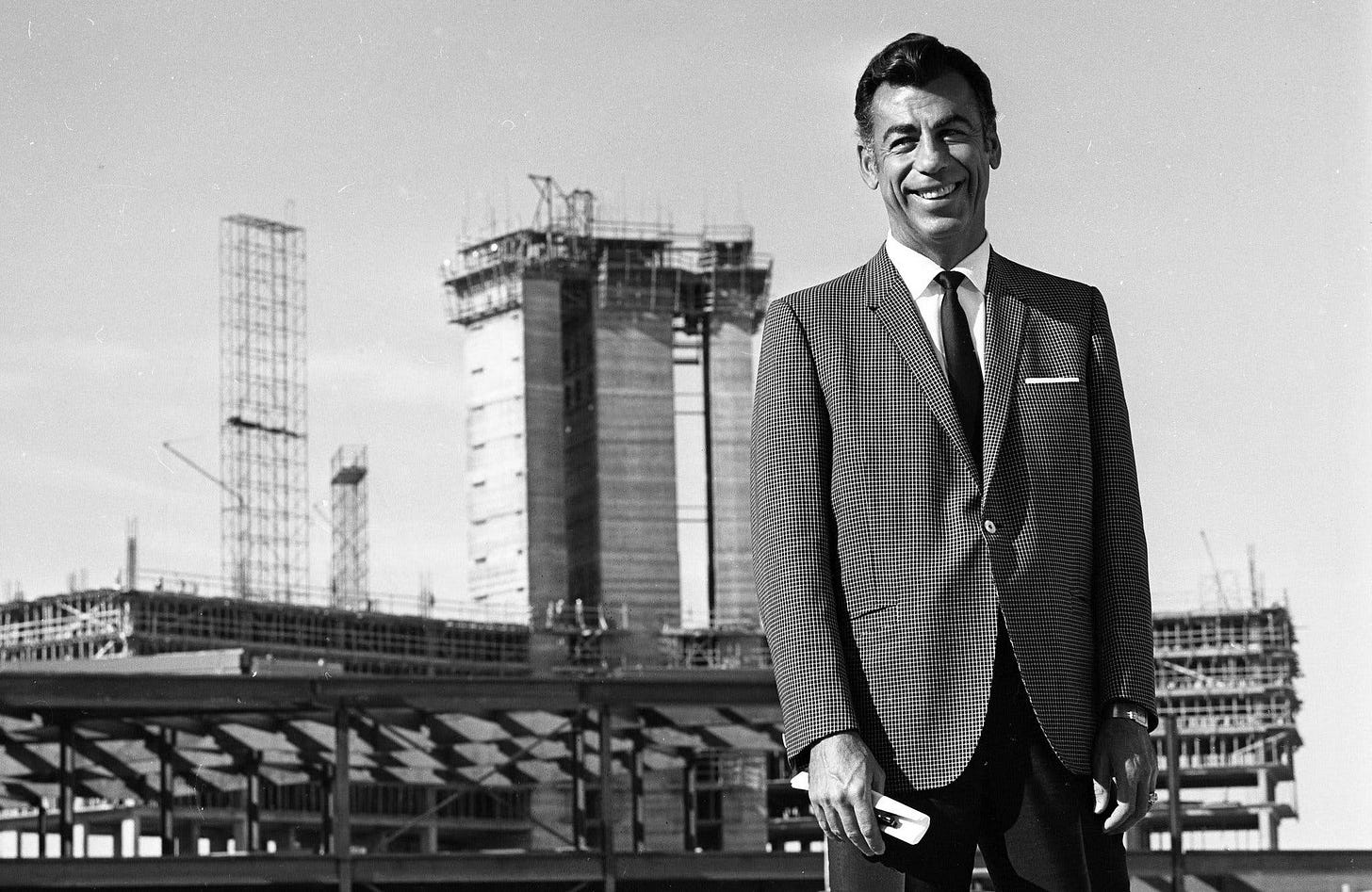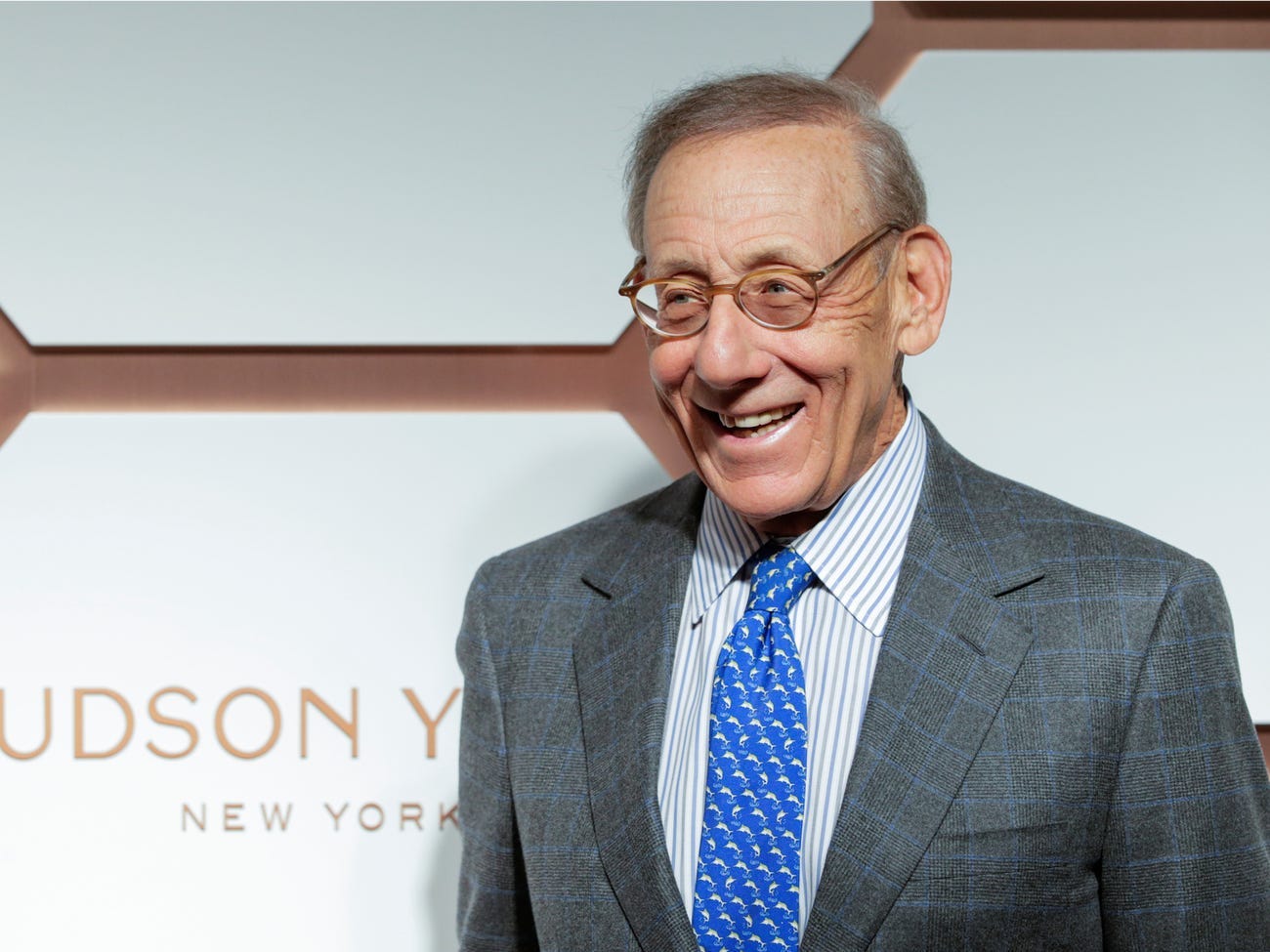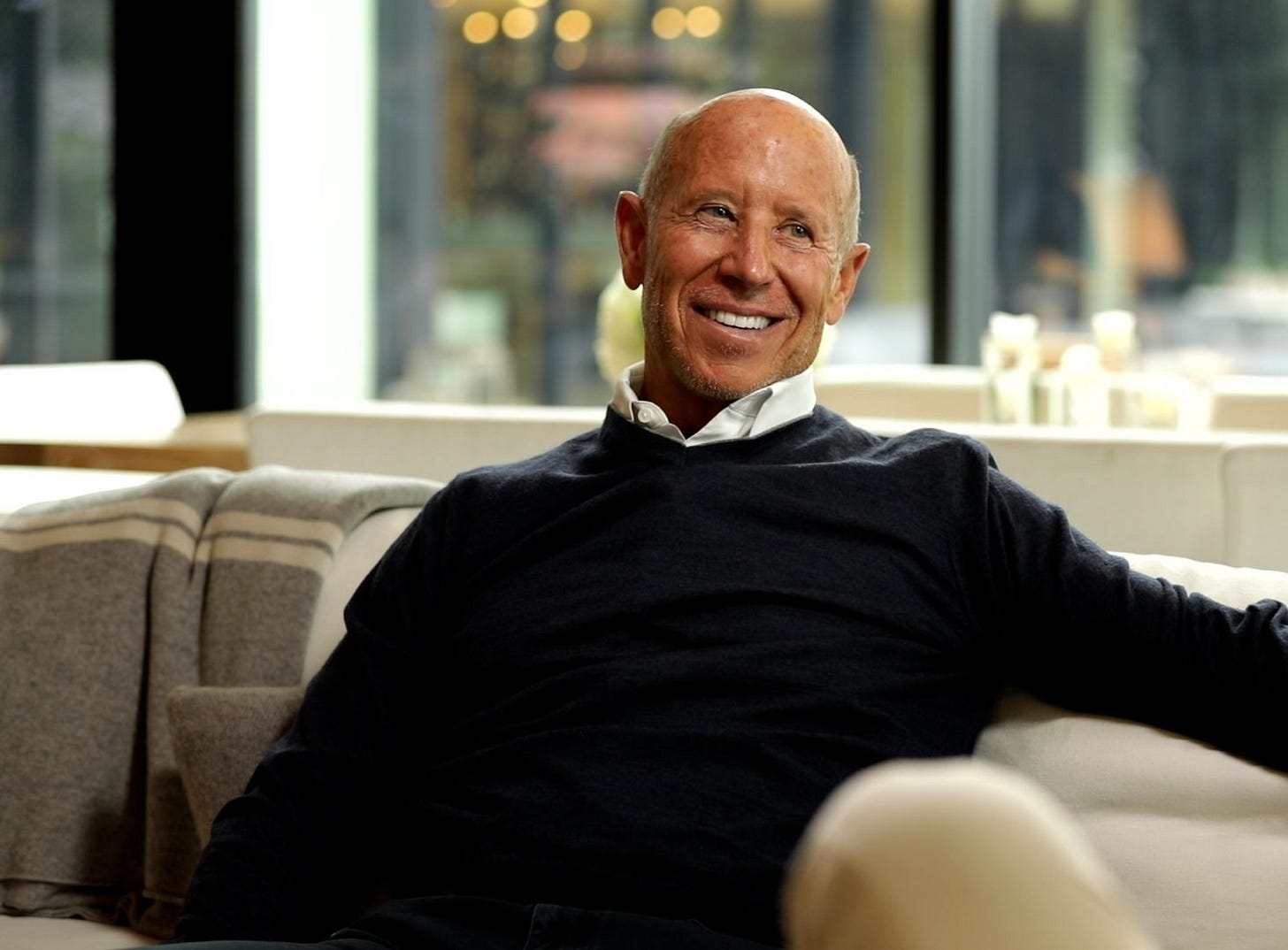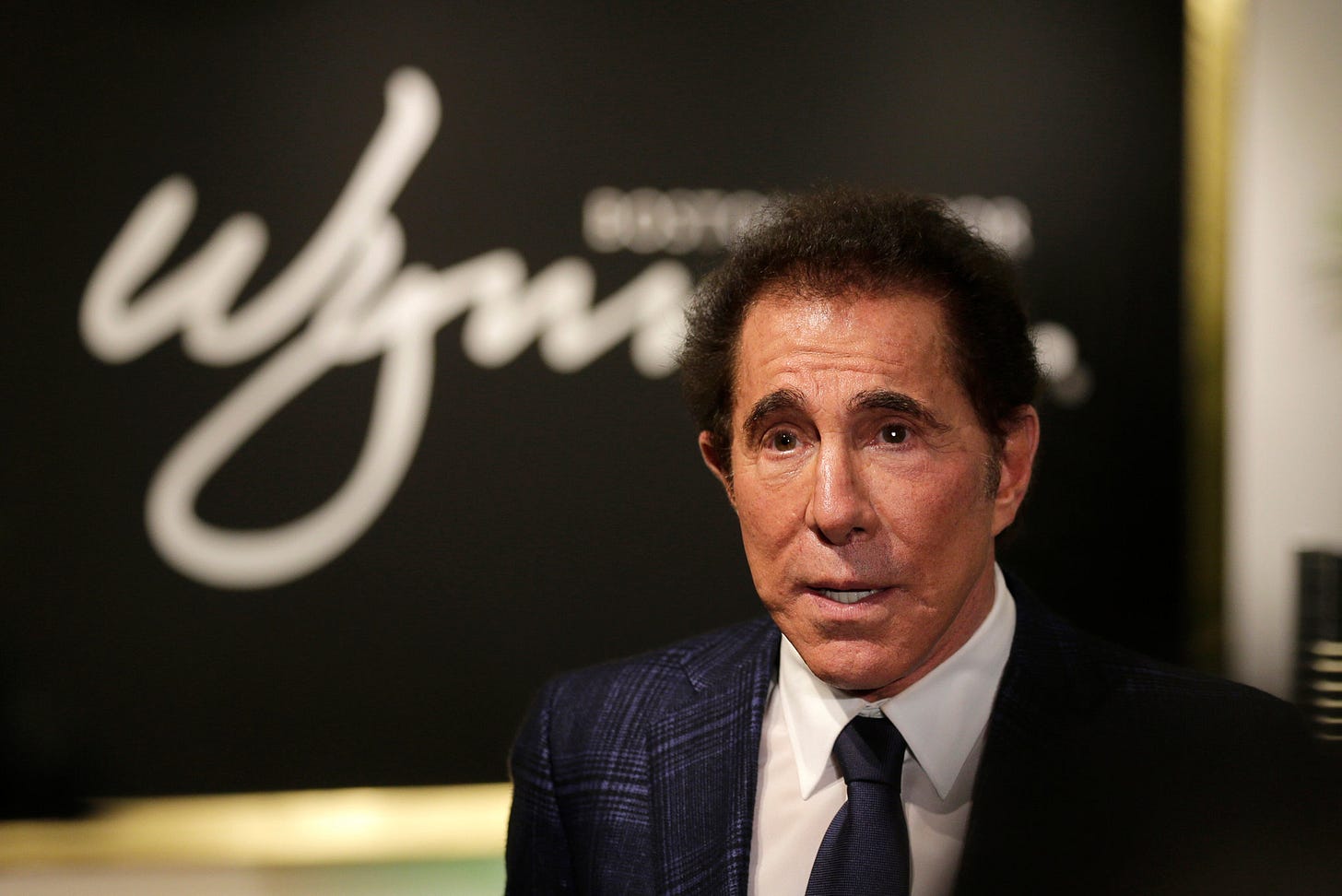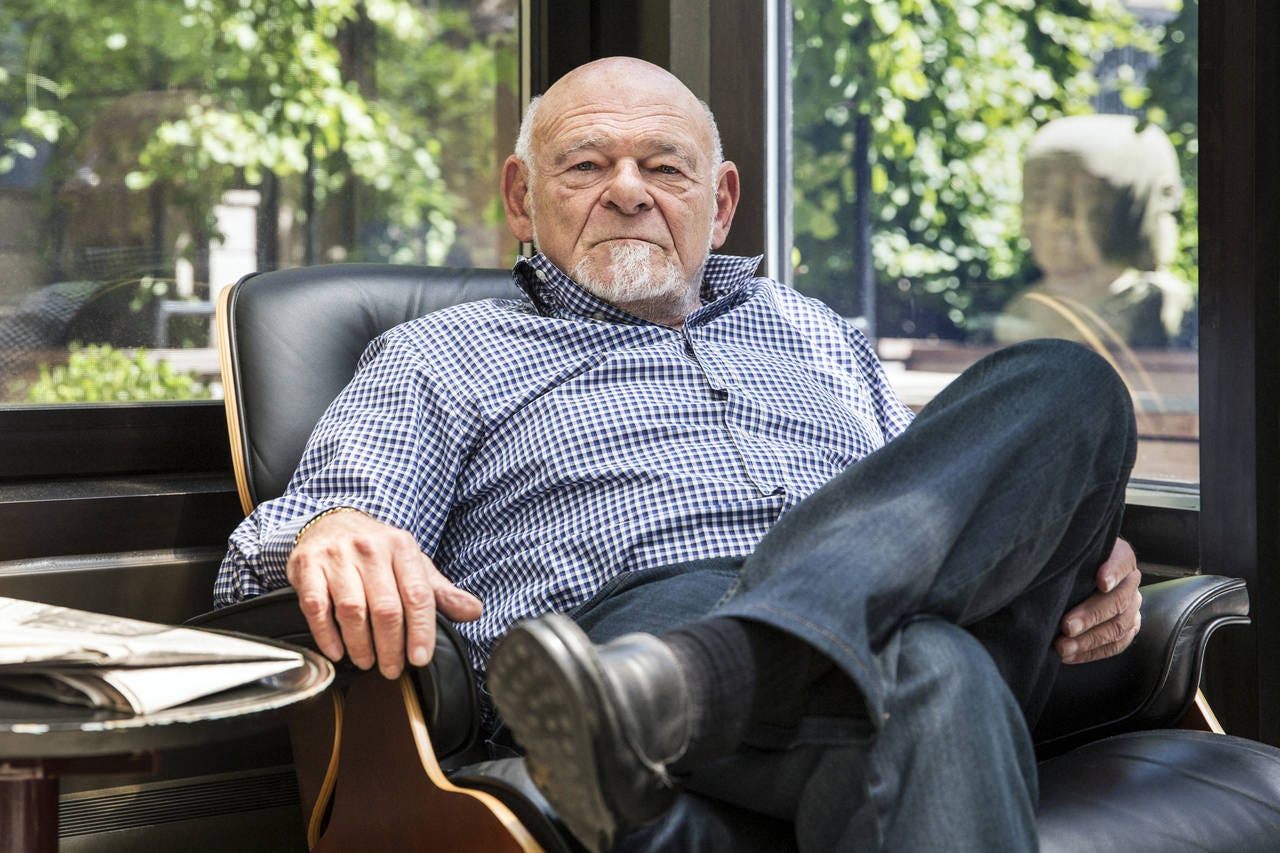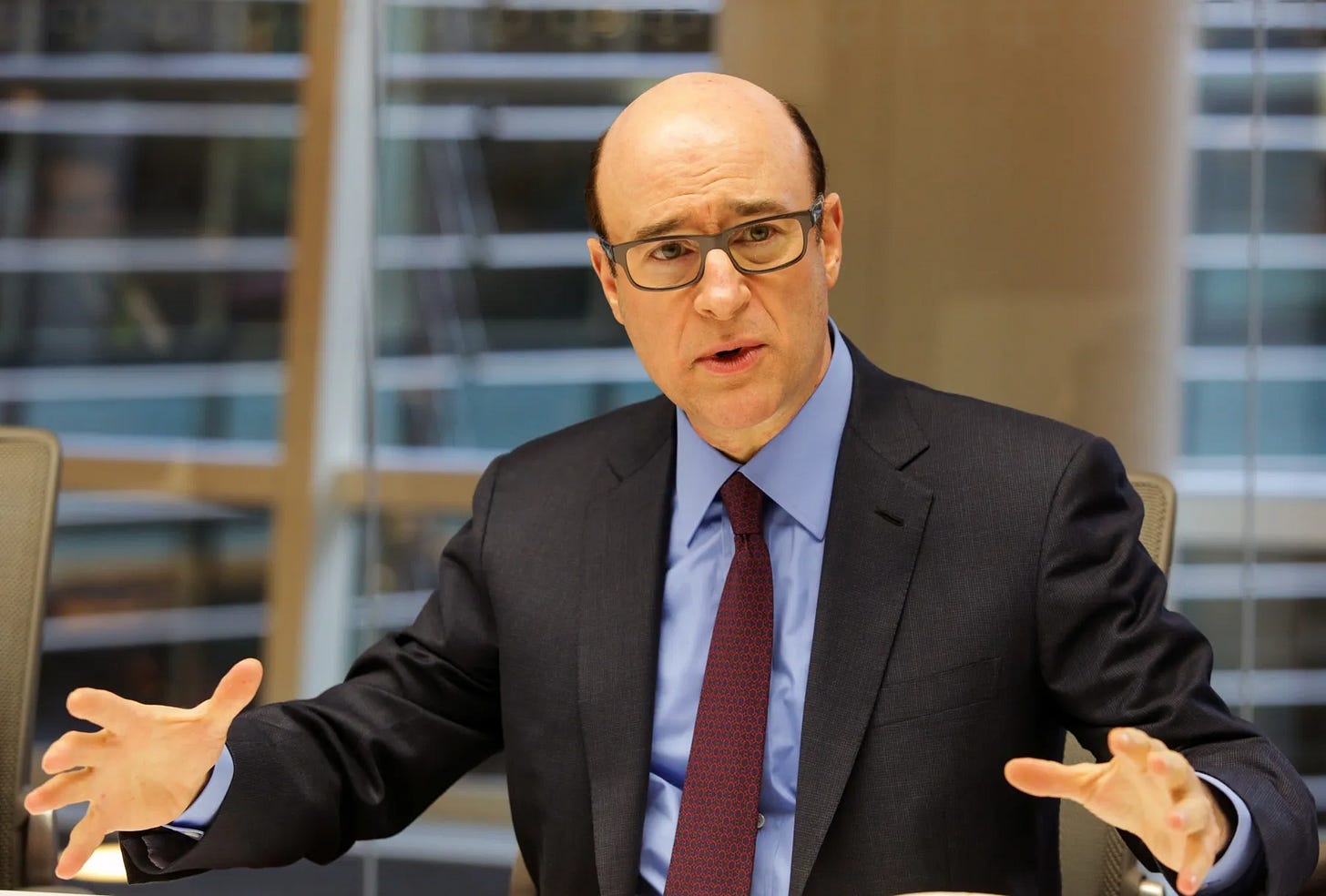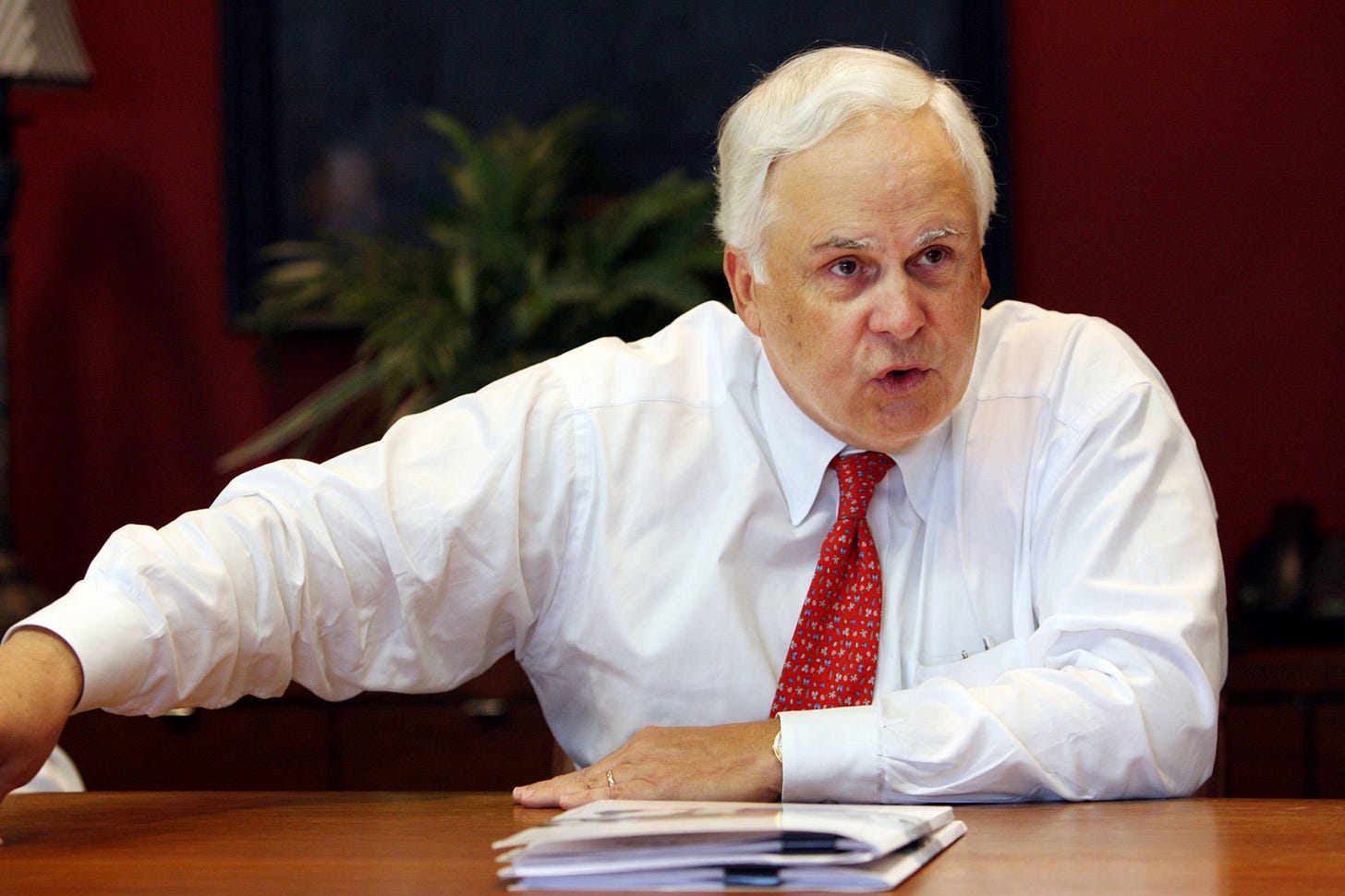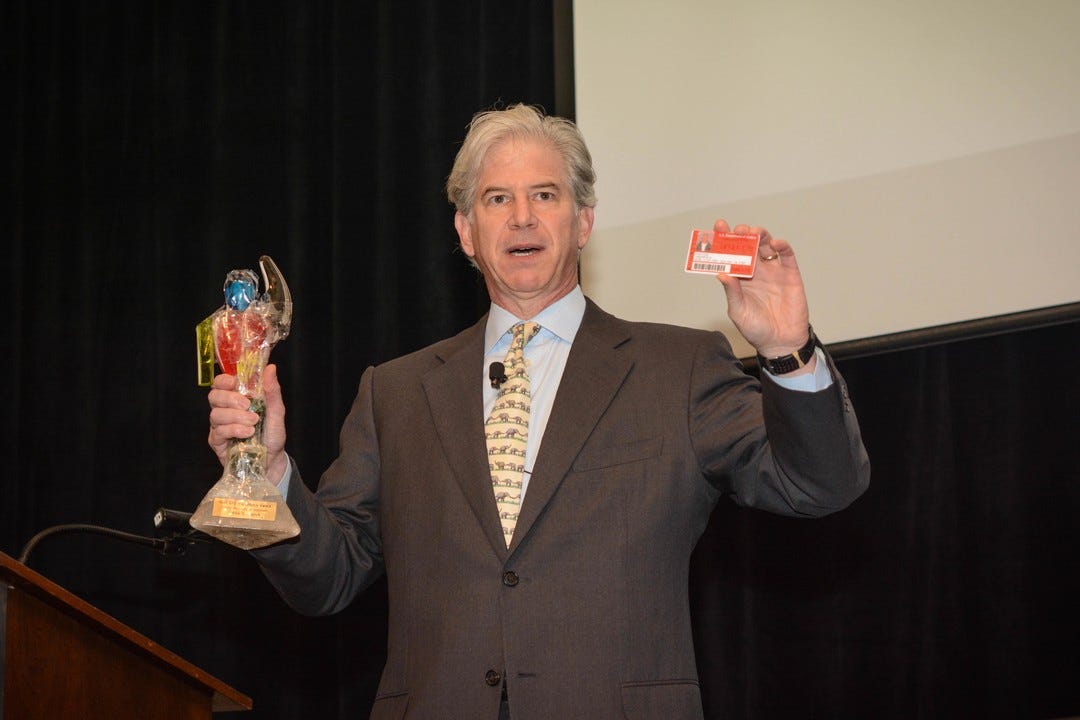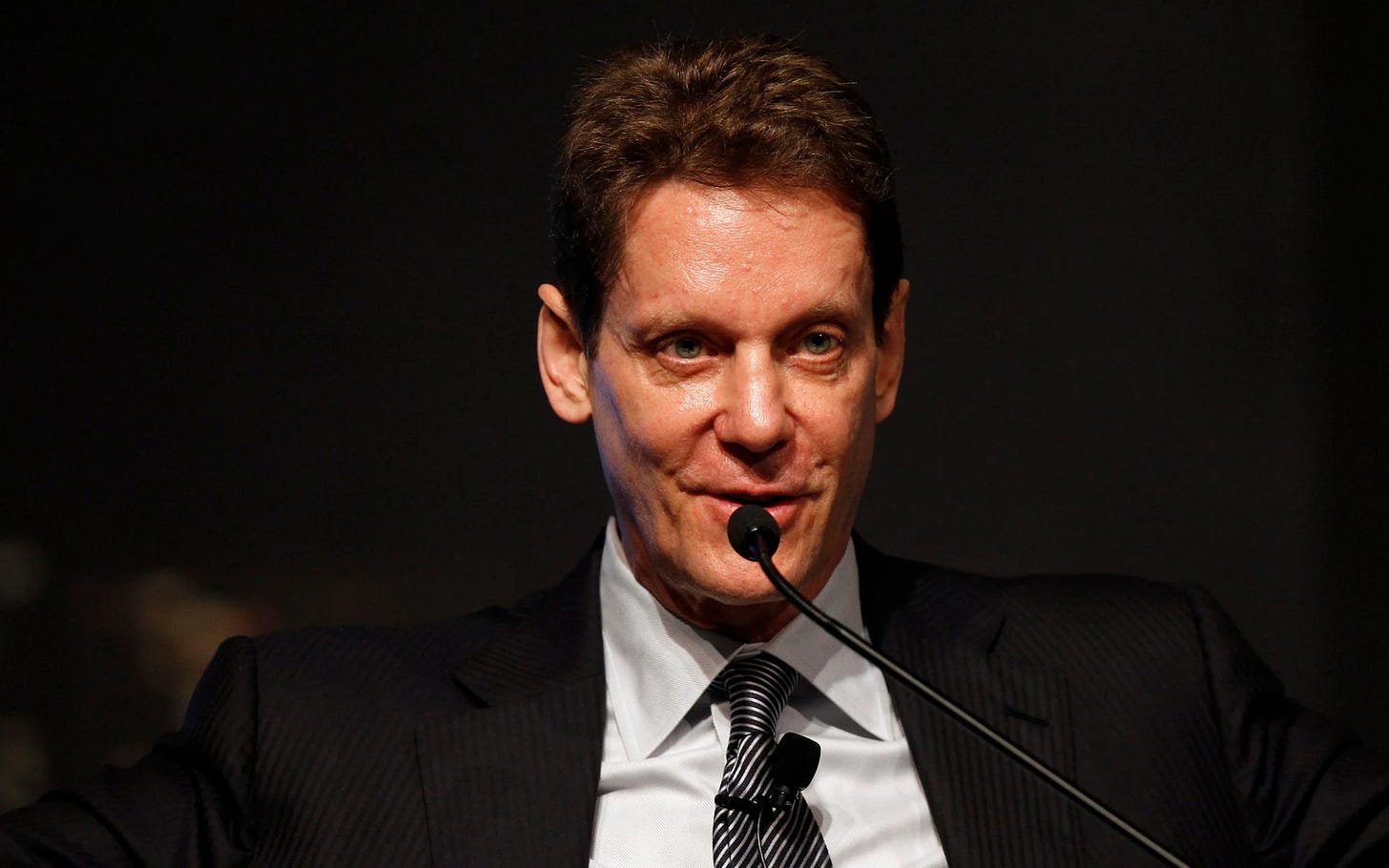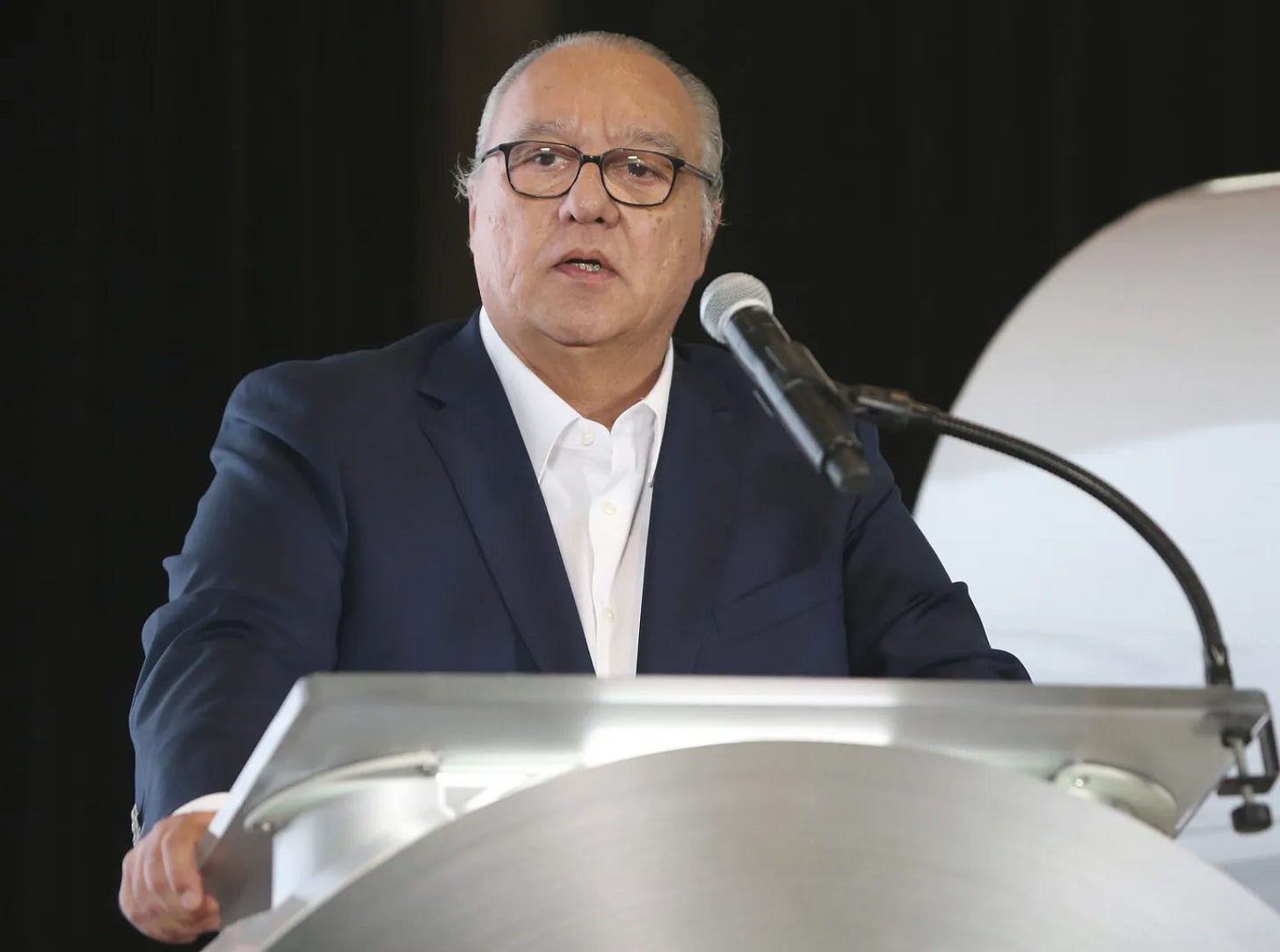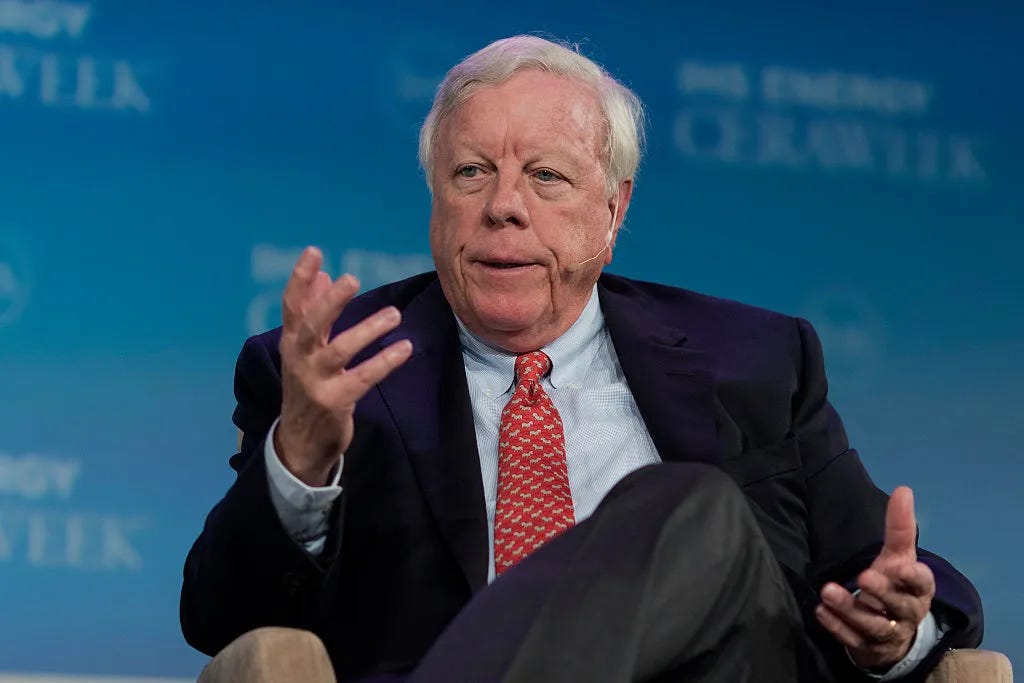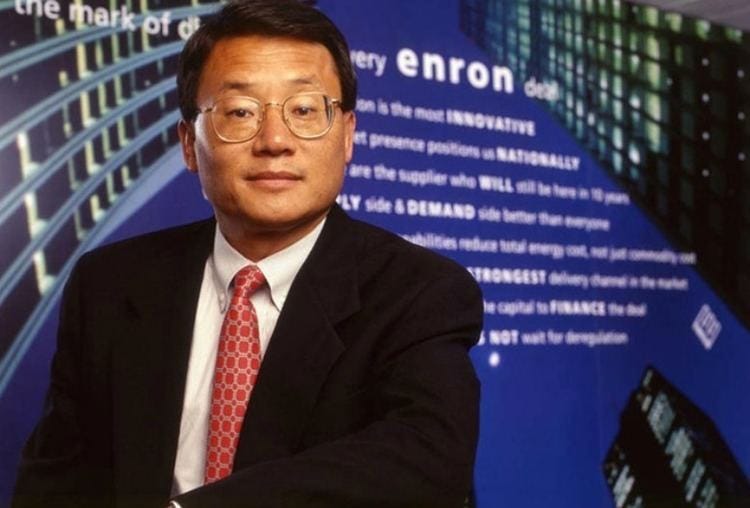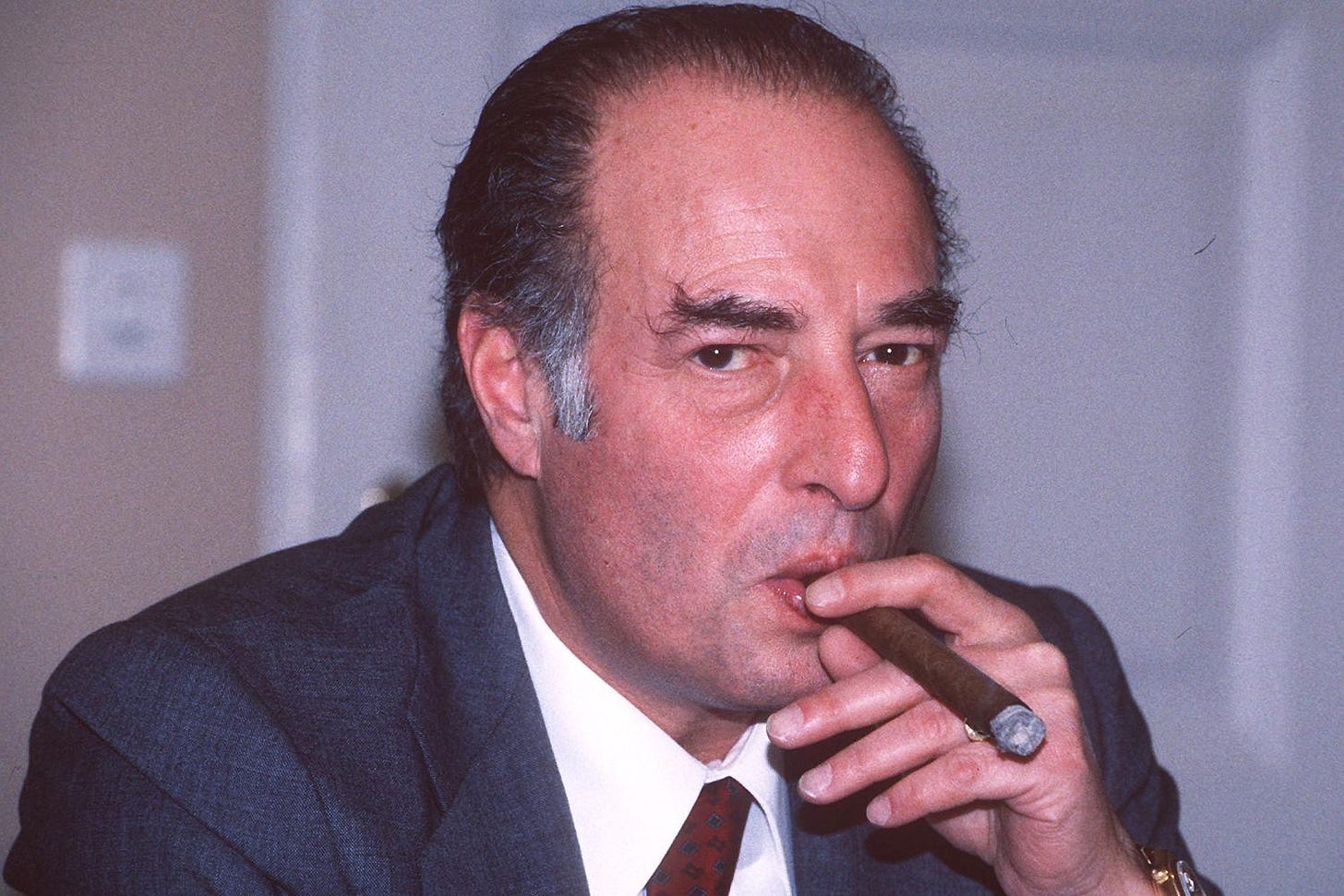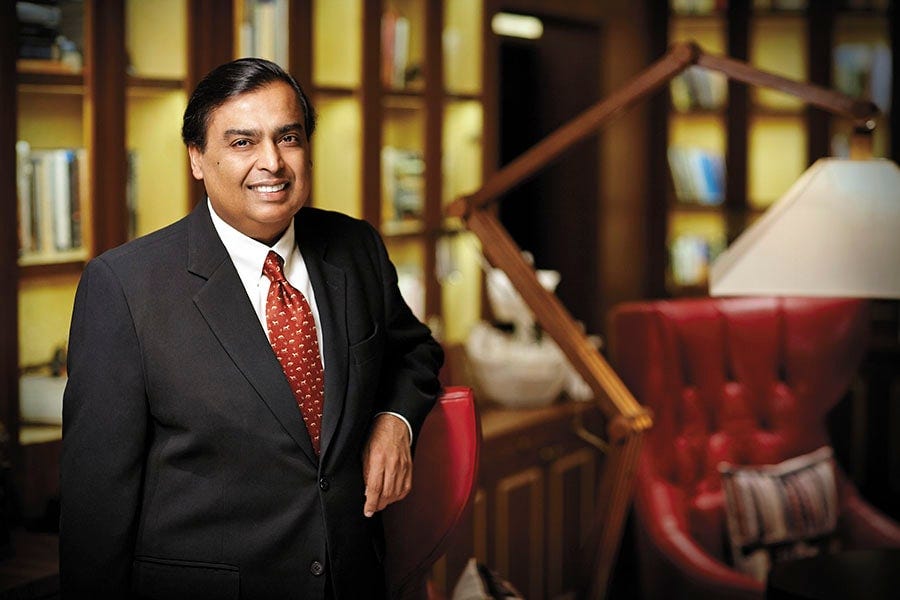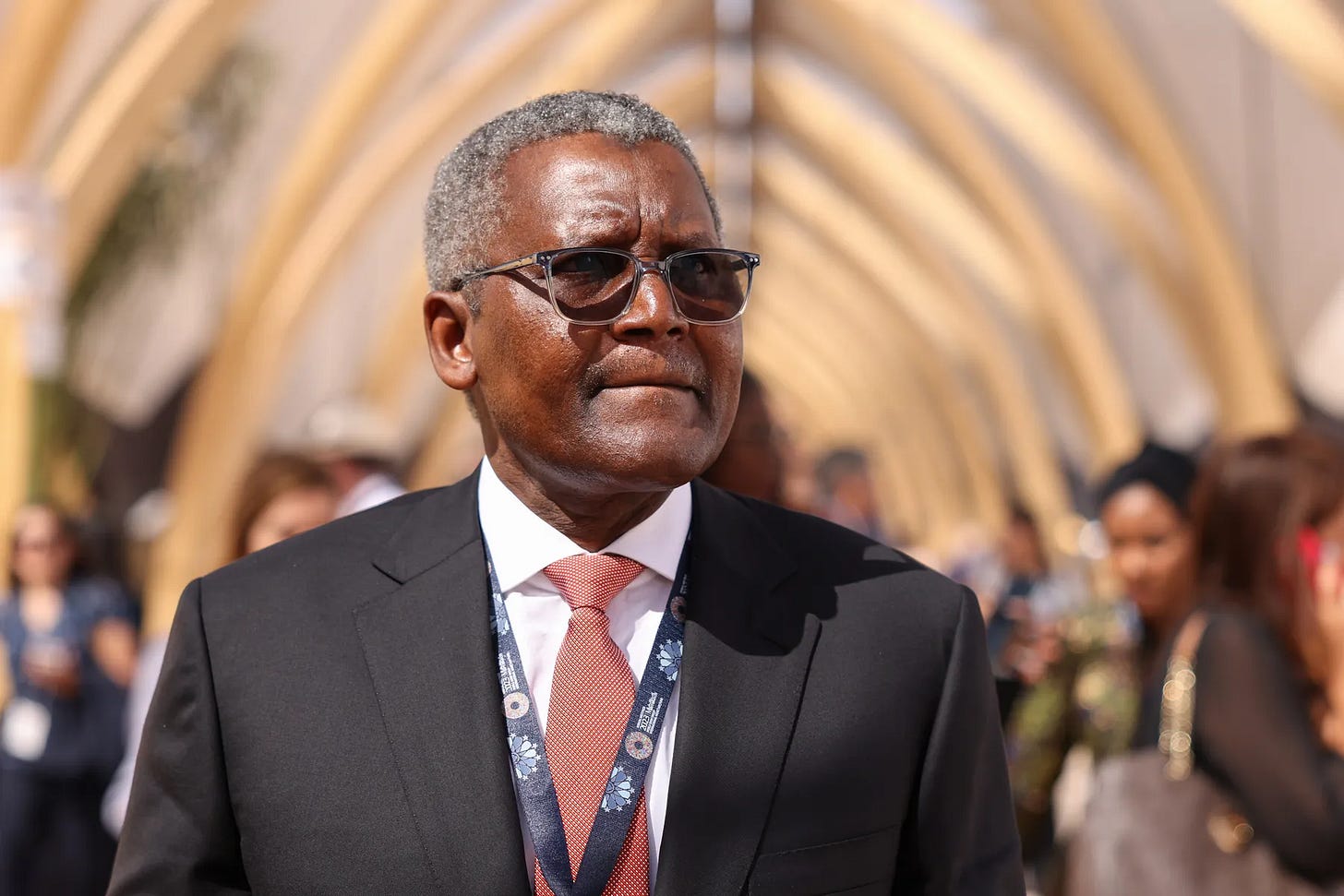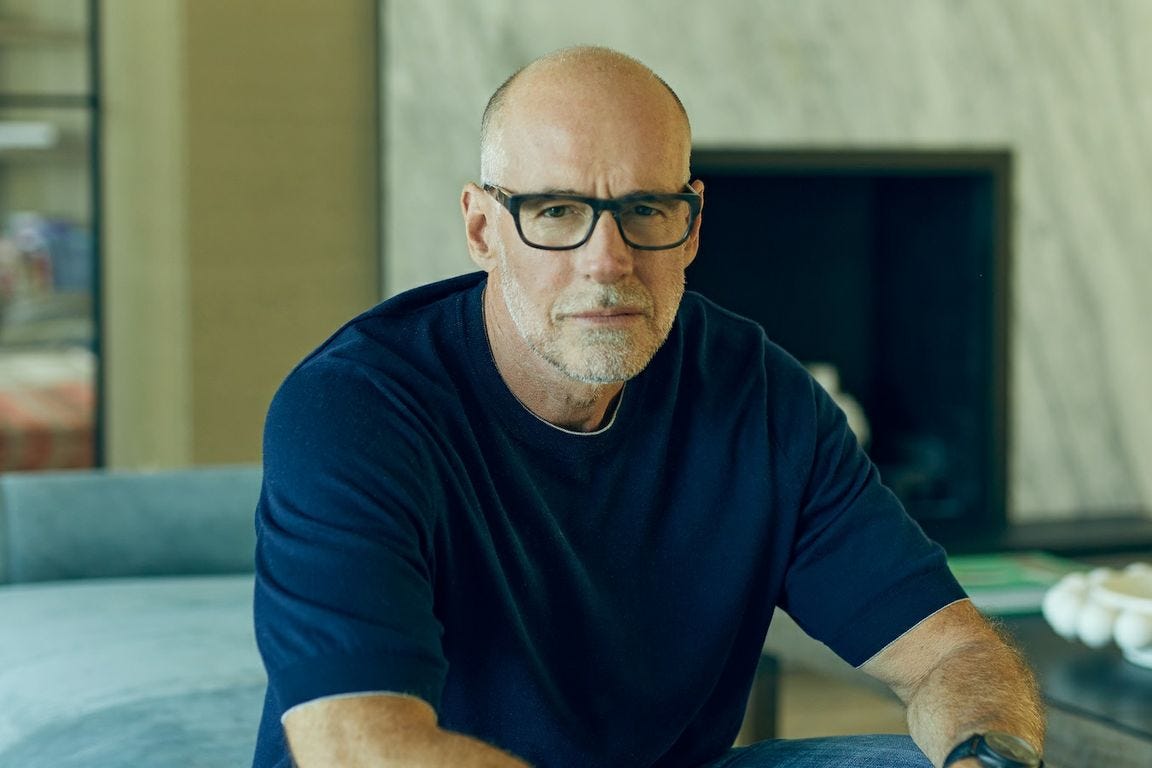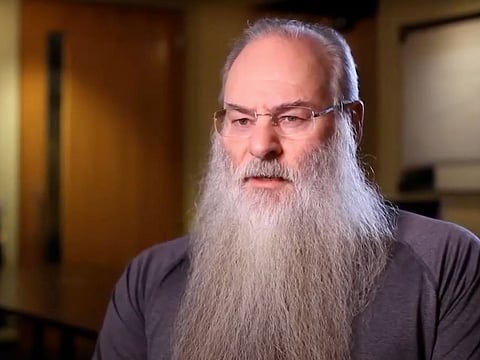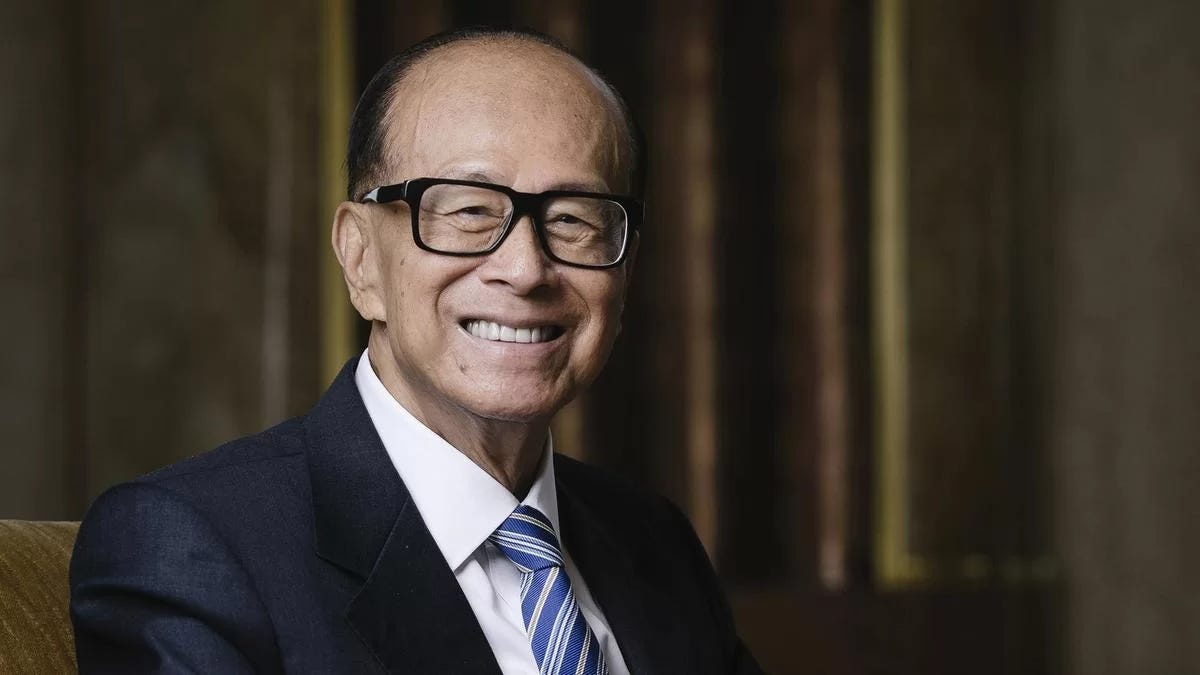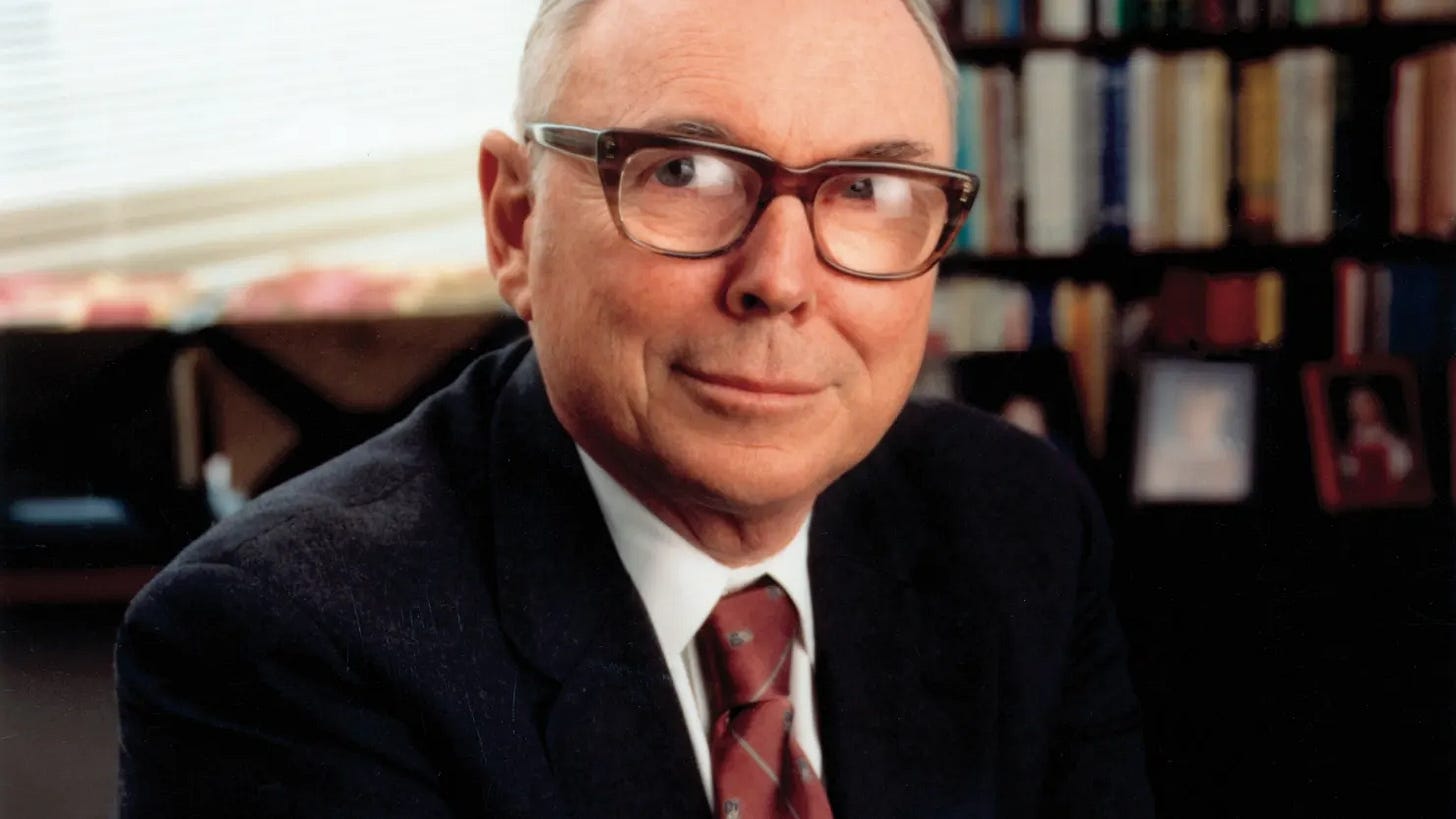Business Hall of Fame
Founders and C-suite
Technology Founders
Sam Altman
Sam Altman is an American billionaire entrepreneur and investor, serving as the CEO of OpenAI. He is recognized as one of the leading figures of the AI boom.
Drop out: Stanford University
Altman was born in Chicago, IL in 1985.
At 19, Altman co-founded Loopt, a location-based social networking mobile app, securing venture financing from NEA, Sequoia Capital, and Y Combinator. In March 2012, Loopt was acquired by the Green Dot Corporation for $43.4 million. The following month, Altman co-founded Hydrazine Capital with his brother, Jack Altman.
Altman joined Y Combinator as a partner in 2011. In February 2014, he was appointed president by co-founder Paul Graham. In September 2016, Altman assumed an expanded role as president of YC Group, overseeing Y Combinator and other units. In March 2019, YC announced Altman's transition from president to chairman of the board, allowing him to focus more on OpenAI.
OpenAI was initially funded by Altman, Greg Brockman, Elon Musk, Jessica Livingston, Peter Thiel, and several large tech companies. At its launch in 2015, OpenAI raised $1 billion. By the summer of 2019, Altman had facilitated an additional $1 billion investment from Microsoft.
For eight days in 2014, Altman served as Reddit's CEO after CEO Yishan Wong resigned. Altman invested in multiple rounds of funding for Reddit and became its third-largest shareholder, with approximately 9% ownership, before its IPO in 2024.
On Friday, November 17, 2023, OpenAI's board removed Altman as CEO and Greg Brockman from the board, both co-founders. In response, Brockman resigned as President of OpenAI. On November 20, Microsoft CEO Satya Nadella announced Altman's appointment to lead a new advanced AI research team. Two days later, 700 of 770 OpenAI employees published an open letter threatening to leave for Microsoft unless all board members stepped down and reinstated Altman. Late that night, OpenAI announced an "agreement in principle" for Altman to return as CEO and Brockman as president. The current board was to resign, except for Quora CEO D'Angelo, to represent the views of the previous board.
Dario Amodei
Dario Amodei is an Italian-American artificial intelligence researcher and entrepreneur. He is the co-founder and CEO of Anthropic, the company behind the large language model series Claude AI.
Dario was born in 1983 and grew up in San Francisco. Amodei began his undergraduate studies at Caltech, where he worked with Tom Tombrello as one of his Physics 11 students. He later transferred to Stanford University, where he earned his undergraduate degree in physics in 2006. He also holds a PhD in physics from Princeton University, graduating in 2011, where he studied the electrophysiology of neural circuits. He was a postdoctoral scholar at the Stanford University School of Medicine.
From November 2014 until October 2015, Amodei worked at Baidu after a brief stint at Google.
In 2016, Amodei joined OpenAI, where he worked for five years and led the development of GPT-2 and GPT-3, the precursors to the large language model powering ChatGPT today.
In an interview, Amodei implied he left OpenAI to start his own company due to differing ideas from OpenAI CEO Sam Altman. In 2021, Amodei and his sister Daniela founded Anthropic along with other former senior members of OpenAI.
Anthropic’s main product is Claude, a ChatGPT-like AI text generator. The company uses a unique training method called “constitutional AI” that aims to build AI systems that are not only powerful and intelligent but also aligned with human values.
In September 2023, Amazon announced an investment of up to $4 billion, followed by a $2 billion commitment from Google the following month.
Brian Armstrong
Brian Armstrong is a billionaire entrepreneur and co-founder of Coinbase, a leading cryptocurrency platform. Born in 1983 near San Jose, CA, Armstrong earned dual bachelor’s degrees in economics and computer science at Rice University in 2005, followed by a master’s in computer science in 2006.
While at Rice, he launched a tutor-matching business. After graduation, he spent a year in Buenos Aires with an education company, gaining exposure to global finance. Armstrong later worked at IBM and Deloitte before discovering Bitcoin’s white paper in 2010, which sparked his interest in cryptocurrency.
In 2011, Armstrong joined Airbnb as a software engineer, working on payment systems across 190 countries. This role revealed the challenges of sending money to South America.
Determined to find a solution, he began coding on nights and weekends to enable cryptocurrency transactions.
In 2012, Armstrong entered the Y Combinator startup accelerator, securing $150,000 to launch Coinbase. After over 50 meetings, he partnered with Fred Ehrsam, a former Goldman Sachs trader he met on Reddit. Together, they co-founded Coinbase to facilitate trading Bitcoin and other digital currencies. Armstrong became the company’s first CEO. Coinbase’s initial wallet was named "Toshi," a nod to Satoshi Nakamoto and one of Armstrong’s cats.
By 2018, a funding round valued Coinbase at $8.1 billion. In December 2020, the company filed for a direct listing and went public in April 2021, achieving an $85 billion market cap and cementing Armstrong’s billionaire status.
Coinbase gained cultural recognition with its 2022 Super Bowl ad: a $13 million, 60-second spot featuring a bouncing QR code offering $15 in free Bitcoin and a chance to win $1 million. The minimalist design went viral, crashing Coinbase’s website with 20 million hits in a minute and boosting its app to No. 2 in downloads.
Tope Awotona
Tope Awotona is a Nigerian-born entrepreneur. He is the founder of Calendly.
Born in Lagos, Nigeria, Tope's early life was shaped by both tragedy and inspiration. At just 12 years old, his father, an entrepreneur himself, was tragically killed in a carjacking. This devastating loss led Tope, his mother, and his three brothers to leave Lagos and settle in Atlanta, GA. His father's entrepreneurial spirit stayed with him, sparking a deep desire in Tope to carry on his legacy.
Tope initially majored in computer science at the University of Georgia but later pivoted to business, earning his Bachelor of Business Administration. After graduation, he worked at various corporate jobs, including IBM, before joining a startup, Perceptive Software, as an account executive. It was here that Tope was exposed to the inner workings of the software business.
But it was a personal frustration that led to his big idea. Tired of the inefficiency of scheduling meetings, Tope took a bold risk: he poured his entire life savings of $200,000 into creating Calendly. With his bank account and 401(k) drained, Tope hustled to raise venture capital, facing countless rejections along the way. Yet, he remained “resourceful, scrappy, and maniacally focused,” determined to prove his doubters wrong.
In 2013, from Atlanta Tech Village, Calendly launched, starting as a bootstrapped operation. Tope’s relentless drive turned Calendly into a major success. By 2021, the company had secured a $350 million investment and reached a $3 billion valuation. Today, Calendly has become the leading scheduling automation platform, with 86% of Fortune 500 companies using it, including 14 of the top 15 Fortune 500 financial firms.
With over 10 million users, Tope Awotona has cemented his place as one of the wealthiest immigrants in America—a true testament to perseverance and vision.
Marc Benioff
Marc Benioff is the billionaire co-founder and CEO of Salesforce. He is a second cousin to David Benioff, who created the television series Game of Thrones.
Beinoiff was born in San Francisco in 1964.
UG: University of Southern California, Business Administration.
After college, Benioff joined Oracle Corporation in a customer service role. He worked for Oracle for 13 years in sales, marketing, and product development roles. At 23, he was named Oracle’s Rookie of the Year. Three years later, he became the youngest VP in Oracle’s history.
In 1999, Benioff founded Salesforce as a software-as-a-service (SaaS) company in a San Francisco apartment. Salesforce gained notability during this period for its "the end of software" tagline and marketing campaign, which included hiring actors to hold up signs with its slogan outside a Siebel Systems conference, used as a guerrilla marketing tactic against the dominant CD-ROM CRM competitor Siebel at the time.
Two of Salesforce's earliest investors were Larry Ellison, the co-founder and first CEO of Oracle, and Halsey Minor, the founder of CNET.
Benioff extended Salesforce's offerings in the early 2000s with the idea of a platform that allowed developers to create applications.
Also in 2003, Salesforce held its first annual Dreamforce conference in San Francisco. In June 2004, the company had its initial public offering on the New York Stock Exchange under the stock symbol CRM.
In 2009, Salesforce passed $1 billion in annual revenue. In December 2020, it was announced that Salesforce would acquire Slack for $27.7 billion, its largest acquisition to date.
In August 2022, Salesforce reported second-quarter earnings of $7.72 billion, surpassing SAP to become the world's largest enterprise software vendor.
Michael Bloomberg
Michael Bloomberg is an American billionaire businessman and politician. He is the co-founder of Bloomberg L.P. and served as the mayor of New York City from 2002 to 2013 over three terms. He was also a candidate for the 2020 Democratic nomination for the President of the United States. As of January 2024, Bloomberg has a net worth of almost $100 billion.
Bloomberg was born in Boston in 1942. He graduated in 1964 with a Bachelor of Science degree in electrical engineering from Johns Hopkins University. In 1966, he received his MBA from Harvard Business School.
In 1966, Bloomberg was hired by Salomon Brothers for a job earning $9,000 a year. He was promoted to the equities desk and became a general partner in 1972. He headed equity trading and, later, systems development. In 1981, Phibro Corporation bought Salomon Brothers, and the new management fired Bloomberg, paying him $10 million for his partnership equity.
After Salomon, Bloomberg used the money received from Phibro to set up a data services company named IMS. Having designed in-house computerized financial systems for Salomon, he believed Wall Street would pay a premium for high-quality, instantaneous business information on computer terminals in a variety of usable formats. The company sold customized computer terminals that delivered real-time market data, financial calculations, and other analytics to Wall Street firms. IMS released its first terminal, called the Market Master terminal, in December 1982.
In 1986, IMS renamed itself Bloomberg L.P. Over the years, the company launched new products including Bloomberg News, Bloomberg Radio, Bloomberg Message, and Bloomberg Tradebook.
In 2022, Bloomberg L.P. generated more than $12 billion in revenue. Bloomberg remains an 88% owner of Bloomberg L.P.
Kim Beomseok
Kim Beomseok (김범석), known as Bom Kim, is the billionaire founder and CEO of Coupang, South Korea’s largest e-commerce company and one of Asia’s fastest-growing tech giants. In 2018, when SoftBank Vision Fund invested $2 billion in Coupang, valuing the company at $9 billion, Kim became South Korea’s newest and second-youngest billionaire at the age of 40.
Born in Seoul, South Korea, in 1978 and raised in the United States, Kim moved to the U.S. at the age of 7. He graduated from Harvard University with a BA and initially pursued a career in journalism, briefly attending Harvard Business School for an MBA. However, he soon recognized a massive opportunity in e-commerce and decided to drop out to focus on building a startup in South Korea.
In 2010, he founded Coupang with the mission to revolutionize South Korean retail through speed, convenience, and a customer-first approach. Over the next decade, Kim transformed Coupang into a one-stop-shop for millions of South Koreans, who now rely on it for everything from groceries to electronics. Coupang pioneered "Rocket Delivery," promising delivery within hours—now a cornerstone of the company's appeal. The company’s logistical innovations and advanced fulfillment centers set a new standard, helping Coupang stay competitive even as global giants like Amazon and Alibaba expanded into the region.
In 2021, Coupang’s IPO on the New York Stock Exchange became one of the largest by an Asian company, valuing it at over $60 billion and solidifying Kim’s status as a tech pioneer.
Today, he continues to push boundaries, expanding Coupang into new sectors like streaming and food delivery, aiming to make the company indispensable to daily life in South Korea.
Morris Chang
Morris Chang is the founder, former chairman and CEO of Taiwan Semiconductor Manufacturing Company (TSMC). He has a net worth of $2.5 billion. He is known as the founder of the semiconductor industry in Taiwan. Chang was born in Ningbo, China, in 1931. During his childhood, his family moved around in China due to the Sino-Japanese War and the Chinese Civil War.
UG/Masters: MIT, Mechanical Engineering
Ph.D.: Stanford
In 1949, Chang moved to study. He failed his doctoral qualification exams two times consecutively and left MIT without obtaining his Ph.D.
In 1955, Chang was hired by Sylvania Semiconductor. Three years later, he moved to Texas Instruments (TI), a rapidly rising company in its field at the time. He rose to the position of manager in the engineering section of TI after three years. TI sponsored him to obtain his Ph.D. in electrical engineering from Stanford, which he received in 1964. He continued to work at TI until 1983, where he had risen to become group VP responsible for TI's worldwide semiconductor business.
In 1983, Chang joined General Instrument Corporation where he eventually became president and chief operating officer. After leaving General Instrument, Chang was recruited by the Premier of the Republic of China to become chairman and president of the Industrial Technology Research Institute in Taiwan. In this role, he was responsible for promoting industrial and technological development in Taiwan.
In 1987, Chang founded TSMC, marking the beginning of a period where firms increasingly saw value in outsourcing manufacturing to Asia. TSMC quickly became one of the world's most profitable chip makers. In 2018, Chang announced his retirement.
Brian Chesky
Brian Chesky is the billionaire founder of Airbnb.
Chesky was born in Niskayuna, NY in 1981.
UG: Rhode Island School of Design (RISD)
At RISD, Chesky met Joe Gebbia, with whom he would eventually co-found Airbnb.
After graduation, Chesky moved to Los Angeles to work as an industrial designer.
In 2007, Chesky moved to SF where he shared an apartment with Gebbia. In October 2007, all hotel rooms in SF were booked because of an industry conference. The pair could not afford rent for the month and decided to rent out their apartment for money. They purchased three air mattresses and marketed this idea as "Airbed and Breakfast", with three guests staying the first night. A few months later, Chesky, Gebbia, and their engineer friend, Nathan Blecharczyk, started Airbedandbreakfast.com. Chesky served as CEO.
To receive funding, the trio created special-edition cereals called "Obama O's" and "Cap'n McCains", based on presidential candidates Barack Obama and John McCain.
Impressed by the cereal boxes, Paul Graham, the founder of Y Combinator, invited the founders to the January 2009 winter training session, training them and providing $20,000 in funding in exchange for a 6% interest in the company.
Due to travel restrictions during COVID, Airbnb's revenue plummeted 80%. The company burned through its cash reserves and opted to raise $2 billion in debt and equity financing to stay afloat. Its valuation, previously $31 billion, slipped to $18 billion. Airbnb laid off 1,900 employees, approximately 25% of its full-time staff. Employees said they felt betrayed, but Chesky was also praised for his handling of the situation. Workers were given generous severance packages, and Chesky offered to help find them jobs elsewhere.
Then, travelers burned out from lockdown turned to Airbnb because they preferred domestic locations and private homes over traditional hotels. Bookings recovered as much as 127% between April and May that year.
In December 2020, Airbnb went public with an IPO. On its first day of trading, the company was valued at $86 billion, more than Marriott, Hilton, and Intercontinental combined.
Michael Dell
Michael Dell (b. 1965, Houston, TX) is an American billionaire businessman and the founder, chairman, and CEO of Dell Inc.
While a freshman pre-med student at the University of Texas at Austin, Dell began building and selling upgrade kits for personal computers. He soon applied for a vendor license to bid on State of Texas contracts—winning bids by avoiding the overhead of a traditional retail storefront. Dell dropped out of UT Austin at age 19 to pursue the business full-time.
In January 1984, believing in the cost advantages of selling PCs directly to consumers, he registered his business as PC’s Limited. Operating out of a condominium, the company generated between $50,000 and $80,000 in sales of PC upgrades and components. In May 1984, he incorporated the business as Dell Computer Corporation and relocated to a business center in North Austin. The startup had a capitalization of just $1,000 and a manufacturing staff that Dell described as “three guys with screwdrivers sitting at six-foot tables.” During these early years, he was mentored by Morton Meyerson, a former executive at EDS and Perot Systems.
In 1992, at age 27, Dell became the youngest CEO of a Fortune 500 company. In 1996, the company began selling computers online and launched its first line of servers. By March 1997, dell.com was generating roughly $1 million in daily sales.
In the first quarter of 2001, Dell became the world’s largest PC maker, surpassing Compaq with a global market share of 12.8%.
On March 4, 2004, Dell stepped down as CEO but remained chairman of the board.
In 2013, he led a $25 billion buyout to take Dell Inc. private, partnering with Silver Lake Partners, Microsoft, and a consortium of lenders. The deal faced significant resistance—most notably from Carl Icahn—but ultimately closed, giving Dell a 75% stake in the company.
On October 12, 2015, Dell announced his intent to acquire EMC Corporation, a major enterprise software and storage company. The $67 billion deal—finalized on September 7, 2016—remains the largest tech acquisition in history.
Jack Dorsey
Jack Dorsey (b. 1976 St. Louis, Missouri) is the co-founder and former CEO of Twitter, and the founder and current CEO of Block, Inc. (formerly Square). Renowned for shaping two major digital sectors—social media and financial technology—Dorsey has been a central figure in building transformative platforms used globally.
He began his collegiate studies at the University of Missouri–Rolla in 1995 before transferring to New York University in 1997, where he conceived the concept that evolved into Twitter. In 2006, he partnered with Biz Stone, Noah Glass, and Evan Williams to develop a short-form status communication tool, launching Twitter the following year. Dorsey served as Twitter’s first CEO, guiding it through early fundraising and platform development. He returned to lead the company from 2015 to 2021, during which Twitter expanded its content policies, introduced algorithmic feeds, and increased its role in political and civic discourse worldwide.
In 2009, Dorsey co-founded Square, later renamed Block, Inc., to create mobile payment solutions for small businesses. Square launched its first product in 2010 and went public in 2015, with Dorsey as CEO. He oversaw the firm’s expansion into broader financial services, including peer-to-peer payments via Cash App and acquiring TIDAL and Afterpay. In 2020, Square received FDIC approval to establish a bank, launching Square Financial Services in 2021. The company rebranded as Block in 2021 to reflect its growing interest in blockchain technologies.
Dorsey also served on the board of Bluesky, a decentralized social media project spun out of Twitter, from 2022 until 2024. He departed the initiative citing philosophical disagreements, later endorsing more open and less centrally-moderated platforms.
Dorsey continues to lead Block, Inc. and remains an influential voice in the technology and cryptocurrency communities.
Marcos Galperin
Marcos Galperin is an Argentine billionaire entrepreneur and the co-founder and CEO of Mercado Libre, the largest e-commerce platform in Latin America. As of today, he is the wealthiest person in Argentina.
Born in 1971 in Buenos Aires, Galperin graduated from The Wharton School of the University of Pennsylvania, where he befriended José Estenssoro, the son of YPF’s then-president. After graduation, Galperin returned to Argentina in 1994 and joined YPF.
In 1997, he returned to the United States to attend Stanford Graduate School of Business, earning his MBA in 1999. While still at Stanford, Galperin co-founded Mercado Libre.
Finance professor Jack McDonald introduced Galperin to John Muse, co-founder of Hicks, Muse, Tate & Furst. After a brief discussion and a ride to Muse’s private plane, Muse expressed interest and invested in the idea. Mercado Libre received early investments from JPMorgan Partners, Flatiron Partners, Hicks, Muse, Tate & Furst, Goldman Sachs, GE Capital, and Banco Santander Central Hispano.
In September 2001, eBay acquired a 19.5% stake in the company, exchanging it for their Brazilian subsidiary Ibazar.com.br. This deal established Mercado Libre as eBay’s exclusive partner in the region. Although eBay sold its stake in 2016, the companies continue to collaborate, including the launch of eBay’s first branded store on Mercado Libre in Chile in March 2017.
In August 2007, Mercado Libre made history as the first Latin American technology company to list on NASDAQ. Today, the company operates in numerous countries, including Brazil, Mexico, Colombia, Chile, and Venezuela, among others.
Mercado Libre is a leading platform across Latin America. By 2016, it had amassed 174.2 million users, becoming the region’s most popular e-commerce site by visitor count.
Bill Gates
Bill Gates is the co-founder of Microsoft, growing it into the world’s largest software firm. He spearheaded the mainstream adoption of PCs in the 1970s/80s with MS-DOS and Microsoft Windows. He is one of the ten richest people in the world.
Born in 1955 in Seattle, Gates showed an early aptitude for software programming. He enrolled at Harvard in 1973 but dropped out two years later to work on a start-up with his childhood friend Paul Allen.
In 1975, Gates and Allen, inspired by the Altair 8800 featured in Popular Electronics, contacted Micro Instrumentation and Telemetry Systems (MITS) about developing a BASIC interpreter for the platform.
Despite not having an Altair, they successfully developed an emulator and BASIC interpreter for MITS, leading to a deal to distribute it as Altair BASIC. Gates took a leave from Harvard to work at MITS, and together with Allen, they formed "Micro-Soft" in Albuquerque. The first employee was Ric Weiland, their high school friend. They officially registered the name "Microsoft" in 1976.
Microsoft became independent of MITS in 1976 and moved to Washington in 1979. In the company’s first five years, Gates personally reviewed and often rewrote every line of code, eventually transitioning to a managerial and executive role as Microsoft grew.
In 1980, Gates and Allen sealed a pivotal deal to supply operating system software 86-DOS for IBM’s personal computer, the IBM PC. Though not earning much initially, IBM’s adoption of their system catalyzed the rise of Microsoft.
Gates steered Microsoft's ascendance through the '80s/'90s. Under his leadership, Microsoft came to dominate the PC software industry, launching products like Microsoft Windows and Microsoft Office.
In 2000, Gates stepped down as CEO, giving control to Steve Ballmer, his Harvard classmate. Gates gradually distanced himself from operations in the mid-2000s to focus on philanthropy.
Gates exited as chairman in 2014, marking the end of 39 years of formally leading the company he created.
Gates has been arrested twice for driving without a license, speeding, and not stopping at a stop sign.
Ali Ghodsi
Ali Ghodsi, born in Tehran, Iran, in 1978, is the co-founder and CEO of Databricks, a global leader in data, analytics, and artificial intelligence. He earned a Master's in Computer Engineering and an MBA from Mid-Sweden University in 2002, followed by a PhD in Computer Science from KTH Royal Institute of Technology in 2006.
After completing his PhD, Ghodsi moved to the U.S. as a visiting scholar at the University of California, Berkeley, where he joined AMPLab. In 2009, he and six other researchers developed Spark, a breakthrough tool for processing large data sets. Spark’s speed and efficiency led to the creation of Databricks in 2013. They sought $200,000 in funding from Ben Horowitz of Andreessen Horowitz, who instead invested $11 million, encouraging the team to think bigger.
Initially unsure about becoming a full-time tech executive, Ghodsi worked part-time at Databricks while considering academia. In 2016, he succeeded Ion Stoica as CEO at Horowitz’s request. Under Ghodsi, Databricks introduced new features to Spark for paying customers, expanded the sales team, and restructured the executive team. His decision to share board presentations with employees promoted greater alignment and transparency.
In 2016, Horowitz introduced Ghodsi to Microsoft CEO Satya Nadella, leading to a partnership to integrate Databricks with Azure in 2017, generating $100M in committed revenue. Ghodsi later expanded Databricks’ offerings by integrating Spark with structured data, further increasing its value to customers. Despite challenges in the tech market, Ghodsi drove strong growth.
In 2023, Ghodsi acquired MosaicML for $1.3 billion, enhancing Databricks’ AI capabilities. He also secured a $2 billion deal to acquire Tabular, tripling competitor Snowflake’s offer.
As of 2024, Ghodsi continues to lead Databricks’ growth, with plans to potentially take the company public by 2025, though he has opted to pursue additional private funding instead.
Reid Hoffman
Reid Hoffman is an American billionaire entrepreneur and venture capitalist, best known as the co-founder of LinkedIn and a partner at Greylock Partners. Born in 1967 in Palo Alto, California, Hoffman grew up in an academic family and earned a Bachelor's degree in Symbolic Systems from Stanford University. He later received a Master of Philosophy (M.Phil.) in Philosophy from the University of Oxford as a Marshall Scholar.
Hoffman began his Silicon Valley career in the 1990s, working at Apple and Fujitsu before founding SocialNet.com in 1997, an early platform for online dating and professional networking.
After SocialNet failed to gain traction, he joined PayPal in 2000 as Chief Operating Officer (COO), working alongside future tech leaders like Elon Musk and Peter Thiel. Hoffman played a pivotal role in PayPal’s $1.5 billion sale to eBay in 2002, becoming part of the famed "PayPal Mafia."
In 2002, Hoffman co-founded LinkedIn with the mission of connecting professionals globally to advance their careers. Launched in 2003, LinkedIn quickly became a critical tool for job seekers, recruiters, and businesses. Hoffman served as LinkedIn’s CEO until 2007. Under his leadership, the company went public in 2011 and was later acquired by Microsoft in 2016 for $26.2 billion, one of the largest tech acquisitions in history.
Beyond LinkedIn, Hoffman is an influential venture capitalist at Greylock Partners, where he has invested in several successful startups, including Airbnb, Aurora Innovation, and Figma.
In March 2022, Hoffman co-founded Inflection AI with his long-time friend and Greylock colleague, Mustafa Suleyman, co-founder of DeepMind.
In April 2017, Hoffman launched the Masters of Scale podcast, which features interviews with prominent entrepreneurs and leaders, such as Brian Chesky, Reed Hastings, Dara Khosrowshahi, Arianna Huffington, Mellody Hobson, and President Barack Obama. The podcast has won multiple Webby and Signal awards.
Jensen Huang
Jensen Huang (黃仁勳) is the billionaire founder and CEO of Nvidia Corporation. Jensen was born in 1963 in Tainan, Taiwan, and emigrated to the U.S. at the age of 4, where his family first settled in Kentucky and later in Oregon.
UG: Oregon State University, Electrical Engineering
Masters: Stanford University, Electrical Engineering
After graduation, Jensen worked as a microprocessor designer at Advanced Micro Devices (AMD), while simultaneously pursuing a master's degree in the evenings. Jensen later joined LSI Logic.
Around Thanksgiving in 1992, two of Jensen's friends at Sun Microsystems, Chris Malachowsky and Curtis Priem, met with Jensen at a local Denny's to pitch him the idea of starting a company designing dedicated graphics cards to cater to the growing demand for 3D graphics in gaming PCs.
The three of them decided to pursue this idea. Initially, the company had no name, and the co-founders named all their files "NV," as in "next version." However, they needed a name to incorporate the company. After reviewing all dictionary words with the two letters "NV," they settled on "invidia," the Latin word for envy.
When Jensen informed Wilf Corrigan, the CEO of LSI Logic, about his resignation, Wilf told Jensen that he would hold Jensen's desk because "he would come back." Wilf also made an introduction for Jensen to Don Valentine, the founder of Sequoia Capital and the “Father of Venture Capital”, with whom Wilf had worked at Fairchild Semiconductor.
During a pitch in front of Valentine, Jensen stumbled and presented only a partially written business plan. However, Don stopped Jensen and said, "Well, that wasn't very good, but Wilf says to give you money. Against my best judgment, based on what you just told me, I am going to give you money. But if you lose my money, I will kill you."
Nvidia was founded in 1993. The company went public in January 1999, and its stock reached a market capitalization of more than $3 trillion in June 2024. NVIDIA's high-end chips are critical hardware for AI model development.
Travis Kalanick
Travis Kalanick is a billionaire co-founder and former CEO of Uber. Born in 1976 in Los Angeles, Kalanick dropped out of UCLA to pursue his entrepreneurial ambitions.
In 1998, he joined Scour Inc., a P2P file-sharing company, where he managed sales and marketing. The company sought funding from Ronald Burkle and Michael Ovitz, which led to contentious negotiations and Ovitz gaining majority control. This experience shaped Kalanick's negative view of investor-founder relations. In 2000, Scour faced a copyright infringement lawsuit and subsequently filed for Chapter 11 bankruptcy.
In 2001, Kalanick co-founded Red Swoosh, another P2P file-sharing company aimed at challenging the MPAA and RIAA. After struggling for funding in the wake of the dot-com bubble, the company used payroll tax withholdings for operations, leading to disputes with co-founder Michael Todd. Despite warnings about potential tax fraud, they secured funding to repay the IRS, avoiding prosecution. However, this tension ultimately resulted in Todd's departure. In 2005, with Mark Cuban’s investment, Red Swoosh was sold to Akamai for $19 million, netting Kalanick $2 million.
In 2009, Kalanick co-founded Uber with Garrett Camp. The company quickly gained traction, despite facing regulatory challenges that Kalanick often ignored, famously rebranding from UberCab to Uber. He structured deals to maintain control and limit investor influence.
Kalanick's management style faced criticism for promoting long hours without pay and for engaging in industrial espionage. Scandals related to sexual harassment and discrimination emerged in early 2017.
In June 2017, under pressure from investors, Kalanick resigned as CEO but continued to exert influence post-resignation, leading to further tensions within the company. By December 2019, he announced his exit from Uber’s board, having sold 90% of his shares, valued at $2.6 billion.
Kalanick later launched a venture fund. With the backing of Saudi Arabia’s sovereign wealth fund, he acquired CloudKitchens, positioning himself as a significant player in the food industry.
Alex Karp
Alex Karp (b. 1967, New York City, NY) is the co-founder and CEO of Palantir Technologies, a software firm specializing in data analytics for government and commercial clients. As of 2025, the company has a market capitalization exceeding $270 billion, positioning it as a key player in national security and defense technology.
Karp earned a BA in Philosophy from Haverford College in 1989, a JD from Stanford University in 1992, and a PhD in neoclassical social theory from Goethe University Frankfurt in 2002. He began his career as a research associate at the Sigmund Freud Institute in Frankfurt before transitioning to finance, founding the London-based money management firm Caedmon Group to manage investments for high-net-worth individuals.
In 2004, Karp co-founded Palantir Technologies alongside Peter Thiel and others, taking on the role of CEO. The company has since become a dominant force in the data analytics space, working closely with government agencies on intelligence, defense, and law enforcement projects.
Karp has been a vocal advocate for strong U.S. military and defense policies, asserting that technology firms have an obligation to support national security. He has also publicly criticized short sellers, stating that he loves "burning the short sellers." He has compared them to cocaine addicts, claiming that they "just love pulling down great American companies."
He has expressed strong views on the role of Western values in global technology leadership.
Karp's strategic direction has helped Palantir secure critical contracts, including work with the U.S. Department of Defense and Immigration and Customs Enforcement (ICE). He has defended Palantir's government partnerships, emphasizing the company's commitment to national security despite political controversy. Additionally, he has advocated for increased government involvement in technology regulation and Western dominance in artificial intelligence research.
Lei Jun
Lei Jun 雷军 (born 1969, Xiantao, Hubei Province, PRC) is a Chinese billionaire entrepreneur and computer engineer best known as founder, chairman, and CEO of Xiaomi. He also chairs Kingsoft and Shunwei Capital.
Fascinated by electronics from an early age, Lei built his village’s first electric lamp as a child. He graduated from Wuhan University in 1991 with a degree in computer engineering.
Lei joined Kingsoft in 1992 as an engineer and became CEO in 1998, steering the company to a Hong Kong IPO in 2007. He stepped down that year but returned as chairman in 2011.
Alongside his work at Kingsoft, Lei founded Joyo.com in 2000, selling it to Amazon in 2004 for $75 million, and made an early $1 million bet on the video-based social network, YY, which returned 129x after its 2012 IPO.
In 2010, Lei co-founded Xiaomi with Lin Bin and others. Known for its aggressive growth, Xiaomi expanded rapidly across smartphones and smart devices. In 2018, Lei led Xiaomi’s IPO, making it the first company listed under Hong Kong’s new weighted voting rights system. In 2019, Xiaomi became the youngest company ever on the Fortune Global 500.
Lei has driven Xiaomi’s push into premium smartphones (Xiaomi 10 series in 2020) and into electric vehicles.
In 2021, Lei announced Xiaomi’s $10 billion EV strategy, personally leading the initiative. In March 2024, Xiaomi unveiled its first EV, the Xiaomi SU7, drawing 100,000+ pre-orders in its debut.
Forrest Li Xiaodong
Forrest Li Xiaodong 李小东 (b. 1977/78, Tianjin, China) is a Singaporean billionaire entrepreneur and the founder, chairman, and CEO of Sea Limited, a leading internet company in Southeast Asia with key subsidiaries including Garena, Shopee, and SeaMoney.
Li earned a bachelor's degree in engineering from Shanghai Jiaotong University and an MBA from Stanford.
In 2009, Li founded Garena in Singapore as a digital entertainment company focused on game publishing, operating initially from a single shophouse. In 2010, Garena secured the publishing rights for Riot Games’ League of Legends in Southeast Asia, marking a significant milestone in its early growth.
By 2014, Garena was valued at $1 billion and recognized as the largest internet company in Singapore. In 2015, the Ontario Teachers' Pension Plan invested in Garena, increasing its valuation to over $2.5 billion.
That same year, Li expanded the business by launching Shopee, an e-commerce platform that rapidly grew to become the largest online shopping service provider in Southeast Asia and Taiwan. The company further diversified with the introduction of SeaMoney, offering digital financial services such as mobile wallets, payment processing, and lending across multiple Southeast Asian markets.
Following a $550 million funding round in May 2017, the company rebranded from Garena to Sea Limited to better reflect its expanded scope, while maintaining Garena as its digital entertainment segment. Sea Limited went public on the NYSE in 2017, becoming the first major Southeast Asian tech firm to list in the U.S.
In March 2023, Sea launched Maribank, a digital bank in Singapore after obtaining a full digital banking license from the Monetary Authority of Singapore. The company also holds digital banking licenses in Malaysia, Indonesia, and the Philippines.
Garena’s gaming division developed Free Fire in 2017, which became the most downloaded game on the Google Play Store in 2019 and reached over 100 million daily active users by early 2024. Despite profit challenges in 2022, Sea stabilized its digital entertainment business in 2023.
Palmer Luckey
Palmer Luckey is an American billionaire entrepreneur, inventor, and founder of Oculus VR and Anduril Industries. He designed the Oculus Rift, a virtual reality (VR) headset credited with reviving the VR industry.
Born in Long Beach, CA, in 1992, Luckey had a passion for technology from an early age. As a teenager, he began experimenting with electronics, particularly virtual reality, and developed early VR headset prototypes using low-cost components.
In 2012, at 19, Luckey launched a Kickstarter campaign for the Oculus Rift, raising over $2.4 million and attracting attention from tech enthusiasts and major gaming companies. In 2014, Facebook (now Meta) acquired Oculus VR for about $2 billion, making Luckey a key figure in the future of VR. His time at Facebook ended in 2017 under debated circumstances.
Undeterred, Luckey co-founded Anduril Industries with former Palantir executives and the early Oculus VR hardware lead. The defense technology company, named after Andúril, the sword of Aragorn from The Lord of the Rings, focuses on cutting-edge national security solutions. Under Luckey's leadership, Anduril grew into a multi-billion-dollar enterprise, providing advanced defense systems incorporating artificial intelligence and autonomous technologies to the U.S. military and its allies.
In 2020, Anduril secured a $967M contract with the U.S. Air Force, followed by a $1B contract in 2022 with SOCOM. By May 2022, Anduril was negotiating a $100M program with the Australian military to develop autonomous undersea vehicles for the Royal Australian Navy.
Jack Ma
Jack Ma is the Chinese billionaire founder of Alibaba Group.
UG: Hangzhou Normal University (he failed the college entrance exam twice in two years, but was accepted to hit the enrollment target for English majors)
Ma was born in Hangzhou, China, in 1964. After graduation, he applied for 31 entry-level jobs but was rejected from all of them.
In 1994, Ma founded his first company, an online Chinese translation agency, upon learning about the Internet.
In 1995, during a trip to the U.S. with colleagues, Ma noticed a lack of Chinese beer information online. He and his friend quickly created a website, which attracted inquiries from Chinese investors within hours, revealing the internet's potential.
In April 1995, Ma and his partner He Yibing opened the first office for their second company, China Pages, which generated around 5 million RMB in profit within three years. With the assistance of friends in the United States, Ma began creating websites for Chinese companies.
From 1998 to 1999, Ma led a government-affiliated IT company. In 1999, he left to found Alibaba with 18 friends in his apartment, starting with 500,000 yuan. Over four months, Alibaba secured $25 million in foreign venture seed capital from Goldman Sachs and SoftBank.
The program aimed to enhance the Chinese e-commerce market and develop an online platform for local enterprises, particularly SMEs, while addressing challenges related to China's entry into the WTO in 2001.
Alibaba turned profitable after three years. Despite an offer from eBay to buy Taobao, Ma declined and secured a $1 billion investment from Yahoo co-founder Jerry Yang to expand Alibaba's operations.
Since 1999, Ma has been the executive chairman of Alibaba Group, overseeing its nine major subsidiaries, including Alibaba.com, Taobao Marketplace, Tmall, and Alipay, establishing it as a leading high-technology holding company in China.
In September 2014, reports surfaced of Alibaba's plan to raise over $25 billion in an initial public offering (IPO) on the New York Stock Exchange.
Pony Ma
Pony Ma (马化腾) is a Chinese billionaire entrepreneur. He is the co-founder, chairman, and CEO of Tencent, one of the largest and most valuable tech companies globally.
Education
* Shenzhen University UG, BS in CS and Applied Engineering, 1993
Early Career and Founding of Tencent
* Early 1990s: Began his career as an engineer for telecom companies.
* 1998: Co-founded Tencent with four classmates.
* February 1999: Tencent's first product, OICQ, a Chinese version of ICQ, launched in 1999 and quickly gained over a million registered users, becoming one of China's largest messaging services.
Early Challenges and Financing
* 2000: Because OICQ was free to use, Ma sought VC investments, securing $2.2 million for a 40% stake in Tencent. As the pager market shrank, he allowed OICQ users to send messages to mobile handsets. This shift led to telecom deals that generated 80% of the company's revenue through shared message fees.
AOL Arbitration and Business Expansion
* 1998-2000: AOL, which acquired ICQ, filed an arbitration against Tencent over OICQ's domain names, claiming trademark violations. Tencent lost and had to give up the domain names.
* December 2000: Pony Ma renamed OICQ to QQ, with the "Q" symbolizing "cute".
* 2003: Tencent launched its own portal (QQ.com) and entered the online gaming market.
* 2004: Tencent became the largest Chinese instant messaging service, with 74% market share. Tencent raised $200 million in its Hong Kong IPO. Launched an online gaming platform
WeChat and Diversification
* 2010: Inspired by Microsoft’s strategy, Pony Ma created two teams of engineers to develop new products. One team developed WeChat.
* January 2011: WeChat was launched.
* By 2015, WeChat became the largest instant messaging platform in the world, with 48% of Internet users in the Asia-Pacific region using it.
* WeChat has become China's "app for everything" and a super-app because of its wide range of functions: it offers text and voice messaging, video calls, mobile payments, photo and video sharing, location sharing, and more.
Andrew Ng
Andrew Ng is a British-American computer scientist and entrepreneur specializing in machine learning and AI. He co-founded Google Brain and served as Chief Scientist at Baidu, where he expanded the AI Group to thousands.
Born in the UK in 1976, Ng earned a triple major in computer science, statistics, and economics from Carnegie Mellon University in 1997. He completed a master’s in Electrical Engineering and Computer Science at MIT in 1998, where he developed an early web-search engine for research papers, a precursor to CiteSeerX, focusing on machine learning. Ng earned his Ph.D. in Computer Science from UC Berkeley in 2002.
That same year, Ng joined Stanford University as an assistant professor, becoming an associate professor in 2009. Ng was the former director of the Stanford AI Lab (SAIL). His machine learning course, CS229, is one of Stanford's most popular, with over 1,000 students enrolling in some years.
In 2008, Ng's group at Stanford was among the first in the U.S. to advocate for using GPUs in deep learning. Despite initial controversy, GPUs have become essential in the field.
From 2011 to 2012, Ng worked at Google, where he founded and led the Google Brain Deep Learning Project. In 2012, he co-founded Coursera with Stanford professor Daphne Koller and served as CEO. The platform launched with over 100,000 students in his CS229A course and now has millions of enrollees.
In 2014, Ng joined Baidu as chief scientist, where he led research in big data and AI. He established teams for facial recognition and the Melody healthcare chatbot and developed the DuerOS AI platform. These innovations helped position Baidu ahead of Google in AI development. Ng resigned from Baidu in March 2017.
Shortly thereafter, Ng launched Deeplearning.AI, offering online deep learning courses, including the AI for Good Specialization. He also founded Landing AI, which provides AI-powered SaaS products.
In January 2018, Ng launched the AI Fund, raising $175 million to invest in new startups.
Melanie Perkins
Melanie Perkins is an Australian billionaire technology entrepreneur, who is the CEO and co-founder of Canva. Perkins was born in Perth, Western Australia in 1987.
At the University of Western Australia, Perkins tutored students in graphic design, noticing their struggles with complex programs like Adobe Photoshop, often taking a whole semester to grasp basic features. Seeing a business opportunity, she dropped out at 19 to start Fusion Books with Cliff Obrecht. Fusion Books simplified yearbook design with drag-and-drop tools and templates.
Originally aiming for broader design software, Perkins pivoted due to competition and resource constraints. Inspired by her mother's experience coordinating yearbooks, Perkins saw it as an ideal niche to test her idea for Canva.
Fusion Books started in Perkins's mother's living room in Duncraig, with Obrecht cold-calling schools for clients. Their parents helped with printing. Within five years, it became Australia's largest yearbook company, expanding to France and New Zealand. Based in Perth, Perkins faced rejection from over 100 local investors.
In 2011, they pitched Canva to investor Bill Tai during a start-up competition in Perth. Despite no funding, they networked at Tai's gatherings, including some in Silicon Valley, where they met Lars Rasmussen. He advised them to wait for a strong tech team. Rasmussen introduced them to Cameron Adams, who initially declined but later joined as Canva's third founder and chief product officer.
Perkins leads one of the rare profitable 'unicorn' startups as its CEO. She's part of the 2 percent of female CEOs in venture-backed firms. In an article, she shared her entrepreneurial journey to inspire those who feel like outsiders to pursue their dreams. At Canva, Perkins introduced hiring policies that remove bias, resulting in 41 percent female representation, surpassing the industry average of 28 percent.
Austin Russel
Austin Russell (b. 1995, Newport Beach, CA) is the founder and CEO of Luminar Technologies, a leader in lidar technology for autonomous vehicles.
At 15, Russell applied for his first patent and was mentored by laser entrepreneur Jason Eichenholz, who later became Luminar's co-founder and CTO. Russell credits self-learning via Wikipedia and YouTube for expanding his skills.
Russell left Stanford University after receiving the Thiel Fellowship in 2012, which provided $100,000 to support his entrepreneurial vision. He founded Luminar that same year.
In 2017, Luminar emerged from stealth mode with Series A funding, establishing a lidar manufacturing facility in Orlando, Florida. The company quickly formed key partnerships with industry leaders, including the Toyota Research Institute, Volvo, and Audi AID. By 2019, Luminar had raised over $250 million, built a robust patent portfolio, and unveiled advanced lidar models optimized for autonomous vehicle systems.
In 2020, Luminar went public via a SPAC merger, achieving a $3.4 billion market cap and making Russell a billionaire. He retained 83% voting power and became chairman. Strategic partnerships with Daimler AG, Mobileye, and Volvo's Zenseact subsidiary followed, establishing Luminar as a leader in self-driving systems like the Sentinel platform.
By 2021, Luminar expanded into aviation, partnering with Airbus UpNext to explore lidar applications for autonomous flight. The company further solidified its capabilities through acquisitions of OptoGration and Freedom Photonics, strengthening its expertise in ASICs, photodiodes, and lasers.
In 2022, Luminar announced major collaborations with Mercedes-Benz and Nissan, integrating lidar systems into next-generation vehicles to enable advanced driver-assistance and autonomous functionalities. By early 2023, Luminar enhanced its lidar and mapping capabilities through acquisitions of Civil Maps and Seagate's lidar division.
Today, Luminar partners with global leaders such as Nvidia, Pony.ai, and SAIC Motor, solidifying its position at the forefront of autonomous transportation.
Michael Saylor
Michael Saylor (b. 1965, Lincoln, NE) is an American entrepreneur and the co-founder of MicroStrategy, a software company. A vocal Bitcoin advocate, Saylor has overseen MicroStrategy’s purchase of over 100,000 bitcoins, spending billions of dollars on the asset.
In 1983, Saylor enrolled at MIT on an Air Force ROTC scholarship, earning dual degrees in engineering and the history of science. After a medical condition ended his pilot aspiration, he joined The Federal Group in 1987 as a consultant specializing in computer simulation modeling.
In 1988, he became an internal consultant at DuPont, where his market models successfully forecasted the 1990 recession in key industries.
Saylor co-founded MicroStrategy with Sanju Bansal, using funds from a DuPont consulting contract. Initially focused on data mining software, the company shifted to business intelligence.
In 1992, MicroStrategy secured a $10 million contract with McDonald's to analyze promotion efficiency, inspiring Saylor to create business intelligence software that enabled companies to gain insights from their data.
Saylor took MicroStrategy public in June 1998. By 2000, his net worth had reached $7 billion. However, that year the company restated financial results, triggering a 62% stock price drop and SEC fraud charges. The company settled, agreeing to hire an independent director for compliance.
In 2014, following investor criticism, Saylor adopted a $1 salary with stock options, which he exercised for $400 million in early 2024.
A passionate Bitcoin advocate, Saylor believes Bitcoin will replace gold as a non-governmental store of value and views it as a key asset for capital preservation, likening it to prime real estate.
In 2020, MicroStrategy began using cash reserves to buy Bitcoin, acquiring 21,454 bitcoins for $250 million, and later taking on debt to increase holdings to over $1 billion. By September 2024, MicroStrategy held 252,220 bitcoins, valued at $9.9 billion. Despite skepticism, Saylor remains committed to Bitcoin as a transformative asset, with MicroStrategy continuing to expand its holdings.
Aravind Srinivas
Aravind Srinivas is the co-founder and CEO of Perplexity AI, a conversational search engine harnessing large language models (LLMs) to deliver precise, informative answers. Born in Chennai, India, Srinivas earned dual degrees (B.Tech and M.Tech) in Electrical Engineering in 2017 from IIT Madras, where he developed a passion for AI. Despite his official focus on electrical engineering, he pursued cross-disciplinary studies, seizing opportunities in machine learning and programming, including a transformative Python class that laid the foundation for his future breakthroughs.
While at IIT Madras, Aravind made waves in AI research. He collaborated with leading professors and published nine influential papers across top-tier conferences, including ICLR, AAAI, and NeurIPS, quickly establishing himself as a rising talent in machine learning.
Between 2018 and 2021, he gained hands-on experience with AI through research internships at pioneering institutions. At OpenAI, he tackled complex reinforcement learning problems, and at DeepMind in London, he contributed to large-scale contrastive learning projects. His internship at Google saw him advance cutting-edge vision models and self-attention-based architectures.
After completing his Ph.D. in Computer Science at UC Berkeley in 2021, Aravind returned to OpenAI as a research scientist, where he contributed to high-impact projects like DALL-E 2, a text-to-image generator that redefined AI’s creative potential. In August 2022, Aravind embarked on a new venture, co-founding Perplexity AI with Denis Yarats and Andy Konwinski.
Under his leadership, Perplexity AI has attracted substantial attention, raising over $100 million from notable investors, including Jeff Bezos, Nat Friedman, Elad Gil, and Susan Wojcicki.
Perplexity’s freemium model offers users a choice: the free version, powered by a standalone LLM, and Perplexity Pro, with access to advanced models like GPT-4, Claude 3.5, Mistral Large, Llama 3, and Perplexity’s experimental model.
Evan Spiegel
Evan Spiegel is the billionaire co-founder and CEO of Snap Inc., the parent company of Snapchat, a social media platform known for its disappearing messages and augmented reality features.
Born on June 4, 1990, in Los Angeles, Spiegel grew up in a wealthy family and attended Stanford University. In college, Spiegel, along with his co-founder Bobby Murphy and Reggie Brown, conceived the idea for Snapchat as a product design class project in 2011. Originally called "Picaboo," the app was designed to allow users to send photos that would vanish after being viewed.
In 2012, the company rebranded as Snapchat and quickly gained traction among young users, revolutionizing how people communicate by emphasizing ephemeral content. Spiegel dropped out of Stanford just a few credits shy of graduation to focus full-time on building Snapchat. Contrary to some reports, he did not complete his degree in 2018.
Spiegel helped Snap Inc. grow into a publicly traded company, which went public in March 2017 in one of the largest tech IPOs in recent years. Despite early skepticism about the company’s long-term viability, he successfully steered it through competition with giants like Facebook, which attempted to replicate many of Snapchat's features. Under his direction, Snap continued to innovate with products like Snapchat Stories, Lenses, and Spectacles, maintaining its relevance in a highly competitive social media landscape.
Spiegel has maintained a unique approach to leadership, focusing on user privacy and product differentiation. His decision to refuse a $3 billion acquisition offer from Facebook in 2013 is often highlighted as a pivotal moment that cemented his reputation as a visionary entrepreneur.
Today, he is one of the youngest billionaires in the world.
Kevin Systrom
Kevin Systrom is the billionaire co-founder of Instagram.
Born in Holliston, MA in 1983, Systrom had early exposure to computer programming in school. The video game Doom 2 further kindled his fascination, leading him to create his own levels.
UG: Stanford University, Bachelor's in Management Science and Engineering, 2006
During college, Systrom turned down an offer from Mark Zuckerberg and instead opted for a winter term in Florence to study photography. He was one of the 12 students selected for the Mayfield Fellows Program at Stanford, which led to an internship at Odeo, the company that would later evolve into Twitter.
After graduating in 2006, Systrom worked at Google as a product manager. During a vacation in Mexico, Systrom's girlfriend was reluctant to share photos due to the limitations of an iPhone 4 camera. That incident inspired him to create a prototype, Burbn, which would evolve into Instagram. The prototype introduced filters to enhance photo quality, including the iconic X-Pro II filter that remains a staple of Instagram's offerings today.
After an initial pitch to Baseline Ventures and Andreessen Horowitz, Systrom left his job at Google to pursue the dream of turning Burbn into a business. Just two weeks after taking this leap, he secured $500,000 in seed funding from these two VC firms.
Collaborating with fellow Stanford graduate Mike Krieger, Systrom expanded Burbn's features before realizing that simplicity was the key to user engagement, leading them to refocus on photo sharing. This pivot resulted in the creation of Instagram, which witnessed rapid growth, soaring from 1 million users a month after launch to an astounding 10 million users within a year.
In 2010, Systrom officially co-founded Instagram with Krieger. The pinnacle of their journey came in April 2012 when Instagram was acquired by Meta (formerly Facebook) for a staggering $1 billion in cash and stock, netting Systrom $400 million based on his ownership stake.
Initially committed to maintaining Instagram's independence, Zuckerberg's promises eventually faltered, prompting Systrom to resign as the head of Instagram in September 2018.
Vlad Tenev
Vlad Tenev (b. 1986, Bulgaria) is a Bulgarian-American billionaire entrepreneur and the co-founder and CEO of Robinhood, a financial technology company that has redefined commission-free trading. Tenev assumed the role of sole CEO in November 2020, after previously sharing the position with co-founder Baiju Bhatt.
Tenev earned a mathematics degree from Stanford University and pursued a PhD in mathematics at UCLA before leaving academia to focus on entrepreneurship. His early ventures with Bhatt included Celeris, a high-frequency trading software company, and Chronos Research, which specialized in low-latency trading technology.
In 2013, Tenev and Bhatt co-founded Robinhood with the mission of democratizing access to financial markets by eliminating trading commissions and minimum account balances. The company launched its mobile app in 2015, targeting millennial investors with a user-friendly design and innovative business model. By 2018, Robinhood reached a $6 billion valuation, propelling Tenev and Bhatt to billionaire status.
Robinhood has been lauded as a pioneer in zero-commission trading, fundamentally transforming retail investing. However, it has also faced criticism for its reliance on payment for order flow (PFOF), a practice that has led to regulatory scrutiny and allegations of conflicts of interest. In December 2019, the Financial Industry Regulatory Authority fined Robinhood $1.25 million for routing orders to market makers based on payments rather than execution quality. In 2020, the company paid $65 million to settle allegations by the U.S. Securities and Exchange Commission regarding inadequate disclosures and inferior trade executions.
Despite these challenges, Robinhood’s innovative approach has attracted millions of users, with an average customer age of 32 as of 2022. In July 2021, the company went public through an initial public offering, achieving a valuation of $32 billion.
Tony Xu
Tony Xu is a Chinese-American billionaire and the co-founder and CEO of DoorDash. Born in Nanjing, China, in 1983 (or 1984), he immigrated to Champaign, Illinois, at age four. His early years were shaped by his parents’ sacrifices—his mother, Julie Cao, transitioned from being a doctor in China to running clinics in Illinois and California, while his father pursued a Ph.D. in aerospace engineering.
Xu started working young, washing dishes alongside his mother at a restaurant. Inspired by Who’s the Boss?, he changed his name to Tony Xu and went on to earn a BS in industrial engineering from UC Berkeley and an MBA from Stanford.
While at Stanford, Xu and classmates Andy Fang, Stanley Tang, and Evan Moore launched PaloAltoDelivery.com in 2013 after hearing a bakery owner’s struggles with deliveries. This small venture evolved into DoorDash, backed by $120,000 in seed funding from Y Combinator. In its early days, Xu and his team made deliveries themselves.
Drawing on his mother’s restaurant experience, Xu built DoorDash into the largest U.S. food delivery platform by 2019, surpassing Uber Eats and GrubHub with a 27.6% market share. The company went public in 2020, making Xu a billionaire at age 36. He retains control with 69% of voting shares.
DoorDash has since expanded into international markets, including Canada, Australia, Japan, Germany, and New Zealand. It has also diversified its services with grocery and alcohol delivery, and innovations like DoubleDash, enabling orders from multiple merchants.
During the COVID-19 pandemic, DoorDash pivoted to meet new challenges, offering gloves and sanitizer to drivers, implementing contactless delivery, and helping shuttered restaurants reopen through ghost kitchens. By April 2020, DoorDash became the fastest-growing food delivery service in the U.S.
Alexandr Wang
Alexandr Wang (b. 1997, Los Alamos, NM) is the founder and CEO of Scale AI, a data annotation platform that provides training data for machine learning models. Under his leadership, Scale AI has become a key player in artificial intelligence infrastructure, serving clients across technology, automotive, and defense industries.
In 2021, at age 24, Wang became the youngest self-made billionaire when Scale AI reached a $7.3 billion valuation.
Wang briefly attended the Massachusetts Institute of Technology before leaving in 2016 to co-found Scale AI. The company initially focused on supplying human labor for tasks that algorithms could not complete, quickly identifying a demand for high-quality data labeling in the autonomous vehicle sector. Early investors included Accel, Founders Fund, and Index Ventures, with Scale achieving unicorn status in 2019 after a $100 million investment from Peter Thiel’s Founders Fund.
In 2018, co-founder Guo left Scale due to "differences in product vision and roadmap."
Scale AI has since expanded beyond autonomous vehicles to support AI model development for companies such as OpenAI, Uber, and Toyota, as well as the U.S. Department of Defense. The company has secured defense contracts and partnered with the Pentagon to assess the safety and reliability of large language models for military applications.
By 2024, Scale AI's valuation had climbed to $14 billion following investments from Amazon and Meta. The company nearly quadrupled its sales to $400 million in the first half of 2024, reflecting increased demand for AI training data.
Despite its rapid growth, Scale AI has faced scrutiny over labor conditions on its Remotask platform, which hires approximately 240,000 data labelers in Africa and Southeast Asia at low rates.
Mark Zuckerberg
Mark Zuckerberg is a technology entrepreneur and the billionaire founder of Meta Platforms (formerly Facebook, Inc.). He is one of the ten richest people in the world, with a net worth of approximately $120 billion (as of November 2023).
Born on May 14, 1984, in White Plains, New York, Zuckerberg showcased an early passion for technology during his Harvard University days. Notably, he developed projects like the music streaming platform Synapse and the precursor to Facebook, Facemash, foreshadowing his pivotal role in the tech industry.
In 2004, alongside Andrew McCollum, Eduardo Saverin, Chris Hughes, and Dustin Moskovitz, Zuckerberg officially launched Facebook. Initially limited to Harvard, the platform rapidly expanded, a testament to Zuckerberg's visionary approach and understanding of the evolving digital landscape.
Zuckerberg decided to drop out of Harvard in his sophomore year and moved to Palo Alto to pursue his venture with his co-founders. As the platform's leader, Zuckerberg introduced transformative features like the News Feed. Strategic acquisitions, including Instagram (2012) and WhatsApp (2014), further solidified Facebook's global influence.
Despite its success, Facebook faced challenges under Zuckerberg's leadership. Issues like user privacy and misinformation prompted congressional scrutiny in 2018. Zuckerberg's testimony demonstrated a commitment to addressing concerns while defending Facebook's societal impact.
Legal challenges, including lawsuits from co-founders like Eduardo Saverin, punctuated Facebook's journey. These legal battles showcased the complexities of managing a rapidly growing tech giant and navigating relationships within the founding team.
In a significant shift in October 2021, Zuckerberg announced the rebranding of Facebook to Meta, signaling a strategic focus on the metaverse—a virtual shared space that combines aspects of social media, augmented reality, and virtual reality. This move represents Zuckerberg's vision for the future of the internet and his continued efforts to shape the direction of technology on a global scale.
Technology Executives
Steven Ballmer
Steven Ballmer, an American billionaire businessman, served as the CEO of Microsoft from 2000 to 2014 and ranked as the seventh-richest person globally as of June 2024.
Ballmer was born in 1956 in Detroit, MI. He was the first in his family to graduate from college, attending Harvard University, where he lived near Bill Gates. He outscored Gates in the Putnam Competition and graduated magna cum laude with a BA in applied mathematics and economics in 1977.
Ballmer worked as an assistant product manager at Procter & Gamble for two years, sharing an office with Jeff Immelt, later CEO of GE. After an attempt to become a Hollywood screenwriter, he started an MBA at Stanford GSB but dropped out in 1980 to join Microsoft.
Ballmer joined Microsoft as its 30th employee and the first business manager hired by Gates. Initially offered $50,000 and 5–10% of the company, he owned 8% at Microsoft's 1981 incorporation. In 2003, Ballmer reduced his stake to 4% after selling his shares for $955 million.
In his first 20 years at Microsoft, Ballmer led divisions such as operations, operating systems development, and sales and support. Promoted to President in July 1998, he became second in command after Bill Gates.
In 2000, Ballmer was officially named CEO of Microsoft. He managed company finances and daily operations, while Gates retained control of the "technological vision" as chief software architect and chairman of the board. At the time, Microsoft was embroiled in antitrust lawsuits.
While Gates was inclined to continue fighting the federal suit, Ballmer sought to settle these legal challenges.
Ballmer implemented strict business justifications for new products and hired B. Kevin Turner from Walmart as COO to streamline operations and the salesforce.
Under Ballmer's tenure as CEO, Microsoft's share price stagnated. He faced criticism for not capitalizing on emerging consumer technologies, leading Microsoft to play catch-up.
In 2014, Satya Nadella succeeded Ballmer as CEO. Ballmer is known for his energetic and exuberant personality, often shouting so vigorously that he required surgery on his vocal cords.
Safra Catz
Safra Catz is an Israeli-American billionaire technology executive who serves as the CEO of Oracle Corporation.
Catz was born in Holon, Israel, in 1961. Her family relocated to Brookline, MA, when Catz was six years old.
UG: Wharton, 1983
Law: J.D., UPenn Law School, 1976
Catz began her career at Donaldson, Lufkin & Jenrette (DLJ) in 1986, where she eventually served as a Senior Vice President from 1994 to 1997 and as Managing Director from 1997 to March 1999.
Catz joined Oracle Corporation in April 1999 as Senior Vice President. She played a pivotal role in orchestrating Oracle's 2005 acquisition of software rival PeopleSoft (started by Dave Duffield, co-founder of Workday) in a $10.3 billion takeover. She served as the CFO of Oracle from November 2005 to September 2008 and again from 2011 to 2014.
Catz forged a strong partnership with Oracle founder and then CEO Larry Ellison, who personally recommended her inclusion on the Oracle board.
In 2010, Catz and Mark Hurd were appointed co-presidents. Following Hurd's passing in December 2019, Oracle announced that Catz would assume the sole role of CEO.
Throughout her tenure, Catz pursued an aggressive acquisition strategy, completing more than 100 acquisitions. Notable acquisitions include NetSuite for $9.3 billion, BEA Systems for $8.5 billion and Sun Microsystems for $7.4 billion.
Marissa Mayer
Marissa Mayer is an American executive who served as the CEO of Yahoo! from 2012 to 2017. She was a long-time executive and employee number 20 at Google.
Mayer was born in Wausau, Wisconsin, in 1975. She graduated with honors from Stanford University, earning a BS in symbolic systems in 1997 and an MS in computer science in 1999.
She received 14 job offers, including positions at McKinsey. Mayer joined Google in 1999 as employee number 20, starting by writing code and leading small teams. Her attention to detail led to promotions, eventually becoming the director of consumer web products.
Mayer oversaw the layout of Google's minimalist search homepage and was part of the team responsible for Google AdWords, which generated 96% of the company's revenue in Q1 2011. In 2002, she founded the Associate Product Manager (APM) program to mentor new talent, with notable graduates including Bret Taylor (ex-CTO of Facebook) and Justin Rosenstein (co-founder of Asana). In 2005, Mayer became VP of Search Products and User Experience.
She held this role until the end of 2010, when CEO Eric Schmidt asked her to lead Local, Maps, and Location Services.
On July 16, 2012, Mayer became president and CEO of Yahoo!, which had been struggling compared to Google. She launched PB&J, an online program to streamline processes by addressing employee complaints that received at least 50 votes. Mayer faced criticism for her management decisions, but by September 2013, Yahoo!'s stock price had doubled. However, the stock price growth was largely due to Yahoo!'s stake in Alibaba, acquired before her tenure.
In December 2015, two investment funds called for Mayer to be replaced as Yahoo's CEO. By January 2016, Yahoo's core business was valued at less than zero. In February 2016, Mayer confirmed that Yahoo was considering selling its core business.
Mayer announced her resignation on June 13, 2017. After leaving Yahoo, she co-founded Lumi Labs, focusing on AI and consumer media.
Bill McDermott
Bill McDermott (b. 1961, Amityville, NY) is a business executive and the CEO of ServiceNow.
A grandson of Naismith Memorial Basketball Hall of Fame player Bobby McDermott, he demonstrated entrepreneurial drive early on, purchasing the Amityville Country Delicatessen at age 16 for $7,000. The business helped finance his undergraduate education.
McDermott earned a bachelor's degree in business management from Dowling College and later completed an MBA from Northwestern University’s Kellogg School of Management. He began his career at Xerox, where he spent 17 years in various sales and management roles. In 2000, he became president of Gartner, followed by a role as executive vice president of worldwide sales and operations at Siebel Systems from 2001 to 2002.
In 2002, McDermott joined SAP America as CEO and was appointed to SAP’s Executive Board in 2008. He became co-CEO of SAP SE in 2010 and, in 2014, its first sole American CEO.
Under his leadership, SAP’s market capitalization grew from $39 billion to $144 billion by 2018. He oversaw major acquisitions, starting with Sybase in 2010, and led SAP’s expansion into cloud computing. In 2016, he was the highest-paid executive among German DAX-listed companies, earning €11.6 million in direct remuneration. He stepped down from SAP in October 2019.
Later that month, ServiceNow appointed McDermott as CEO, succeeding John Donahoe. Since then, he has led the company’s expansion in enterprise software and cloud computing, strengthening its position in digital workflow automation.
McDermott wears sunglasses due to an accident in July 2015 that resulted in the loss of his left eye. While at his brother's house, he fell down the stairs while holding a glass of water, and a shard of glass went through his left eye. He underwent multiple surgeries, but doctors couldn't save his eye, and it was ultimately removed. McDermott has stated that the accident gave him strength, resolve, and passion.
Charles Phillips
Charles Phillips is a technology business executive and a former Wall Street equity research analyst. He was the co-president of Oracle Corporation and the CEO of Infor, an enterprise software company serving industry verticals.
Phillips was born in Little Rock, Arkansas, where his father was stationed in the Air Force. He earned a BS in Computer Science from the United States Air Force Academy. He accepted a commission in the U.S. Marines after not meeting the eyesight standard to be a pilot. He rose to the rank of captain and was stationed in North Carolina, where he worked on computer systems. Phillips earned his MBA from Hampton University in 1986 and a JD from New York Law School in 1993.
After his MBA, Phillips worked for BNY Mellon, SoundView Technology Group, and Kidder Peabody through 1994. In 1994, Phillips joined Morgan Stanley as an equity research analyst covering the enterprise software industry. He stayed at Morgan Stanley through 2003, where he was promoted to Managing Director. He was an Institutional Investor #1 ranked software analyst for ten consecutive years.
In 2003, Phillips accepted an invitation from Larry Ellison, CEO of Oracle, to join as co-president and director. Phillips led Oracle’s field organization and played a key role in over 70 acquisitions, including PeopleSoft, BEA System, Hyperion Solutions, and Siebel Systems.
In 2010, Phillips became the subject of a series of billboards (swipe left) in New York City, San Francisco, and Atlanta that included images of him with a mistress and the URL of a website that detailed their affair. The mistress claimed that she bought the billboards and created the website after discovering Phillips was married. Phillips admitted to the 8.5-year affair with the mistress in a statement released by Oracle’s public relations team.
In the same year, Phillips resigned from Oracle and became the CEO of Infor, the world’s largest privately owned software company.
Ruth Porat
Ruth Porat is a British–American business executive serving as the CFO of Alphabet and Google.
Porat was born in Sale, Cheshire, England. Her family relocated first to Cambridge, MA, and then to Palo Alto, CA.
UG: Economics and International Relations, Stanford
Masters: Industrial Relations, LSE
MBA: Wharton
Porat commenced her career at Morgan Stanley in 1987, departing in 1993 to follow Morgan Stanley president Robert Greenhill to Smith Barney. She returned to Morgan Stanley in 1996, serving as Vice Chairman of Investment Banking from 2003 to 2009 and as the global head of the Financial Institutions Group from 2006 to 2009. She was the CFO of Morgan Stanley from 2010 to 2015.
While at Morgan Stanley, Porat was credited with creating the European debt financing that saved Amazon from collapse during the dot-com meltdown. Her financial partner during the dot-com bubble was Mary Meeker, the famed technology research analyst who is now a venture capitalist.
During the financial crisis, Porat led the Morgan Stanley team advising the U.S. Treasury Department regarding Fannie Mae and Freddie Mac, and the New York Fed with respect to AIG.
In 2013, it was reported that President Obama would nominate Porat as the next Deputy Secretary of the Treasury. However, it was later reported that Porat had withdrawn her name.
On March 24, 2015, it was announced that Porat would join Google as its new CFO. Her hiring deal amounted to $70 million. She reorganized the company and imposed financial discipline, boosting Google’s share price. Porat also oversees Business Operations, Real Estate, and Workplace Services.
In July 2023, Alphabet announced that Porat would be promoted to a newly created role of President and Chief Investment Officer, allowing her to oversee the company's "Other Bets" portfolio comprising risky hardware and services ventures.
Porat is well known for her incredible work ethic. According to The New York Times, when Porat was giving birth to her first son in 1992, she was making calls to clients from inside the delivery room. Porat is also a two-time breast cancer survivor.
Sheryl Sandberg
Sheryl Sandberg is a billionaire American technology executive.
Sandberg served as the chief operating officer (COO) of Meta Platforms. She is also the founder of LeanIn.Org.
Sandberg was born in 1969 in Washington, D.C. She graduated in 1991 summa cum laude and Phi Beta Kappa from Harvard University with a BA in economics and was awarded the John H. Williams Prize for the top graduating student in economics. She also met Professor Lawrence Summers, who became her mentor and thesis adviser. Summers recruited her to be his research assistant at the World Bank.
In 1995, she graduated with the highest distinction from Harvard Business School. After graduation, Sandberg worked for McKinsey & Company. From 1996 to 2001, she again worked for Lawrence Summers, who was then serving as the U.S. Secretary of the Treasury under President Bill Clinton, as his chief of staff.
Sandberg joined Google in 2001, where she was responsible for online sales of Google's advertising and publishing products, as well as for sales operations of Google's consumer products and Google Book Search.
In late 2007, Mark Zuckerberg, CEO of Facebook, met Sandberg at a Christmas party. Zuckerberg had no formal search for a COO but thought of Sandberg as "a perfect fit" for this role.
In March 2008, Facebook announced the hiring of Sandberg as the COO. After joining the company, she quickly began trying to figure out how to make Facebook profitable. By 2010, Facebook became profitable.
In 2018, The New York Times published a report detailing Sandberg's role in handling Facebook's public relations after revelations of Russian interference in the 2016 United States elections and its Cambridge Analytica data scandal. According to The Wall Street Journal, during a meeting, Zuckerberg blamed Sandberg personally for the outcome of the scandal.
On June 1, 2022, Sandberg announced she would be leaving Meta as COO. In January 2024, she announced that she would be stepping down from the board in May and not running for re-election.
Lisa Su
Lisa Su is an electrical engineer and business executive who is the current CEO of AMD.
Su was born in 1969 in Tainan, Taiwan. She immigrated to the U.S. at the age of 3. At a young age, Su aspired to be an engineer. She attended the Bronx High School of Science in New York City.
UG (1990) and Ph.D. (1994): MIT, Electrical Engineering
Su was one of the first researchers to look into silicon-on-insulator (SOI) technology, a semiconductor manufacturing technology offering benefits such as improved performance and lower power consumption.
After graduating with her PhD, Su worked at Texas Instruments. In less than a year, IBM hired Su as a research staff member specializing in device physics, and she was appointed VP of IBM's semiconductor R&D center. At IBM, she played an instrumental role in making copper connections work with semiconductor chips instead of aluminum, resulting in a new industry standard around copper technology that provided faster chips. Su continued to work for IBM until May 2007.
In June 2007, Su joined Freescale Semiconductor as Chief Technology Officer and then headed the company's networking-chip business.
In January 2012, Su became SVP and General Manager at AMD, where she oversaw AMD's diversification beyond the PC market, including working with Microsoft and Sony to place AMD chips into the Xbox One and PS4 game consoles. In October 2014, Su was appointed the President and CEO of AMD. By early 2015, ~40% of AMD's sales already came from non-PC markets.
Su and Nvidia’s CEO Jensen Huang are widely rumored to be distant relatives.
Hock Tan
Hock Tan, Tan Hock Eng (陳福陽) is a Malaysian-born Chinese-American business executive and the CEO of Broadcom Inc. He was born in Penang, Malaysia, in 1951 or 1952. Tan graduated from the Massachusetts Institute of Technology (MIT) in 1975 with both a bachelor's and master's degree in mechanical engineering. He later earned an MBA from Harvard Business School in 1979.
After MBA, Tan worked at General Motors and PepsiCo in finance. Then he served as managing director of Hume Industries from 1983 to 1988. He then led Pacven Investment from 1988 to 1992. In 1992, he joined Commodore International Ltd as the VP of Finance.
Tan went on to become the CEO of Integrated Circuit Systems Inc., which was subsequently acquired by Integrated Device Technology Inc., where he served as chairman. In 2005, after a $2.66 billion private equity buyout of Agilent Technologies' Semiconductor Products Group, he was appointed CEO of the newly formed Avago Technologies.
Under his leadership, Avago merged with Broadcom Corporation in 2015 to form Broadcom Inc., where Tan remains CEO. In 2017, he was the highest-earning CEO in the United States, with total earnings of $103.2 million. That same year, Broadcom relocated its headquarters from Singapore to the United States, a move Tan stated would generate $20 billion annually for the U.S. Treasury.
Broadcom has expanded significantly beyond its semiconductor roots, acquiring CA Technologies for $19 billion, Symantec Corporation’s enterprise security business for $10.7 billion, and VMware for $61 billion.
In 2023, Tan's compensation rose to $161.8 million, making him the third highest-paid CEO in the United States. Since February 2024, he has also served on the board of directors at Meta.
Joseph Tsai
Joseph Tsai is a Taiwanese-Canadian billionaire business magnate and lawyer. He is the co-founder and chairman of Alibaba Group. Additionally, he owns the Brooklyn Nets in the NBA, the New York Liberty in the WNBA, and the San Diego Seals in the National Lacrosse League (NLL), with interests in several other professional sports franchises.
Born in Taipei, Taiwan, Tsai earned a Bachelor of Arts in economics and East Asian studies from Yale College in 1986, followed by a Juris Doctor degree from Yale Law School in 1990, where he served as articles editor of the Yale Law & Policy Review. After graduation, he joined Sullivan & Cromwell as a tax associate.
In 1993, Tsai transitioned to private equity, becoming vice president and general counsel at Rosecliff, Inc., a management buyout firm in New York. Two years later, he moved to Hong Kong to join Investor AB, the investment conglomerate of the Swedish Wallenberg family, where he managed its Asian private equity investments. It was during this time that he met Jack Ma in 1999 through a mutual acquaintance. Tsai was impressed by Ma's vision for an international import and export marketplace and the enthusiasm of Ma's followers.
Later that year, Tsai left his $700,000-a-year job at Investor AB to join Alibaba's founding team, accepting a modest salary of just $600 a year. He served as chief operating officer, chief financial officer, executive vice chairman, and founding board member. He single-handedly established Alibaba's financial and legal structure, as no other member of the team had any experience in venture capital or law. He became Alibaba's chairman in September 2023 and is now the second-largest individual shareholder of Alibaba, after Ma.
In September 2019, Tsai became the owner of the Brooklyn Nets and chairman of Barclays Center, having initially acquired a 49% stake in the team in October 2017 from Mikhail Prokhorov. Tsai also leads J Tsai Sports, which invests in several sports media and technology companies across North America and Asia.
Meg Whitman
Meg Whitman is an American billionaire business executive. She served as CEO of eBay, HP Enterprise, and Quibi.
Whitman, born in Cold Spring Harbor, New York, in 1956, graduated with honors in economics from Princeton University and later earned an MBA from Harvard Business School. She began her career in 1979 as a brand manager at Procter & Gamble and later rose to senior vice president at Bain & Company.
In 1989, Whitman became VP of strategic planning at Disney, and by 1995, she was CEO of Florists' Transworld Delivery. As GM at Hasbro's Playskool from 1997, she oversaw global operations and marketing, introducing Teletubbies to the U.S.
Joining eBay in March 1998, she oversaw its growth from 30 employees and $4 million in annual revenue to 15,000 employees and $8 billion in revenue as CEO until November 2007.
In January 2011, Whitman joined HP's board and became CEO later that year. By May 2013, Bloomberg L.P. labeled her among the "Most Underachieving CEOs" due to HP's stock underperforming by 30.7 percentage points during her tenure.
On November 21, 2017, Whitman announced she was stepping down as CEO of HPE.
She also served as CEO of Quibi, a short-form media content app for smartphones, which explored a sale or acquisition valued at $500 million by September 2020.
Whitman ran for governor of California in 2010, winning the Republican primary but ultimately losing to Jerry Brown. Her ties to Goldman Sachs, where she served on the compensation committee approving bonuses for CEO Henry Paulson and others, sparked controversy due to her investments in 21 Goldman Sachs-managed funds, raising concerns about the firm's influence on California's finances.
Susan Wojcicki
Susan Wojcicki was an American business executive who served as the CEO of YouTube. She was involved in the creation of Google in 1998 when she rented out her garage as an office to Larry Page and Sergey Brin, Google’s founders.
Wojcicki was born in Santa Clara County, California, in 1968. She studied history and literature at Harvard University, graduating with honors in 1990. Initially planning to pursue a PhD in economics and a career in academia, she shifted her focus to technology.
She received her MS in economics from the University of California, Santa Cruz, in 1993, and an MBA from the UCLA Anderson School of Management in 1998.
Before joining Google as its first marketing manager in 1999, Wojcicki worked in marketing at Intel and as a management consultant at Bain & Company and R.B. Webber & Company.
In September 1998, Google’s founders Larry Page and Sergey Brin set up their office in Wojcicki's garage in Menlo Park, California. At Google, Wojcicki worked on initial viral marketing programs, helped create the company's longtime logo with designer Ruth Kedar, and spearheaded the first Google Doodles.
In 2003, Wojcicki became the first product manager of AdSense, one of Google's seminal advertising products. She was later promoted to Google's senior vice president of Advertising & Commerce, overseeing advertising and analytic products including AdWords, AdSense, DoubleClick, and Google Analytics.
In 2006, Wojcicki recommended and managed Google's $1.65 billion purchase of YouTube, a small start-up competing with Google's Google Video service.
In February 2014, Wojcicki became the CEO of YouTube. Under her leadership, YouTube reached 2 billion logged-in users per month, with users watching one billion hours of content daily. She developed 10 monetization methods for creators, including channel memberships and Super Chat, and launched YouTube Premium and YouTube TV. On February 16, 2023, Wojcicki resigned from YouTube.
She passed away from lung cancer in August 2024.
Media and Telecom
Mark Cuban
Mark Cuban (b. 1958, Pittsburgh, PA) is an American billionaire businessman and TV personality. He holds a Bachelor of Science in management from the Kelley School of Business at Indiana University, graduating in 1981.
Cuban began his career at Mellon Bank in Pittsburgh, where he focused on machines and networking.
In 1982, Cuban moved to Dallas, where he worked as a bartender before joining Your Business Software, one of the city's first PC software retailers. He was fired within a year for prioritizing a client meeting over opening the store.
In 1989, Cuban co-founded MicroSolutions, a systems integrator and software reseller. The company grew to over $30 million in revenue before being sold to CompuServe in 1990 for $6 million, netting Cuban approximately $2 million after taxes.
In 1995, Cuban and IU alumnus Todd Wagner joined what later became Broadcast.com. The company grew rapidly, and in 1999, Yahoo! acquired Broadcast.com for $5.7 billion in stock. Cuban’s financial success was largely due to his decision to hedge his Yahoo! shares before the dot-com bubble burst.
In 2000, Cuban purchased the NBA’s Dallas Mavericks for $285 million. Under his ownership, the Mavericks achieved significant success, including winning the NBA Championship in 2011.
Cuban co-founded 2929 Entertainment with Wagner, a company focused on film and video production. In 2003, they acquired Landmark Theatres, a chain of 58 arthouse cinemas, and produced Star Search and the 2006 film Bubble.
In 2011, Cuban became a "shark" investor on ABC’s Shark Tank. By May 2015, he had invested $19.9 million across 85 deals. However, by 2022, he revealed a net loss from his Shark Tank investments.
Cuban also owns Magnolia Pictures, which financed the 2007 film Redacted. In 2011, he put Magnolia and Landmark Theatres up for sale, stating that he was content to continue profiting from them.
In 2022, Cuban launched Cost Plus Drugs to reduce U.S. generic drug prices, offering transparent pricing and minimizing pharmacy benefit managers.
Barry Diller
Barry Diller is a billionaire media and internet executive. He is the Chairman of IAC and Expedia Group and founded Fox Broadcasting Company and USA Broadcasting.
Diller was born in 1942 in San Francisco. He began his career in the mailroom of the William Morris Agency after dropping out of UCLA. Thanks to his proximity to the company’s file room, he spent his free time learning the entire history of the entertainment industry by reading through the archives.
In 1964, Diller was hired by the West Coast head of ABC, Elton Rule, and moved to New York City when Rule was promoted to Network President. He was promoted to VP of Development in 1965. In this role, he created the ABC Movie of the Week, pioneering the concept of made-for-television movies.
From 1974 until 1984, Diller served as the Chairman and CEO of Paramount Pictures, during which the studio produced hit television programs including Grease, the Indiana Jones series, and Beverly Hills Cop.
From October 1984 to April 1992, Diller served as Chairman and CEO of 20th Century Fox, where he launched the Fox network and greenlit shows such as The Simpsons.
In 1992, Diller left Fox and bought a $25 million stake in the QVC teleshopping network. Despite owning less than 3 percent of the network, Diller gained supervision of the network after forming a partnership with Liberty Media Corporation (owned by John Malone) and Comcast Corporation.
In August 1995, Diller acquired the assets of Silver King Broadcasting, which became IAC/InterActiveCorp through a series of transactions.
During the 2000s, Diller became the Chairman of Expedia and IAC, the conglomerate that serves as the parent companies of assets including Tinder, Match Group, and Vimeo.
Similar to the concept of “Tiger Cubs,” the media dubs protégés who were mentored by Diller as “The Killer Dillers”, which includes Michael Eisner, ex-CEO of Disney, Jeff Katzenberg, co-founder of DreamWorks, Don Simpson, ex-President of Production at Paramount, Dara Khosrowshahi, CEO of Uber, and Dawn Steel, who was one of the first women to run a major movie studio at Columbia Pictures.
Jimmy Donaldson
Jimmy Donaldson, better known by his online alias MrBeast, is an American YouTuber and entrepreneur, currently the most-subscribed channel on YouTube. Donaldson was born in Wichita, KS, in 1998.
Donaldson posted his first YouTube video in February 2012 at age 13, using the name "MrBeast6000". His "Worst Intros on YouTube" series gained traction in 2015 and 2016, boosting his popularity to around 30,000 subscribers by mid-2016. He left East Carolina University to pursue YouTube full-time, despite his mother's disapproval, leading to him moving out. After dropping out, Donaldson and his friends focused on studying YouTube's recommendation algorithm to create viral videos.
In January 2017, Jimmy Donaldson's viral video of counting to 100,000 in nearly a day propelled him to fame. He gained popularity for his daring stunts and by 2018, had donated $1 million, earning him the title "YouTube's biggest philanthropist."
In April 2020, Donaldson hosted a rock, paper, scissors competition on YouTube with 32 influencers competing for a $250,000 prize. It became YouTube's most-watched live Original event with 662,000 concurrent viewers.
On January 1, 2021, Donaldson released "YouTube Rewind 2020, Thank God It's Over". He involved hundreds of YouTubers, aiming to give them more influence over Rewind. He credited PewDiePie's 2018 Rewind as inspiration.
In November 2021, Donaldson uploaded "$456,000 Squid Game in Real Life!", a real-life recreation of the TV series Squid Game, featuring 456 contestants competing for the same amount in cash. The video quickly became one of YouTube's most-watched of 2021, amassing over 130 million views within a week. Squid Game creator Hwang Dong-hyuk reacted positively to such recreations and parodies.
By January 2022, Forbes ranked him as YouTube's highest-earning creator with $54 million in estimated earnings for 2021.
Donaldson's main channel reached 100 million subscribers by mid-2022, making him the second individual YouTuber to achieve this milestone.
In June 2024, Donaldson surpassed T-Series to become the most-subscribed channel on YouTube, with 267 million subscribers.
Daniel Ek
Daniel Ek is a Swedish billionaire entrepreneur who revolutionized how the world listens to music. As the co-founder and CEO of Spotify, the world’s largest music streaming platform, Ek has redefined the global music industry.
Born in Stockholm in 1983, Ek briefly studied engineering at KTH Royal Institute of Technology but dropped out after eight weeks to pursue a career in IT. Early in his career, he held prominent roles in Nordic tech, including senior positions at Tradera, an auction site acquired by eBay, and Stardoll, a browser-based fashion game. He later founded Advertigo, an online advertising company sold to TradeDoubler in 2006.
The sale of Advertigo gave Ek financial independence, but retirement didn’t suit him. Inspired by the rise of Napster and rampant music piracy, he envisioned a platform that would outshine piracy while compensating artists. This idea led to the founding of Spotify with Martin Lorentzon in 2006.
Spotify launched in October 2008, offering a legal and user-friendly streaming service. Initially powered by a peer-to-peer system, the platform transitioned to a server-client model in 2014. By 2015, Ek had also taken on the role of chairman alongside CEO, driving Spotify to become the world’s most popular streaming service. By 2019, Spotify boasted 217 million active users, including 182 million paying subscribers by 2022.
Ek’s leadership and vision have earned widespread acclaim, including being named Billboard's most powerful person in the music industry in 2017. In May 2022, he reinforced his belief in Spotify’s future by investing an additional $50 million in the company, demonstrating his long-term confidence in the company.
Robyn Rihanna Fenty
Robyn Rihanna Fenty is a billionaire Barbadian singer, businesswoman, and actress. She was cited as the best-selling female recording artist of the 21st century by Guinness World Records and is one of the best-selling recording artists of all time.
Robyn Rihanna Fenty was born on February 20, 1988, in Saint Michael, Barbados.
In 2003, Rihanna formed a musical trio with two classmates in Barbados. They auditioned for American record producer Evan Rogers, who was immediately struck by Rihanna's presence.
Rogers invited her to the United States to record demo tapes during school holidays. She was signed to Rogers's and Carl Sturken's production company.
Her demo was sent to Def Jam Recordings, whose president and CEO is Jay-Z. Jay-Z invited Rihanna to audition in early 2005. She impressed both Jay-Z and music mogul Antonio "L.A." Reid. Determined to sign her, Jay-Z had lawyers draft a contract that night, resulting in a six-album deal with Def Jam. Rihanna canceled other label meetings and moved to the U.S.
Rihanna is the highest-certified female artist on the RIAA's Top Artists (Digital Singles) ranking, with the most U.S. diamond-certified singles (7). She has 14 number-one singles, 32 top-ten singles in the U.S., and 31 top-ten entries in the U.K. Her accolades include nine Grammy Awards, 13 American Music Awards, 12 Billboard Music Awards, six Guinness World Records, the NAACP's President's Award, and an Academy Award nomination.
Rihanna has achieved tremendous business success, dabbling in cosmetics, music streaming, music labels, beauty and stylist agencies, photo agencies, fashion, and more.
As of 2024, she has become a billionaire due to her ownership in various businesses.
David Geffen
David Geffen is an American billionaire film producer, record executive, and entrepreneur. He co-founded Asylum Records and DreamWorks SKG with Steven Spielberg and Jeffrey Katzenberg. He also founded Geffen Records, DGC Records, and Geffen Film Company.
Geffen was born in Borough Park, Brooklyn, New York, in 1943. He did not finish college, attributing his struggle to dyslexia.
Geffen began his career in 1964 as a mailroom clerk (so did Barry Diller) at the William Morris Agency (WMA), where he quickly became a talent agent, faking his educational background to get the job.
After leaving WMA in 1968, he worked as a talent agent for two firms. Encouraged by Atlantic Records founder Ahmet Ertegun, Geffen started his own record label while seeking a deal for Jackson Browne.
Geffen co-founded Asylum Records in 1971 with Elliot Roberts after failing to secure a record deal for Jackson Browne. The label's name reflected its mission to sign artists struggling to find contracts. Asylum became known for the Southern California folk-rock sound, signing artists like the Eagles and Bob Dylan.
Asylum was acquired by Warner Communications and merged with Elektra Records in 1972.
Geffen led Asylum until December 1975, then joined Warner Bros. film studios as vice chairman. He briefly retired due to a mistaken cancer diagnosis but returned to the industry after being cleared in 1980.
In 1980, Geffen founded Geffen Records, quickly signing artists like Donna Summer and John Lennon, whose "Double Fantasy" became a massive seller after his death. The label also signed Elton John, Aerosmith, and Nirvana. In 1990, Geffen Records was sold to MCA Records for $550 million in shares. Matsushita Electric acquired MCA in 1991, paying Geffen $670 million. Geffen left the label in 1995, which is now part of Universal Music Group.
Geffen produced films through the Geffen Film Company and backed Broadway musicals "Dreamgirls" and "Cats." In 1994, Geffen co-founded DreamWorks SKG with Steven Spielberg and Jeffrey Katzenberg. DreamWorks signed a $100 million deal with ABC in 1995. Geffen left DreamWorks in 2008.
Reed Hastings
Reed Hastings is the billionaire founder of Netflix. He has a net worth of $4.2 billion (as of Aug 2023).
Hastings was born in Boston, MA.
UG: Bowdoin College, BA in Mathematics, 1983
MS: Stanford University, MS in Computer Science, 1988
After college, he taught math at a high school in rural Swaziland (today’s Eswatini) in Africa.
Hastings also served in the Peace Corps, where he got the inspiration to become an entrepreneur, remarking that “once you have hitchhiked across Africa with ten bucks in your pocket, starting a business doesn't seem too intimidating.”
After returning from the Peace Corps, Hastings received his MS in Computer Science from Stanford after rejection from his top choice, MIT.
Hastings' first job was at Adaptive Technology, where he created a tool for debugging software. Hastings was influenced by Audrey MacLean, the CEO of Adaptive Corp, who taught him that focusing on making one product well is more valuable than making two mediocre products.
Hastings left Adaptive Technology in 1991 to found Pure Software. Lacking managerial experience, Hastings struggled with the rapid headcount growth at his company. He asked the board to replace him, but they refused, and he had to learn to be a businessman.
Pure Software went public in 1995. It merged with Atria Software in 1996 and was then sold to Rational Software in 1997. Hastings was briefly the CTO of the combined companies before leaving.
In 1997, Hastings and his Pure Software ex-colleague, Marc Randolph, co-founded Netflix, which offered flat-rate movie rental-by-mail services to U.S. customers by leveraging two emerging technologies: DVDs (easier to ship than VHS) and a website (no incremental cost vs a paper catalog).
Hastings said when he founded Netflix, he had no idea whether customers would use the service. He was an early proponent of Internet television and credited YouTube for his strategic pivot to develop a video streaming service. In 2007, Netflix launched over-the-internet movie and TV show streaming services.
Bob Iger
Bob Iger is the CEO of The Walt Disney Company and an American media business executive.
He was born in New York City and grew up in Oceanside, Long Island.
UG: B.S. degree in Television and Radio, magna cum laude, Ithaca College (1973)
After college, Iger started his career as a weatherman at a small cable TV station. Later, at the age of 23, he joined the American Broadcasting Company (ABC) as a "studio supervisor," doing menial tasks for $150 a week.
In his first year at ABC, Iger had the opportunity to run errands for the stage crew at a Frank Sinatra concert and received a $100 tip and a gold cigarette lighter from Sinatra himself.
Over the next 31 years, Iger held more than 20 different positions at ABC before eventually becoming the CEO of The Walt Disney Company.
In 1988, Iger served as the senior program executive for the Calgary Winter Olympics, where his team's focus on human interest stories, like the Jamaican bobsled team and Eddie the Eagle, led to record-high ratings for ABC.
In 1995, Disney purchased Capital Cities / ABC, and in 1999, Iger was named the president of Walt Disney International. A year later, he became the president and COO of Disney, serving as second-in-command under Chairman and CEO Michael Eisner.
In 2005, Iger succeeded Eisner as the CEO of Disney after a campaign to oust Eisner by two board members, Roy Disney and Stanley Gold. Under Iger's leadership, Disney made significant acquisitions, including Pixar, Marvel Entertainment, Lucasfilm, and 20th Century Fox.
In 2020, Iger announced his intention to retire, and Bob Chapek was named the new CEO.
However, on November 20, 2022, Chapek was ousted by the Disney board, and Iger was reinstated as CEO. Iger agreed to hold the position for two years while searching for a successor. On July 12, 2023, Iger's contract was extended through the end of 2026 to continue overseeing Disney's turnaround.
In 2024, activist investor Nelson Peltz launched a proxy fight against Disney.
Robert Kraft
Robert Kraft is an American billionaire sports executive and businessman who serves as the Chairman and CEO of the diversified holding company, Kraft Group. Since 1994, he has been the owner of the New England Patriots of the NFL.
Kraft was born in Brookline, MA in 1941.
UG: Columbia University
MBA: Harvard Business School
Starting his career at his father-in-law’s packaging firm, Kraft took control of the company through an LBO in 1968.
In 1972, Kraft established International Forest Products, eventually making it the largest privately held paper and packaging company in the U.S. Over time, Kraft established the Kraft Group to oversee his diverse ventures.
In 1985, Kraft secured a 10-year option on Foxboro Raceway, a horse track adjacent to Schaefer Stadium, preventing Patriot owner Billy Sullivan from holding non-football events at the stadium while races took place.
In 1988, the Sullivan family was forced to sell the controlling interest of the team after making bad investments and pledging the stadium as collateral. The stadium went into bankruptcy and Kraft acquired it for $22 million in bankruptcy court.
However, Kraft lost the bid on the Patriot franchise to Victor Kiam. Kiam and Sullivan attempted to move the team to Jacksonville, but the move was thwarted by Kraft, who upheld the lease.
In 1992, Kiam was forced to sell the Patriots to James Orthwein because of financial troubles.
In 1994, Orthwein offered Kraft $75 million for the Foxboro Stadium lease, but Kraft declined.
Later, Kraft offered $172 million to buy the team outright, which Orthwein accepted over a higher offer, to avoid relocation costs and legal disputes with Kraft.
Effectively a hostile takeover, Kraft’s purchase was the highest price ever paid for an NFL team at the time.
Under Kraft's ownership, the Patriots experienced great success for the first time in franchise history, winning 6 Super Bowls with hall-of-fame coach Bill Belichick and quarterback Tom Brady.
By 2023, the Patriots became one of the NFL's most valuable franchises, valued at $7 billion by Forbes.
John Malone
John Malone is a billionaire business executive worth $9.2 billion. He is the chairman and largest voting shareholder of Liberty Media, Liberty Global, and Quarte Retail Group.
Malone was born in Milford, Connecticut, in 1941.
UG: Electrical Engineering, Yale University, 1963
Masters: Electrical Engineering, NYU, 1965
Masters and PhD: Industrial Management, Johns Hopkins University, 1967
In 1963, Malone began his business career at Bell Telephone Laboratories. In 1968, he joined McKinsey and Company. In 1973, tired of a management consulting lifestyle, Malone took a significant pay cut to join Jerrold Electronics, a General Instrument subsidiary.
At Jerrold, Malone met Bob Magness, the founder of Tele-Communications Inc. (TCI), who offered him the CEO job of Magness' nearly bankrupt cable company that had $12 million in annual sales and $132 million of debt. From 1973 to 1996, Malone built TCI from a 400,000-subscriber cable company to one with 8.5 million subscribers. In 1998, Malone sold TCI to AT&T for $32 billion.
After the sale of TCI, Malone founded Liberty Media, a holding company for media and telecom assets. Through Liberty entities, Malone is a major shareholder of many publicly traded media and telecom assets such as Warner Bros. Discovery, Charter Communications, SiriusXM, Formula One, Lionsgate, and the Atlanta Braves. Liberty Media is known for tracking stocks that derive value from the performances of a specific business unit of a company that they “track”.
Malone is the largest individual private landowner in the United States, owning 2.2 million acres of land.
David Portnoy
David Portnoy (born 1977, Swampscott, MA) is an American entrepreneur and media personality best known as the founder and owner of Barstool Sports, a leading sports and popular culture platform. Portnoy's innovative approach and polarizing persona have made Barstool a cornerstone of online entertainment and bro culture.
After earning a degree in education from the University of Michigan in 1999, Portnoy began his career at Yankee Group, an IT market research firm in Boston.
In 2004, Portnoy launched Barstool Sports as a four-page sports newspaper distributed in the Boston area. The publication initially struggled but gained traction by targeting young male audiences with unfiltered commentary and bold marketing, including featuring bikini-clad women on its covers.
By 2007, Barstool transitioned into a blog, setting the stage for its explosive digital growth.
Portnoy adopted the persona of "El Presidente," which resonated with Barstool's core audience and helped cement its identity as a disruptor in traditional media. In 2016, The Chernin Group acquired a majority stake in Barstool, and in 2020, Penn Entertainment purchased 36% of the company for $163 million. Penn completed its acquisition in 2023 for $388 million but later sold Barstool back to Portnoy for $1 under specific non-compete conditions.
A notable extension of Portnoy's brand is One Bite Pizza Reviews, an internet series launched in 2017. Portnoy's humorous and highly influential reviews have transformed the fortunes of numerous pizzerias, earning him recognition as a pivotal figure in food social media.
In 2023, The New York Times lauded his ability to shape public opinion on pizza establishments, underscoring his broader impact beyond sports media.
Nate Silver
Nate Silver is a statistician, writer, and the founder of the data analysis site FiveThirtyEight.
Born in East Lansing, MI, in 1978, Silver graduated from the University of Chicago with a BA in economics. His father is a former political science department chair at Michigan State University, and his mother is a community activist.
After college, Silver spent 3.5 years as a transfer pricing consultant at KPMG in Chicago, a role he disliked. During this time, he developed PECOTA, an algorithm to project baseball player performance.
In 2003, Silver sold PECOTA to Baseball Prospectus for a partnership interest and became a writer. He quit KPMG in 2004 and briefly supported himself by earning $400,000 over three years playing online poker. Between 2003 and 2009, Silver co-authored the Baseball Prospectus annual MLB forecasts and several books.
In 2007, while at BP, Silver published a political diary as "Poblano" on Daily Kos. Inspired by a New Orleans airport delay, he launched FiveThirtyEight.com, named after the 538 U.S. electoral college electors, to provide sophisticated polling and demographic analysis. His 2008 U.S. presidential primary forecasts gained attention, including a mention by Bill Kristol in the New York Times.
On May 30, 2008, he revealed his identity. When FiveThirtyEight relaunched under ESPN on March 17, 2014, it expanded its coverage to include politics, economics, science, life, and sports, with a focus on data journalism.
After leaving FiveThirtyEight in May 2023 due to layoffs at Disney/ABC News, Silver launched his personal blog, Silver Bulletin, on Substack. He retained the intellectual property of FiveThirtyEight's election forecasting model and released a similar model on his blog in June 2024.
Later that month, Silver became an advisor for the prediction market startup Polymarket. He also published On the Edge: The Art of Risking Everything in August 2024, a book exploring the benefits of calculated risks in various fields.
Dana White
Dana White (b. 1969, Manchester, CT) is an American businessman, CEO of the UFC, and owner of Power Slap.
White dropped out of two colleges and worked various jobs, including laying asphalt, bouncing at an Irish bar, and being a bellhop.
White began boxing at 17 and opened a boxing gym in Boston. However, he reconsidered becoming a professional boxer after witnessing the effects of neurodegeneration and later worked as a boxercise coach.
In the early 1990s, White was threatened by mobster Whitey Bulger. Owing Bulger $2,500, White received a final warning and fled Boston to Las Vegas.
In Vegas, White ran boxercise gyms, trained jiu-jitsu with John Lewis and the Fertitta brothers, and later became the manager of MMA fighters Tito Ortiz and Chuck Liddell.
While managing fighters, White met Bob Meyrowitz, owner of UFC's parent company. Learning that the UFC was for sale, White approached the Fertitta brothers, who bought the UFC for $2 million in 2001, with White becoming the company's president.
White and the Fertittas acquired only the UFC brand name and an old octagon, as most assets had been sold to avoid bankruptcy. Under White's leadership, the UFC grew into a $600 million business by 2015. In July 2016, it was sold for $4.025 billion, with White retaining a 9% stake and remaining as president.
White famously said "Never ever" about women fighting in the UFC but reversed his stance in February 2013, when Ronda Rousey fought Liz Carmouche in the first women's UFC bout.
The first UFC events under White's leadership, UFC 30 and UFC 31, were held at the Trump Taj Mahal, marking the beginning of White's high-profile relationship with Donald Trump.
On April 3, 2023, Endeavor announced a merger between WWE and UFC to form a new public company. White will continue to serve as the CEO of the UFC in the new structure.
White entered boxing by co-promoting the Floyd Mayweather Jr. vs. Conor McGregor fight, as McGregor was under UFC contract. However, by 2022, White had backtracked, calling boxing promotion "a broken business" and "an absolute nightmare to try to fix."
Oprah Winfrey
Oprah Winfrey is a billionaire media proprietor. She was born in 1954 in Kosciusko, MS.
UG: Tennessee State University. She did not receive her degree until 1987, by which time she was a successful television personality.
Winfrey began her career as a news anchor and talk show host for TV stations in Nashville and Baltimore. In 1984, Winfrey relocated to Chicago to host WLS-TV's low-rated half-hour morning talk show, AM Chicago. Within months after Winfrey took over, the show went from last place in the ratings to overtaking The Phil Donahue Show (“Donahue”) as the highest-rated talk show in Chicago.
The film critic Roger Ebert convinced her to sign a syndication deal with King World Productions, renaming the show The Oprah Winfrey Show and extending it to an hour.
Premiering on September 8, 1986, it quickly surpassed Donahue as America's top daytime talk show, with a national audience double the size of Donahue’s.
Initially labeled as a tabloid talk show, The Oprah Winfrey Show transitioned in the mid-1990s to cover broader topics. Oprah began interviewing celebrities about social issues they were directly involved in, such as charity work or substance abuse, and also hosted televised giveaways.
In 1993, Winfrey hosted a rare prime-time interview with Michael Jackson, which became the fourth most-watched event in U.S. TV history with an audience of 36.5 million.
In 2005, Winfrey appeared on the Late Show with David Letterman for the first time in 16 years, to promote the new Broadway musical, The Color Purple, which she produced. The episode was hailed by some as the "television event of the decade" and helped Letterman attract his largest audience in more than 11 years: 13.45 million viewers.
Winfrey co-founded the women's cable television network Oxygen and serves as president of Harpo Productions, the production company responsible for The Oprah Winfrey Show, Dr. Phil, Rachael Ray, The Dr. Oz Show, and numerous other programs.
Winfrey co-starred in Steven Spielberg's The Color Purple (1985), for which she was nominated for an Academy Award for Best Supporting Actress. Winfrey has co-authored five books.
Ted Turner
Ted Turner (b. 1938, Cincinnati, OH) is an American entrepreneur, TV producer, and media proprietor. He founded CNN, the first 24-hour cable news channel, and also launched WTBS, pioneering the superstation concept in cable television, along with the TBS and TNT networks.
Turner attended Brown University, initially majoring in classics before switching to economics.
He was expelled before graduating for having a female student in his dormitory.
After leaving Brown, he went to manage the Macon, GA branch of his father's billboard advertising business. When his father died by suicide in 1963, Turner became president and CEO of Turner Advertising at age 24. He transformed the company into a regional powerhouse with near-monopolies in several Southern cities.
In the late 1960s, Turner expanded into radio and, in 1969, purchased an Atlanta UHF TV station, WJRJ (later WTCG). He built its programming with inexpensive syndicated shows and acquired local sports broadcasting rights.
In 1976, FCC approval allowed Turner to use satellite technology to distribute WTCG nationally to cable systems, effectively creating the first “superstation.” The station was rebranded WTBS.
Turner bought the Atlanta Braves in 1976 and the Hawks in 1977, using the superstation to broadcast games nationwide and raising the Braves’ profile. He also founded the Goodwill Games in 1986 to promote international sports diplomacy.
In 1978, Turner launched CNN, envisioning a 24-hour news network. It debuted on June 1, 1980, pioneering continuous news coverage. Turner famously stated CNN would cover “the end of the world” live.
Turner Broadcasting merged with Time Warner in 1996, where Turner became vice chairman and head of Turner cable networks. After the merger between AOL and Time Warner in 2000, Turner remained with the company but resigned in 2003. Despite reportedly losing $7 billion from the AOL-Time Warner merger fallout, he stayed one of the most influential media figures of the 20th century.
Notoriously combative, he feuded for years with Rupert Murdoch—once challenging him to a televised fistfight.
Financials
Lloyd Blankfein
Lloyd Blankfein is an American investment banker and the former CEO of Goldman Sachs, one of the most prestigious financial institutions in the world.
Born on September 20, 1954, in the Bronx, New York, Blankfein grew up in a low-income family and was raised in an East New York housing project in Brooklyn.
Blankfein graduated from Harvard College in 1975. He earned a law degree from Harvard Law School in 1978 and initially pursued a legal career before transitioning into finance.
After working for two law firms and deciding that a career in law wasn’t for him, he joined J. Aron & Co. in 1982, a commodities trading unit that Goldman had recently acquired. Starting as a precious metals salesman, he quickly rose through the ranks, demonstrating a strong aptitude for risk management and trading, two areas critical to Goldman’s business.
In 2006, Blankfein succeeded Hank Paulson as the CEO of Goldman Sachs, a role he held until 2018. Under Blankfein’s leadership, Goldman Sachs navigated one of the most turbulent periods in financial history: the 2008 global financial crisis. He was instrumental in steering the firm through the crisis, weathering criticism and regulatory scrutiny. Goldman accepted a $10 billion bailout from the U.S. Treasury but repaid it swiftly, emphasizing Blankfein's focus on maintaining the firm’s reputation and financial independence.
Despite the controversies surrounding Goldman’s role in the financial crisis, Blankfein was recognized for maintaining the firm’s dominant position in global finance. His tenure also marked significant changes in the industry as he led Goldman through its evolution from a partnership to a public company, balancing shareholder expectations with the firm's historic risk-taking culture.
Blankfein stepped down as CEO in 2018, succeeded by David Solomon, but remains a highly influential figure in finance.
In 2015, he was diagnosed with a form of lymphoma, received treatment, and was in remission by October 2016.
Peter Cohen
Peter Cohen (b. 1946/47, Long Island, NY) is one of Wall Street’s most enduring figures, best known for leading Shearson Lehman through a wave of 1980s megadeals and for playing a key role in the historic RJR Nabisco buyout battle.
Cohen graduated from Ohio State in 1968 and earned his MBA from Columbia in 1969. He quickly rose through the ranks at CBWL-Hayden Stone under Sandy Weill, ultimately becoming Chairman and CEO of Shearson Lehman American Express in 1983—at just 36 years old.
Under Cohen’s leadership, Shearson completed 24 acquisitions, including Lehman Brothers (1984) and EF Hutton (1988). But his most high-profile moment came during the 1988 RJR Nabisco LBO, the largest leveraged buyout in history at the time.
Cohen backed F. Ross Johnson, RJR’s CEO, in a $17 billion bid to take the company private. Shearson Lehman committed more than $1 billion in financing—unprecedented for an investment bank at the time. But they were ultimately outmaneuvered by Henry Kravis and George Roberts of KKR, whose $25 billion offer won the deal. The showdown became a symbol of 1980s financial excess and was immortalized in Barbarians at the Gate.
After leaving Shearson in 1991, Cohen helped build Republic National Bank’s asset management business. In 1994, he founded Ramius Capital (alum: Jeff Smith of Starboard Value), which grew to $13 billion before merging with Cowen Inc. in 2009. Cohen served as Cowen’s Chairman and CEO until 2018.
Today, he runs Andover National Corporation, a holding company for essential services, along with Peter Cohen LLC and Difesa Capital, which he co-founded with his son, Andrew.
Jon Corzine
Jon Corzine (b. 1947, Taylorville, IL) is an American financial executive and former politician who served as a U.S. Senator from New Jersey (2001–2006) and the 54th Governor of New Jersey (2006–2010). He is best known for his leadership at Goldman Sachs, his political career, and his controversial tenure as CEO of MF Global.
Corzine earned a BA from the University of Illinois at Urbana–Champaign in 1969 and an MBA from the University of Chicago Booth School of Business in 1973. He began his finance career at Continental Illinois and BancOhio before joining Goldman Sachs in 1976 as a bond trader. He became a partner in 1980, joined the management committee in 1984, and served as CFO from 1991 to 1994. As senior partner (1994–1999), Corzine expanded Goldman’s global presence and helped structure the rescue of Long-Term Capital Management in 1998.
Corzine’s tenure at Goldman was marked by a sharp internal rivalry with Henry Paulson, co-head of investment banking. The feud culminated in Corzine’s ousting in early 1999, shortly before the firm went public—a move that netted him an estimated $400 million.
He entered politics shortly after, winning a U.S. Senate seat in 2000 and the New Jersey governorship in 2005. In both races, he spent tens of millions of his own fortune, positioning himself as a progressive voice on economic issues. He lost re-election in 2009 to Chris Christie.
In 2010, Corzine returned to finance as chairman and CEO of MF Global. He aimed to transform the struggling brokerage into a mini-Goldman, but his aggressive bets on European sovereign debt backfired. In 2011, MF Global filed for bankruptcy after admitting it could not account for $1.6 billion in customer funds. The collapse was one of the largest Wall Street failures since Lehman Brothers, and Corzine was widely criticized though never criminally charged.
Jamie Dimon
Jamie Dimon is an American billionaire banker who has been Chairman and CEO of JP Morgan Chase since 2006.
Dimon was born in New York City in 1956.
UG: Tufts University, Psychology and Economics, summa cum laude
MBA: Harvard Business School, Baker Scholar (top 5% of graduating class)
After undergraduate, Dimon worked at Boston Consulting Group. During the summer at HBS, he worked at Goldman Sachs.
Following his MBA graduation, Sandy Weill convinced Dimon to decline offers from Goldman Sachs, Morgan Stanley, and Lehman Brothers to join him as an assistant at American Express. While Weill couldn't match the investment banking pay, he promised Dimon an enjoyable experience.
In 1985, Sandy Weill left American Express, and Dimon followed him. Together, they took over Commercial Credit, a consumer finance company, from Control Data. Dimon was appointed CFO at the age of 30, tasked with turning the company around. Through a series of mergers and acquisitions, they formed Citigroup, a large financial services conglomerate.
In November 1998, Dimon was asked to resign by Sandy Weill during a weekend executive retreat and subsequently left Citigroup.
In March 2000, Dimon became CEO of Bank One, the nation’s fifth-largest bank. In July 2004, Bank One merged with JPMorgan Chase. Dimon assumed the roles of president and chief operating officer of the combined company. On December 31, 2005, he was appointed CEO of JPMorgan Chase, and on December 31, 2006, he became chairman and President.
Under Dimon's leadership, and with the acquisitions made during his tenure, JPMorgan Chase has become the leading U.S. bank in domestic assets under management, market capitalization value, and publicly traded stock value. During the 2007-2008 Financial Crisis, JPMorgan Chase acquired Bear Stearns and Washington Mutual at the encouragement of Treasury Secretary Hank Paulson, NY Fed President Tim Geithner, and other federal officials.
Dimon is one of the few bank chief executives to have become a billionaire, largely due to his stake in JPMorgan Chase.
Sergio Ermotti
Sergio Ermotti (b. 1960, Lugano, Switzerland) is a Swiss-Italian bank executive, currently serving as CEO of UBS Group AG and chairman of Swiss Re.
In the late 1970s, after finishing secondary school, Ermotti considered becoming a professional footballer or sports teacher. Instead, before attending college, he began an apprenticeship at Cornèr Bank in Lugano.
Early Career
In the early 1980s, after completing his apprenticeship, Ermotti was promoted to a trading role at Cornèr Bank. In 1986, he joined Citibank in Zurich, where he traded equity-linked products and held the title of Resident Vice President. The following year, he moved to Merrill Lynch’s Swiss office in Zurich, working in equity derivatives and capital markets.
Merrill Lynch (1987–2005)
Ermotti was promoted to Managing Director in 1993 and led the firm’s European equity derivatives unit in London. In 1996, he relocated to New York as Head of Global Derivatives Trading and later became Co-Head of Global Equity Markets. He also joined Merrill Lynch’s Executive Management Committee for Global Markets & Investment Banking.
UniCredit (2005–2010)
In December 2005, Ermotti joined UniCredit in Milan as Head of Markets & Investment Banking. He was promoted to Deputy CEO in 2007, overseeing corporate and investment banking as well as private banking. He left the firm in October 2010 after being passed over for the CEO role.
UBS (2011–present)
Ermotti joined UBS in April 2011 as Chairman and CEO of the EMEA region and became a member of the Group Executive Board. In September 2011, he was named Interim Group CEO, and in November 2011, he was appointed permanent CEO following the rogue trader scandal.
In 2012, he recruited Andrea Orcel to head UBS’s investment bank and led the firm through crises including the 2013 Libor scandal.
In 2020, UBS announced that Ralph Hamers would succeed Ermotti as CEO, effective November 1. Ermotti returned to UBS on April 5, 2023, to lead the bank again after its acquisition of Credit Suisse.
Laurence Fink
Laurence Fink is an American billionaire businessman and the co-founder and CEO of BlackRock, the world's largest money-management firm.
Fink was born in 1952 in Van Nuys, CA.
UG: UCLA, BA in Political Science, 1974
MBA: UCLA, 1976
Fink began his career in 1976 at First Boston, a New York-based investment bank, where he traded mortgage-backed securities and later managed the bond department. He held various leadership roles, including managing director and co-head of the Taxable Fixed Income Division. Fink also initiated the Financial Futures and Options Department and led the Mortgage and Real Estate Products Group.
However, in 1986, a $100 million loss due to his incorrect interest rate prediction prompted Fink to establish a company focused on investing clients' money with comprehensive risk management practices.
In 1988, under The Blackstone Group, Fink co-founded BlackRock and became its director and CEO. A dispute with Stephen Schwarzman in 1994 led to BlackRock's independence, with Fink retaining his positions and eventually becoming chairman in 1998 when the company went public in 1999.
In 2006, Fink orchestrated a merger with Merrill Lynch Investment Management, doubling BlackRock's asset management portfolio. Following the 2008 financial crisis, the U.S. government enlisted BlackRock's help in its recovery efforts.
In May 2009, the U.S. Treasury Department retained BlackRock Solutions to analyze, unwind, and price toxic assets held by financial firms like Bear Stearns, American International Group, Freddie Mac, and Morgan Stanley, affected during the 2007–2008 financial crisis.
In December 2009, BlackRock acquired Barclays Global Investors (BGI), solidifying its position as the world's largest money-management firm.
Jane Fraser
Jane Fraser is a British-American banking executive who serves as the CEO of Citigroup.
Fraser was born in St Andrews, Scotland.
UG: Girton College, Cambridge, BA in Economics, 1988
MBA: Harvard Business School, 1994
After college, she began her career in M&A at Goldman Sachs from 1988 to 1990, followed by a role as a brokerage associate for Asesores Bursátiles, a Madrid-based securities broker, from 1990 to 1992. Post-MBA, she was a consultant at McKinsey & Company, specializing in financial services and global strategy, ultimately making partner.
She co-authored "Race for the World: Strategies to Build a Great Global Firm" in 1999, based on extensive research and interviews across Asia. Citigroup executive Michael Klein persuaded her to join Citigroup in 2004 after hearing her speak about the book.
Fraser joined Citigroup in July 2004 as Head of Client Strategy in its investment and global banking division. She was later promoted to Global Head of Strategy and M&A in October 2007. During her tenure, she played a crucial role in restructuring the group amid the financial crisis of 2007–2009.
In June 2009, Fraser became CEO of Citi Private Bank, turning it profitable from an annual deficit of approximately $250 million. In May 2013, she took over as CEO of CitiMortgage.
Within a year, in March 2014, Fraser was elevated to CEO of US Consumer and Commercial Banking, and in April 2015, she assumed the role of CEO of Citigroup Latin America, overseeing operations in 24 countries.
In October 2019, Fraser assumed the role of President of Citigroup and Head of Global Consumer Banking (GCB), overseeing all of Citi’s Consumer businesses. In September 2020, Fraser was chosen as the successor to CEO Michael Corbat.
Fraser became the first female CEO of Citigroup, one of the top-tier Wall Street investment banks and the third-largest bank in the U.S. Her approach to work during the COVID-19 pandemic has been distinct from her peers, implementing permanent plans for staff to work from home on some days of the week and providing greater flexibility in their schedules compared to other Wall Street firms.
Richard Fuld
Richard Fuld is an American banker. He was the final Chairman and CEO of investment bank Lehman Brothers. He was born in New York City in 1946.
UG: University of Colorado
MBA: NYU Stern
Fuld's career as an Air Force officer ended after he got into a fistfight with an upperclassman commanding officer while defending a young cadet who was being taunted.
In 1969, Fuld began his career with Lehman Brothers trading commercial paper and soon gained a reputation as a skilled fixed-income trader. Fuld steered the firm through the 1997 Asian Financial Crisis. Under his leadership, Lehman rebounded from a loss in 1993 to 14 years of profits.
From 1993 to 2007, Fuld received nearly $500 million in total compensation. Initially, he was praised for handling the early subprime mortgage crisis better than most bulge bracket firms, second only to Goldman Sachs.
Fuld underestimated the downturn in the US housing market and its impact on Lehman's mortgage bond business. He faced criticism for not finalizing a potential capital injection from Warren Buffett and a merger proposal with the Korea Development Bank, which could have saved the firm. He was accused of playing brinkmanship by rejecting offers that did not meet his perceived value for the bank.
A book wrote that Fuld's "smoldering envy" of Goldman Sachs and other Wall Street rivals caused him to disregard warnings from Lehman executives about the impending crash. The book also revealed Fuld insisted the firm's chief risk officer leave the boardroom during crucial discussions.
The firm filed for bankruptcy on September 15, 2008.
As of 2018, Fuld continued to criticize the government's decision to bail out other financial firms but not Lehman Brothers during the financial crisis. He reserved his strongest criticisms for Henry Paulson, his longtime rival who had been the head of Goldman Sachs and later served as U.S. Treasury Secretary.
In the 2011 movie Margin Call, Jeremy Irons' character "John Tuld" is partly inspired by Fuld.
James Gorman
James Gorman is an Australian-American executive who served as the CEO of Morgan Stanley from 2010 to 2023. Gorman was born in Melbourne, Australia, in 1958. He earned his Bachelor of Arts and Bachelor of Laws from the University of Melbourne and obtained his MBA from Columbia Business School in 1987.
In 1982, he joined the law firm Phillips Fox and Masel. After earning his MBA, Gorman joined McKinsey & Company, where he eventually became a senior partner in the firm's financial services practice. At McKinsey, he worked on the Merrill Lynch account for ten years and helped develop Merrill's online strategy.
In 1999, Gorman joined Merrill Lynch as the newly appointed chief marketing officer and became a member of the 19-member executive management committee. Within two years, he was put in charge of Merrill's brokerage business.
Gorman left Merrill Lynch in February 2006 to join Morgan Stanley as the president and chief operating officer of the Global Wealth Management Group (GWMG). In October 2007, he took on the additional role of co-head of strategic planning with CFO Colm Kelleher. In December 2007, he was named co-president of Morgan Stanley alongside Walid Chammah, with Gorman overseeing wealth management and asset management and Chammah overseeing institutional securities.
In 2009, Gorman played a key role in creating the largest wealth management platform globally by leading the merger and integration of Morgan Stanley's wealth management business with Citi's Smith Barney. Structured as a staggered acquisition, Morgan Stanley purchased the remaining 35% of Smith Barney in June 2013, becoming a global leader in wealth management with over 16,000 financial advisors and $1.8 trillion in client assets.
In September 2009, it was announced that Gorman would become CEO of Morgan Stanley in January 2010. He assumed the additional title of chairman in January 2012 following the retirement of John Mack.
In 2020, Morgan Stanley announced two multibillion-dollar acquisitions: E*TRADE Financial Corp. and Eaton Vance Corp.
Alan "Ace" Greenberg
Alan "Ace" Greenberg was an American investment banker and executive best known for his tenure as CEO (1978 - 1993) and Chairman (1985 - 2001) of Bear Stearns.
Born in Wichita, Kansas in 1928, Greenberg earned a B.A. in Business from the University of Missouri in 1949 before beginning his career on Wall Street as a clerk at Bear Stearns for $32.50 a week.
Rising through the ranks, Greenberg became CEO of Bear Stearns in 1978 and Chairman of the Board in 1985. Under his leadership, the firm achieved notable growth and profitability. His management style, characterized by concise and direct communication, was encapsulated in his book Memos from the Chairman, a collection of his internal communications to Bear Stearns employees.
Greenberg played a significant role in shaping the careers of future industry leaders, including James Cayne, whom he hired in 1969 and who later succeeded him as CEO in 1993. Though Greenberg transitioned to the role of Chairman of the Executive Committee, he remained deeply involved in the firm’s strategic direction.
During his later years at Bear Stearns, Greenberg witnessed the firm's involvement in securitization and its eventual collapse amid the 2007–2008 financial crisis. He participated in the negotiations with JPMorgan Chase that led to Bear Stearns' acquisition at a fraction of its previous valuation. Following the sale, Greenberg joined JPMorgan Chase as Vice Chairman of Bear Stearns’ retail business.
Greenberg also served as a non-executive director of Viacom, reflecting his influence beyond Bear Stearns.
Greenberg passed away on July 25, 2014.
Rich Handler
Rich Handler (born 1961, New Jersey, USA) is the CEO of Jefferies Financial Group, a role he has held since 2001. Under his leadership, Jefferies has evolved from a trading-focused firm into a full-service global investment bank. As of 2022, it ranked as the 8th largest investment bank by revenue and the sixth busiest in mergers and acquisitions. He also serves as Chairman of Jefferies' Global Diversity Council.
Handler earned a B.A. in Economics from the University of Rochester in 1983 and an M.B.A. from Stanford University in 1987. He began his career as an investment banker at First Boston before joining Drexel Burnham Lambert, where he worked in the high-yield bond department under Michael Milken.
In 1990, Handler joined Jefferies as a salesman and trader. He was appointed CEO in 2001 and Chairman in 2002, succeeding Frank E. Baxter. Under his leadership, Jefferies expanded its investment banking capabilities and strengthened its position in capital markets. As of 2021, Handler owned more than 7% of Jefferies’ stock.
In 2012, Handler played a key role in rescuing Knight Capital Group after a trading error caused a $440 million loss. He structured and led the $400 million bailout alongside Jefferies' President Brian Friedman, making Jefferies the largest shareholder with a 45% stake.
Later that year, Handler spearheaded Jefferies’ merger with Leucadia, its largest shareholder, in a $3.8 billion transaction. Following the deal, he became CEO of Leucadia (later renamed Jefferies Financial Group) while retaining his role as CEO of Jefferies.
Handler also played a role in recruiting notable investors, including hedge fund manager Daniel Loeb, who worked at Jefferies in the early 1990s before founding Third Point.
Howard Lutnick
Howard Lutnick (b. 1961, Jericho, NY) is a billionaire businessman, the former chairman and CEO of Cantor Fitzgerald and BGC Group, and the current U.S. Secretary of Commerce. He led Cantor Fitzgerald through major transformations, including its recovery after the September 11 attacks, the expansion of electronic trading, and the spin-off of BGC Partners.
Lutnick faced significant hardship early in life. His mother passed away from lymphoma in 1978, and the following year, his father died due to a medical error while being treated for cancer. Left to navigate financial and legal matters on his own at 18, he received a full scholarship from Haverford College, where he earned a degree in economics in 1983.
That same year, Lutnick joined Cantor Fitzgerald, quickly gaining the trust of founder Bernard Cantor. In 1991, he was named president and CEO, becoming chairman in 1996. Under his leadership, Cantor expanded into electronic trading, launching eSpeed in 1999, a move that later proved critical to the firm’s survival.
On September 11, 2001, Cantor Fitzgerald lost 658 employees, including Lutnick’s brother, when its offices in the North Tower of the World Trade Center were destroyed. Lutnick, who was taking his son to his first day of kindergarten that morning, led the firm’s response. Facing immediate financial peril, he made the controversial decision to halt paychecks to victims’ families but pledged to distribute 25% of Cantor’s profits to them for five years and provide ten years of health insurance. The firm ultimately donated $180 million to the families.
In 2004, Lutnick oversaw the separation of BGC Partners from Cantor Fitzgerald, allowing each entity to grow independently. He later led BGC’s $1.3 billion merger with eSpeed in 2008. In 2024, he launched the FMX Futures Exchange under BGC Group, securing investment from Morgan Stanley, Tower Research Capital, and Wells Fargo.
On February 18, 2025, Lutnick was confirmed as U.S. Secretary of Commerce.
Brian Moynihan
Brian Moynihan (b. 1959, Marietta, OH) is the chairman, president, and CEO of Bank of America. Under his leadership, the bank has focused on "responsible growth," strengthening its financial position and expanding its services globally.
Moynihan earned a bachelor's degree in history from Brown University in 1981 and a Juris Doctor from the University of Notre Dame Law School. He began his career as an attorney at Edwards & Angell LLP in Providence, Rhode Island, before transitioning to banking in 1993 when he joined FleetBoston Financial as deputy general counsel.
He advanced within FleetBoston, becoming executive vice president and managing its brokerage and wealth management division from 1999 to 2004. After FleetBoston’s merger with Bank of America in 2004, Moynihan took on key leadership roles with Bank of America.
In January 2009, after the departure of John Thain, who had led Merrill Lynch following its sale to Bank of America, Moynihan was appointed president of Global Banking and Global Wealth and Investment Management. A year later, in January 2010, he succeeded Ken Lewis as CEO of Bank of America. Since then, he has led the bank through post-financial crisis challenges, emphasizing operational efficiency, regulatory compliance, and digital transformation. His leadership has solidified Bank of America’s position as one of the world's leading financial institutions.
In November 2023, Bloomberg reported that Moynihan had established a succession plan for his eventual replacement, ensuring leadership continuity at the bank.
Anthony Noto
Anthony Noto is the CEO of SoFi. Previously he was a technology equity research analyst at Goldman Sachs, CFO of the NFL and COO of Twitter.
Born in Poughkeepsie, New York in 1968, Noto graduated as the top-ranked mechanical engineering major from West Point in 1991, where he also stood out as a star linebacker, earning All-East and Academic All-American honors. After graduation, he served in the military.
Post-military, Noto pursued business school at the University of Chicago while working as a brand manager at Kraft Foods, later earning an MBA from Wharton in 1999. That same year, he joined Goldman Sachs as an equity research analyst and soon made his mark. Voted the top II analyst for Internet industry research, he became a managing director in 2003 and a partner by 2004.
In 2008, Noto took on the role of CFO for the National Football League but left in October 2010, just before the negotiations that led to the 2011 lockout. He returned to Goldman as co-head of the global media group, and in 2013, played a key role in securing Goldman’s position as lead underwriter for Twitter’s IPO, where he served as the main banker for Twitter.
In May 2014, he initially planned to join the hedge fund Coatue Management, but Twitter CEO Dick Costolo soon announced Noto’s appointment as Twitter's CFO. Their rapport developed through Twitter’s IPO process proved pivotal.
On January 20, 2018, Noto left Twitter to become CEO of SoFi, where he quickly made a mark.
In 2019, he brokered a 20-year naming rights deal with the LA Rams and Chargers for the newly named SoFi Stadium, which would later host Super Bowl LVI. Under his leadership, SoFi went public in June 2021, reaching an $8.65 billion valuation at IPO.
Peter Orszag
Peter Orszag is an American business executive and the CEO of Lazard.
Born in Boston in 1968, Orszag graduated with high honors from Phillips Exeter Academy (1987), earned an A.B. summa cum laude in economics from Princeton (1991), and received a M.Sc. (1992) and Ph.D. (1997) in economics from the London School of Economics as a Marshall Scholar. He is also a member of Phi Beta Kappa.
Orszag taught macroeconomics at UC Berkeley in 1999 and 2000, later becoming a senior fellow and Deputy Director of Economic Studies at the Brookings Institution. In 2006, he co-founded and directed The Hamilton Project. During the Clinton administration, he served as Special Assistant to the President for Economic Policy (1997–1998) and Senior Economist (1995–1996). Afterward, he founded Sebago Associates, which merged into Competition Policy Associates and was sold to FTI Consulting for $70 million in 2005.
From 2007 to 2008, Orszag was director of the Congressional Budget Office. In November 2008, President-elect Barack Obama nominated him to be director of the Office of Management and Budget.
After leaving the Obama administration, Orszag joined Citigroup as Vice Chairman of Corporate and Investment Banking and Chairman of the Financial Strategy and Solutions Group.
In May 2016, he joined Lazard as Vice Chairman of Investment Banking and Managing Director.
By 2018, he became Global Co-Head of Healthcare and later Head of North American M&A. In April 2019, he took over as CEO of Lazard's Financial Advisory, overseeing its advisory services for corporations and governments. He also established Lazard Geopolitical Advisory.
In early 2023, Orszag was named the future CEO of Lazard, officially assuming the role on October 1, 2023. In mid-2024, Bloomberg reported that he was exploring acquisitions in private credit, infrastructure, and real estate.
Henry Paulson
Henry Paulson (b. 1946, Palm Beach, FL) is an American investment banker and financier who served as the 74th U.S. Secretary of the Treasury. Before his government role, Paulson was chairman and CEO of Goldman Sachs, where he led the firm through a period of significant growth.
Paulson earned a degree in English from Dartmouth College in 1968 and an MBA from Harvard Business School in 1970. He began his career as a staff assistant at the Pentagon and later as assistant to John Ehrlichman during the Nixon administration.
In 1974, Paulson joined Goldman Sachs, initially working in the firm's Chicago office under James P. Gorter, covering large industrial companies in the Midwest. He became a partner in 1982, led the Midwest Investment Banking group from 1983 to 1988, and was managing partner of the Chicago office starting in 1988. He went on to serve as co-head of Investment Banking from 1990 to 1994, then Chief Operating Officer from 1994 to 1998, before succeeding Jon Corzine as CEO.
Throughout his career, Paulson developed close relations with China, visiting the country 70 times.
In 2006, President George W. Bush nominated Paulson as Treasury Secretary, succeeding John Snow. During the 2008 financial crisis, Paulson played a central role in stabilizing the financial system. He oversaw the $200 billion facility for Fannie Mae and Freddie Mac, the acquisition of Bear Stearns by J.P. Morgan, and the controversial $700 billion bailout package.
He also helped prevent the bankruptcy of AIG by authorizing an $85 billion credit facility. These efforts, known as the "Paulson Plan," were critical in averting a deeper economic collapse.
Despite criticism for his reluctance to commit public funds to bail out Lehman Brothers, which eventually filed for bankruptcy in September 2008, Paulson’s leadership during the crisis earned praise for helping to avoid a full financial meltdown. His tenure as Treasury Secretary ended in January 2009.
Thomas Rowe Price Jr.
Thomas Rowe Price Jr. founded the investment firm T. Rowe Price. Price was born in 1898 in Glyndon, Maryland, near Baltimore.
UG: Bachelors in Chemistry, Swarthmore College in 1919
After graduation, Price joined DuPont to embark on a career in scientific research. However, his evolving interests steered him toward money management over scientific pursuits. He went on to work for three investment firms for a decade.
Price formed the vision to build an investment firm that combines growth investing principles with an ethical, client-centric fee structure.
He championed a compensation system based on an annual percentage fee of total assets under management (AUM) to align fund interests with clients. This compensation system remains prevalent in the mutual fund industry today.
By the mid-1930s, Price had become the head of investment at MacKubin, Legg, and Co., a predecessor to today's Legg Mason. However, his vision clashed with colleagues favoring commission-based value investing.
Resolute in his beliefs, in 1937, he founded T. Rowe Price & Associates, together with three colleagues from MacKubin. Price personally guided the firm's trajectory until 1966, when he divested his shares in the company.
Known as the "father of growth investing," Price believed in the potential for superior returns by investing in well-managed companies with earnings and dividends outpacing inflation and the broader economy. His approach, marked by proprietary research and strategic diversification, remains a cornerstone of the firm's enduring philosophy today.
Although Price passed away in 1983, his legacy endured. The Price family stepped back from direct management. T. Rowe Price went public in 1986 and joined the S&P 500 index in 1999.
David Solomon
David Solomon is an American investment banker. He is the CEO of Goldman Sachs.
Solomon was born in 1962 in Hartsdale, NY.
UG: Hamilton College, BA in Political Science and Government
After graduation, Solomon applied to Goldman Sachs for a two-year analyst position but was rejected. This led him to apply to Irving Trust, which he has referred to as a "graduate school at [a] bank".
After Irving Trust, he joined Drexel Burnham in 1986, initially as a commercial paper salesman but later transitioned to junk bonds. His exposure to high-yield debt prompted him to join Bear Stearns, where he led the junk bonds division and sold higher-risk bonds.
During the late 1990s, he collaborated with various Goldman Sachs managers, which inspired his move to the firm in 1999 to work with their leveraged finance team as a partner, at the age of 37. His departure from Bear Stearns surprised contemporaries who believed he was on the leadership track there.
Starting in 2006, Solomon led Goldman's investment banking division. In July 2007, he secured the IPO of LuLulemon Athletica wearing a maroon blazer and sweatpants. He is credited with doubling profit margins from 11% to 22% and increasing sales by 70%.
In April 2014, Sheldon Adelson, a former Drexel client, offered Solomon operational control over the Las Vegas Sands casinos. Solomon declined, citing Adelson's reluctance to relinquish day-to-day control and Solomon’s desire not to be an understudy.
After Gary Cohn left for the White House, Solomon became Goldman's president and co-COO with Harvey Schwartz in December 2016. He led pay raises for programmers, relaxed dress codes, modernized systems, introduced video interviews, and launched real-time performance reviews for new hires.
On March 12, 2018, Schwartz resigned, leaving Solomon as the second-in-command. Shortly after, media outlets designated Solomon as CEO Lloyd Blankfein's likely successor. Solomon became CEO of the firm on October 1, 2018.
Solomon regularly performs as a disc jockey under the name “David Solomon”, producing electronic dance music (EDM).
John Thain
John Thain (b. 1955, Antioch, IL) is an American financial executive best known as the last CEO of Merrill Lynch before its sale to Bank of America.
Thain earned a bachelor’s degree in electrical engineering from MIT and an MBA from Harvard Business School in 1979. That same year, he joined Goldman Sachs, where he rose steadily through the ranks. He became a partner in 1988, in the same class as Lloyd Blankfein, the firm’s future CEO.
Thain led Goldman’s mortgage securities division from 1985 to 1990, then served as CFO and head of operations, technology, and finance from 1994 to 1999. That year, following the departure of co-CEO Jon Corzine, Thain was named president and co-chief operating officer alongside John Thornton. When Thornton departed in 2003, Thain was widely viewed as heir apparent to CEO Henry Paulson—but in a surprise move, he left in December 2003 to become CEO of the New York Stock Exchange.
As CEO of the NYSE from 2004 to 2007, Thain oversaw the exchange’s transition from a nonprofit to a publicly traded company and led its merger with Archipelago. He left in late 2007 to take over Merrill Lynch amid mounting subprime losses and the ouster of CEO Stan O’Neal.
At Merrill, Thain brought in a new leadership team—including former NYSE colleagues like Nelson Chai—and in September 2008 arranged a $50 billion sale to Bank of America at a 70% premium to the market price. His tenure drew scrutiny: he earned more than $80 million in 2007, requested a $10 million bonus for 2008 (later withdrawn), and approved $1.2 million in office renovations—later reimbursed following public backlash.
He also accelerated $4 billion in bonuses to Merrill employees just before the BofA deal closed. Tensions with Bank of America CEO Ken Lewis escalated, and Thain resigned in January 2009 after only a few weeks at the merged firm.
In 2010, he was appointed CEO of CIT Group, helping steer the lender out of bankruptcy. He retired in 2016 but stayed on as chairman.
Sandy Weill
Sanford "Sandy" Weill (b. 1933 Brooklyn, NY) is the former Chairman and Chief Executive Officer of Citigroup, widely recognized as the architect of the modern financial services conglomerate. A graduate of Cornell University with a B.A. in Government (1955), Weill began his career at Bear Stearns before co-founding a brokerage firm in 1960 that evolved, through strategic mergers and acquisitions, into Shearson Loeb Rhoades—then the second-largest U.S. brokerage.
In 1981, Weill sold Shearson to American Express for $915 million and assumed leadership roles within the company, including President of American Express and Chairman and CEO of its Fireman’s Fund Insurance division. During this period, he began mentoring Jamie Dimon, who would later become CEO of JPMorgan Chase.
In 1986, Weill acquired the troubled Commercial Credit from Control Data Corporation, leading a turnaround that laid the foundation for a decade of major acquisitions. Through deals including Primerica, Smith Barney, Travelers, Aetna's P&C division, and Salomon Brothers, he built Travelers Group into a financial powerhouse.
In 1998, Weill orchestrated the $76 billion merger of Travelers and Citicorp, forming Citigroup—the first U.S. firm to integrate commercial banking, investment banking, and insurance. The deal was enabled by the eventual repeal of the Glass–Steagall Act, a legislative shift Weill helped champion. That same year, he abruptly ended his 15-year partnership with Jamie Dimon, forcing Dimon to resign amid tensions over succession.
Weill served as CEO of Citigroup until 2003 and as Chairman until 2006. He was named CEO of the Year by FinancialWorld (1998) and ChiefExecutive (2002), and served as a Class A director of the Federal Reserve Bank of New York in 2001. In a striking reversal, Weill in 2012 publicly called for dismantling large financial conglomerates, distancing himself from the model he helped pioneer.
Consumer
Damola Adamolekun
Damola Adamolekun is a Nigerian-American executive and the youngest CEO of Red Lobster and P.F. Chang’s. Born in Nigeria in 1989, Damola holds a Bachelor of Arts in Economics and Political Science from Brown University. He received an MBA from Harvard Business School, where he served as a Portfolio Manager for the HBS Investment Club.
Damola began his career as an investment banker at Goldman Sachs and later worked as a Private Equity Associate at TPG Inc. After completing his MBA, Damola joined Paulson & Co. During his time there, P.F. Chang’s was put up for sale, and Damola pitched the investment idea to John Paulson, leading to the 2019 deal in which Paulson & Co. and TriArtisan Capital Advisors acquired a controlling stake in P.F. Chang’s. Following the acquisition, Damola joined the board and became the company's Chief Strategy Officer.
In 2020, Damola became P.F. Chang’s first Black CEO at the age of 31. During his tenure, the company launched P.F. Chang’s To Go, a concept that contributed to the growth of the brand’s delivery business. He also navigated the company through the challenges of the COVID-19 pandemic, returning it to profitability with a 31.7% increase in sales by 2021, resulting in annual revenues of $1 billion. In 2023, Damola stepped down as CEO of P.F. Chang’s after four years in the role but remained involved with the brand’s private equity owners.
In 2024, the Orlando, FL-based seafood chain Red Lobster closed 93 locations and filed for Chapter 11 bankruptcy protection, with over $1 billion in debt. On June 14, 2024, it was reported that Fortress Investment Group was interested in acquiring the company.
On August 26, 2024, Fortress appointed Damola CEO of Red Lobster Investor Holdings LLC, making him the sixth and youngest CEO in the company’s history. Damola emphasized that his approach to Red Lobster’s recovery would focus on incremental changes rather than a complete overhaul.
Giorgio Armani
Giorgio Armani (1934–2025, b. Piacenza, Italy) was the visionary behind Giorgio Armani S.p.A., a brand that came to define modern elegance and understated luxury in global fashion.
His journey began far from the runway—in medicine. Armani enrolled at the University of Milan but left after three years, later serving in the military at a hospital in Verona. There, exposure to art and theater sparked a desire for a more creative path.
By 1957, he entered retail, working as a window dresser and menswear buyer at La Rinascente in Milan. It was his first real immersion in the world of style.
In the mid-1960s, he began designing menswear for Nino Cerruti, while freelancing for numerous other brands. Armani’s minimalist, impeccably tailored aesthetic was already taking shape.
A turning point came in 1973 when he and partner Sergio Galeotti opened a small design studio in Milan. Just two years later, they launched Giorgio Armani S.p.A., unveiling their first collections in 1976.
Expansion was swift. A 1978 deal with Gruppo Finanziario Tessile allowed Armani to produce luxury fashion at scale without sacrificing design integrity. By 1979, the brand had entered the U.S. market, and sub-labels like Le Collezioni and Armani Accessories followed. Emporio Armani and Armani Jeans brought a younger, more accessible edge to the brand.
Cinema became a key platform. In 1980, Armani dressed Richard Gere in American Gigolo, igniting a legacy of fashion in film. His designs appeared in over 100 movies. The 1990s saw further diversification into perfumes, eyewear, home furnishings, and A/X Armani Exchange.
Armani also led with principle—banning underweight models, championing sustainability, and reshaping the ethics of luxury fashion. In 2019, he launched his first fine jewelry collection during Haute Couture Week in Paris, extending his reach into timeless adornment.
By 2017, Armani’s empire spanned hundreds of boutiques across the globe. He passed away peacefully at his home in Milan on 4 September 2025, aged 91, leaving behind a legacy rooted in precision, integrity, and style.
Bernard Arnault
Bernard Arnault is a French billionaire businessman. He is the founder, chairman and CEO of LVMH, the world’s largest luxury goods company.
Arnault was born in 1948 in Roubaix, France.
UG: École Polytechnique, engineering, 1971
After college, Arnault worked for his father's construction company, where he served as president from 1978 to 1984.
In 1984, he seized an opportunity to acquire Boussac Saint-Frères, a distressed textile and retail conglomerate, which included the iconic Christian Dior brand. With Lazard banker Antoine Bernheim's assistance, Arnault acquired Boussac Saint-Frères, for a symbolic one franc.
Following the Boussac acquisition, Arnault laid off 9,000 workers in two years, earning him the nickname "The Terminator." He sold most of the company's assets, retaining only Christian Dior and the department store Le Bon Marché. The company rebounded and became profitable.
In 1987, Arnault worked with Alain Chevalier, CEO of Moët Hennessy, and Henry Racamier, president of Louis Vuitton, to establish LVMH.
In July 1988, Arnault partnered with Guinness, investing $1.6 billion to establish a holding company with a 24% stake in LVMH. LVMH was originally designed to be too large for a hostile takeover, but Arnault disagreed with Racamier over strategy.
When rumors circulated that Louis Vuitton was accumulating LVMH shares to create a "blocking minority," Arnault reacted by purchasing an additional 13.5% of LVMH for $600 million, becoming its largest shareholder. In January 1989, Arnault invested an additional $500 million to secure control of 43.5% of LVMH's shares and 35% of its voting rights, achieving the "blocking minority" necessary to prevent LVMH's breakup. Subsequently, he fired Racamier and was unanimously elected chairman of the board.
Under Arnault's leadership, LVMH transformed into one of the world's leading luxury conglomerates alongside Richemont and Kering. His decentralized approach to management preserved the autonomy and heritage of brands, like Louis Vuitton and Tiffany.
Today, LVMH stands as the largest eurozone company by market capitalization.
Sara Blakely
Sara Blakely is an American billionaire entrepreneur and the founder of Spanx, an apparel company known for its pants and leggings. Born in Clearwater, Florida, in 1971, Blakely graduated from Florida State University with a communication degree in 1993.
Initially planning to become an attorney, Blakely changed course after a low LSAT score. She worked at Walt Disney World in Orlando for three months and did occasional stand-up comedy.
After Disney, Blakely sold fax machines door-to-door at Danka, excelling and becoming a national sales trainer at 25. Disliking pantyhose in the Florida heat, she cut their feet for a party and liked the result.
At 27, Blakely moved to Atlanta and, while still working at Danka, spent two years and her $5,000 savings researching and developing her hosiery idea. She drove to North Carolina to pitch her idea but was initially rejected. Two weeks later, a mill owner from Asheboro, encouraged by his daughters, agreed to support her. By 2011, Blakely noted that the hosiery industry was run by men who didn’t use their own products. The initial prototype took a year to develop.
Blakely paid $750 to finalize her USPTO patent application with an attorney and then worked on packaging. She also bought the “Spanx” trademark for $150. Demonstrating her product to a Neiman Marcus buyer led to sales in seven stores and beyond. She also sent products to Oprah Winfrey's show with a note about her idea.
Initially managing all aspects of the business, Blakely offered small payments to friends and acquaintances to request her products at select department stores. In November 2000, Oprah featured Spanx as one of her "Favorite Things," significantly boosting popularity and sales, prompting Blakely to resign from Danka. Spanx achieved $4 million in sales in its first year and $10 million in its second year. In 2001, Blakely signed a contract with QVC.
In October 2021, The Blackstone Group acquired a majority stake in Spanx, Inc., valuing the company at $1.2 billion.
Tory Burch
Tory Burch (b. 1966, Valley Forge, PA) is an American fashion designer and billionaire businesswoman. She is the Executive Chairman and Chief Creative Officer of Tory Burch LLC, a globally recognized lifestyle brand.
After earning a Bachelor of Arts in Art History from the University of Pennsylvania in 1988, Burch began her career in New York City, working with esteemed designers and brands including Zoran, Vera Wang, Polo Ralph Lauren, and Loewe under Narciso Rodriguez.
In 2004, Burch launched her namesake brand with a boutique in Manhattan's Nolita district. The collection sold out on the first day, marking a groundbreaking start. A pivotal moment came in 2005 when Oprah Winfrey endorsed the brand on The Oprah Winfrey Show, generating millions of website visits overnight.
Since its inception, Tory Burch LLC has grown to encompass over 370 stores worldwide, with flagship locations in major cities such as New York, London, Tokyo, and Shanghai. The brand's offerings include ready-to-wear apparel, footwear, handbags, accessories, watches, home decor, and beauty products, distributed through retail stores, e-commerce platforms in seven languages, and over 3,000 department and specialty stores globally.
In 2009, Burch sold a minority stake in the company to Tresalia Capital, which was later repurchased in 2018. Key milestones include the launch of the Tory Sport activewear line in 2015 and a strategic partnership with Shiseido in 2019 to develop and market Tory Burch beauty products.
Burch has also been at the forefront of innovation, introducing wearable technology with her accessories for the Fitbit Flex in 2014 and expanding her home collection with collaborations such as the Lettuce Ware series.
Known for her preppy-bohemian aesthetic and iconic T-logo medallion, Burch continues to lead the creative vision for her brand, which has become synonymous with color, print, and timeless design. Under her leadership, the brand has undergone a creative reinvention in recent years, reflecting her dedication to evolving its legacy.
Brunello Cucinelli
Brunello Cucinelli (b. 1953 Castel Rigone, Italy) is the billionaire founder, executive chairman, and creative director of Brunello Cucinelli SpA, a global luxury brand best known for its “Made in Italy” craftsmanship and timeless style. He started the company in 1978 with just €500 and a bold idea: to make cashmere sweaters in bright colors—something unheard of at the time, when the category was dominated by muted tones. That one move helped reshape the knitwear market and laid the groundwork for a brand now celebrated worldwide for elegance and ethics.
After leaving engineering school to dive into philosophy, Cucinelli built his business on ideas from thinkers like Saint Benedict and Immanuel Kant, weaving those values into everything from leadership to day-to-day culture. The company is based in Solomeo, a medieval village he personally restored over the past 20 years. Today, Solomeo serves as both a production hub and cultural center, expressing his deep commitment to craftsmanship, community, and human dignity.
In 2012, the company went public on the Milan Stock Exchange—the only Italian IPO that year. Cucinelli kept a 50.05% stake, ensuring the brand stayed aligned with his founding principles. All garments are made in Italy, mostly in Umbria, by over 700 employees.
And they’re not just employees—they’re part of a carefully crafted workplace culture. No work after 6 PM. Long lunch breaks. Thoughtfully subsidized meals. Libraries full of philosophy books. Phones banned in meetings. And, importantly, they're paid about 20% more than the industry average—by design. It’s all part of Cucinelli’s belief that a company can be both profitable and profoundly human.
Chung Ju-yung
Chung Ju-yung (b. 1915 Tongchon County, Korea) was the founder of Hyundai Group, the industrial powerhouse that transformed South Korea’s post-war economy. He launched Hyundai and Hyundai Civil Industries in 1946, securing vital government and U.S. military contracts to rebuild the country’s devastated infrastructure. Under his leadership, Hyundai constructed major national projects, including the Soyang Dam (1967), the Gyeongbu Expressway (1970), and South Korea’s first nuclear power plant.
Chung’s path to building Hyundai was marked by repeated setbacks. He bought his first business, a rice store, at age 22, but lost it when Japan’s colonial government imposed rice rationing in 1939. Pivoting to the automobile repair business, he built the A-do Service Garage into a thriving company with 70 employees—only to see it forcibly merged into a steel plant under wartime controls in 1943. Each forced shutdown pushed Chung to start over, deepening his resolve to build businesses too critical to be taken away.
After Korea’s liberation, Chung’s Hyundai won a reputation for tackling projects others considered impossible. With no prior shipbuilding experience, Chung built the world’s largest shipyard in Ulsan and delivered its first supertanker years ahead of schedule. This bold move made Hyundai Heavy Industries a global leader. He repeated this strategy in automobiles, producing South Korea’s first domestically designed car, the Hyundai Pony, in 1975, followed by the Hyundai Excel in 1986, which broke into the U.S. market and put Hyundai Motor Company on the global map.
Throughout decades of military rule and economic turmoil, Chung navigated shifting government demands and industry restrictions, maintaining control of Hyundai as it diversified into construction, shipbuilding, automobiles, and heavy industries. By the 1980s, Hyundai had become synonymous with South Korea’s rapid industrialization and export-driven growth. From the 1980s until recently, the Hyundai Group was split into many satellite groups.
Chung died in 2001 at age 85.
Denise Coates
Denise Coates (b. 1967, Stoke-on-Trent, England) is a British billionaire businesswoman and one of the wealthiest women in the United Kingdom. She is the founder, majority shareholder, and joint chief executive of Bet365, one of the largest online gambling companies in the world.
Coates earned a first-class degree in econometrics from the University of Sheffield before joining her family’s bookmaking business, Provincial Racing, where she began as an accountant. In 1995, she became managing director of the small chain of bookmaking shops, leading its expansion through a loan-funded acquisition of a neighboring chain.
In 2000, Coates purchased the domain name Bet365.com and spearheaded the development of an online sports betting platform and trading team. The business launched in March 2001, financed by a £15 million loan from the Royal Bank of Scotland secured against the family’s betting shops. By 2005, she had sold the physical shops to Coral for £40 million, enabling her to repay the loan and focus exclusively on Bet365’s online operations.
Under Coates’ leadership, Bet365 has grown into a global powerhouse in the online gambling industry, generating $2 billion in revenue and facilitating $45 billion in yearly bets by 2016. The company also owns a majority stake in Stoke City Football Club and has expanded into international markets, including the United States, Canada, and Europe.
Coates has garnered attention for her significant earnings, often taking much of her income as salary. She was the world’s highest-paid woman in 2018 and the highest taxpayer in Britain from 2019 to 2022. In 2020, her salary of £421 million exceeded the combined earnings of all FTSE 100 CEOs.
Despite her vast success, Coates remains deeply involved in the business, jointly running Bet365 with her brother, John Coates.
In one of her rare interviews, she described herself as a “bossy” workaholic, recalling how she worked through the night in Bet365’s early days to establish the company.
John Paul DeJoria
John Paul DeJoria is an American billionaire entrepreneur best known as a co-founder of The Patrón Spirits Company and Paul Mitchell line of hair products.
DeJoria, born in 1944 in Echo Park, Los Angeles, grew up with his single mother. At the age of nine, he and his older brother sold Christmas cards and newspapers to support their family.
DeJoria spent two years in the U.S. Navy before working various jobs, including as a janitor, door-to-door encyclopedia salesman, and insurance salesman. He entered the hair care industry at Redken Laboratories but was fired. In 1980, he co-founded John Paul Mitchell Systems with Paul Mitchell using a $700 loan while living in a 20-year-old Rolls-Royce. DeJoria is also a founding partner of the House of Blues nightclub chain. He has interests in various businesses, including oil, rum, bison farming, vodka, solar energy, natural gas, audio equipment, motorcycles, diamonds, mobile technology, pet grooming, and boat manufacturing.
The original Patrón Tequila was produced by Casa 7 Leguas, one of Mexico's oldest distilleries. DeJoria and Martin Crowley bought the brand rights in 1989 through their St. Maarten Spirits company. Though not a tequila expert, DeJoria admired Casa 7 Leguas' tequila quality and launched it in the US as an ultra-premium brand, promoting it through exclusive word-of-mouth.
DeJoria also owns the Patrón Tequila Express, a historic private railroad car built in 1927 and previously used by the Gulf, Mobile, and Ohio Railroad. He bought it in 1996 and spent $2 million on renovations. The 85-foot car includes three staterooms, a kitchen, a dining room, an observation lounge, and an outdoor observation platform. Maintaining and operating the car costs $10,000 a month, plus Amtrak mileage fees.
In 2018, DeJoria sold Patrón Tequila to Bacardi. DeJoria has been active in the film industry as an executive producer and actor. He appeared as a guest investor on the November 1, 2013, episode of ABC's reality series Shark Tank, replacing regular Robert Herjavec.
Tilman Fertitta
Tilman Fertitta (b. 1957, Galveston, TX) is a billionaire entrepreneur best known as the owner of Landry’s, Inc. and the Houston Rockets.
Fertitta grew up in the restaurant business—his father owned a seafood spot on the island. He studied business and hospitality at Texas Tech and the University of Houston, but left before graduating to launch a construction firm. One of his first major projects: the Key Largo Hotel in Galveston.
In the early 1980s, Fertitta partnered in opening Landry’s Seafood and Willie G’s in Texas. By 1988, he had taken full control of the restaurants and in 1993 took Landry’s public, rapidly expanding the company into a hospitality empire. He took it private again in 2010, valuing it at over $1.7B.
Today, Landry’s owns over 600 properties: restaurants (Morton’s, Del Frisco’s), aquariums, amusement parks, the Kemah Boardwalk, and major hotels like the Post Oak in Houston and the Montage Laguna Beach. He also expanded into gaming, acquiring Golden Nugget casinos across the U.S., and bought Trump Marina in Atlantic City in 2011. In 2024–25, he became the largest shareholder of Wynn Resorts.
Fertitta also restored Galveston’s Pleasure Pier after Hurricane Ike and developed luxury properties like the San Luis Resort. His boardwalk and waterfront ventures have become iconic parts of Gulf Coast tourism, blending retail, dining, and entertainment.
In sports, he was an early investor in the NFL’s Houston Texans and bought the NBA’s Houston Rockets for $2.2B in 2017—a record at the time. Known for his bold branding and business savvy, he now also serves as U.S. ambassador to Italy and San Marino (appointed in 2025).
Fertitta is second cousins with UFC founders Lorenzo and Frank Fertitta. Today his empire spans food, sports, real estate, gaming, and diplomacy—making him one of the most diversified moguls in modern American business.
Ronnie Fieg
Ronnie Fieg is an American footwear and clothing designer, entrepreneur, and founder of the retail brand Kith. Born in Jamaica, Queens, in 1982, Fieg began his journey in fashion at the age of 13, working as a stock boy at David Z, his uncle's footwear store. Over time, he rose to become a manager and head buyer, gaining invaluable experience that shaped his career.
While at David Z, Fieg cultivated relationships with athletic footwear brands, including Asics. His breakthrough came with the release of "The 252 Pack," three custom-designed Gel Lyte IIIs, which landed on the cover of The Wall Street Journal and sold out within 24 hours. This success cemented his reputation as a designer and set the stage for numerous collaborations.
Fieg has since partnered with over 50 brands, including Adidas, New Balance, Clarks, Timberland, Puma, and Nike, creating limited-edition products that resonate with sneaker culture and beyond. In 2011, he launched Kith NYC, a boutique that blends retail, streetwear, and Fieg’s signature collaborations. What began as a single store in Brooklyn has grown into a global presence with 12 locations as of 2022. The name of the brand aligns with its mission to create products for a tight-knit audience.
Kith’s innovative retail spaces, designed in collaboration with Snarkitecture, are known for their striking visuals, such as cast sneakers suspended from ceilings. The brand also introduced Kith Treats, a cereal bar offering customizable bowls and ice cream, further enhancing the shopping experience.
Kith’s collections have consistently drawn attention, including a 2016 ’90s-inspired line showcased at New York Fashion Week, featuring collaborations with 25 brands like Nike and Adidas. Fieg has also elevated Kith through pop-ups and partnerships with icons like Coca-Cola, Tommy Hilfiger, and Versace. In 2017, Kith collaborated with Nike and LeBron James, while a limited-edition BMW M4 partnership highlighted the brand’s luxury appeal.
In November 2022, Fieg was named the first-ever Creative Director for the New York Knicks.
Angie Hicks
Angie Hicks (b. 1974 Fort Wayne, IN) is the co-founder of Angie’s List, now known as Angi, a leading digital marketplace connecting homeowners with local service professionals across the U.S.
Hicks earned a BA in economics from DePauw University in 1995 and later received an MBA from Harvard Business School. While interning at CID Equity Partners during college, she met venture capitalist Bill Oesterle, who recruited her to co-found a home services review startup in Columbus, Ohio. With $50,000 in seed funding, the company—originally named Columbus Neighbors—launched in 1995.
To validate demand, Hicks went door-to-door in Columbus to recruit members. In the first year alone, she signed up over 1,000 paying users, laying the foundation for the business. This grassroots approach built a trusted base of homeowners and service providers, and word-of-mouth referrals fueled early growth. The company rebranded as Angie’s List in 1996, reflecting the personal connection customers associated with Hicks.
From the beginning, Angie’s List charged consumers an annual fee, reinforcing its positioning as a trusted, members-only service. By offering verified reviews and building strong relationships with contractors, the platform created mutual credibility: consumers trusted listed providers, and service professionals benefited from being associated with the brand.
In 1998, the company acquired Unified Neighbors and relocated its headquarters to Indianapolis. Oesterle joined full-time that year. Under their leadership, Angie’s List transitioned from a call-in service and printed newsletter to a national digital platform.
The company went public in 2011 and began offering a free tier in 2016. In 2017, IAC acquired Angie’s List and merged it with HomeAdvisor, forming ANGI Homeservices Inc., a new publicly traded entity. Hicks was named Chief Customer Officer.
In 2021, the platform was officially rebranded as Angi. Today, Angi is a dominant player in the $90 billion U.S. home services market, generating $1.3 billion in revenue and receiving over 23 million service requests in 2023.
Sir Jonathan Ive
Sir Jonathan Ive (b. 1967, Clingford, London) is a British-American designer best known for his role in shaping Apple’s most iconic products.
Ive studied industrial design at Newcastle Polytechnic. As a student, he won RSA awards that brought him to San Francisco, where he met designers connected to Apple.
Ive joined Apple in 1992 after early stints at design consultancies, including Tangerine, where he worked on everything from drills to toilets. He became frustrated when clients rejected his most forward-looking ideas.
He considered leaving Apple in the mid-1990s, but Steve Jobs convinced him to stay after returning to the company. In 1997, Ive became SVP of Industrial Design. His first major hit: the 1998 iMac G3, with a translucent case that broke from beige tech norms. He then led the design of the iPod, iPhone, iPad, MacBook Air, Apple Watch, and the company’s circular headquarters, Apple Park. Ive was Apple’s first Chief Design Officer and famously maintained a private studio with a close-knit team that worked in secret on prototypes. Only a few top execs had access.
In 2019, after 27 years at Apple, Ive left to start LoveFrom, a creative collective co-founded with Marc Newson. At launch, Apple became a client. LoveFrom has since collaborated with Ferrari, Airbnb, Moncler, and others. It also launched a scholarship program to support students from underrepresented backgrounds at CCA, RISD, and RCA. In 2023, they designed a foldable red nose for Comic Relief and unveiled a new brand identity with a bear mascot, Montgomery.
In 2024, Ive co-founded an AI hardware venture, io, with Scott Cannon, Evans Hankey, and Tang Tan. The startup aimed to design AI products that felt humane and less socially disruptive than smartphones. In 2025, OpenAI acquired io in a $6.5B deal. LoveFrom now leads design across OpenAI while remaining an independent studio with other clients.
Daymond John
Daymond John is an American businessman, investor, and TV personality, best known as the founder and CEO of FUBU, a hip-hop apparel company. He gained further recognition as an investor on the ABC reality series Shark Tank.
Born on February 23, 1969, in Brooklyn, John developed his entrepreneurial spirit through a high school work-study program. After graduation, he ran a commuter van service and worked as a waiter. With the support of his mother, who taught him to sew and provided her home as a base, he launched FUBU, targeting young men.
John's journey began with noticing overpriced wool ski hats, which he sewed himself. Selling 90 hats for $10 each on Jamaica Avenue, he made $800 in a single day. This success led him to expand into screen-printed T-shirts, which he sold on consignment and at events throughout the Northeast, all while working full-time at Red Lobster.
To grow FUBU, John enlisted friends to help sew logos onto jerseys, sweatshirts, and T-shirts. They loaned hockey jerseys to rappers, resulting in product placements in 30 music videos that significantly boosted FUBU’s visibility. In 1993, LL Cool J, a neighborhood friend, wore a FUBU T-shirt for a promotional campaign and later subtly promoted the brand in a Gap commercial by wearing a FUBU hat and rapping "for us, by us."
In 1994, after securing $300,000 in orders at a trade show, John and his partners took a risky second mortgage on their house to finance their venture. After facing bank rejections, John's mother placed an ad in The New York Times, which led to a crucial deal with Samsung Textiles to fulfill FUBU's orders. The company has since earned over $6 billion in global sales.
John joined Shark Tank in 2009, where key investments include Bubba's-Q Boneless Ribs, which grew from $154,000 to $16 million in sales, and Bombas socks, whose sales soared from $450,000 to $12 million.
Today, John is the CEO and founder of The Shark Group, a brand management and consulting firm based in Manhattan. He is a sought-after public speaker and brand ambassador for Shopify, and in 2021, he signed a deal with Audible.
Phil Knight
Phil Knight is the billionaire co-founder of Nike.
Knight was born in Portland, Oregon. Despite his father's refusal to offer him a job in the family newspaper company, Knight worked an early morning shift for a rival, tabulating sports scores, and ran seven miles home every day.
UG: University of Oregon, Business
MBA: Stanford GSB
Knight was a member of the famed track and field program under Coach Bill Bowerman.
After a stint in the Army, Knight penned a paper during MBA that foreshadowed his future in the athletic footwear industry.
In his paper, Knight explored whether Japanese sports shoes could replicate the success of Japanese cameras in displacing German counterparts. His vision was to import high-quality, low-cost running shoes from Japan into the American market.
After obtaining his MBA in 1962, Knight traveled around the world.
He came across Tiger brand running shoes in Kobe, Japan, manufactured by Onitsuka Co. (ASICS). Impressed by their quality and low cost, Knight called Mr. Onitsuka, leading to a pivotal meeting that secured Knight the rights to distribute Tiger in the Western U.S.
While Knight waited for more than a year for the first samples to arrive, he worked as an accountant.
When the samples finally arrived, Knight sent two pairs to Coach Bowerman, initially hoping for an endorsement. However, Bowerman did much more than that; he offered to collaborate with Knight on product design ideas.
This partnership marked the birth of Blue Ribbon Sports in January 1964, a company that would later evolve into today’s Nike.
By 1969, Knight was able to dedicate himself full-time to his venture. Jeff Johnson, Nike's first employee, proposed renaming the company "Nike" after the Greek winged goddess of victory.
The company rebranded as Nike in 1971. In the same year, the Nike "swoosh" logo was commissioned for a mere $35 from graphic designer Carolyn Davidson.
At Nike, Knight built personal relationships with some of the most legendary athletes of their era, including Michael Jordan and Tiger Woods. Knight’s memoir “Shoe Dog” is a must-read.
Luana Lopes Lara
Luana Lopes Lara is a Brazilian-American entrepreneur who co-founded Kalshi, a federally regulated financial exchange, at just 21 years old. She is widely recognized as one of the most impressive tech startup founders in the world.
Lopes Lara was born in Rio de Janeiro, Brazil. Before entering the startup world, she trained as a professional ballerina, spending eight years at the Bolshoi Theater School in Brazil. She later moved to the United States to study at the Massachusetts Institute of Technology (MIT), where she majored in Computer Science and Mathematics.
While at MIT, she met Tarek Mansour, with whom she shared a passion for finance and markets. In 2018, the two co-founded Kalshi with the idea of creating a platform where people could trade on the outcome of real-world events—from inflation data releases to political developments.
Kalshi derives its name from the Arabic word for “everything,” reflecting the broad scope of event-based markets they envisioned.
In 2020, Kalshi became the first and only event contract exchange approved and regulated by the CFTC. This marked a major breakthrough in the financial industry, as no such platform had ever been approved before. Kalshi’s launch opened up a new asset class, allowing users to hedge or speculate on everyday events in a compliant and transparent way.
In October 2024, Kalshi made headlines by becoming the first federally regulated exchange to offer legal election betting in the United States. A U.S. federal appeals court upheld a lower court’s decision, allowing Kalshi to list contracts that enable Americans to bet on election outcomes, including congressional control and the presidential race. This ruling marked a significant shift in the legal landscape of political betting in the U.S.
Since its launch, Kalshi has attracted attention from major investors including Sequoia Capital, Charles Schwab, and Henry Kravis. The company raised around $100M and quickly gained traction as a unique player in financial innovation.
Ralph Lauren
Ralph Lauren (b. 1939, Bronx, NY) is an American billionaire fashion designer and businessman, he is the founder of the Ralph Lauren Corporation.
Lauren briefly studied business at CUNY Baruch College, before serving in the United States Army from 1962 to 1964. After his military service, he worked at Brooks Brothers and as a tie salesman for Rivetz. At age 28, while working for Beau Brummell, he launched his own line of men’s ties in 1967, establishing The Ralph Lauren Corporation.
In 1968, Lauren introduced his first full menswear line, branded ‘Polo,’ drawing inspiration from classic sports. By 1969, Bloomingdale’s sold his men’s line exclusively — the first in-store boutique dedicated to a designer. In 1971, he expanded into womenswear and debuted the iconic Polo player emblem. The brand’s flagship cotton mesh Polo shirt, launched in 1972, became synonymous with preppy American style.
Lauren’s designs gained cultural prominence when he outfitted films such as The Great Gatsby (1974) and Annie Hall (1977). In 1978, he simultaneously launched his first men’s and women’s fragrances — an industry first — and began international expansion with a London store in 1981.
In 1986, Lauren opened his New York flagship in the historic Rhinelander mansion. Throughout the 1990s, he broadened the company’s portfolio with lines such as Polo Sport (1992), Ralph Lauren Purple Label (1995), and Lauren Ralph Lauren (1996). The company went public on the New York Stock Exchange in 1997.
Lauren further diversified the brand with ventures into hospitality, opening RL Restaurant in Chicago (1999), Ralph’s in Paris (2010), and The Polo Bar in New York (2015). He expanded into digital commerce with polo.com in 2000 and ralphlauren.com in 2007. In 2008, he launched American Living for JCPenney, marking the largest cross-category brand launch for both companies.
Ralph Lauren became the official outfitter for Team USA starting with the 2008 Beijing Summer Olympics.
In 2015, Ralph Lauren stepped down as CEO, remaining Executive Chairman and Chief Creative Officer.
Rowland Hussey Macy Sr.
Rowland Hussey Macy Sr. was the American businessman who founded Macy's, one of the most iconic department store chains in the world.
Born into a Quaker family on Nantucket Island, MA in 1822, Macy was the fourth of six children.
At 15, he worked on a whaleship and got a red star tattoo—a mark that would later inspire Macy’s famous logo.
Macy’s first ventures in retail were a series of dry goods stores, starting in Haverhill, MA, in 1851. These early efforts failed, but Macy learned valuable lessons that would later define his success.
Moving to New York City in 1858, he opened "R.H. Macy Dry Goods" at Sixth Avenue and 14th Street, strategically positioning it away from the established shopping district. Sales on opening day totaled $11.08 (about $390 today).
Macy's innovations transformed retail. He pioneered ideas like illuminated window displays, themed exhibits, and even the in-store Santa Claus. The store’s famous "money-back guarantee" built customer trust. Macy’s also produced custom clothing for men and women in its on-site factory. As business boomed, the store expanded into neighboring buildings, adding new departments that catered to a growing customer base.
While Macy himself did not live to see it, his legacy includes the annual Macy’s Thanksgiving Day Parade, which began in 1924. The parade has since become a beloved American tradition, drawing millions of spectators each year and cementing Macy's as a cultural icon beyond retail.
In 1875, Macy brought on two partners, Robert M. Valentine and Abiel T. La Forge, both relatives. Tragically, within four years, all three men had passed away, and the business transferred out of the Macy family in 1895 when it was sold to Isidor and Nathan Straus.
Macy died in Paris in 1877 from Bright’s disease. His left most of his personal possessions to his wife, Louisa, with instructions for his daughter, Florence, to inherit them after her mother’s death.
David Neeleman
David Neeleman (b. 1959, São Paulo, Brazil) is a Brazilian-American businessman and entrepreneur known for founding five commercial airlines: Morris Air, WestJet, JetBlue Airways, Azul Brazilian Airlines, and Breeze Airways. He also co-owned 45% of TAP Air Portugal.
Neeleman was raised in Sandy, Utah, after living in Brazil until the age of five. He attended the University of Utah for three years before dropping out to serve a mission for the LDS Church in Rio de Janeiro.
In 1984, Neeleman co-founded Morris Air, a low-fare charter airline, with June Morris, serving as executive vice president until 1988, when he became president. When Morris Air was acquired by Southwest Airlines in 1993 for $130 million, Neeleman received $25 million from the sale and worked on Southwest’s Executive Planning Committee for five months.
After leaving Southwest, Neeleman became CEO of Open Skies, a touch-screen reservation and check-in systems company that was later acquired by Hewlett-Packard in 1999. During this time, he also co-founded WestJet and NewAir, which became JetBlue Airways. As CEO of JetBlue, he donated his entire 2002 salary and bonus to the JetBlue Crewmember Crisis Fund, supporting employees in need.
In 2007, Neeleman was replaced as CEO of JetBlue by David Barger, and in 2008, he was replaced as chairman of the board by Joel Peterson.
Later in 2008, Neeleman announced the launch of Azul, a domestic airline in Brazil, which became the country’s largest airline by 2013.
In 2013, he and his brother, Mark James Neeleman, co-founded Vigzul, a home security and monitoring company.
In 2015, Neeleman’s Atlantic Gateway consortium, alongside Portuguese entrepreneur Humberto Pedrosa, acquired 61% of TAP Air Portugal, a stake later reduced to 22.5% in 2020 after the Portuguese government increased its stake.
In 2018, Neeleman announced plans for Breeze Airways, a new US airline, securing $100 million in capital and an agreement with Airbus for 60 A220-300 aircraft.
Neeleman’s brother, Stephen Neeleman, is a co-founder of the American health care company HealthEquity.
Indra Nooyi
Indra Nooyi is an Indian-born American business executive who served as the chairman and CEO of PepsiCo from 2006 to 2018.
Nooyi was born in Chennai in 1955. She earned bachelor's degrees in physics, chemistry, and mathematics from the University of Madras in 1975, and an MBA from IIM Calcutta in 1976. In 1980, Nooyi earned a master's degree from Yale School of Management.
Beginning her career in India, Nooyi held product manager positions at Johnson & Johnson and Beardsell Ltd. After completing her master's at Yale, she joined BCG as a strategy consultant, then served as VP and Director of Corporate Strategy and Planning at Motorola, followed by a role at Asea Brown Boveri.
Nooyi joined PepsiCo in 1994 and became CEO in 2006. Before becoming CEO, she served as president and CFO, and was on PepsiCo's board. Prior roles included Senior Vice President (SVP) and CFO, SVP for corporate strategy and development, and SVP for strategic planning.
Nooyi directed PepsiCo's global strategy for over a decade, overseeing restructuring that included spinning off Yum! Brands. The financial gains from this enabled accelerated share buybacks, bolstering the company's acquisition capacity with less shareholder resistance.
Nooyi also led the acquisition of Tropicana and the merger with Quaker Oats, which brought Gatorade into PepsiCo's portfolio.
Nooyi emphasized environmental sustainability by redesigning packaging to reduce waste, conserving water, adopting renewable energy, and promoting recycling. She also fostered a culture of employee retention, personally connecting with the families of her leadership team through letters and home visits.
In 2018, Nooyi announced plans to develop a line of snacks targeted specifically for women, recognizing an unexplored market opportunity.
Nooyi stepped down as CEO on August 6, 2018, and remained chairman until early 2019.
In India, Nooyi played cricket and was a guitarist in an all-girl rock band.
Amancio Ortega
Amancio Ortega is the Spanish billionaire founder of the Inditex fashion group, best known for its chain of Zara and Bershka clothing and accessories shops. He is the third wealthiest person in Europe, after Bernard Arnault of LVMH and Françoise Bettencourt Meyers, the heiress of L'Oréal.
Ortega was born in Busdongo de Arbas, León, Spain, in 1936. Ortega left school and moved to A Coruña at the age of 14. There he found a job as a shop hand for a local shirtmaker called Gala and learned to make clothes by hand.
In 1963, Ortega founded Confecciones Goa to sell quilted bathrobes. In 1975, he opened his first Zara store with his wife, Rosalía Mera. Their first shop was in central A Coruña, in Galicia, Spain, where the company is still based. After initially naming it 'Zorba' in reference to the film "Zorba the Greek," they discovered a nearby bar with the same name, prompting a change to 'Zara.'
Zara offered affordable imitations of popular high-end fashion. Ortega expanded the chain across Spain and in the 1980s revolutionized its processes to create "instant fashions," utilizing technology and design teams for rapid response to trends. Zara expanded globally into a widespread network of stores across Europe and beyond. The first shop outside Spain was opened in 1985 in Porto, Portugal. In 1989, the company entered the United States, followed by France in 1990.
Zara’s commitment to swift turnaround times and customer-centricity cemented the company’s position as a premier provider of stylish apparel at affordable prices. Ortega has granted interviews to only three journalists through his career. His rare public appearance preceding Zara’s IPO in 2001 garnered significant attention in the Spanish financial media.
By 2009, Zara had become a part of the Inditex group with Ortega holding a 59.29% stake.
Inditex boasted a vast portfolio of over 6,000 stores and brands, including Zara, Massimo Dutti, and Bershka, employing over 92,000 individuals. Ortega has a family office, Pontegadea, that manages the billions of dollars in Inditex dividends as a result of being the ~60% shareholder.
François-Henri Pinault
François-Henri Pinault is a French billionaire businessman. He serves as the Chairman and CEO of Kering, a leading global luxury group, and as President of Groupe Artémis, the Pinault family’s investment holding company.
Born in Rennes, France, in 1962, Pinault earned a degree from HEC Paris in 1985. He began his career in 1987 at Pinault-Printemps-Redoute (PPR), his father’s retail conglomerate, advancing through various management and operational roles. By 2003, he became President of Groupe Artémis, where he spearheaded strategic acquisitions, expanded the portfolio, and emphasized sustainability and the arts.
In 2005, Pinault was appointed President and CEO of PPR. During his tenure, he transformed the group by divesting non-core retail assets and transitioning to luxury, culminating in a 2011 merger with Gucci Group. In 2013, he rebranded the company as Kering, aligning it with a focus on luxury fashion and lifestyle.
Under Pinault's leadership, Kering expanded through acquisitions of brands like Brioni, Pomellato, and Ulysse Nardin, and the creation of Kering Eyewear. By 2023, Kering’s portfolio included iconic fashion houses such as Gucci, Saint Laurent, Balenciaga, and Bottega Veneta, generating nearly $20 billion in annual revenue.
A champion of sustainability, Pinault introduced the Environmental Profit and Loss (EP&L) method across Kering’s brands and launched initiatives such as the Kering Foundation and the Women in Motion program. In 2019, he organized the Fashion Pact at the G7 Summit, rallying 56 firms to commit to reducing environmental impact. Kering has consistently been recognized as a leader in corporate sustainability under his guidance.
Through Groupe Artémis, Pinault has pursued significant investments, including the 2023 acquisition of a majority stake in Creative Artists Agency (CAA), integrating fashion, art, and entertainment. Artémis also supports contemporary art through the Pinault Collection, which operates museums in Europe, and contributed to the restoration of Notre-Dame de Paris following the 2019 fire.
Howard Schultz
Howard Schultz is an American billionaire and the former CEO of Starbucks. Born in Brooklyn, New York, Schultz grew up in public housing and attended Northern Michigan University, where he earned a degree in communications in 1975.
After working in sales for Xerox, he became the general manager of Hammarplast, a Swedish kitchenware manufacturer's U.S. subsidiary, in 1979. At Hammarplast, Schultz was responsible for overseeing U.S. operations and, in 1981, visited Starbucks Coffee Company in Seattle to fulfill their plastic cone filter orders.
In 1982, Schultz joined Starbucks as the director of retail operations and marketing. During a trip to Milan, Italy, he was inspired by the espresso bar culture and envisioned bringing a similar experience to the U.S. Despite his enthusiasm, Starbucks' original founders, Jerry Baldwin and Gordon Bowker, were hesitant to pursue his vision, citing high costs and logistical challenges. As a result, Schultz left Starbucks in 1985 to launch his own coffee business.
He sought $400,000 in funding to start his company, but of the 242 investors he approached, 217 rejected his idea. Nevertheless, by 1986, he had raised the necessary funds to open his first store, Il Giornale, named after the Milanese newspaper.
Two years later, Schultz acquired Starbucks, merging it with Il Giornale. Under his leadership, Starbucks expanded from 11 stores to over 38,000 locations worldwide (as of 2024), establishing itself as a global leader in the coffee industry. Schultz is credited with popularizing Starbucks as a "third place" between home and work for millions of customers.
Schultz stepped down as CEO in 2000 but returned in 2008 to help Starbucks recover during the financial crisis. He stepped down as CEO again in 2017. Schultz briefly explored an independent presidential run but ultimately decided against it.
Lynsi Snyder
Lynsi Snyder (b. 1982, San Dimas, CA) is an American billionaire businesswoman and the owner and heiress of In-N-Out Burger. As the sole grandchild of the company’s founders, Harry and Esther Snyder, she has doubled the family business's footprint while maintaining its legacy as a private, family-owned enterprise.
Snyder began her career with In-N-Out at age 17, working in a store in Redding, California, where she performed entry-level tasks such as peeling potatoes and slicing onions. Only the store managers knew Snyder's true identity; the other workers were initially unaware of her family ties to the company, reflecting Snyder's desire to be treated "normally."
Determined to understand the business from the ground up, she later worked in various corporate departments, including merchandising. This hands-on approach laid the foundation for her eventual leadership of the company.
On January 1, 2010, Snyder became the sixth president of In-N-Out, succeeding her brother-in-law, Mark Taylor. Under her leadership, the company has grown from fewer than 250 locations to 400 as of December 2023, expanding its presence across eight states. A staunch advocate of servant leadership, Snyder has steadfastly committed to keeping In-N-Out privately held, vowing never to sell or franchise the business.
Snyder's presidency has been marked by exceptional employee satisfaction. In 2021, she achieved a 96% approval rating on Glassdoor, making her the highest-rated female CEO in the United States. Known for her dedication to her employees and the company’s culture, she regularly participates in store openings, company picnics, and leadership training events.
While historically private, Snyder has become more open to media engagement in recent years, balancing her leadership responsibilities with her family's safety. She has spoken candidly about challenges, including two past kidnapping attempts, which influenced her early decision to maintain a low public profile.
Wang Ning
Wang Ning 王宁 (b. 1987 Henan, China) is the billionaire founder and chairman of Pop Mart, a pioneer in China’s designer toy market and a driving force behind the global "blind box" phenomenon. The company owns over 85 proprietary IPs—including Labubu, Molly, Skullpanda, and Pucky—and is credited with creating the designer toy category in China.
Wang earned a degree in advertising from Zhengzhou University in 2009. After graduating, he worked at Sina Corporation for a year before deciding to launch his own business. A trip to Hong Kong introduced him to a multi-category retail concept that inspired the founding of Pop Mart.
In 2010, Wang opened the first Pop Mart store in Beijing’s Zhongguancun district. Initially selling a wide range of products, the store struggled with profitability and operational complexity. In 2014, he enrolled at Peking University’s Guanghua School of Management, where he refined Pop Mart’s business model with input from peers, some of whom later joined the company.
That same year, Pop Mart streamlined its offering to focus solely on toys and introduced the Japanese-style “blind box” format. This pivot proved transformative. In 2016, Wang partnered with Hong Kong artist Kenny Wong to feature his now-iconic character, Molly. Sales jumped to $22 million in 2017 and $73 million in 2018.
Pop Mart expanded its reach through e-commerce, with sales on its Paqu app and Tmall store accounting for one-third of revenue by 2019. That year, it led toy category sales during China’s Singles’ Day, outperforming global brands like Disney and Lego.
Ahead of its 2020 IPO, Pop Mart secured licensing deals with Disney and Universal Studios and tripled annual revenue to $256.8 million. Its $676 million listing on the Hong Kong Stock Exchange valued the company at $7 billion, with shares doubling on their first day of trading.
By 2025, Pop Mart operates in the U.S., U.K., South Korea, Southeast Asia, and beyond, commanding 8.5% of China’s toy market.
Healthcare
Bob Swanson
Bob Swanson (b. 1947, Brooklyn, NY) was an American venture capitalist and a foundational figure in the biotechnology industry. As co-founder of Genentech, the world’s first biotechnology company, he served as CEO from 1976 to 1990 and chairman from 1990 to 1996.
Swanson earned a B.S. in Chemistry and an M.S. in Management from MIT in 1970. He began his career at Citibank, managing venture investments and later helping establish Citicorp Venture Capital’s San Francisco office. In 1974, he joined Kleiner & Perkins, where his interest in recombinant DNA technology took shape. After the firm chose to pull back from science-based ventures, Swanson departed but remained committed to pursuing biotechnology.
In 1976, he met biochemist Herbert Boyer. Their meeting led to the founding of Genentech, each investing $500. Swanson secured $100,000 in seed funding from Kleiner & Perkins and became president and treasurer. Genentech’s first breakthrough came in 1977 with the successful synthesis of somatostatin using genetically engineered bacteria. In 1978, they synthesized human insulin, leading to a strategic partnership with Eli Lilly.
Under Swanson’s leadership, Genentech pioneered genetic engineering, secured key patents, and built a model for industry-academia collaboration. In 1980, Swanson led Genentech through a record-setting IPO, raising $35 million—the largest in biotech history at that time. In 1985, the FDA approved Genentech’s human growth hormone, Protropin, marking a turning point for biotech commercialization.
Swanson remained chairman until retiring in 1996. He died in 1999 at age 52 from brain cancer. His legacy lives on through Genentech, which continues to innovate and uphold practices he instituted, such as enabling scientists to publish research. Under his leadership, Genentech developed the first drug via genetic engineering, became the first biotech firm to go public, and was the first to market its own drug—securing Swanson's lasting place in biotech history.
Judith Faulkner
Judith Faulkner is an American billionaire businesswoman and the CEO and founder of Epic Systems, a leading healthcare software company. Born in Cherry Hill, NJ, in 1943, Faulkner earned her bachelor's degree in mathematics from Dickinson College in 1965 and a master's degree in computer science from the University of Wisconsin–Madison in 1967.
Dr. Warner Slack and Dr. John Greist at UW Madison inspired her vision for patient-focused healthcare software. Despite initial skepticism from medical professionals, Faulkner’s dedication led to the development of Epic's early systems, designed to organize patient information. Greist recognized her commitment and foresight, ultimately co-founding Epic with her.
Epic Systems began in a modest basement in 1979, equipped with a top-of-the-line Data General Eclipse minicomputer. Despite limited resources, Faulkner and Greist embraced creativity, transforming the office with purple paint. Faulkner's whimsical leadership cultivated a fun yet productive atmosphere, evident in Epic's unique campus design and annual themed events.
Under Faulkner’s leadership, Epic blends a lighthearted approach with intense dedication, setting high expectations for employees who handle sensitive medical data. While many appreciate her commitment, critics highlight employee sacrifices and ongoing lawsuits regarding overtime pay.
Epic Systems adopted its name from the concept of "patient power." Dedicated to maintaining control, Epic has neither acquired another company nor received venture capital funding, focusing on a user-centric approach and nurturing strong customer relationships.
Faulkner acknowledges Epic's impact on Madison, noting improvements in local restaurants and airport traffic, while downplaying job creation and housing development. Local leaders credit her with establishing Madison as a tech hub, and she has signed the Giving Pledge, committing to philanthropy.
Real Estate
Barbara Corcoran
Barbara Corcoran is an entrepreneur, television personality, and real estate mogul, best known for founding The Corcoran Group, one of New York City’s leading real estate firms.
Born on March 10, 1949, in Edgewater, New Jersey, Corcoran attended St. Thomas Aquinas College, where she earned a degree in education in 1971. After a brief stint as a teacher, she decided to pursue a different career path.
By age 23, Corcoran had held 20 different jobs, including a side job renting apartments in New York City. While working as a waitress, her boyfriend convinced her to try real estate, leading her to join Giffuni Brothers' real estate company as a receptionist. Driven by a desire to be her own boss, she and her boyfriend co-founded Corcoran-Simonè in 1973 with a $1,000 loan from him. Seven years later, after her boyfriend announced plans to marry her secretary, Corcoran ended both their relationship and business partnership, founding her own firm, The Corcoran Group.
With the $1,000 loan as her starting capital, Barbara transformed The Corcoran Group into one of the most influential real estate brands in the world. In 2001, she sold the company to NRT for $66 million, solidifying her legacy as a visionary in the industry.
Barbara is also a prominent investor on the hit TV series Shark Tank, where she has invested in numerous startups, offering her expertise and guidance to entrepreneurs. Her sharp business acumen and charismatic approach have made her a beloved figure in venture capitalism.
In addition to her real estate and investment success, Barbara is a sought-after public speaker and best-selling author. In her book Shark Tales: How I Turned $1,000 into a Billion Dollar Business, she shares her entrepreneurial journey and business strategies. She is also a regular media contributor, offering insights on business, success, and personal development.
Kirk Kerkorian
Kirk Kerkorian was an Armenian-American businessman and investor, a key figure in shaping Las Vegas, often referred to as the "father of the mega-resort." Alongside architect Martin Stern Jr., he built the world's largest hotel in Las Vegas three times.
Education: middle school dropout
Kerkorian was born in 1917 in Fresno, California. He dropped out of school in the eighth grade to train as a boxer under the tutelage of his older brother, eventually winning the Pacific amateur welterweight championship.
Anticipating World War II and unwilling to join the infantry, Kerkorian learned to fly from pioneer aviator Pancho Barnes. In exchange, he helped milk and care for her cattle.
After the war, Kerkorian worked as a general aviation pilot. He visited Las Vegas for the first time in 1944. Despite mostly gambling during the 1940s, Kerkorian eventually quit gambling.
In 1947, he purchased Trans International Airlines, a small air-charter service flying gamblers from Los Angeles to Las Vegas. Kerkorian then bid on surplus war bombers. He sold the fuel from the planes' tanks during the time of a fuel shortage, paid off his loan, and still retained the airplanes. He sold the airline to Transamerica in 1968 for $104 million.
In 1962, Kerkorian bought 80 acres of land in Las Vegas for $960,000. Caesars Palace rented the land to build a casino. He made $9 million renting and eventually selling the land to Caesars.
In 1967, with architect Martin Stern Jr., Kerkorian built the International Hotel, then the world's largest hotel. Kerkorian also purchased the Flamingo Hotel; both hotels were eventually sold to the Hilton Hotels Corporation.
After acquiring the Metro-Goldwyn-Mayer movie studio in 1969, Kerkorian (again with Stern Jr.) opened the original MGM Grand Hotel and Casino, surpassing the Empire State Building in size, becoming the world's largest hotel upon completion.
In 1986, Kerkorian sold the MGM Grand hotels in Las Vegas and Reno for $594 million to Bally Manufacturing, and the Las Vegas property was subsequently renamed Bally's.
Kerkorian passed away in Beverly Hills, California, on June 15, 2015, at the age of 98.
Stephen Ross
Stephen Ross, an American billionaire real estate developer, is the founder of Related Companies and is best known for developing iconic projects such as the Deutsche Bank Center (formerly the Time Warner Center) and Hudson Yards.
Born in Detroit in 1940, Ross earned a BBA from the University of Michigan in 1962, a JD from Wayne State University in 1965, and an LL.M. in Taxation from NYU in 1966. He began his career as a tax attorney at Coopers & Lybrand in Detroit before moving to New York City in 1968. There, he worked at Laird Inc. and later at Bear Stearns, where he was fired in 1972 after a dispute with a superior.
With $10,000 borrowed from his mother, Ross leveraged his tax law expertise to help wealthy investors take advantage of federal incentives for affordable housing construction. His efforts paid off quickly, earning him $150,000 in his first year and leading to more complex deals.
In 1972, Ross founded Related Companies, initially focusing on subsidized low- and moderate-income housing. By the 1980s, the company had expanded into high-profile real estate projects. Today, Related is the largest owner of luxury residential rentals, with over 40,000 units. The company has developed significant mixed-use projects, including the Deutsche Bank Center, CityPlace in West Palm Beach, The Grand in Los Angeles, and the 28-acre Hudson Yards in Manhattan. Related is also a major investor in Equinox Fitness, SoulCycle, and several fast-casual restaurant chains.
Beyond real estate, Ross is the principal owner of the Miami Dolphins and Hard Rock Stadium.
He acquired a 50% stake in the team in 2008 and increased his ownership to approximately 95% by 2009. Additionally, Ross owns the Miami International Autodrome, a temporary circuit around Hard Rock Stadium. After years of effort, the Miami Grand Prix, part of the Formula One series, debuted there in 2022. The circuit, which will host the race through 2032, was designed to minimize disruption to local residents and is one of the newest racetracks in the U.S.
Barry Sternlicht
Barry Sternlicht is the billionaire founder, chairman, and CEO of Starwood Capital Group, which manages over $100 billion in assets. He is also the visionary behind Starwood Hotels & Resorts, where innovations like W Hotels and the Westin Heavenly Bed transformed the hospitality industry.
Born in New York City in 1960, Sternlicht graduated magna cum laude from Brown University in 1982 and earned an MBA from Harvard Business School in 1986. He began his career on Wall Street and later joined JMB Realty, but was laid off during the 1989 savings and loan crisis—a pivotal event that shaped his entrepreneurial path.
At 31, Sternlicht co-founded Starwood Capital Group with Bob Faith, focusing on purchasing apartment buildings sold by the Resolution Trust Corporation during the financial crisis. Early funding came from prominent families, including the Ziffs and the Burdens, who invested $20 million. In 1993, he traded Starwood's apartment portfolio for a 20% stake in Sam Zell's Equity Residential.
In 1994, Sternlicht, in partnership with Goldman Sachs, acquired Westin Hotels & Resorts for $561 million. The following year, he took over the struggling Hotel Investors Trust, transforming it into a thriving real estate investment trust. In 1997, Starwood famously outbid Hilton to acquire Sheraton Hotels & Resorts in a $13.3 billion transaction, a milestone that cemented Sternlicht’s reputation as a trailblazer in the industry.
Beyond hospitality, Sternlicht expanded into real estate and venture investments through his family office, JAWS Capital, which has also launched multiple SPACs. Notable ventures include the acquisition of Groupe du Louvre (2005), the launch of Baccarat Hotels (2012), and a stake in YOTEL (2017). Starwood Capital has also invested in retail properties, residential developments, and even a stake in the A.S. Roma football club.
Steve Wynn
Steve Wynn is an American billionaire real estate developer known for his involvement in the luxury casino and hotel industry.
Wynn was born in New Haven, Connecticut, in 1942.
UG: University of Pennsylvania, earning a BA in English literature, 1963
Law School (accepted but did not attend): Yale Law School
In 1967, Wynn entered Las Vegas by investing in the Frontier Hotel and Casino. With support from E. Parry Thomas of the Bank of Las Vegas, he acquired the Golden Nugget in 1971, becoming the city's youngest casino owner in 1973.
In 1980, Wynn started the Golden Nugget Atlantic City, the city's first "locals casino," which quickly became its top earner by 1983. He expanded to the Las Vegas Strip with The Mirage in 1989, known for innovative security cameras and famous shows like Siegfried & Roy. His Treasure Island opened in 1993, debuting the first permanent Cirque du Soleil show in Vegas.
Wynn's legacy soared with the grand opening of Bellagio in 1998.
In 2002, Wynn Resorts Limited went public, boosting his net worth to $1.3 billion by 2004. The opening of Wynn Las Vegas in 2005 marked a significant milestone. Venturing into Macau, Wynn secured a gaming concession, leading to the launch of Wynn Macau in 2006. The empire expanded further with the Encore Las Vegas project in 2008 and Encore at Wynn Macau in 2010.
In 2016, Wynn unveiled the luxurious Wynn Palace in Cotai, Macao, fulfilling a long-anticipated project approved by the Macau government in 2012. Following this success, he secured the license to develop Wynn Boston Harbor casino in Everett, Massachusetts, in September 2014.
However, in 2018, allegations of sexual misconduct surfaced, prompting Wynn's resignation as CEO of Wynn Resorts, despite his denial of the accusations.
Sam Zell
Sam Zell (b. 1941, Chicago, IL) was a billionaire real estate investor.
In 1963, Zell graduated with a bachelor's degree from the University of Michigan.
During college, Zell managed a 15-unit apartment building in return for free room and board. By graduation, he was managing several properties and netting $150,000. Joined by his fraternity brother Robert Lurie, he won a contract with a large apartment development owner in Ann Arbor.
In 1966, Zell graduated with a J.D. from the University of Michigan Law School. By then, he and Lurie were managing over 4,000 apartments and owned 100–200 units outright. After law school, Zell sold his interest in the management company to Lurie and moved to Chicago.
Zell worked as a lawyer for only one week before deciding that the legal profession was not for him. He started investing in real estate with funding from one of the law firm’s senior partners.
In 1968, Zell founded the predecessor of Equity Residential and was joined a year later by his former business partner, Robert Lurie. During the 1973–1975 recession, Zell was able to acquire many bankrupt properties for almost nothing as lenders did not want to foreclose, and Zell provided financial plans that would enable the lenders to be repaid.
Zell launched the forerunner of EQ Office in 1976 to invest in office buildings. By 1997, it consolidated into EQ Office from four real estate ventures he co-founded in 1988. In 2006, The Blackstone Group bought it for $36 billion, marking the largest leveraged buyout to date. The sale, fortuitously timed, preceded the 2007–2008 Financial Crisis.
During the early 1990s recession, Zell had personally guaranteed $600 million in loans and was working 80-hour weeks to resolve them.
In August 1993, after acquiring a large portfolio from Barry Sternlicht in exchange for a 20% stake in the company, Equity Residential went public. At that time, the company owned 22,000 apartments.
Aside from real estate, Zell is also a prolific distressed investor.
Zell passed away in 2023.
Industrials
Brad Jacobs
Brad Jacobs, a billionaire serial entrepreneur, has founded eight companies, six of which are publicly traded: QXO, XPO Logistics and its spin-offs GXO and RXO, United Rentals, and United Waste Systems (now Waste Management).
Born in Providence, Rhode Island, in 1956, Jacobs dropped out of Brown University in 1976, where he studied math and music. In 1979, he co-founded Amerex Oil Associates Inc., serving as CEO until its sale in 1983. In 1984, Jacobs moved to London and founded Hamilton Resources Ltd., focusing on oil trading. Ludwig Jesselson, a key mentor, significantly influenced Jacobs, helping him grasp non-asset-based business models, a concept Jacobs later applied to his logistics ventures.
In 1989, Jacobs founded United Waste Systems in Greenwich, Connecticut, consolidating small waste collection companies with overlapping routes in rural areas. As chairman and CEO, he took the company public in 1992 and later sold it to USA Waste Services Inc. (now Waste Management, Inc.) for $2.5 billion.
Jacobs then founded United Rentals in September 1997, serving as chairman and CEO. He expanded the company by consolidating equipment rental dealers in North America and took it public on the New York Stock Exchange in December 1997.
In 2011, Jacobs invested $150 million in XPO (then Express-1), becoming chairman and CEO with 71% ownership. XPO went public and later spun off GXO Logistics in 2021, where Jacobs became non-executive chairman. By August 2022, he stepped down as XPO’s CEO but remained executive chairman. In November 2022, XPO spun off RXO, and Jacobs became RXO’s non-executive chairman.
In June 2024, Jacobs founded QXO, Inc., aiming to consolidate the building products distribution industry. He raised $4.5 billion in equity, marking the largest equity offering in the building products sector and the largest private investment in public equity for industrials, according to Bloomberg.
Jacobs is also the author of the book How to Make a Few Billion Dollars.
Frederick Smith
Frederick Smith (b. 1944, Marks, MS) was an American billionaire entrepreneur, best known as the founder and chairman of FedEx Corporation.
Smith earned a bachelor's degree in economics from Yale University in 1966, where he joined Delta Kappa Epsilon and Skull and Bones, befriending George W. Bush and John Kerry.
According to some accounts, he once wrote a paper outlining an overnight delivery service and received a "C."
After college, he served three years in the U.S. Marine Corps, completing two tours in Vietnam as a platoon leader and forward air controller. Honorably discharged as a captain, he was awarded the Silver Star, the Bronze Star, and two Purple Hearts.
In 1971, Smith used his $4 million inheritance and secured $91 million in venture capital to launch Federal Express. The company began operations in 1973 with 14 jets serving 25 cities, pioneering an integrated air-ground delivery network. His vision revolutionized global logistics, making FedEx an industry leader.
During FedEx’s early struggles, after being denied a loan, Smith famously took the company’s last $5,000 to Las Vegas, winning $27,000 in blackjack—just enough to cover a $24,000 fuel bill and keep the business running another week.
Over the decades, he expanded FedEx into a global powerhouse.
From 2003 to 2021, he co-owned 40% of the NFL’s Washington Commanders before selling his stake. He also has interests in Alcon Entertainment.
In 2000, he made a cameo as himself in Cast Away, which prominently featured FedEx.
Twice considered for U.S. Secretary of Defense, Smith declined for personal reasons.
Smith stepped down as CEO in March 2022 but remains chairman of FedEx. He passed away on June 21, 2025.
Energy & Basic Materials
Andrew Fastow
Andrew Fastow is an American former financier and convicted felon, known for his role as the CFO of Enron Corporation. He played a pivotal role in orchestrating the use of off-balance-sheet special purpose entities to conceal Enron's losses, personally benefiting from these schemes at the company's expense.
Fastow was born in Washington, D.C. in 1961
UG: Tufts University, B.A. in Economics and Chinese
MBA: Northwestern University.
His career began at Continental Illinois Bank, where he learned about "asset-backed securities," a practice that became widespread in the industry for moving assets off balance sheets while generating revenue.
In the late 1990s, deregulation opened up lucrative trade opportunities for Enron in the energy markets. Fastow's expertise caught the attention of Enron's CEO Jeffrey Skilling, who hired him at Enron Finance Corp in 1990. By 1998, Fastow had risen to become Enron's CFO.
Fastow constructed a series of shell companies linked to Enron, making its balance sheet look robust while concealing over $30 billion in debt. He personally benefited from these shell companies and pressured major investment banks such as Merrill Lynch and Citibank to invest in them.
Following Skilling’s resignation, Fastow disclosed earning $45 million from one of the shell companies, prompting several banks to refuse loans to Enron as long as he remained CFO. He was ousted from his position.
Under Fastow, Enron lacked procedures for tracking cash and debt maturities, resulting in severe liquidity issues. The company declared bankruptcy after a failed merger attempt, causing many employees to lose their retirement savings in Enron stock.
On October 31, 2002, Fastow was indicted on 78 counts. He pleaded guilty to two counts of wire and securities fraud in 2004, agreeing to a ten-year prison sentence and cooperation with authorities.
After his release, Fastow worked as a document review clerk for a law firm in Houston and became a public speaker, addressing topics like ethics and business.
Robert Friedland
Robert Friedland is an American-Canadian billionaire mining businessman. Since the 1980s, he has specialized in funding mineral, energy, and tech ventures. He is the founder and chairman of Ivanhoe Capital Corporation and the co-chairman of Ivanhoe Mines, a publicly traded company in Canada.
Born in Chicago in 1950, Friedland left Bowdoin College in 1970 after a federal arrest for LSD possession. He later graduated from Reed College in 1974 with a political science degree, where he met Steve Jobs, sharing a mutual interest in Eastern spirituality. During this time, Friedland was the caretaker of an apple farm owned by his millionaire uncle, Marcel Muller.
Steve Jobs would visit on weekends to help with the orchard, which later inspired the name of Jobs' company, Apple Inc.
Friedland began his career as CEO of Galactic Resources Ltd., raising over $300 million to establish a gold mine in Summitville, Colorado. Ignoring contractor advice, he implemented heap leaching in winter, leading to a cyanide spill that contaminated the Alamosa River, killing fish 17 miles downstream. The cleanup cost the EPA over $100 million, and Galactic Resources went bankrupt in 1992. Friedland resigned the day the EPA took action and denied responsibility, claiming he had followed expert advice and had left two years before the bankruptcy.
Currently, Friedland is the executive co-chairman of Ivanhoe Mines Ltd., a Canadian mining company advancing three joint-venture projects in the DRC and South Africa. He also operates Ivanhoe Capital from Singapore. Since 1987, Ivanhoe Capital has provided venture capital and project financing for international businesses.
Friedland founded Ivanhoe Mines in 1994, leading it to a successful IPO in 1996. As chairman and later executive chairman until 2011, he oversaw the discovery of copper, gold, and silver deposits at Oyu Tolgoi in Mongolia. The mine, now one of the world's largest, began commercial production in 2013. The company was renamed Turquoise Hill Resources in 2012, focusing on the development of the Oyu Tolgoi mine.
Lourenco Goncalves
Lourenco Goncalves is the CEO of Cleveland-Cliffs, a steel maker.
UG: Military Institute of Engineering, Bachelor’s in Metallurgical Engineering
Masters: Federal University of Minas Gerais, Master's in Metallurgical Engineering
After college, Goncalves worked in the R&D department of Companhia Siderúrgica Nacional (CSN), a nationally-owned steel and mining company. CSN offered to send him abroad for a master’s degree. However, a year and a half into his job, the government halted courses abroad due to the company's government ownership. Goncalves, needing to support his family, transitioned to a job in the steel mill as an assistant manager of quality control at CSN, moving from R&D to the plant.
Unexpectedly, the Brazilian government arranged for Goncalves to attend the Federal University of Minas Gerais. Goncalves quickly rose to more senior positions at CSN.
By 1991, government dysfunction began to affect CSN financially, despite operational success. Goncalves was among four employees chosen to spearhead the company's privatization.
Facing opposition, Goncalves helped expand CSN's market from three countries to 65 worldwide.
After CSN, Goncalves served as President and CEO of California Steel Industries, then as Chairman of the Board and CEO of Metals USA. In 2014, he was appointed chairman, president, and CEO of Cleveland-Cliffs.
Goncalves is known for his confrontational exchanges with Wall Street analysts, reflecting a trend of CEOs expressing frustration with Wall Street, akin to Elon Musk's clashes.
Richard Kinder
Richard Kinder is an American billionaire businessman. He is the co-founder of Kinder Morgan, an energy and pipeline corporation.
Kinder was born in Cape Girardeau, Missouri, in 1944. He received a BA in 1966 and a JD in 1968, both from the University of Missouri.
Kinder started his career as an attorney with Florida Gas Transmission, which later became Enron Corporation after several mergers. He had been friends with Enron's founder, Kenneth Lay, since college.
From 1990 to December 1996, he served as president and COO of Enron, expecting to succeed Kenneth Lay as CEO. However, the board, considering him too conservative and focused on the declining pipeline business, passed him over for the role. Disappointed, Kinder left at the end of 1996, and Jeffrey Skilling was appointed CEO while Lay remained chairman. Enron was later found to be one of the biggest accounting frauds of all time. Skilling was given a 14-year prison sentence.
Shortly after leaving Enron, Kinder was contacted by his college friend Bill Morgan, who aimed to acquire underutilized pipelines and a terminal from Enron. With a $40 million equity investment, Morgan and Kinder took control of $325 million worth of assets, founding Kinder Morgan.
Kinder and Morgan revolutionized the master limited partnership (MLP) structure, turning it into a growth vehicle. MLPs hold long-term, income-producing assets, have no employees or offices (managed by the general partner), and crucially, don't pay corporate taxes, passing profits and tax liabilities to unitholders. Kinder's own pretax distributions exceed $100 million annually.
With their tax advantages, MLPs enjoy a lower cost of capital than regular corporations. Kinder could acquire pipelines from non-MLP owners, integrate them into Kinder Morgan Energy Partners, cut costs, and instantly boost free cash flows. The company is known for being frugal, and employees must pay for first-class themselves if they wish to fly that way.
Lou Lung Pai
Lou Lung Pai is a Chinese-American businessman and former Enron executive. He was the CEO of Enron Energy Services and Enron Xcelerator, a venture capital division.
Pai was born in Nanjing, China, in 1947.
UG and Masters: University of Maryland, College Park, Economics
Prior to joining Enron, Pai worked for the federal government, primarily at the SEC.
Pai joined Enron in 1987 when it was a regional energy supplier and became one of CEO Jeffrey Skilling's top aides, implementing Skilling's vision of turning Enron into an energy commodities-trading firm.
Pai served as CEO of Enron Energy Services from March 1997 to May 2001. His resignation remains mysterious.
Despite being introverted and reclusive, Pai symbolized Enron's lavish corporate culture, frequently visiting strip clubs, using the corporate jet for personal travel, and charging expensive lunches to the company until Chairman Ken Lay stopped it.
Pai's frequent visits to strip clubs during his Enron tenure led to an affair with stripper Melanie Fewell, resulting in a pregnancy. His wife of over 20 years filed for divorce, and Pai cashed out about $250 million in Enron stock to meet the settlement terms just before the company's stock collapsed. Pai later married Fewell.
After Enron’s collapse, Pai founded and chaired Element Markets, a renewable-energy consulting firm, and invested in pollution emissions credits. He is also a partner in Midstream Capital Partners LLC.
On July 30, 2008, Pai settled civil insider trading charges with a $31.5 million out-of-court settlement, one of the largest settlements in history. He neither admitted nor denied the charges and was barred from serving as an officer or director of a public company for five years.
Pai is described as "the invisible CEO" in the documentary *Enron: The Smartest Guys in the Room*. He became the second-largest landowner in Colorado after John Malone of Liberty Media.
Marc Rich
Marc Rich, born in 1934 in Antwerp, Belgium, founded Glencore, a commodities trading company.
Education: NYU dropout
After leaving NYU, he joined Philipp Brothers (today's Phibro LLC) in 1954, working alongside Pincus Green. He rose to become a metals dealer, gaining expertise in international raw materials markets and trading with third-world nations, managing operations in Cuba, Bolivia, and Spain.
In 1974, Rich and Green founded Marc Rich + Co. AG in Switzerland.
Nicknamed "the King of Oil," Rich expanded the spot market for crude oil in the early 1970s, challenging established oil companies' reliance on long-term contracts.
Rich's key insight was that oil and other raw materials could be traded with less capital and fewer assets than major oil producers believed, especially with backing from bank finance. This leveraged business model became the blueprint for modern traders, including Trafigura, Vitol, and Glencore.
Rich built relationships with dictatorial regimes and embargoed nations, conducting profitable deals by circumventing trade embargoes. His clients included Cuba, Angola, Libya, Romania, and Chile.
During the Iranian Revolution, he leveraged his ties with Ayatollah Khomeini to procure oil from Iran, becoming Rich's primary supplier for over 15 years who secretly sold the oil to Israel.
In 1983, Rich and Green faced 65 criminal charges, including tax evasion and trading with Iran, filed by Rudy Giuliani. Rich fled to Switzerland, remaining on the FBI’s Most Wanted list for years, narrowly escaping capture in several countries.
By the end of 1993, Rich had lost control of the company after a failed attempt to corner the world zinc market, leading to several stakeholders demanding he relinquish his majority stake.
Following a management buyout, Marc Rich + Co was renamed to Glencore on September 1, 1994.
On January 20, 2001, hours before leaving office, U.S. President Bill Clinton granted Rich a controversial presidential pardon.
Rich passed away from a stroke on June 26, 2013.
Conglomerate
Mukesh Ambani
Mukesh Ambani is an Indian billionaire businessman. He is the chairman and managing director of Reliance Industries, India's most valuable company by market value. As of February 2024, he is the richest person in Asia and the 11th richest in the world, with a net worth of $112 billion.
Ambani was born in Aden, present-day Yemen.
UG: Chemical Engineering, Institute of Chemical Technology
MBA (dropped out): Stanford University
His father believed that real-life skills were best acquired through experiences rather than classroom learning. So Ambani was asked to return to India.
At the age of 24, Ambani was entrusted with overseeing the construction of the Patalganga petrochemical plant during a period when the company was heavily investing in oil refinery and petrochemicals.
Ambani spearheaded the creation of the world's largest grassroots petroleum refinery at Jamnagar in Gujarat, India, integrating it with petrochemicals, power generation, port facilities, and related infrastructure.
He worked tirelessly to diversify the company, venturing into various sectors.
Ambani played a pivotal role in establishing a pan-India organized retail network for Reliance, encompassing multiple formats and supply-chain infrastructure. Today, Reliance Retail stands as the largest organized retail player in India.
Additionally, Ambani set global records in customer acquisition for Jio, Reliance’s digital services business. He also spearheaded the development of one of the world’s most expansive 4G broadband wireless networks.
Ambani and his family reside in Antilia, a private 27-story building in Mumbai, which was valued at US$1 billion and held the title of the most expensive private residence in the world at the time of its construction. The building requires a staff of 600 for maintenance and boasts amenities including three helipads, a 160-car garage, private movie theatre, swimming pool, and fitness center.
Aliko Dangote
Aliko Dangote, the Nigerian billionaire businessman, is the founder, Chairman, and CEO of the Dangote Group, West Africa's largest industrial conglomerate. He holds the title of Africa’s richest person.
Dangote was born in 1957 in Kano, Nigeria, He is the great-grandson of the richest person in West Africa until his passing.
UG: Al-Azhar University, bachelor's degree in business studies and administration
Established in 1977 as a small trading firm, the Dangote Group experienced significant growth when Aliko Dangote relocated to Lagos the same year to expand operations. With a ₦500,000 loan from his uncle, he began trading commodities such as bagged cement, rice, and sugar. In the 1990s, he proposed to the Central Bank of Nigeria that his transport company could manage their staff buses, a cost-effective idea that was approved.
The Dangote Group operates in four countries. Originating as a trading firm, it has evolved into Nigeria's largest industrial group, comprising sugar refinery, cement, and flour divisions. Its sugar refinery business dominates Nigeria's market, holding a 70% share.
In July 2012, Dangote secured approval to lease a plot at Apapa Port, where he built Africa's largest and the world's third-largest sugar refinery, producing 800,000 metric tons annually. The Dangote Group also owns salt factories, flour mills, and imports various products such as rice, fish, pasta, cement, and fertilizer, while exporting cotton, cashew nuts, cocoa, sesame seeds, and ginger. Additionally, it invests in real estate, banking, transport, textiles, oil, and gas.
In February 2022, Dangote, in collaboration with Stellantis Group and Nigerian state governments, completed the Peugeot assembling facility. The Kaduna-based factory rolled out models such as the Peugeot 301, 508, 3008, 5008, and Landtrek.
On May 22, 2023, in Lekki, Nigeria, Dangote inaugurated the Dangote Refinery, aiming to export surplus petrol, transforming Africa's largest oil producer into an export hub. Funded by Dangote, the refinery receives crude oil via the world's largest sub-sea pipeline, spanning 1,100 kilometers.
Scott Galloway
Scott Galloway (b. 1964, Los Angeles, CA) is a clinical professor of marketing at NYU Stern School of Business and a prominent voice at the intersection of business, technology, and media. He is the founder of multiple successful ventures and a widely followed commentator on the future of markets and society.
Galloway began his career in finance as a fixed income analyst at Morgan Stanley after earning a B.A. from the University of California, Los Angeles in 1987. He later completed his MBA at the University of California, Berkeley in 1992. That same year, he founded Prophet, a brand strategy consultancy that helped global companies navigate digital transformation.
In 1997, Galloway launched RedEnvelope, an early e-commerce pioneer focused on curated gifts. He later entered the investment space with the 2005 founding of Firebrand Partners, an activist hedge fund that deployed over $1 billion in consumer and media equities.
His most notable business achievement came with L2 Inc., the digital intelligence firm he founded in 2010. L2 produced the influential Digital IQ Index, benchmarking over 2,500 global brands. The company was acquired by Gartner in 2017 for $155 million.
In 2019, Galloway founded Section4, an edtech startup delivering MBA-level business education online. By 2021, Section4 had raised $37 million in venture capital, including a $30 million Series A round.
Beyond his entrepreneurial work, Galloway is a bestselling author and host of two popular podcasts: Pivot (with Kara Swisher) and The Prof G Show. He is widely known for sharp, data-backed commentary on the Big Tech giants—Apple, Amazon, Meta, and Alphabet—whom he collectively dubs "The Four." His books include The Four, Algebra of Happiness, and Adrift.
In 2022, his newsletter No Mercy/No Malice won both the Webby Award and the Webby People's Voice Award for Best Business, News & Technology site.
Mark Leonard
Mark Leonard is the billionaire founder of Constellation Software, a software conglomerate.
UG: University of Guelph
MBA: Ivey Business School, University of Western Ontario
Before his Constellation endeavor, Leonard worked in obscure roles, including as a mason and gravedigger.
After obtaining his MBA, Leonard joined Ventures West, a Canadian VC firm. He was frustrated by the VC industry's fixation on large addressable markets. Seeing plenty of great businesses in niche industries, he decided to leave the VC world.
In 1995, Leonard founded Constellation Software with CAD$25 million raised from his VC ex-colleagues and OMERS (pension fund), with the vision of becoming the premier buyer of vertical market software (VMS) companies globally. Over the span of 25+ years, Constellation has invested in over 500 businesses, all orchestrated by the intensely private Leonard.
Despite being a private person, Leonard is renowned for his insightful annual shareholder letters, which are diligently dissected by countless value investors. Constellation consists of six Operating Groups (OGs), each serving as a holding company. Within each OG, business units (BUs) operate autonomously, with key decisions often made at the BU level, and BU managers being responsible for their own performance.
This strategy has proven fruitful, with Constellation's stock posting an impressive ~35% compound annual growth rate (CAGR) since its 2007 IPO.
Leonard's vision has always been to retain and nurture his acquisitions, eschewing the traditional approach of selling them.
Sir Li Ka-shing
Sir Li Ka-shing (李嘉誠) is a Hong Kong billionaire business magnate and investor, known for founding CK Hutchison Holdings, a conglomerate representing 4% of the Hong Kong Stock Exchange's market capitalization. Renowned for his frugal lifestyle, Li has resided in the same house for decades and maintains a simple attire. He also owns the world's second-largest private foundation after the Bill & Melinda Gates Foundation.
Born in Chaozhou, Guangdong Province, China, in 1928, Li faced adversity early in life, forced to leave school at 15 due to his father's death from tuberculosis. He then worked tirelessly, logging 16-hour days at a plastics trading company. In 1950, Li founded his own plastic manufacturing company in Hong Kong, pioneering the production of high-quality plastic flowers at affordable prices, which propelled him to become the largest supplier in Asia.
Anticipating market trends, Li ventured into real estate in 1958, purchasing land for his factory.
Leveraging opportunities after The 1967 Riots, he acquired land at discounted rates and established Cheung Kong in 1971, aiming to challenge the dominance of Jardines-owned Hongkong Land. Cheung Kong's successful bid for development sites in 1977 marked a turning point.
To safeguard against takeovers in the 1980s, Jardines instituted a cross-shareholding structure and relocated its legal domicile to Bermuda in 1984. Li strategically orchestrated significant property sales, including The Center skyscraper and the Century Link complex, while acquiring a substantial stake in Hutchison Whampoa in 1979.
In March 2015, CK Hutchison emerged from the merger of Cheung Kong Holdings and Hutchison Whampoa, operating across four core sectors and various global investments. Li's foray into technology through Horizons Ventures and his philanthropic endeavors further solidify his legacy.
Li announced his retirement on 16 March 2018, passing on his empire to his son, Victor Li, while continuing to serve as a senior advisor within the conglomerate.
Charlie Munger
Charlie Munger was a renowned American billionaire investor and the Vice Chairman of Berkshire Hathaway, alongside his business partner Warren Buffett. His Wesco and Daily Journal Corporation annual meetings are well-attended by investors.
Munger was born in Omaha in 1924. As a teenager, he worked at Buffett & Son, a grocery store owned by Warren Buffett's grandfather. He enrolled at the University of Michigan to study mathematics.
In early 1943, Munger dropped out to serve in the U.S. Army Air Corps. He was then sent to Caltech to study meteorology.
When Munger applied to Harvard Law School, he was rejected because he did not finish college. However, he was admitted after a family friend intervened. Munger graduated magna cum laude from Harvard with a J.D. in 1948, where he worked on the Harvard Law Review.
After law school, Munger moved to California to join a Los Angeles law firm. Not satisfied with a lawyer’s income potential, Munger worked on construction projects and real estate deals and founded his law practice.
In 1959, during a visit home in Omaha, Munger met Warren Buffett. They hit it off right away and then were talking on the telephone almost daily, investing in the same stocks.
The two started investing in Berkshire Hathaway in 1962. In 1965, Buffett took a controlling stake in the company, closed the textile mills, and Berkshire became the vehicle for Buffett’s conglomerate of companies. Under their direction, Berkshire’s book value has grown at a ~20% CAGR, compared to ~10% from the S&P 500 with dividends included over the same period, while employing minimal debt.
Buffett credited Munger with broadening his approach to investing beyond the deep-value style learned from Benjamin Graham.
Munger died in California on November 28, 2023, at the age of 99. Warren Buffett said in a statement, "Berkshire Hathaway could not have been built to its present status without Charlie's inspiration, wisdom, and participation."


